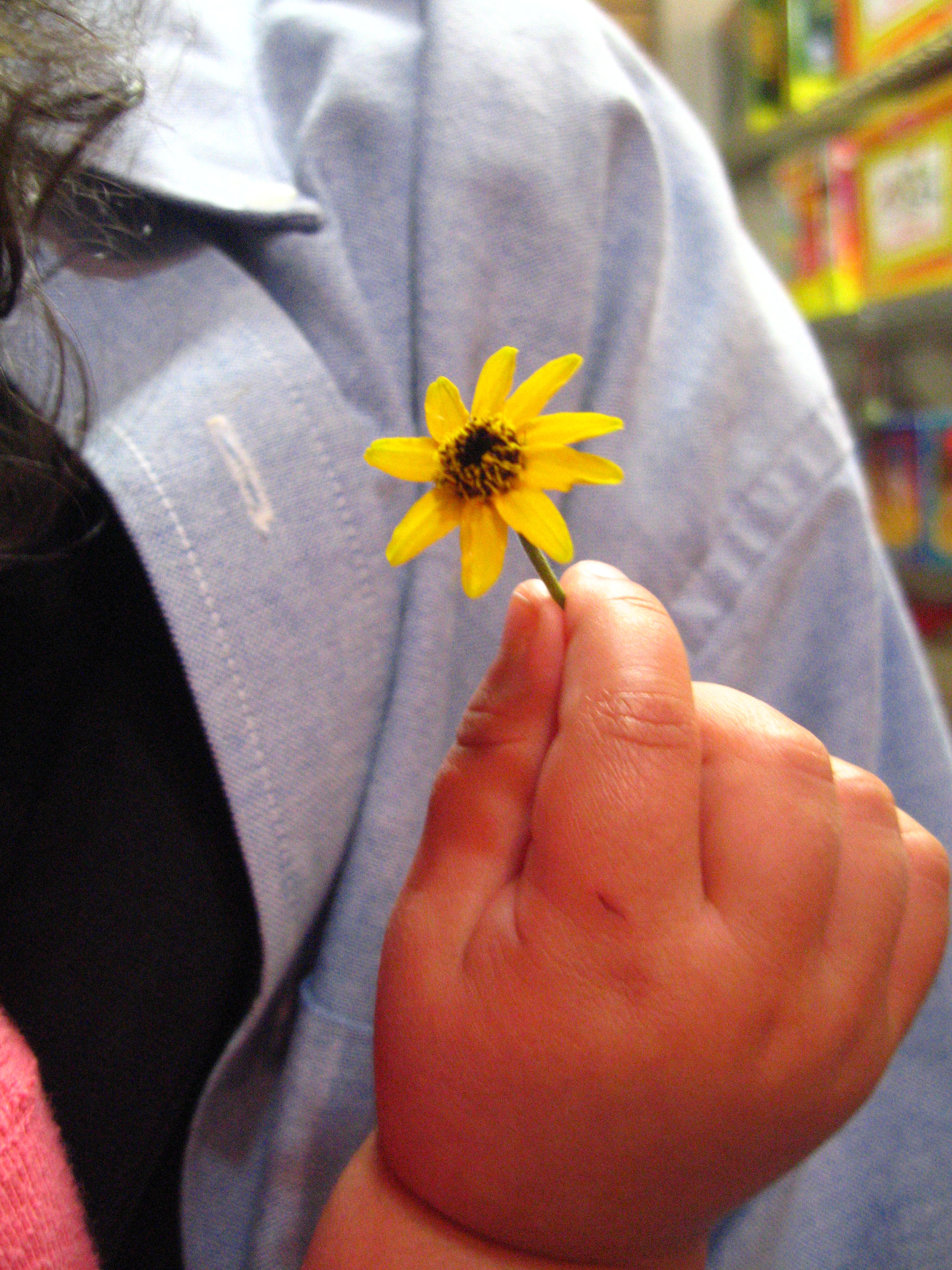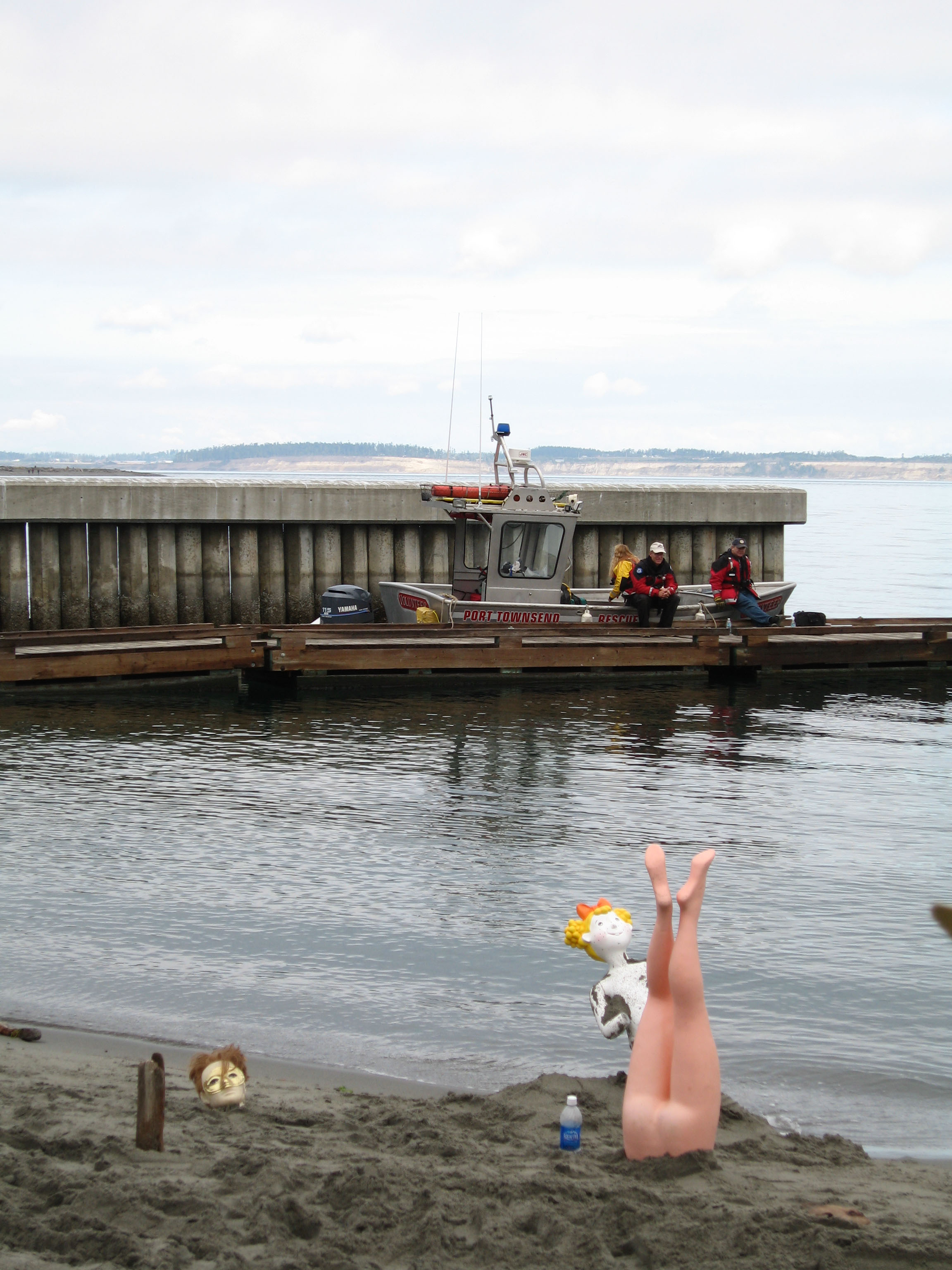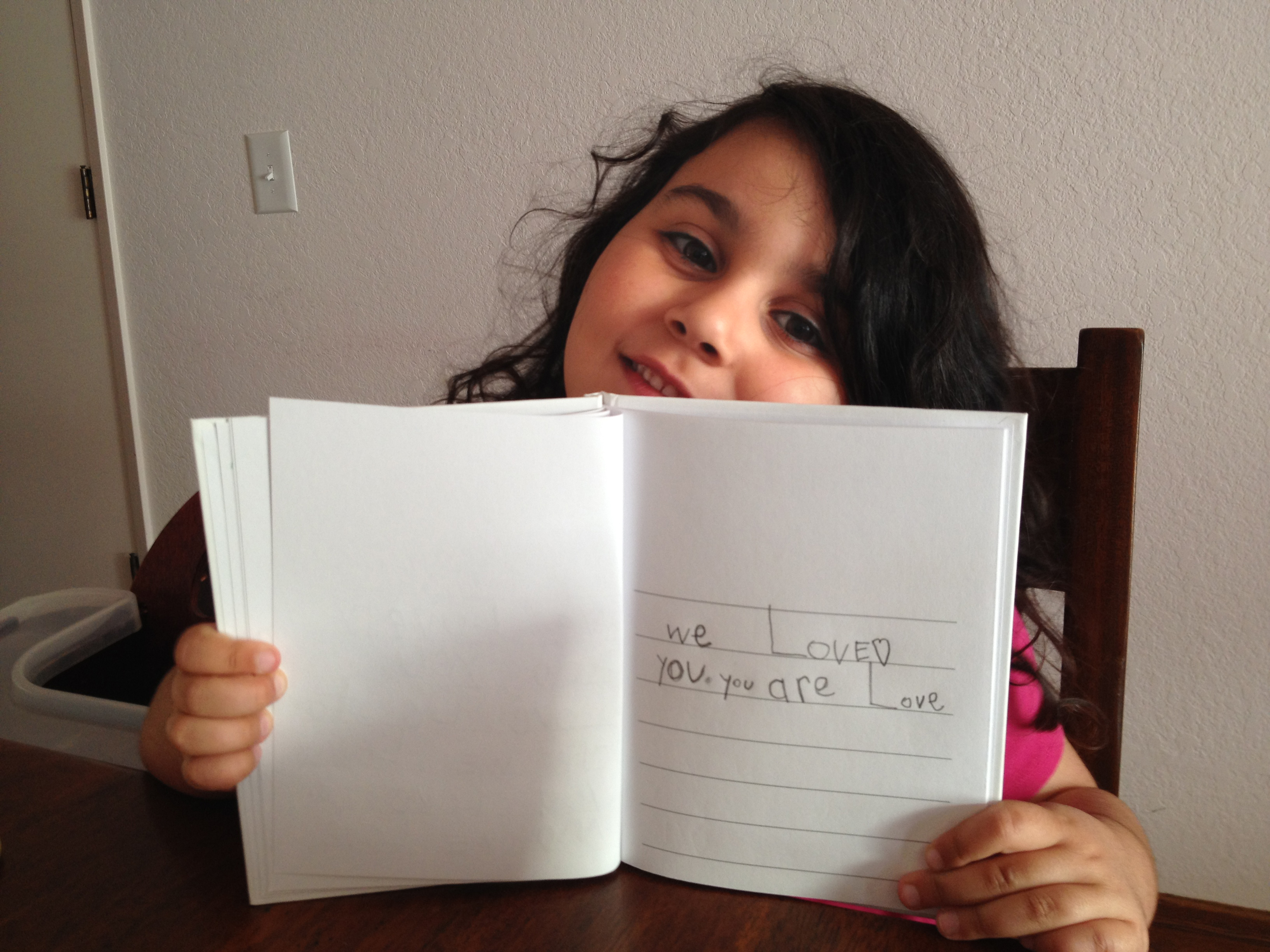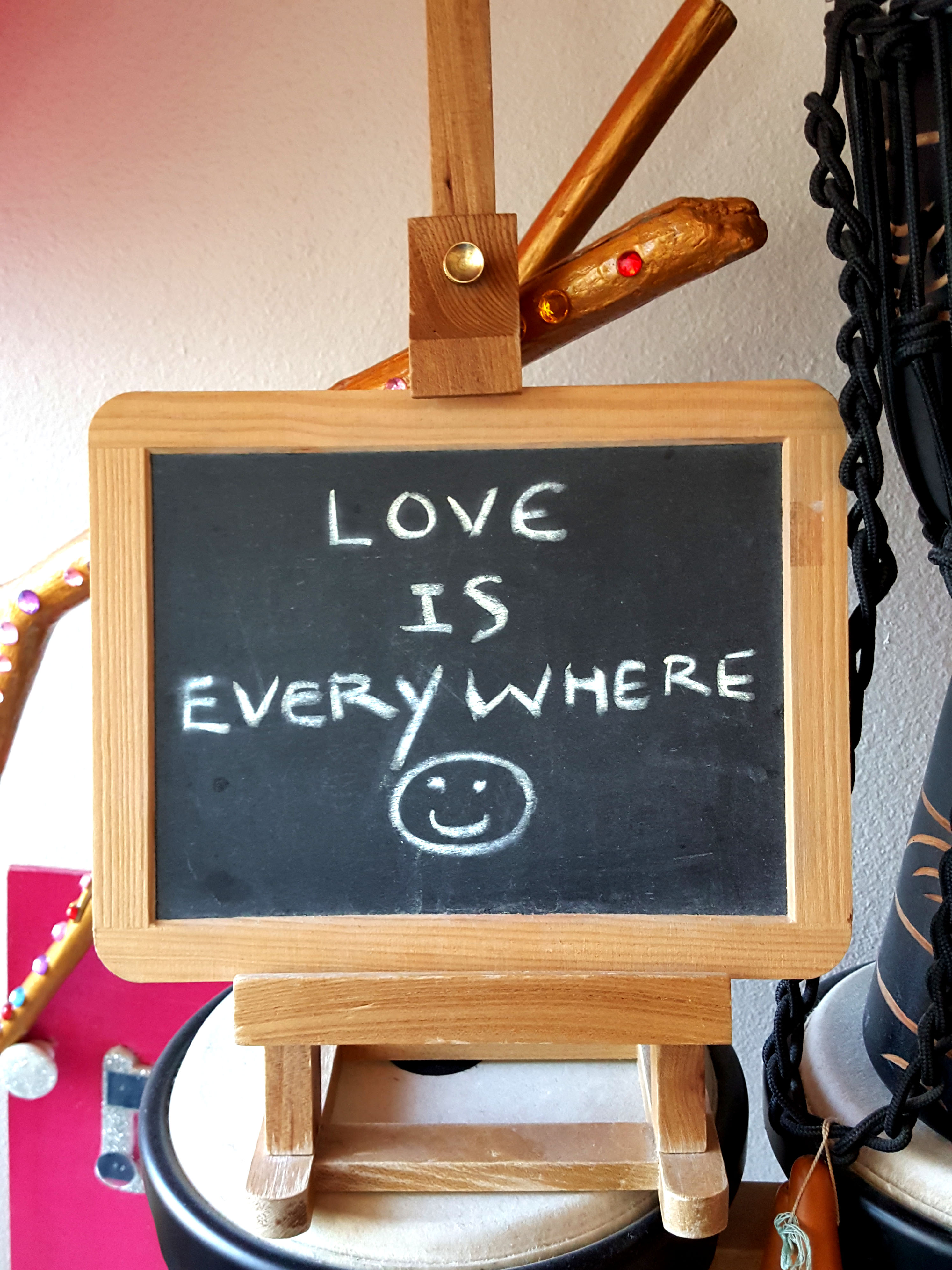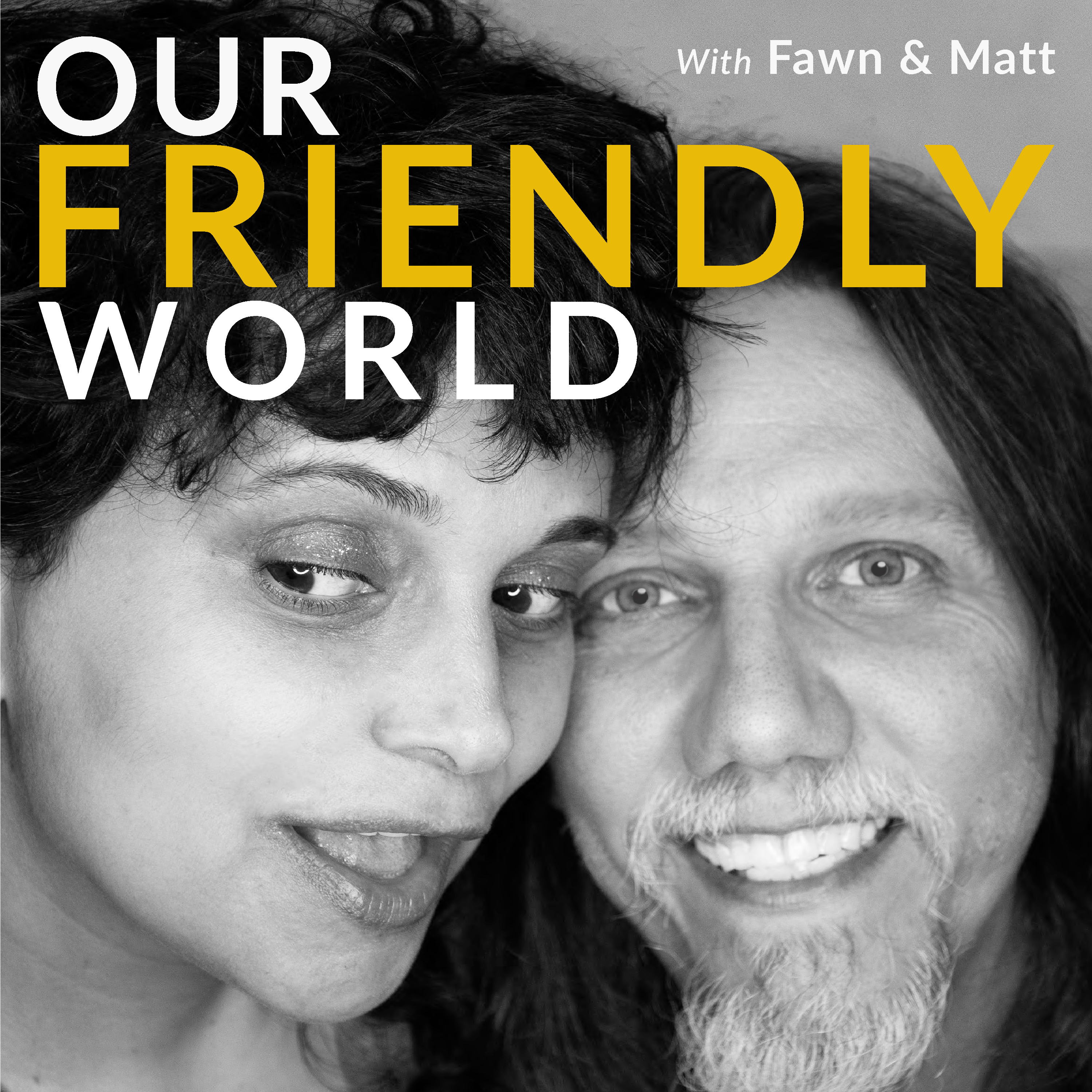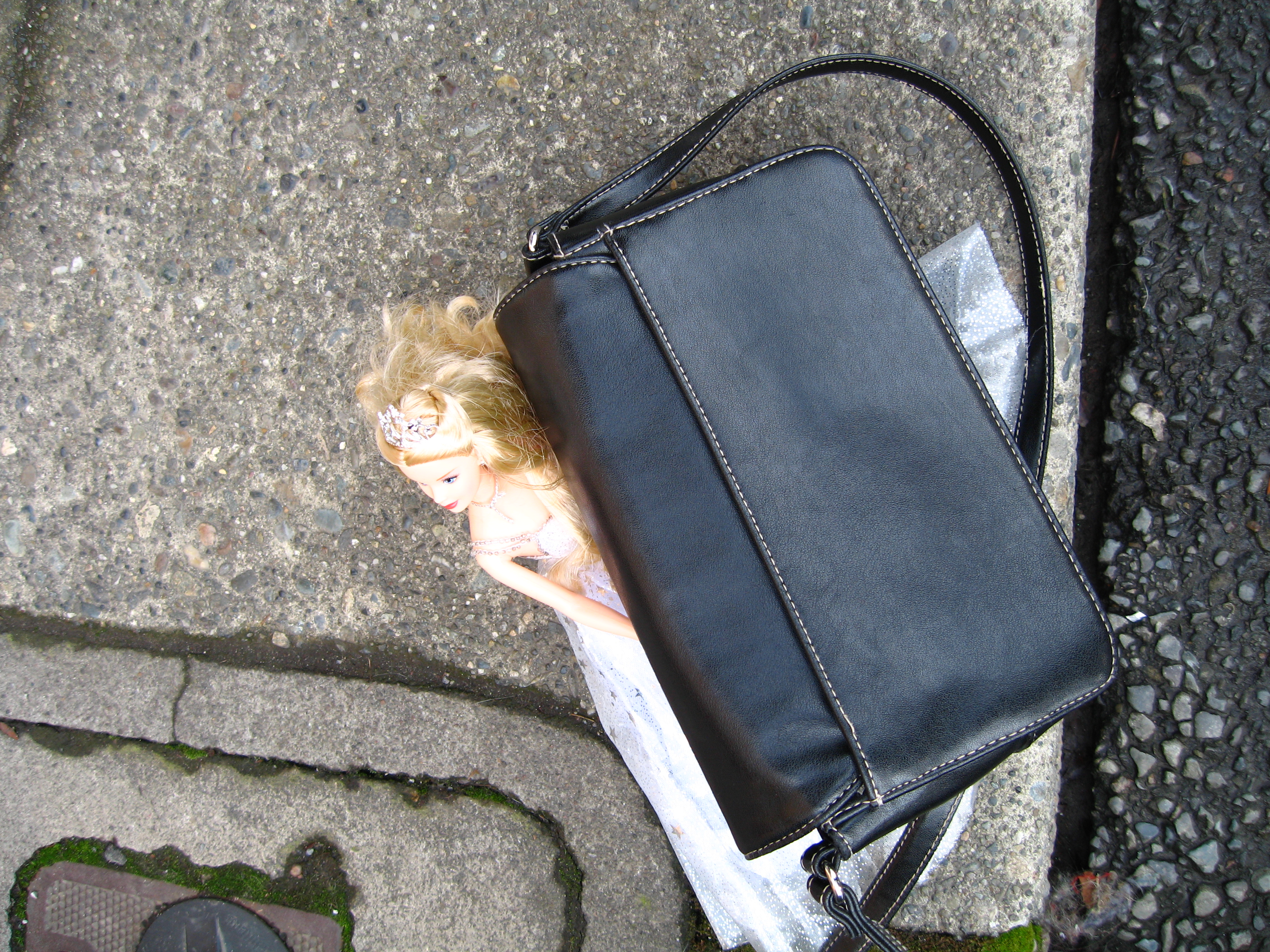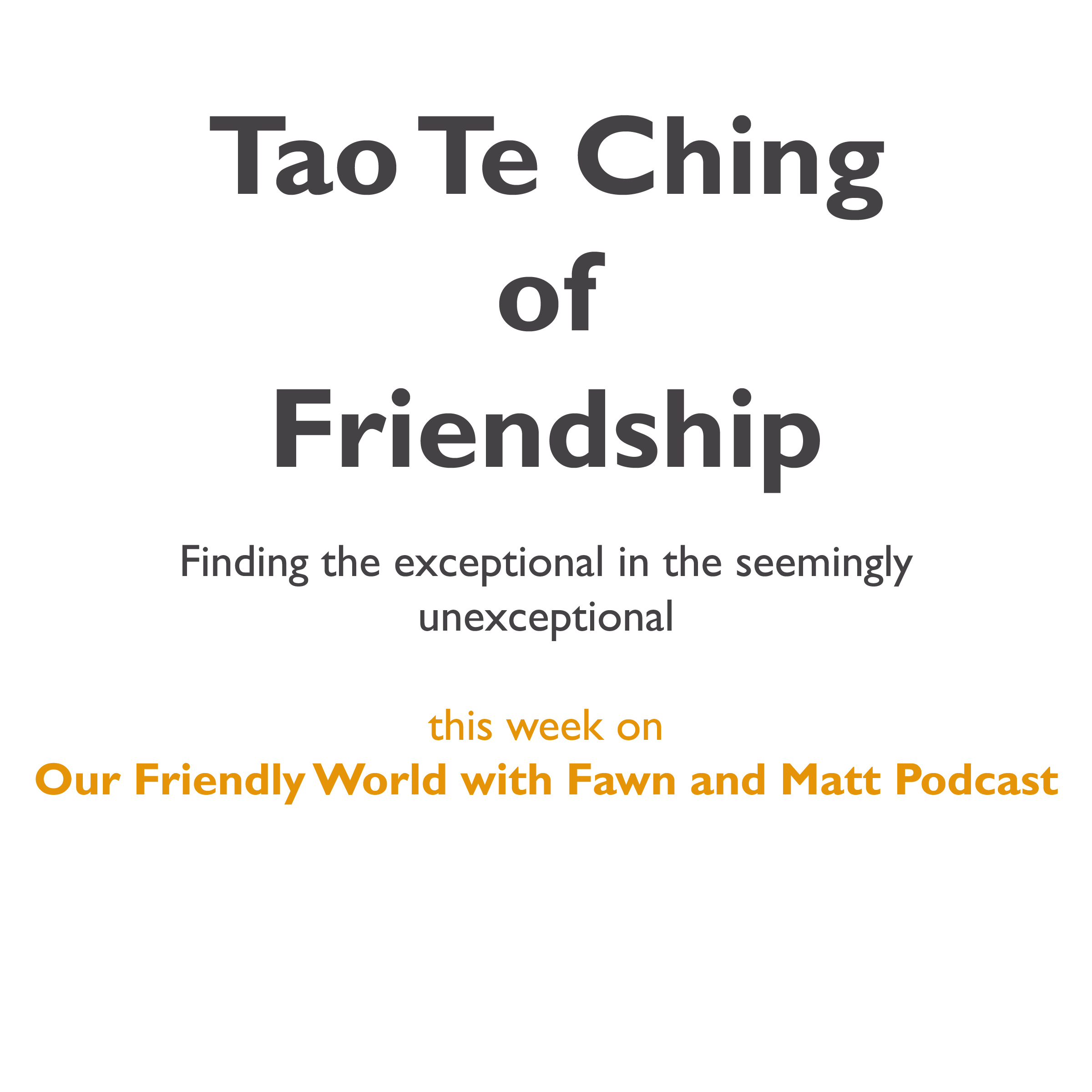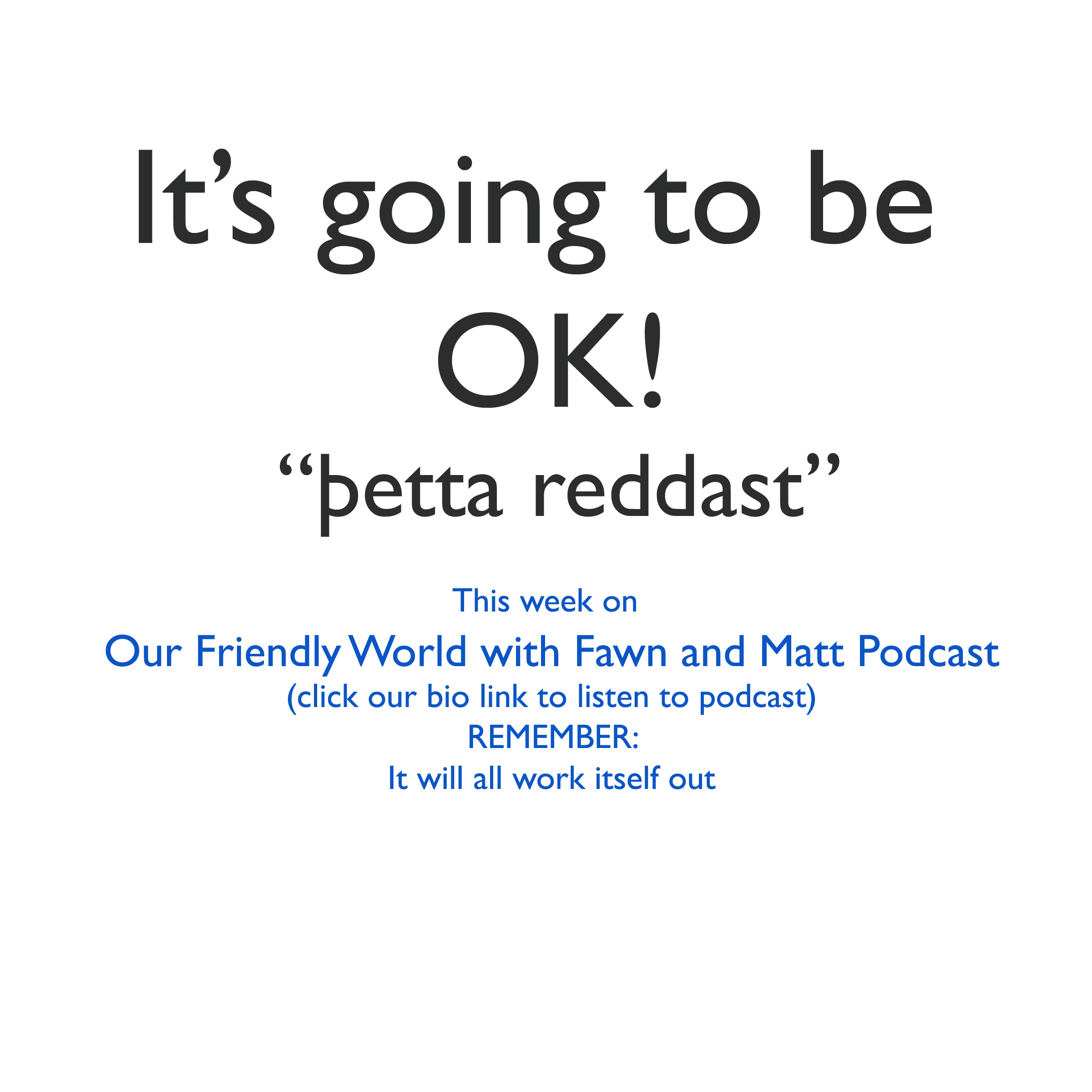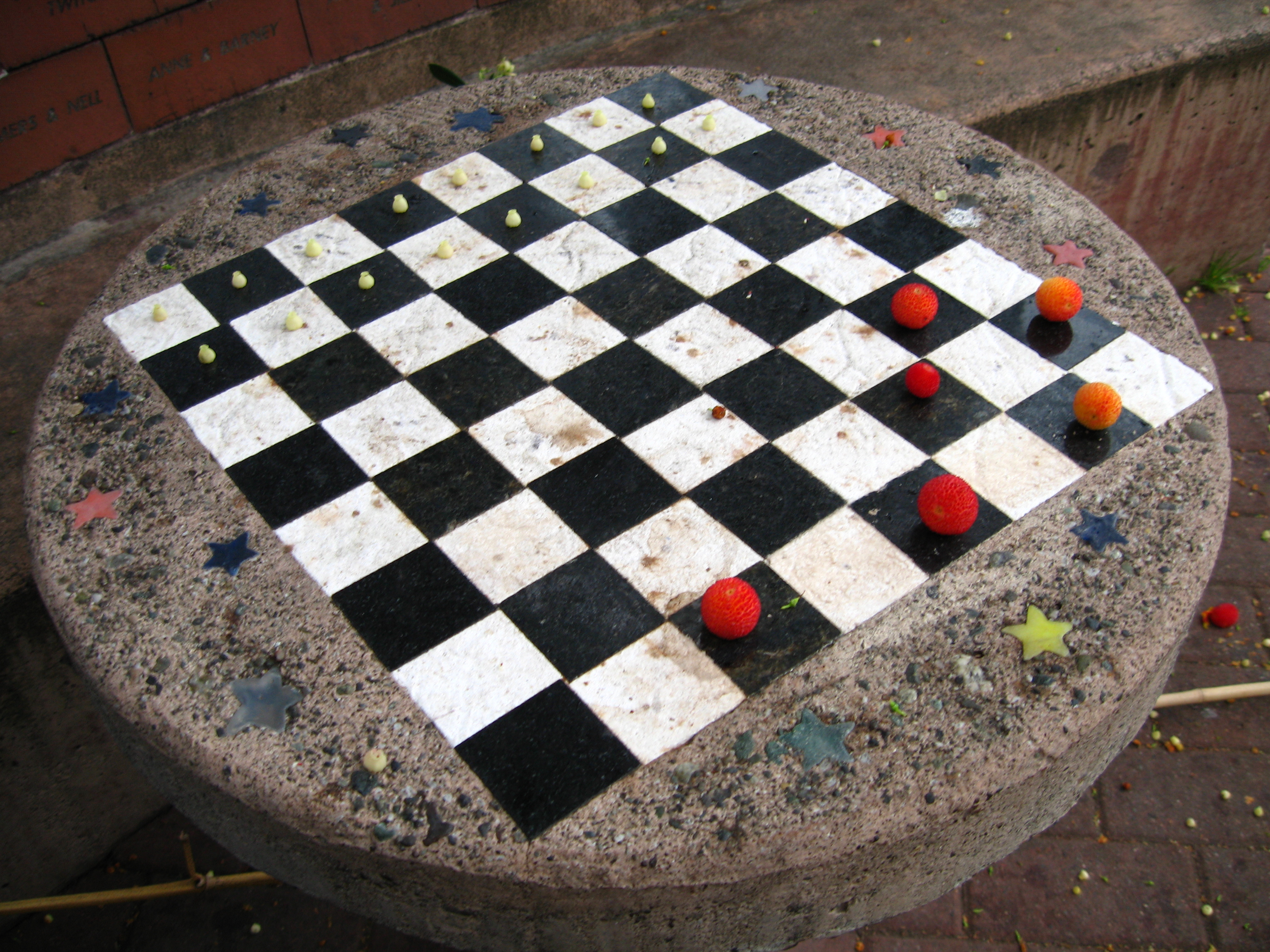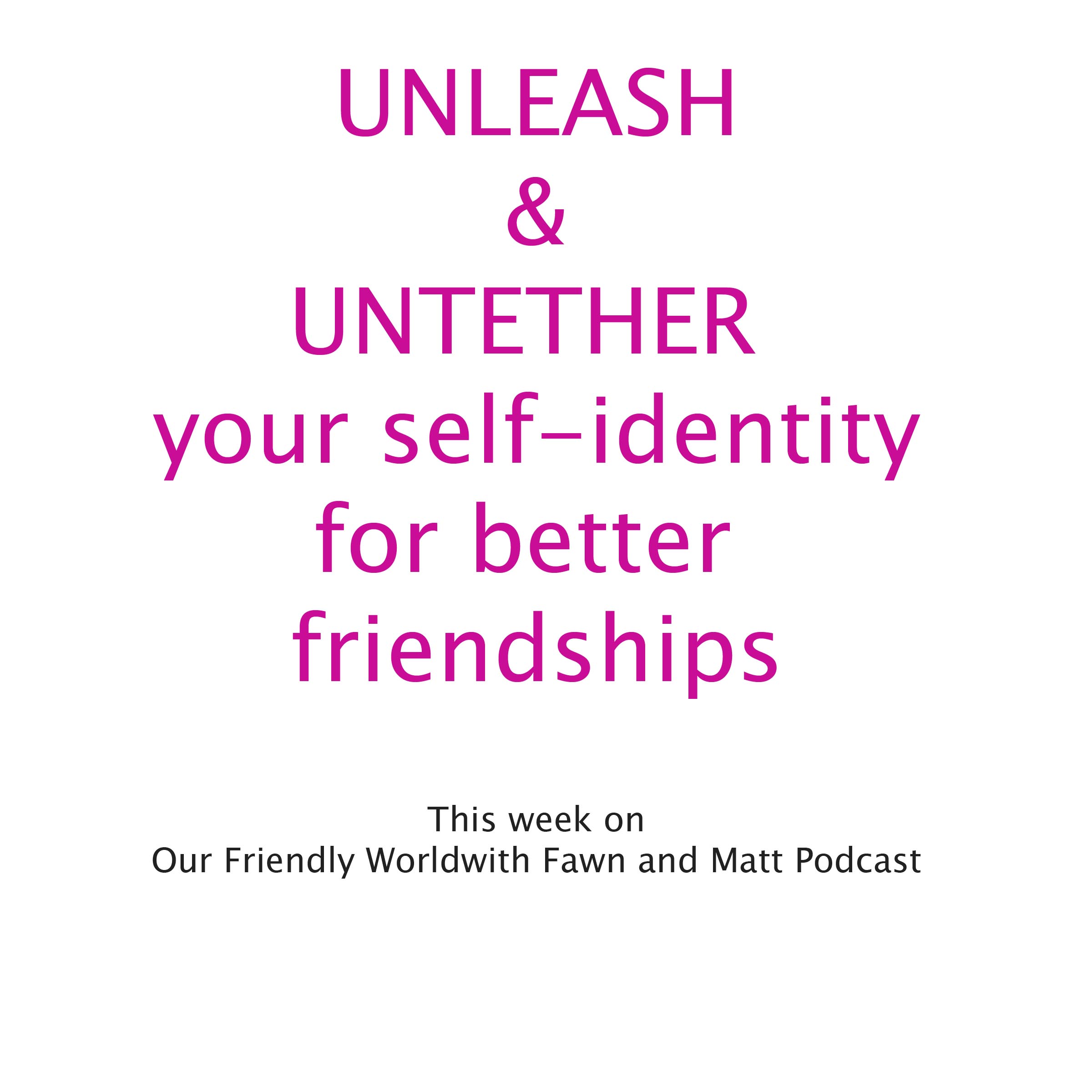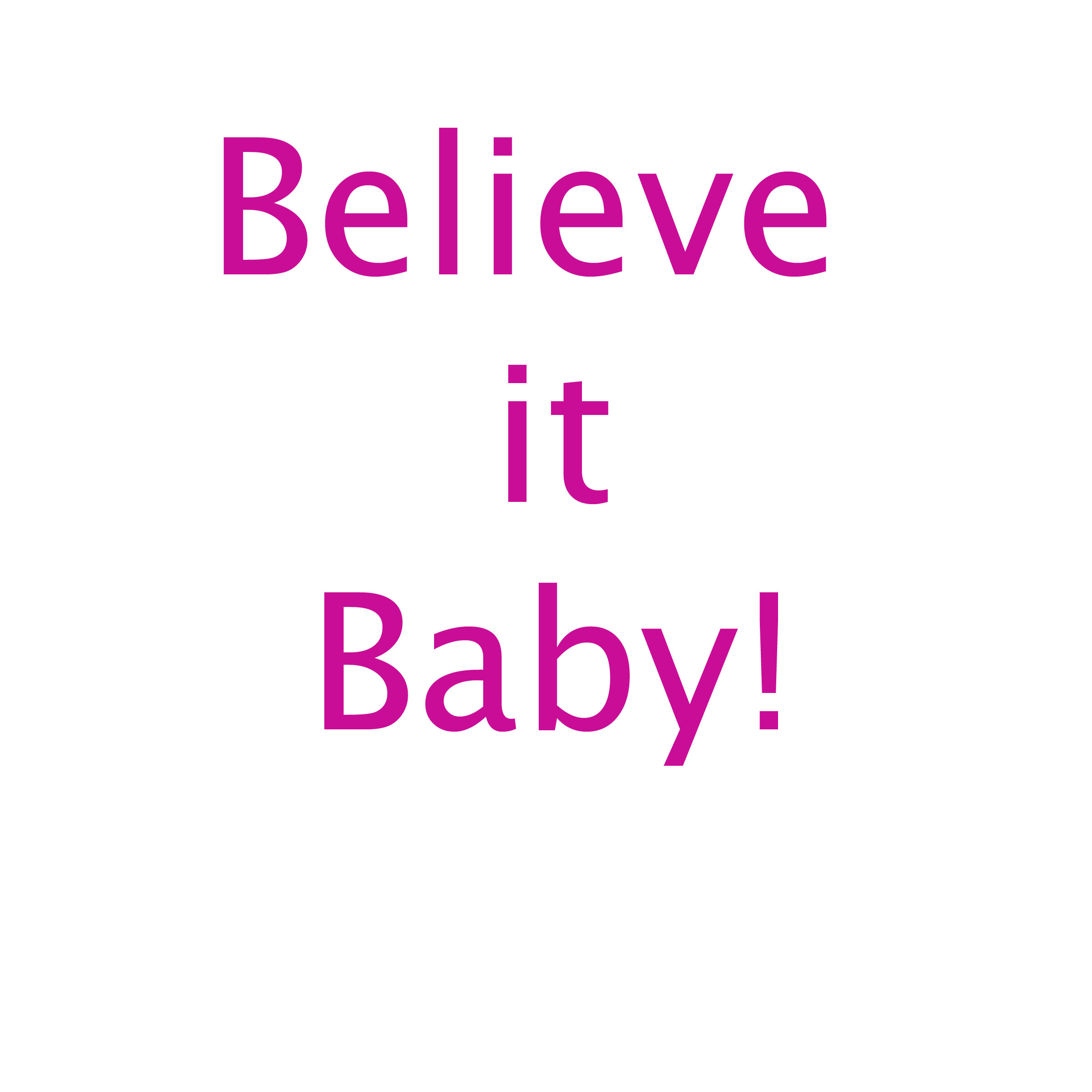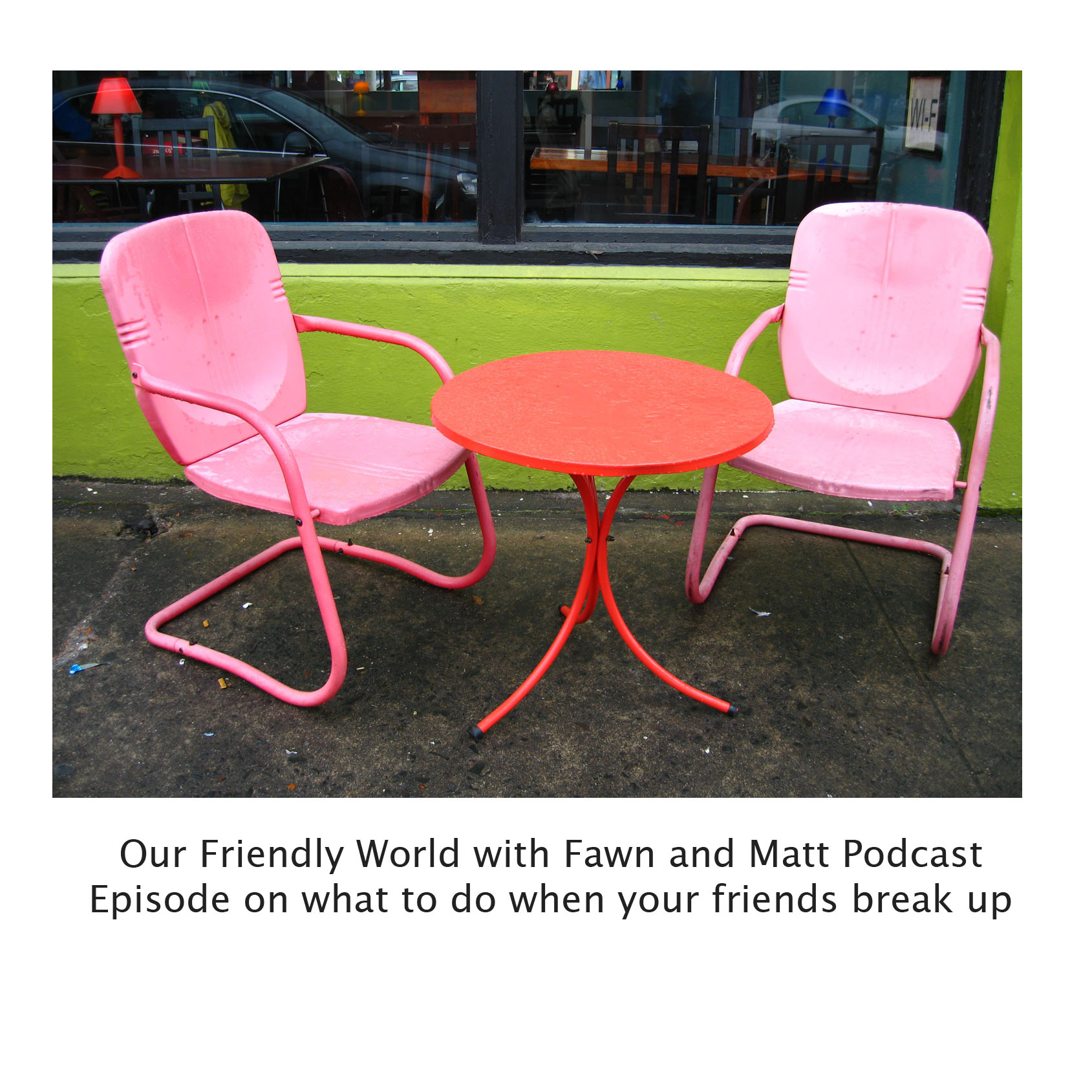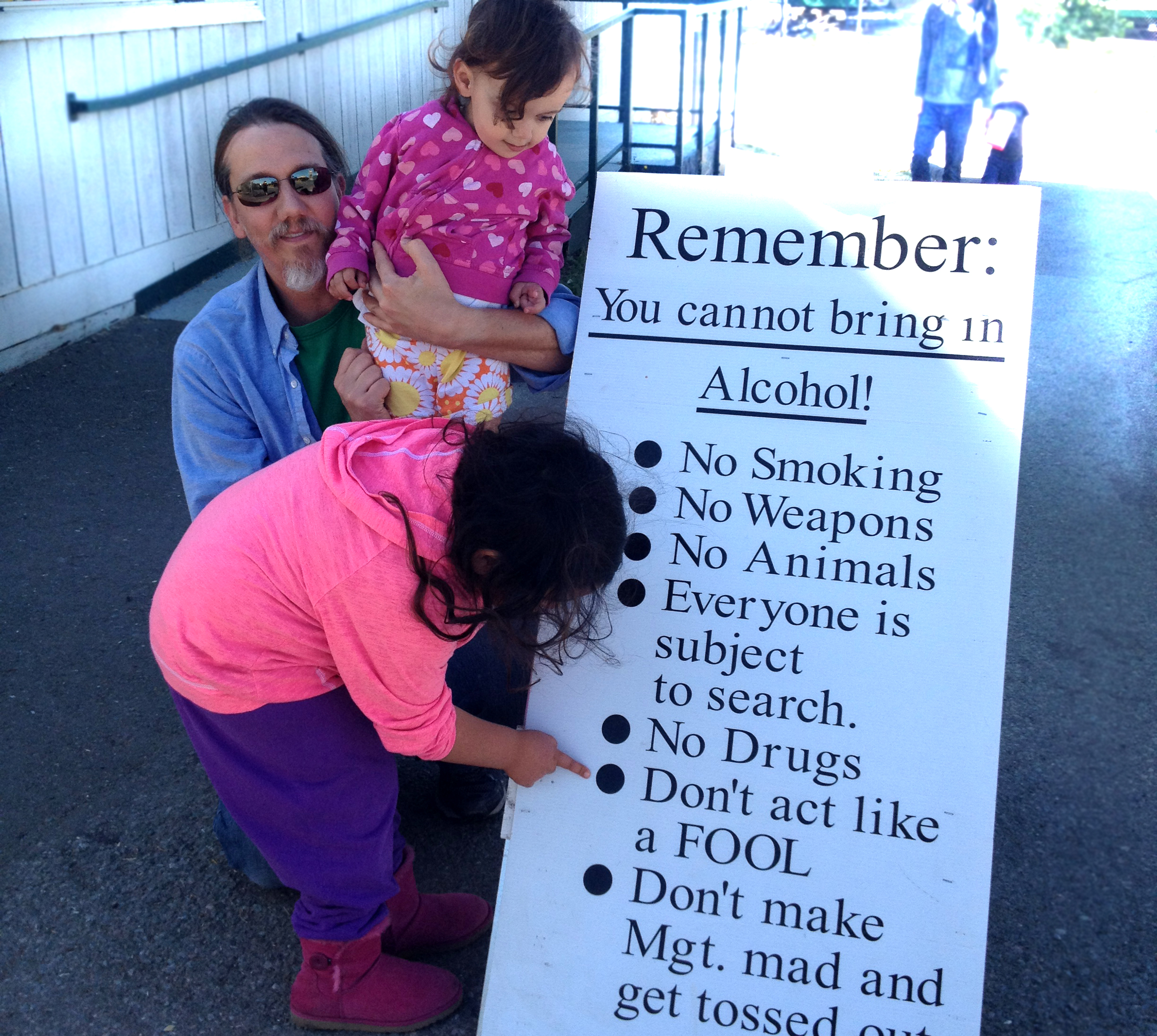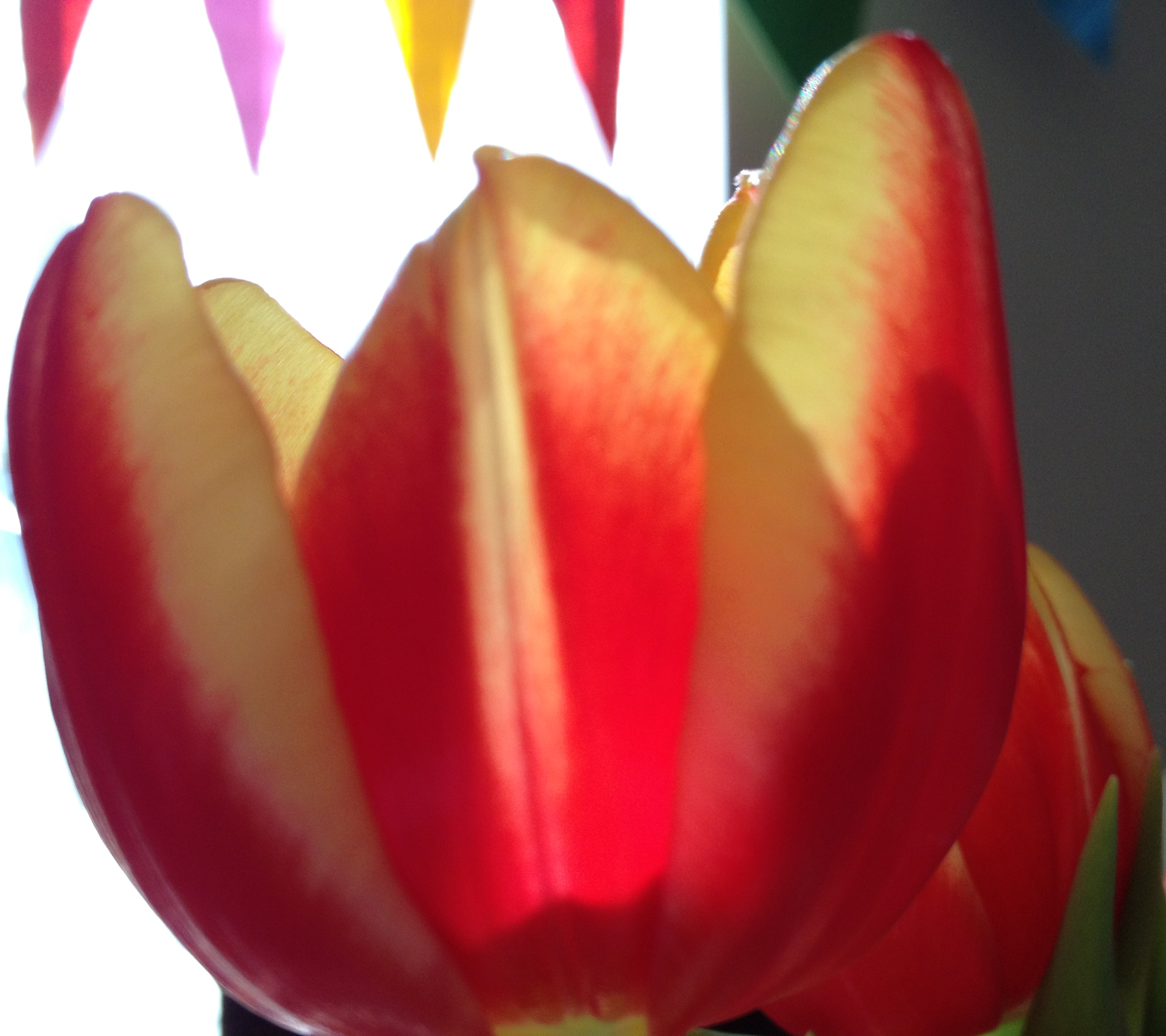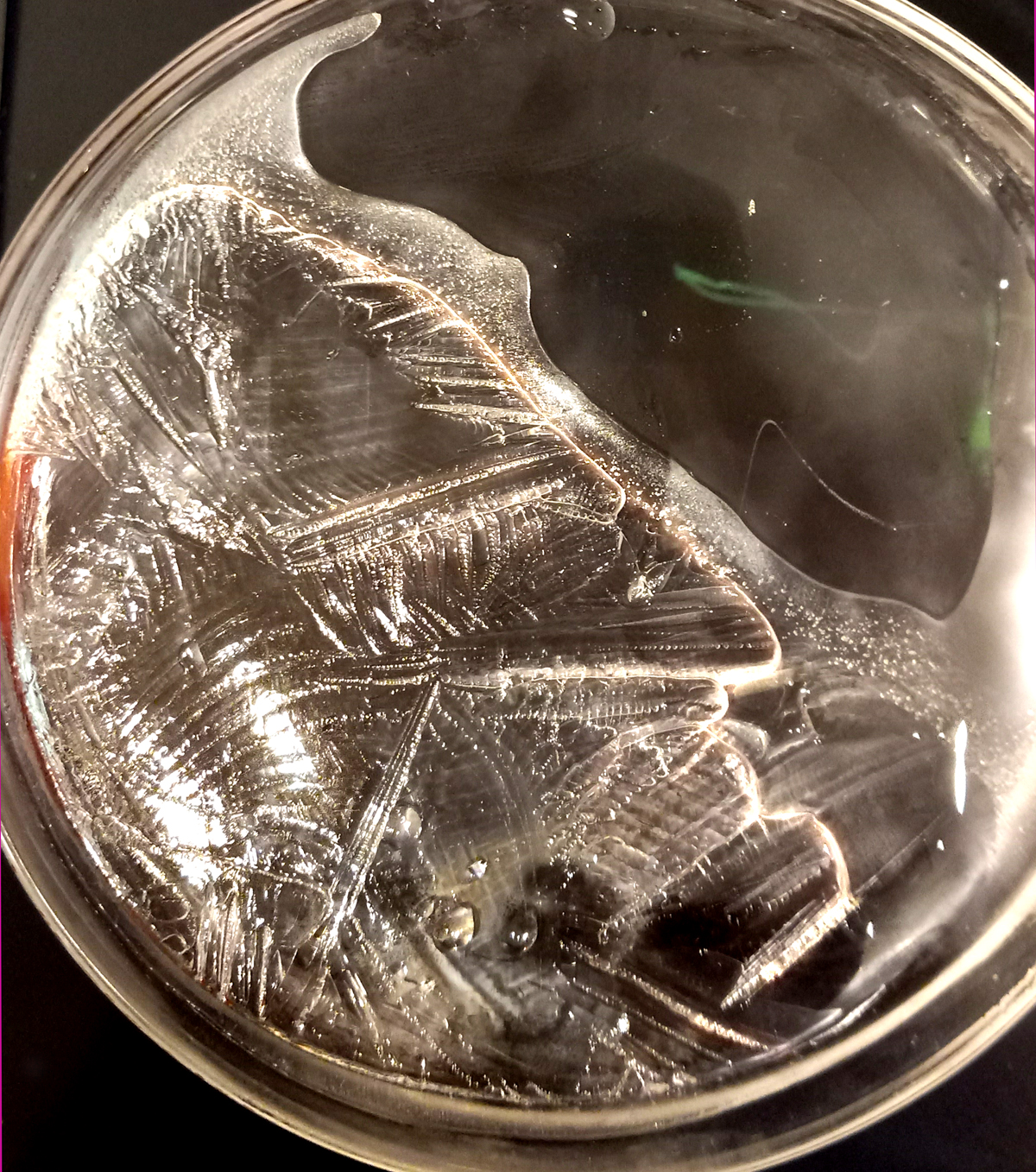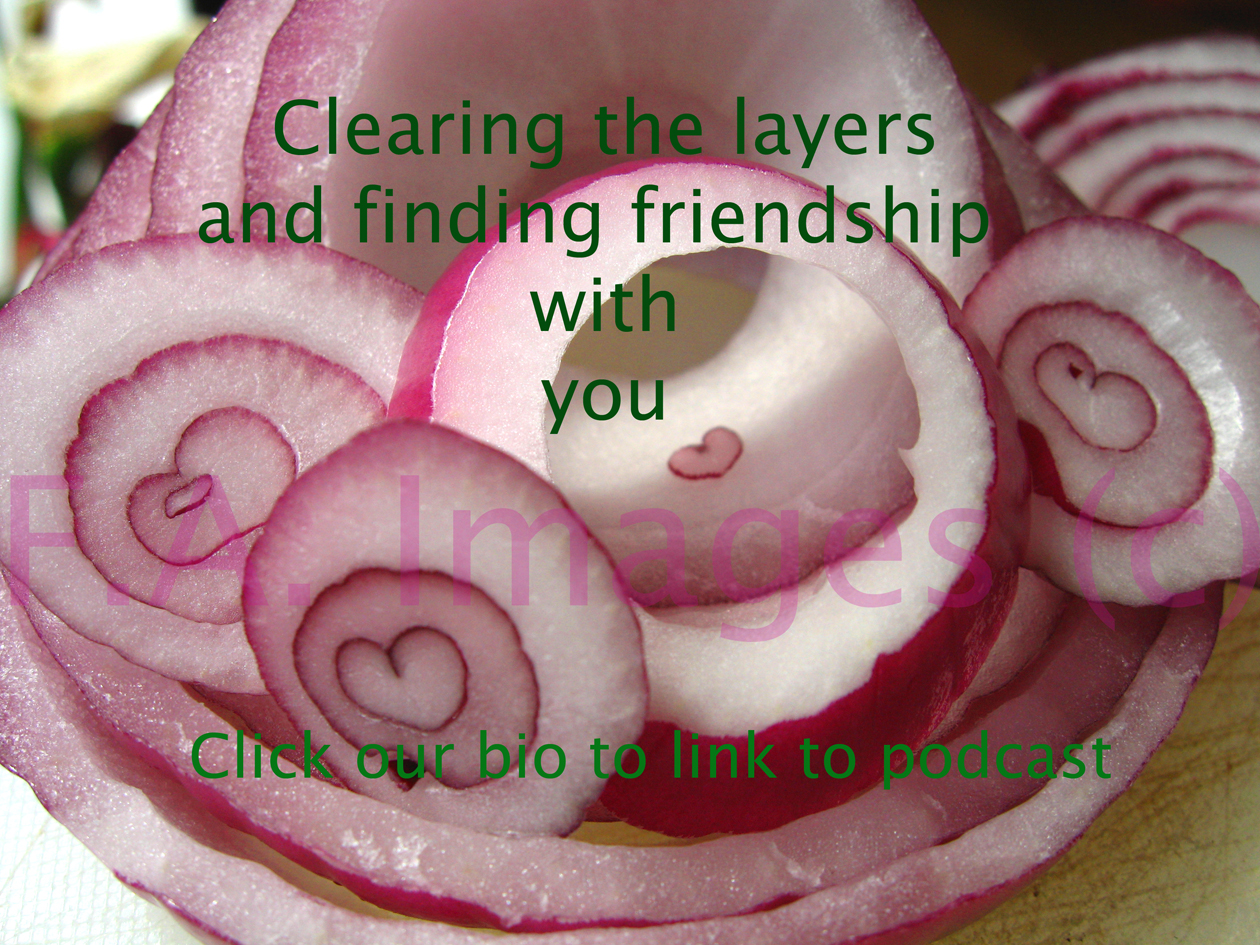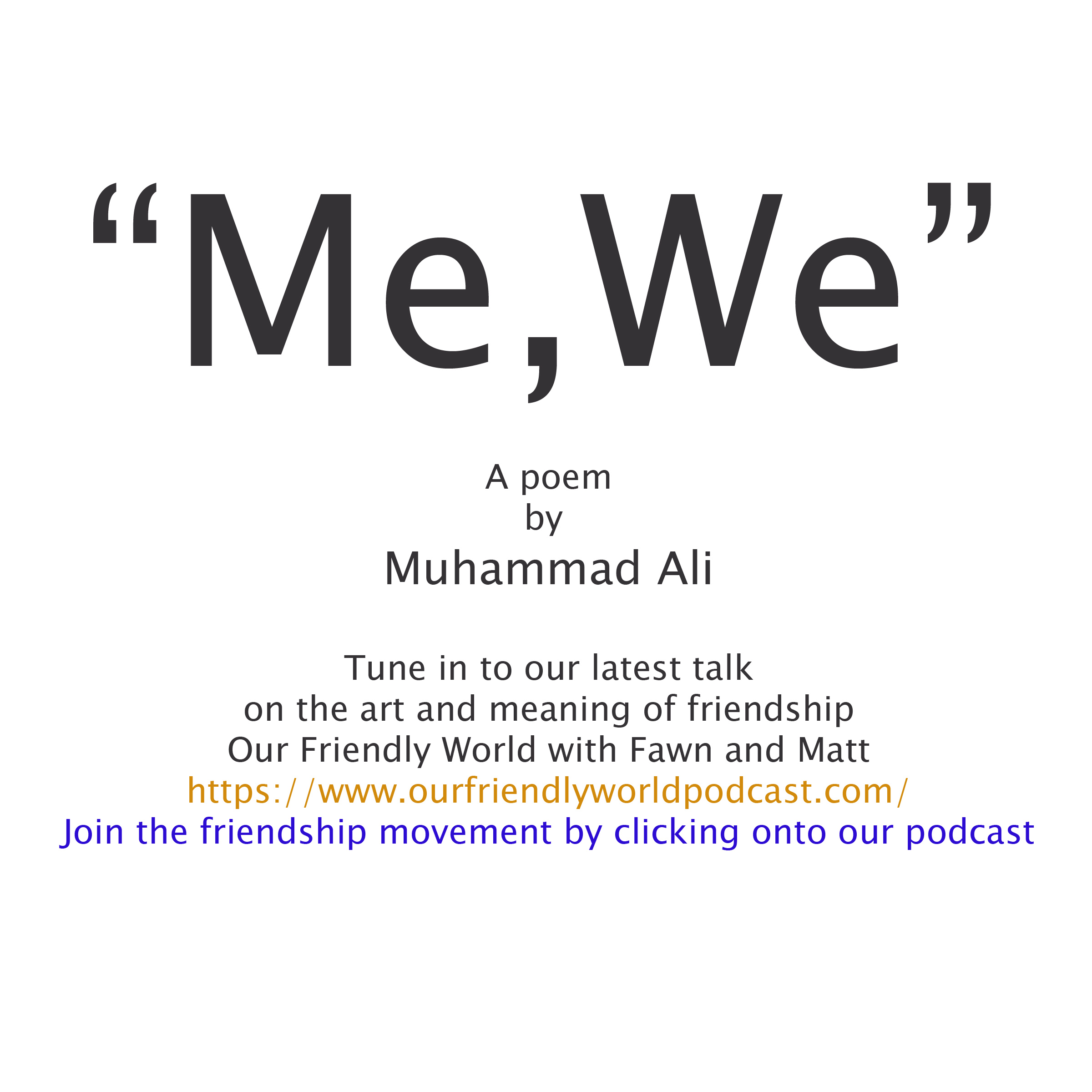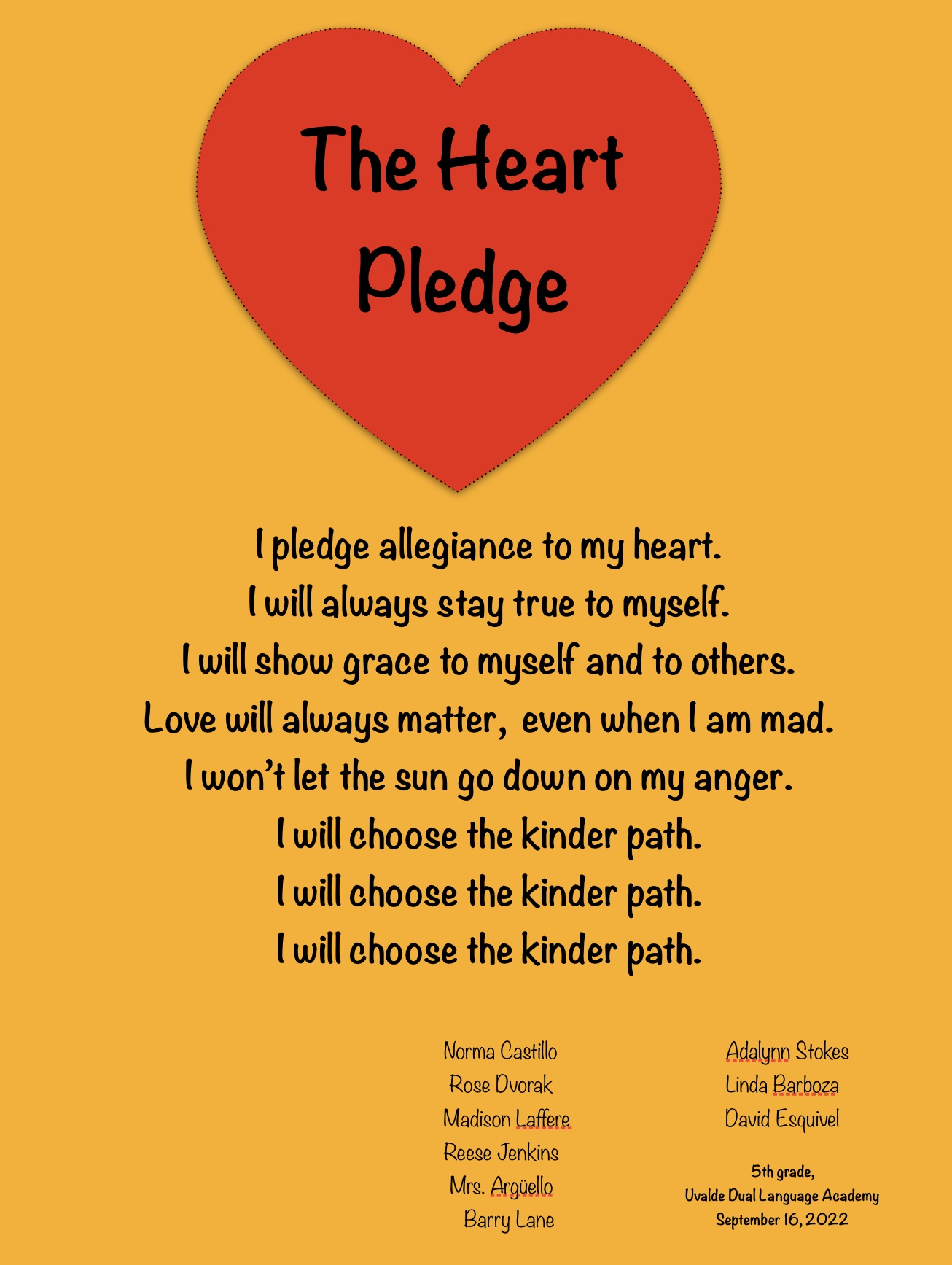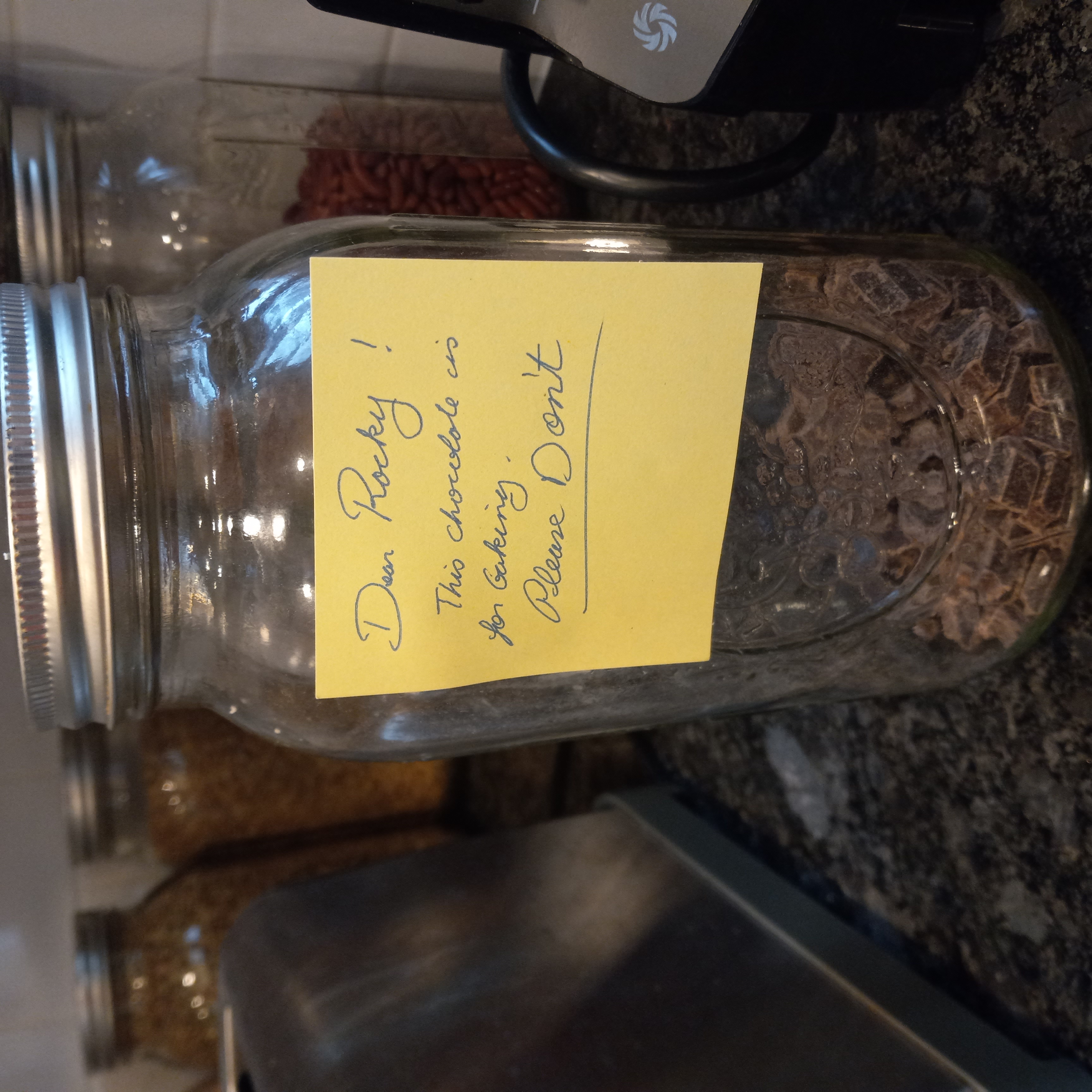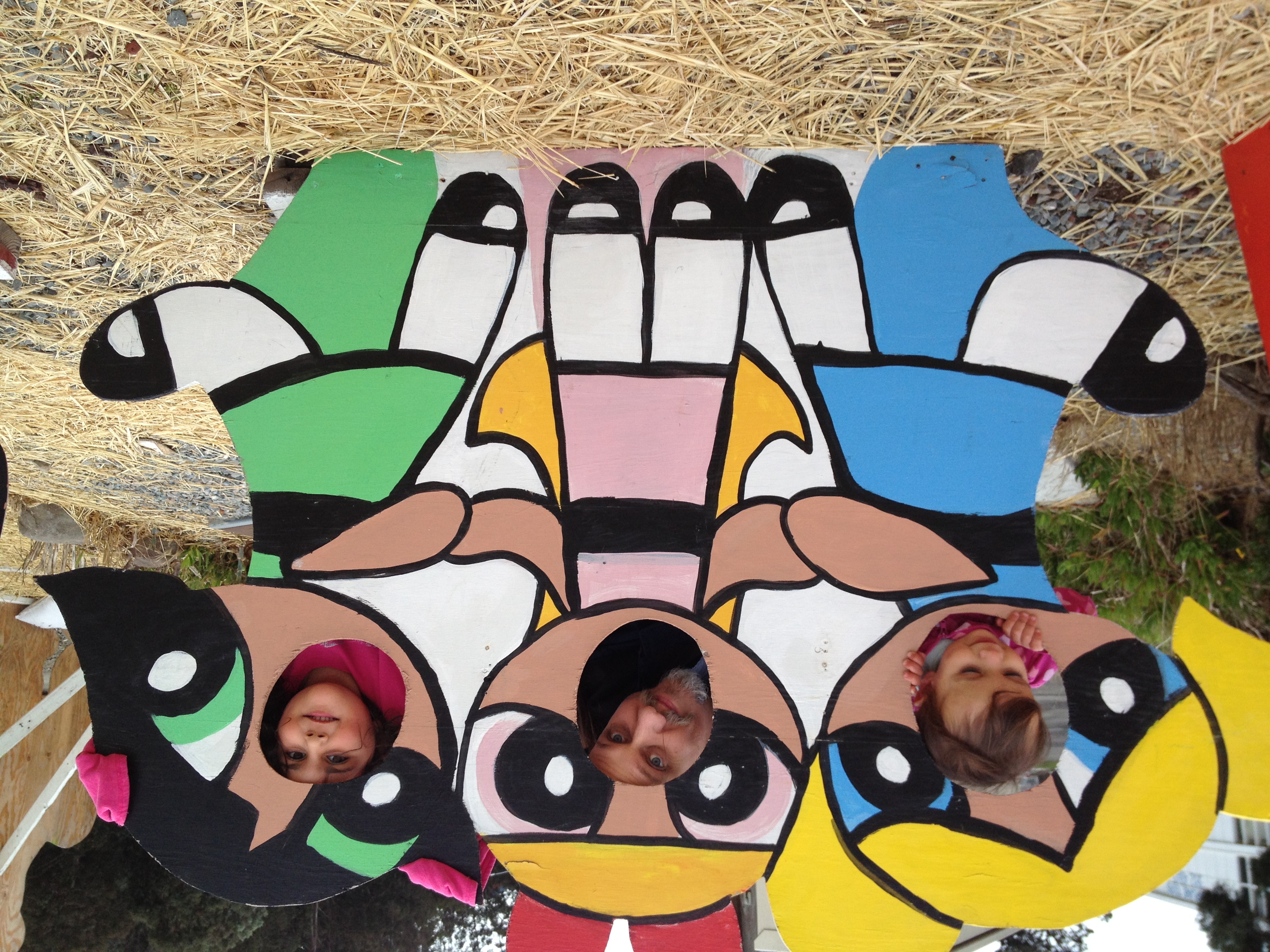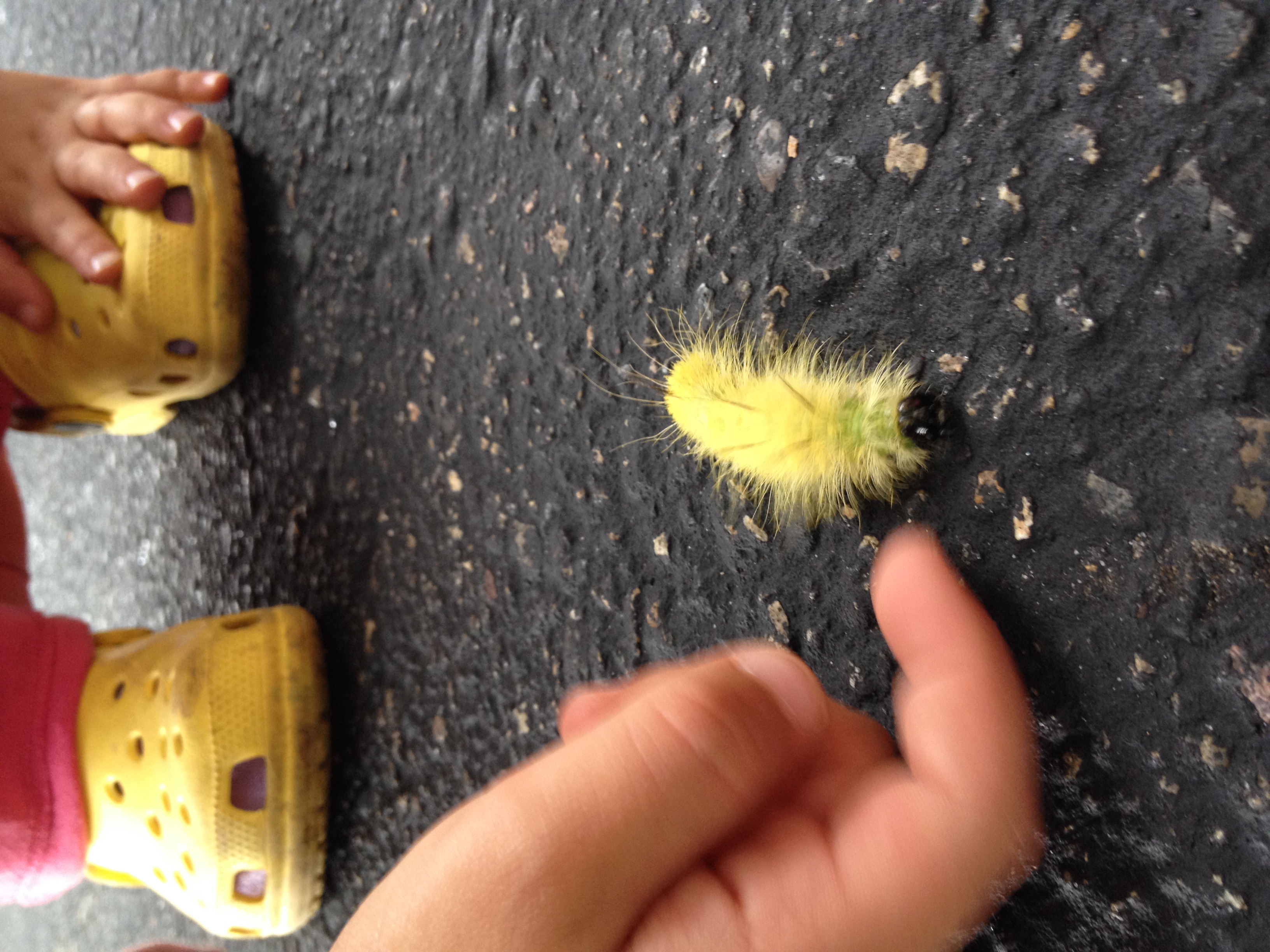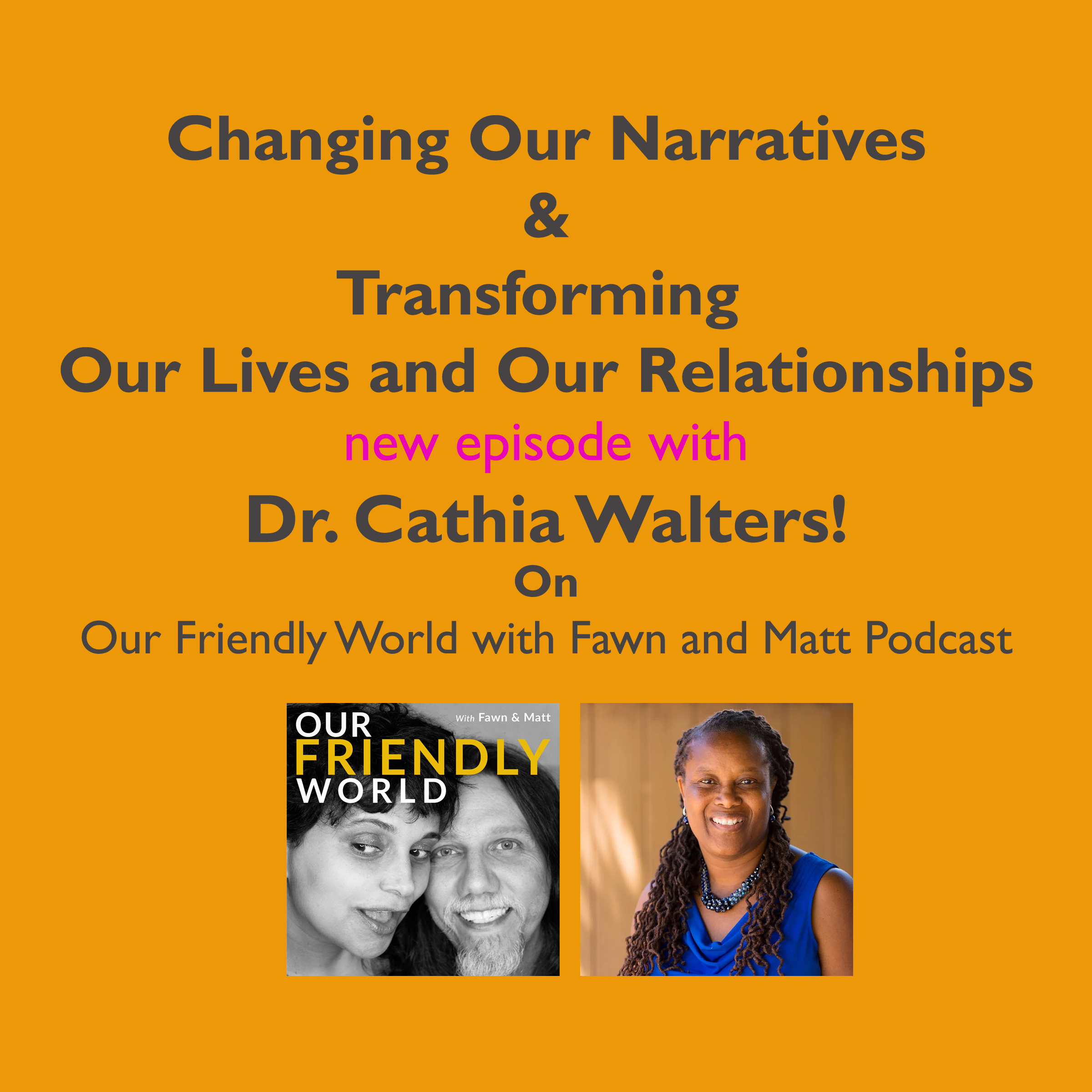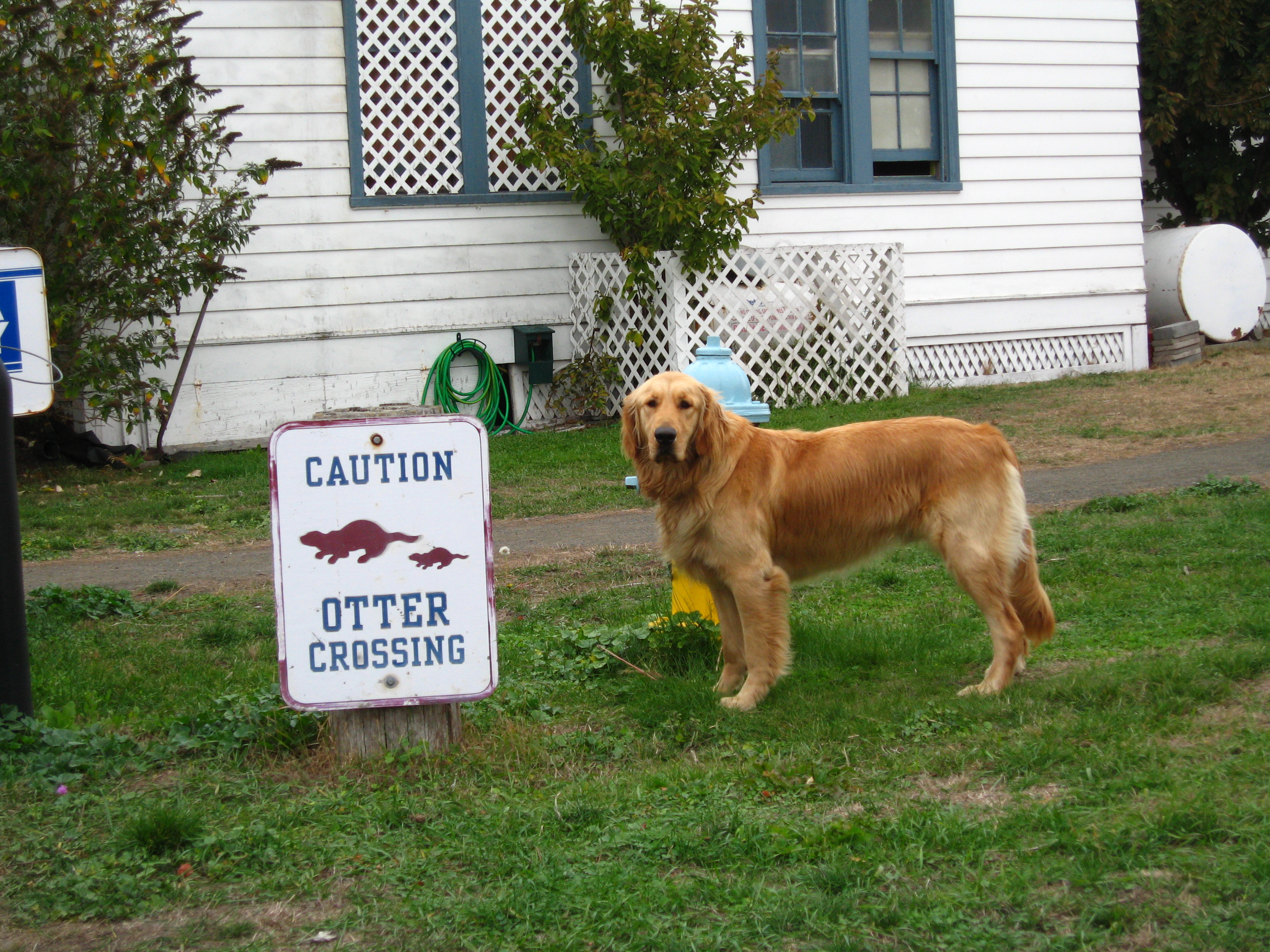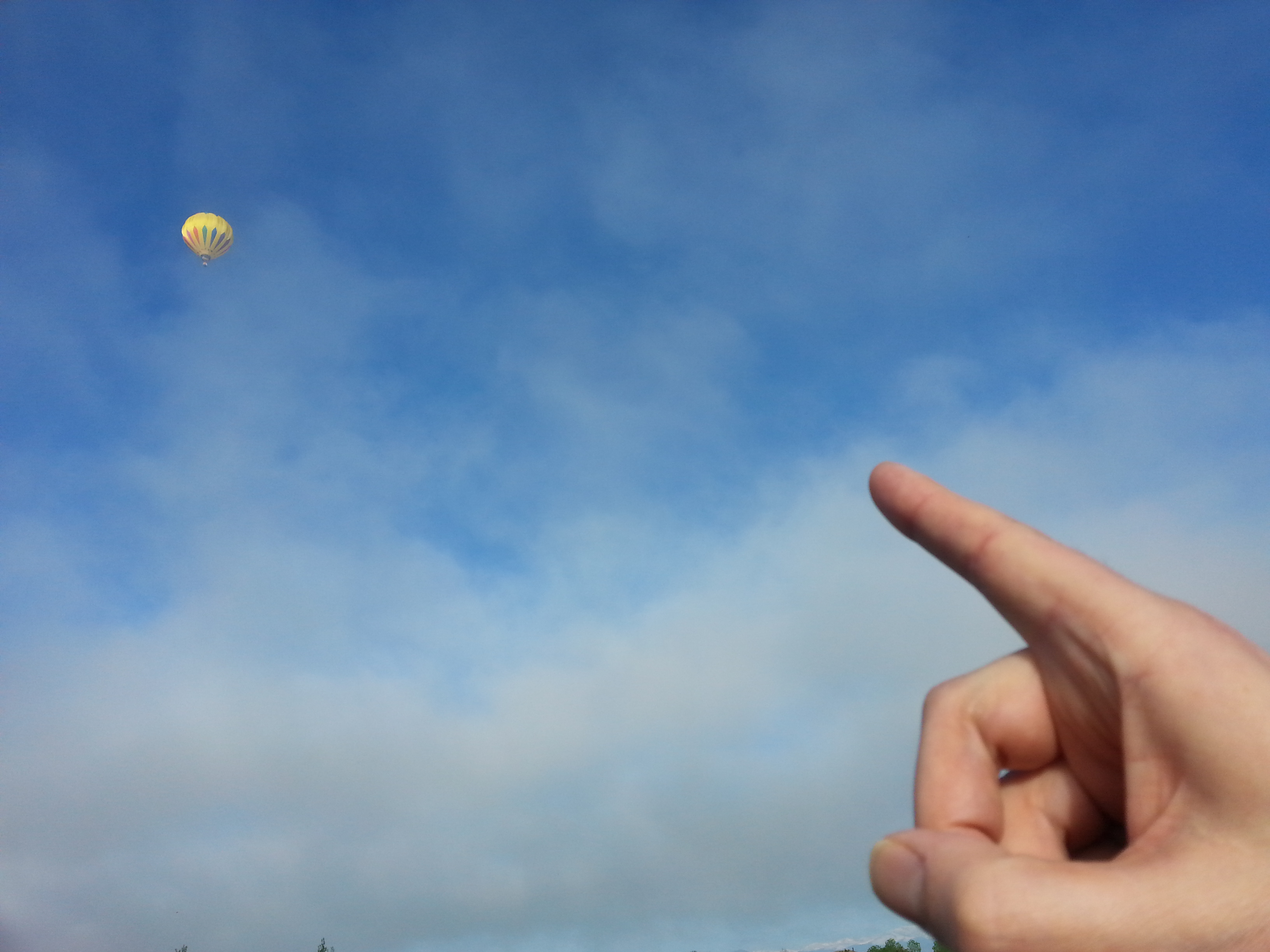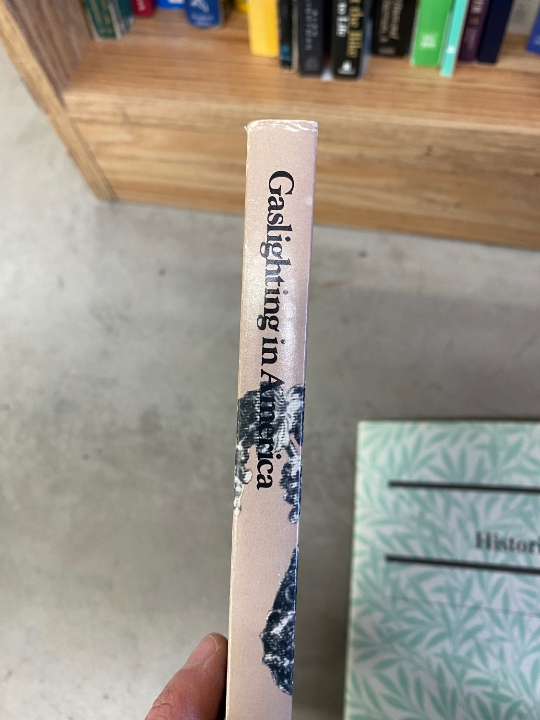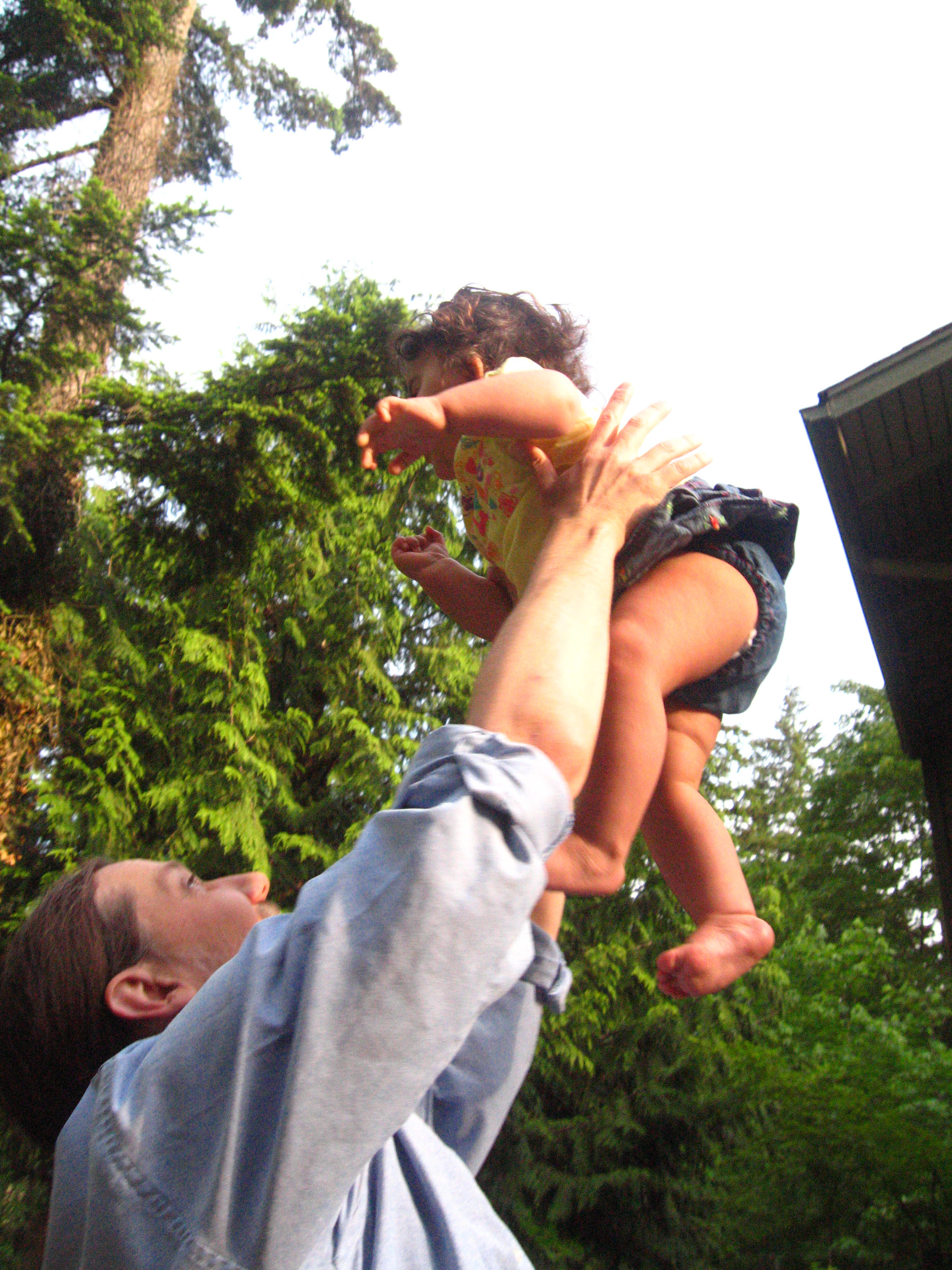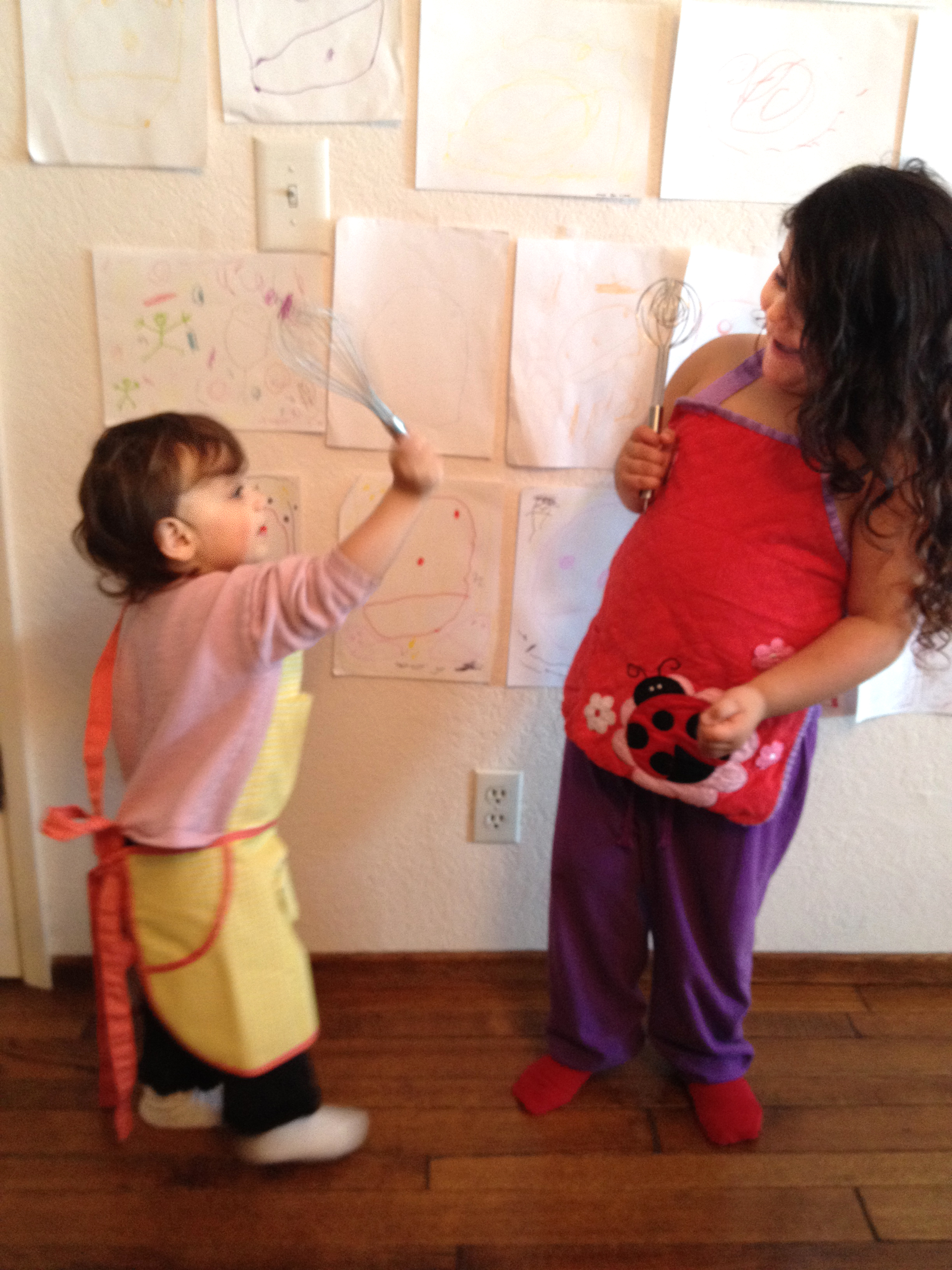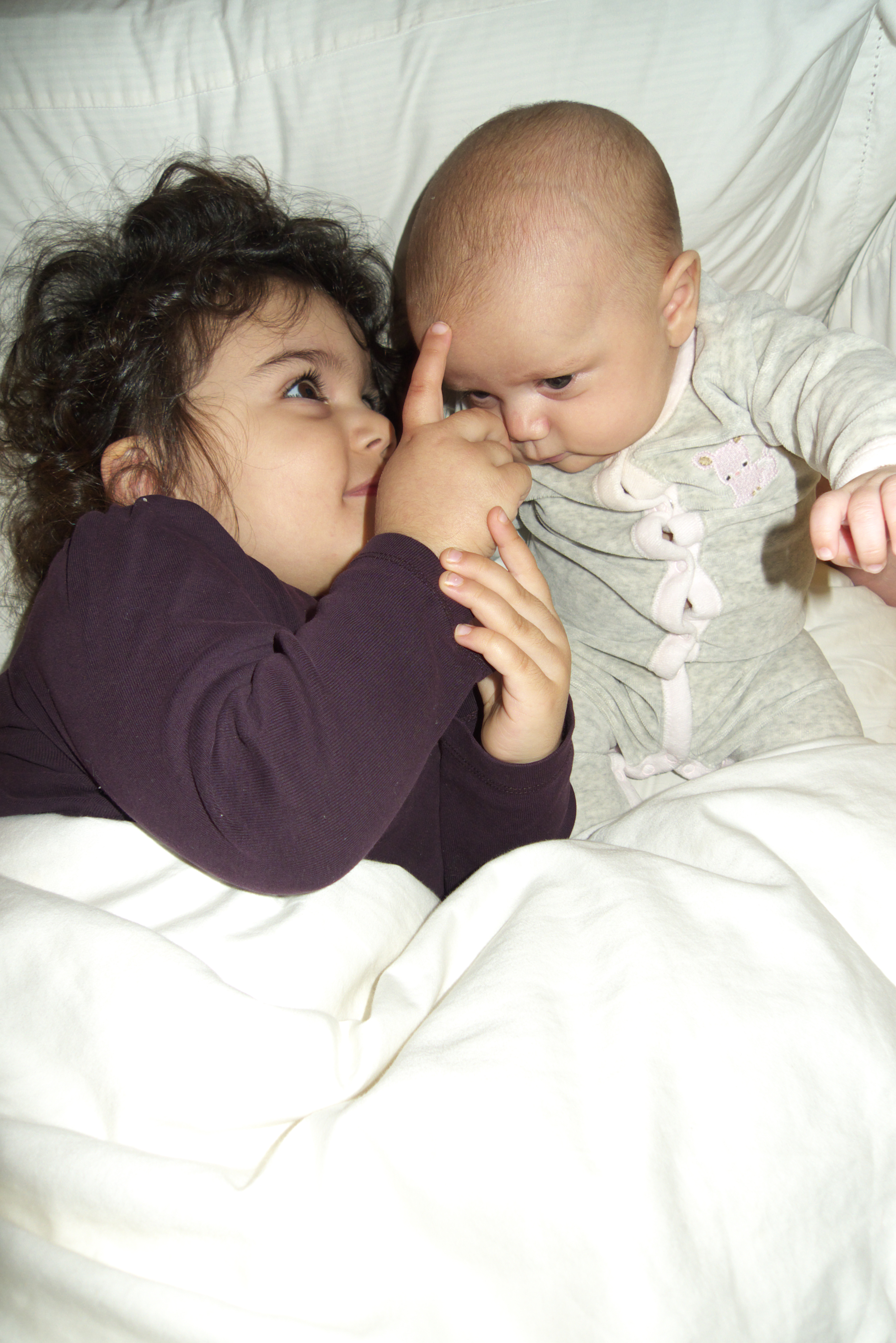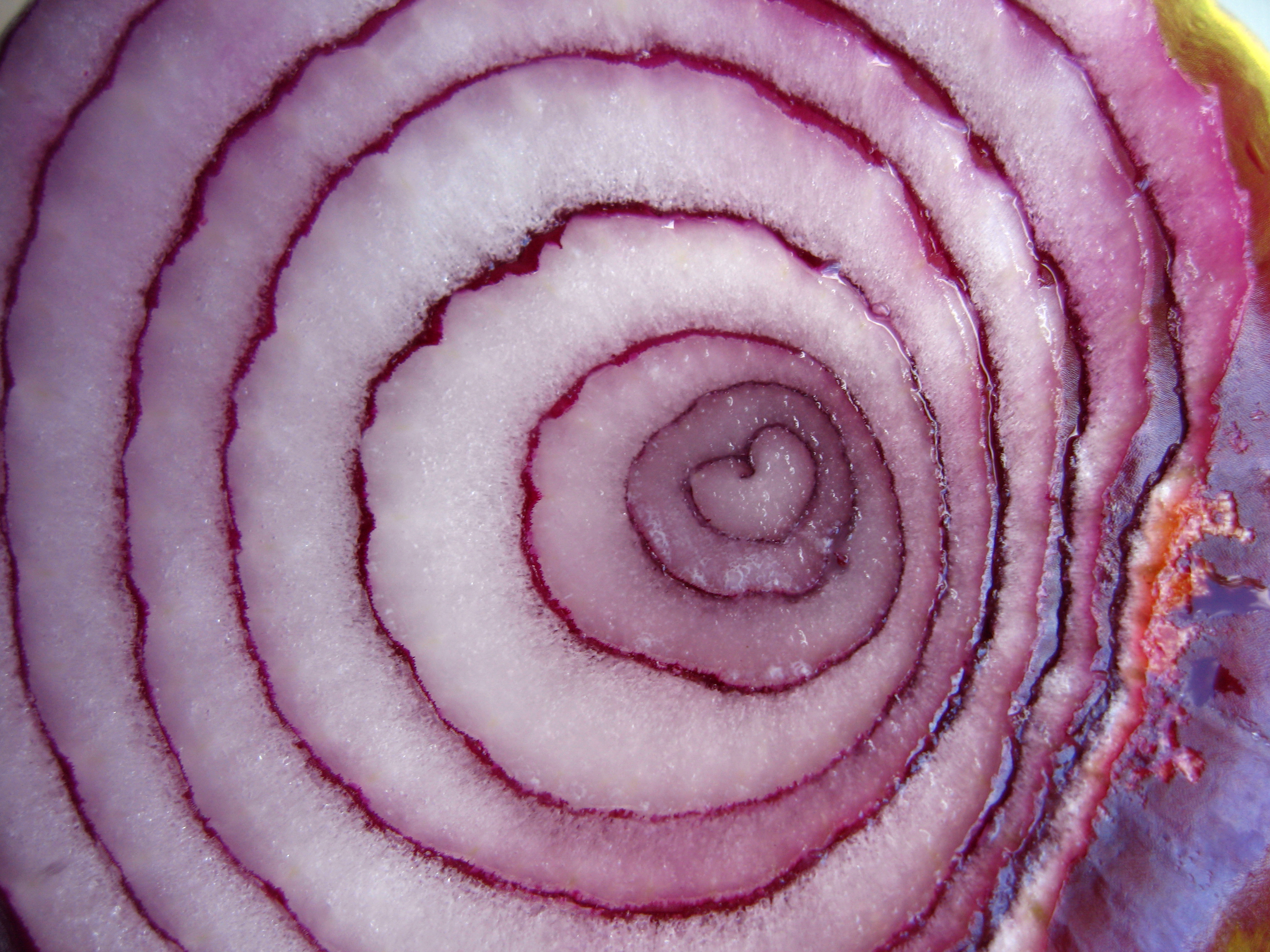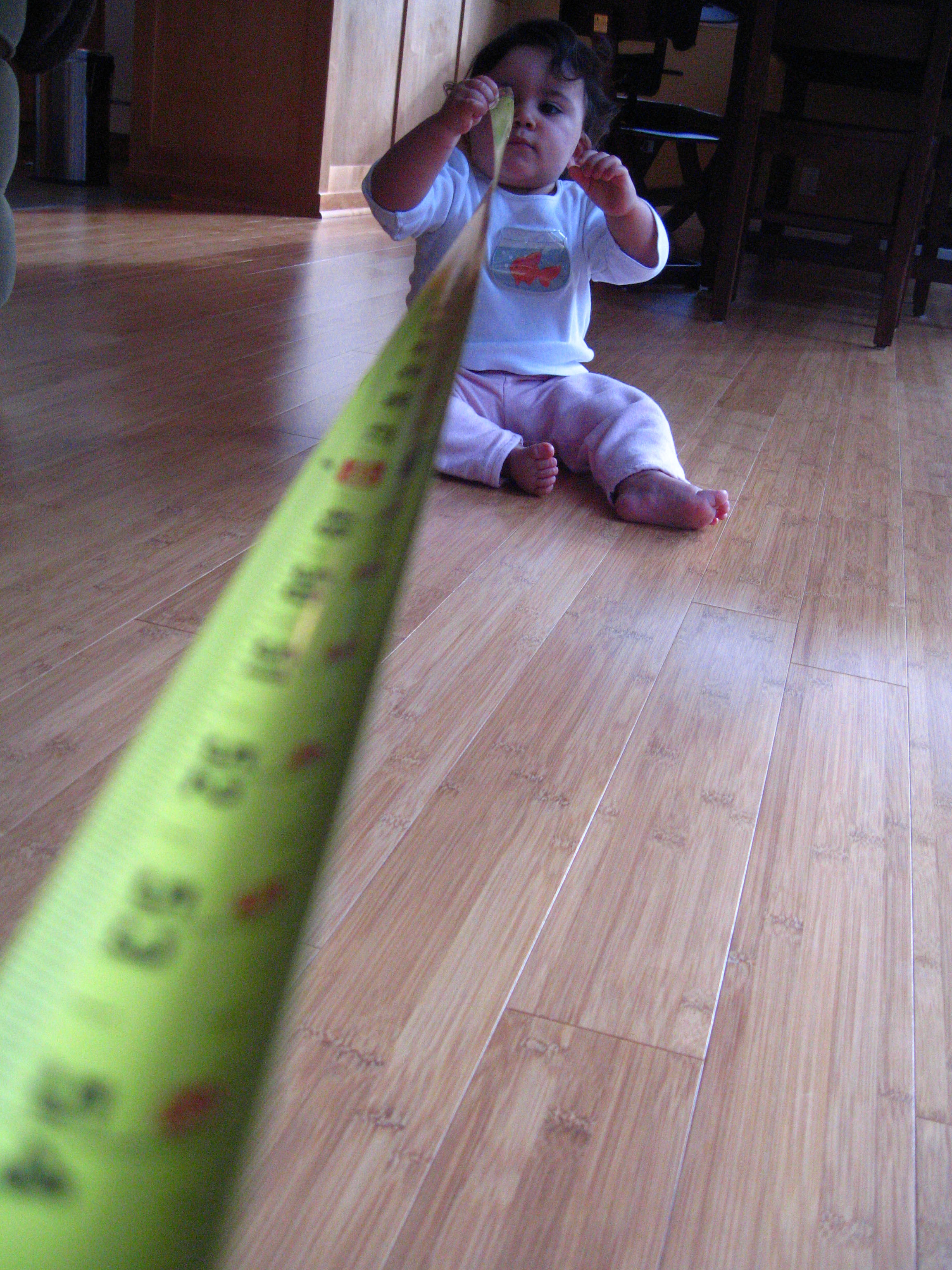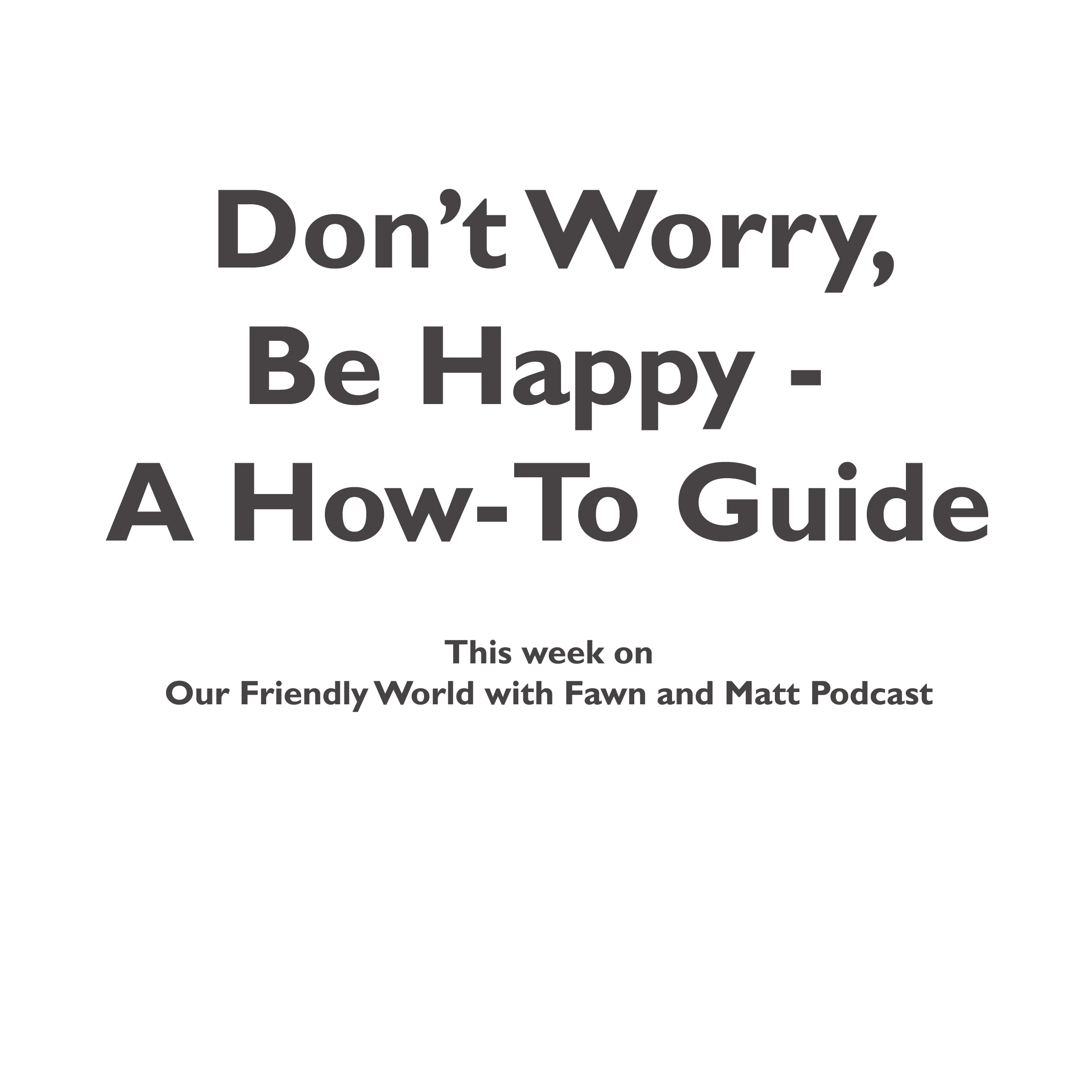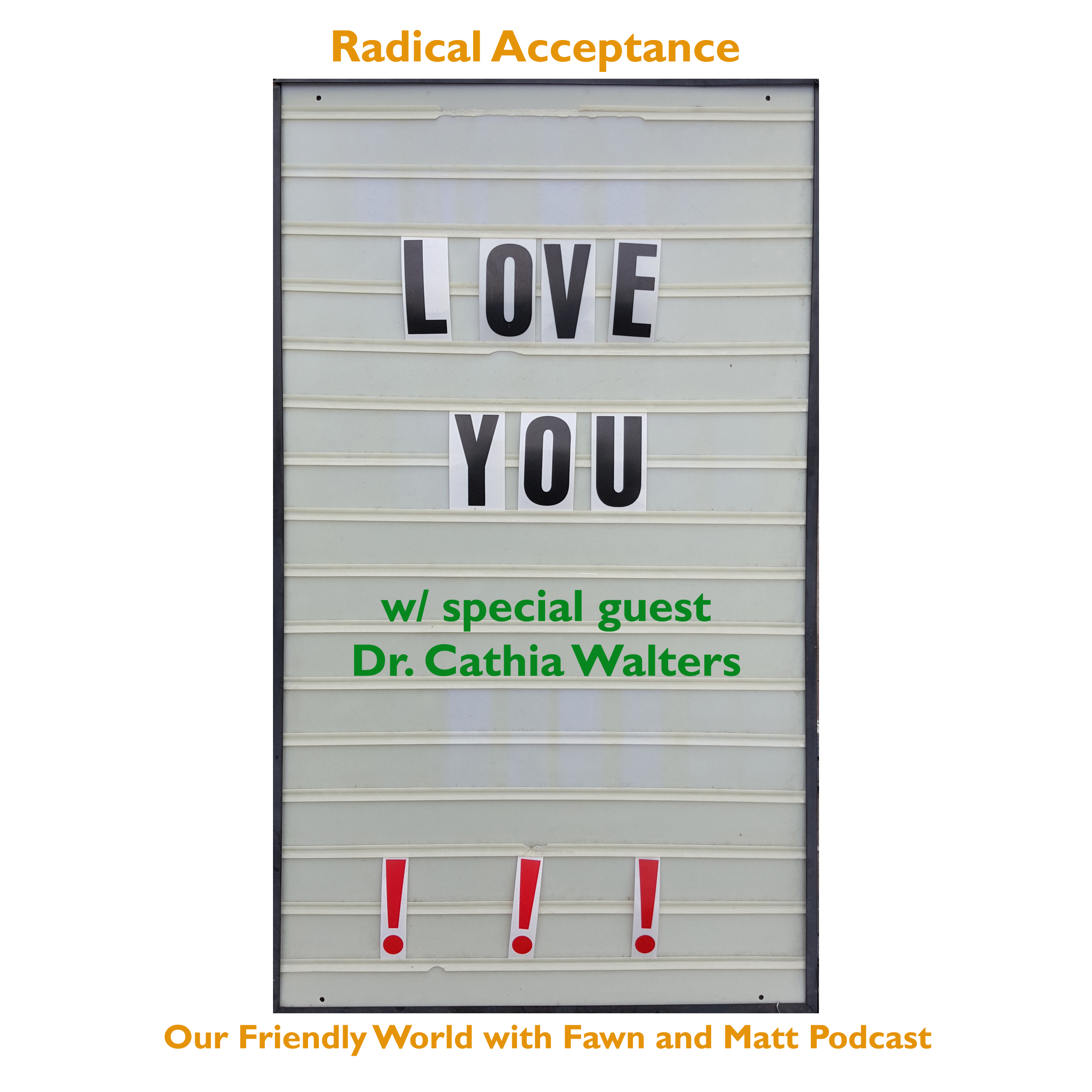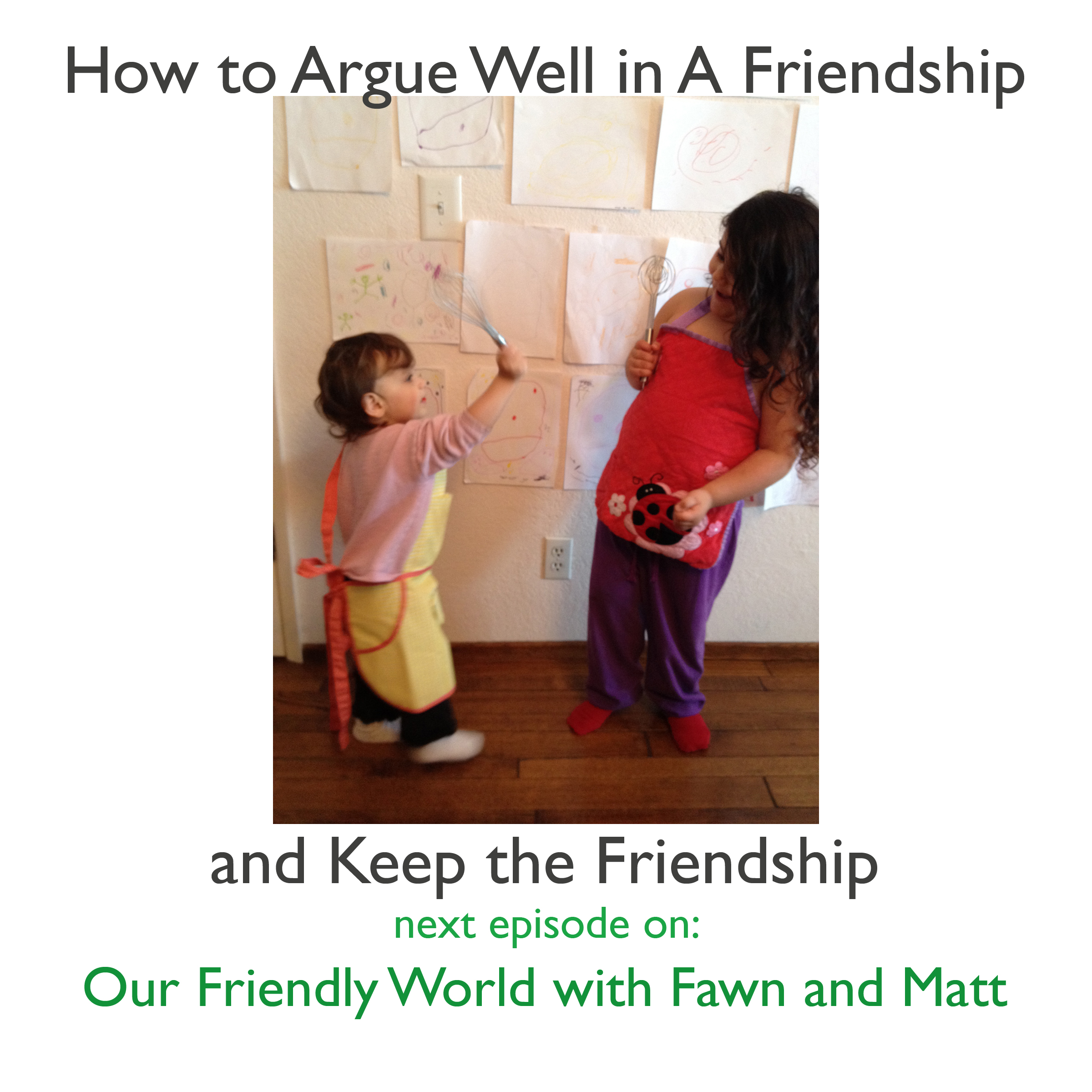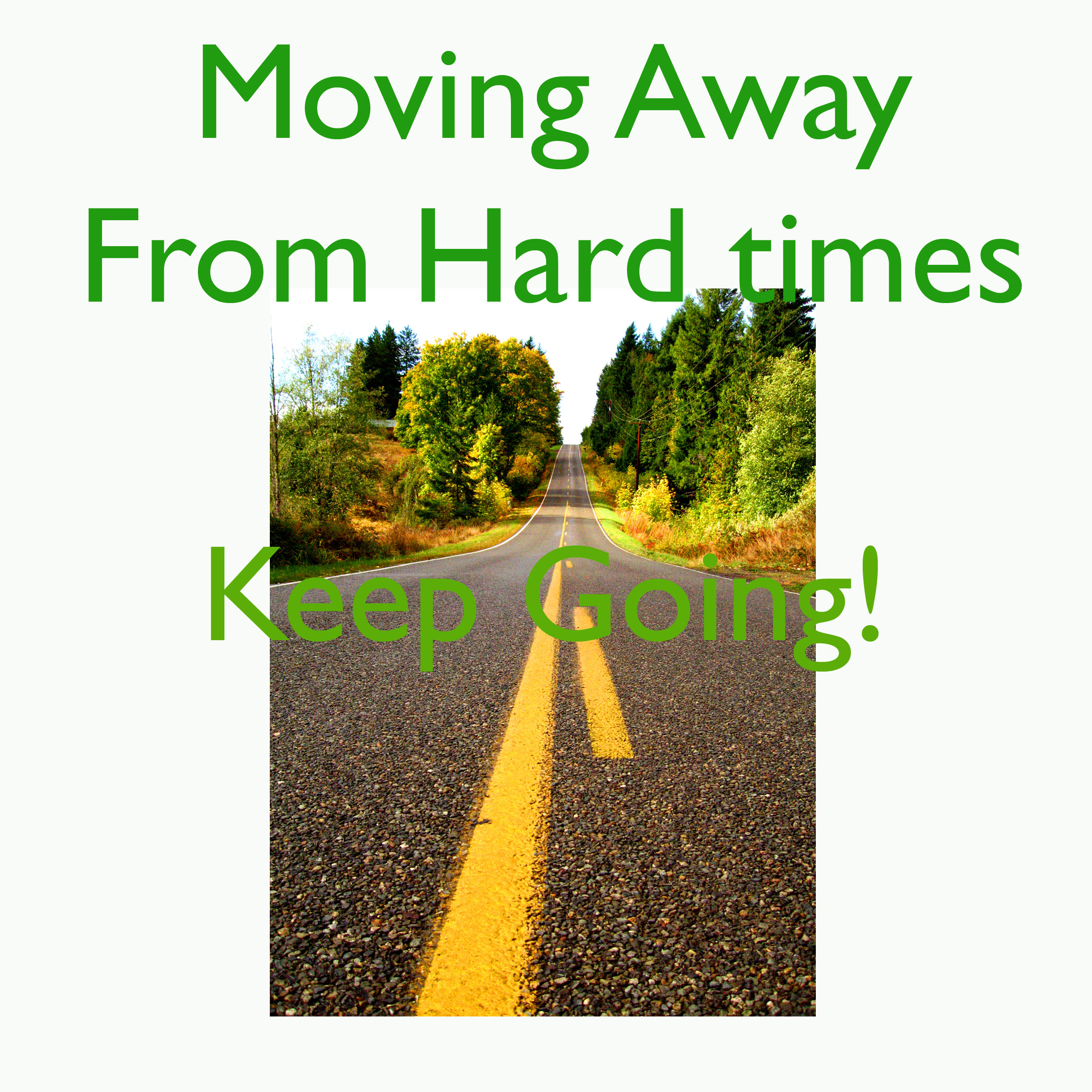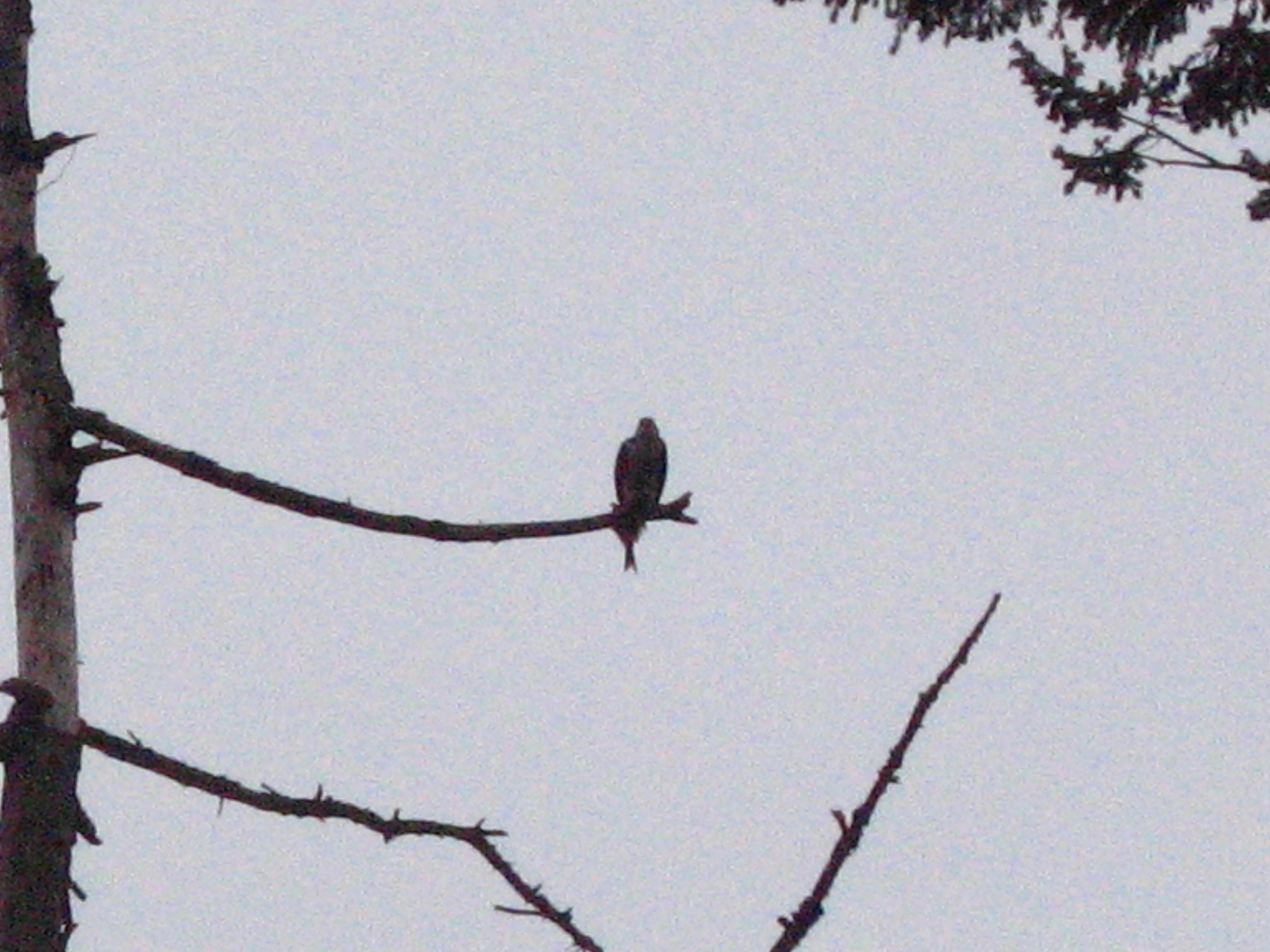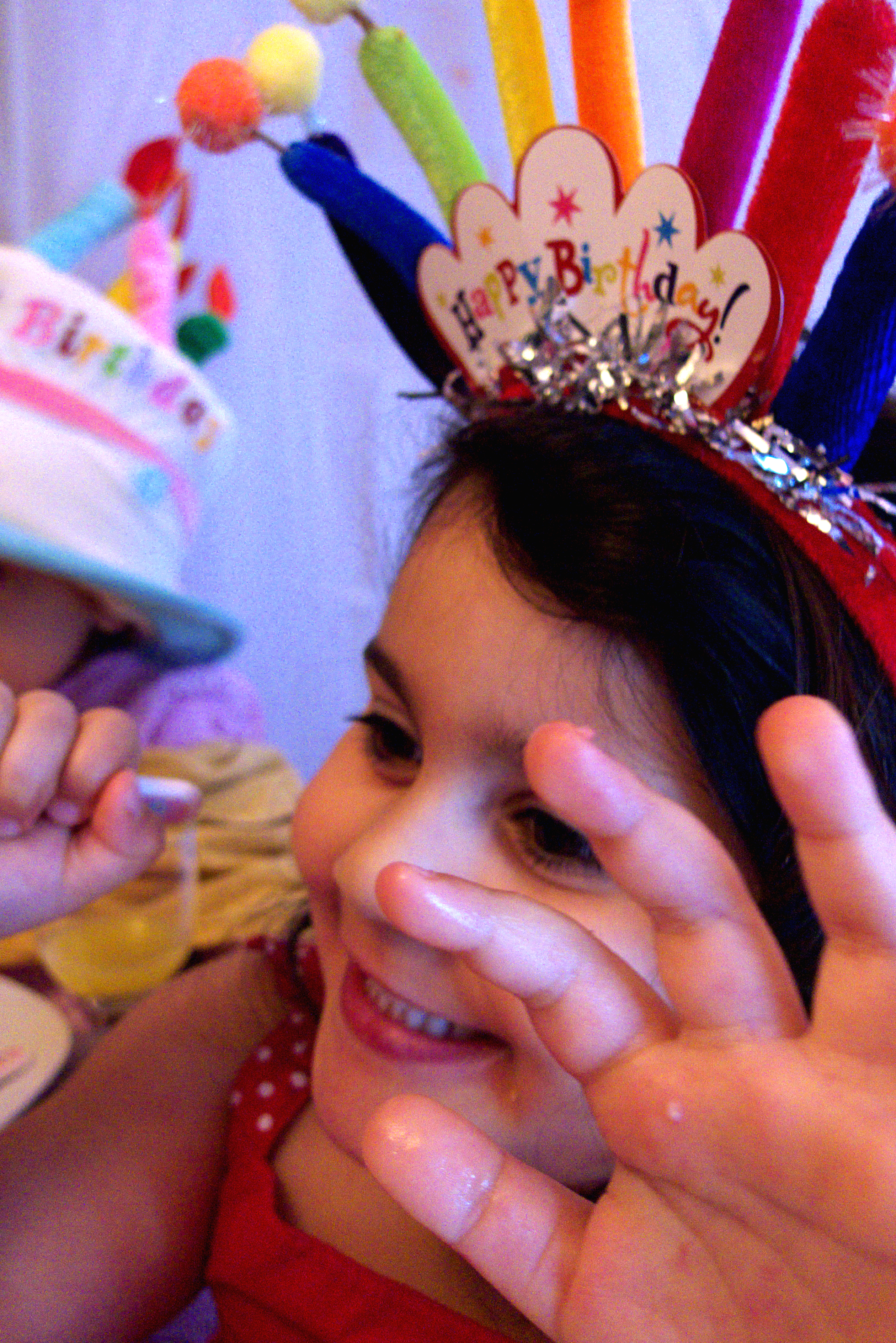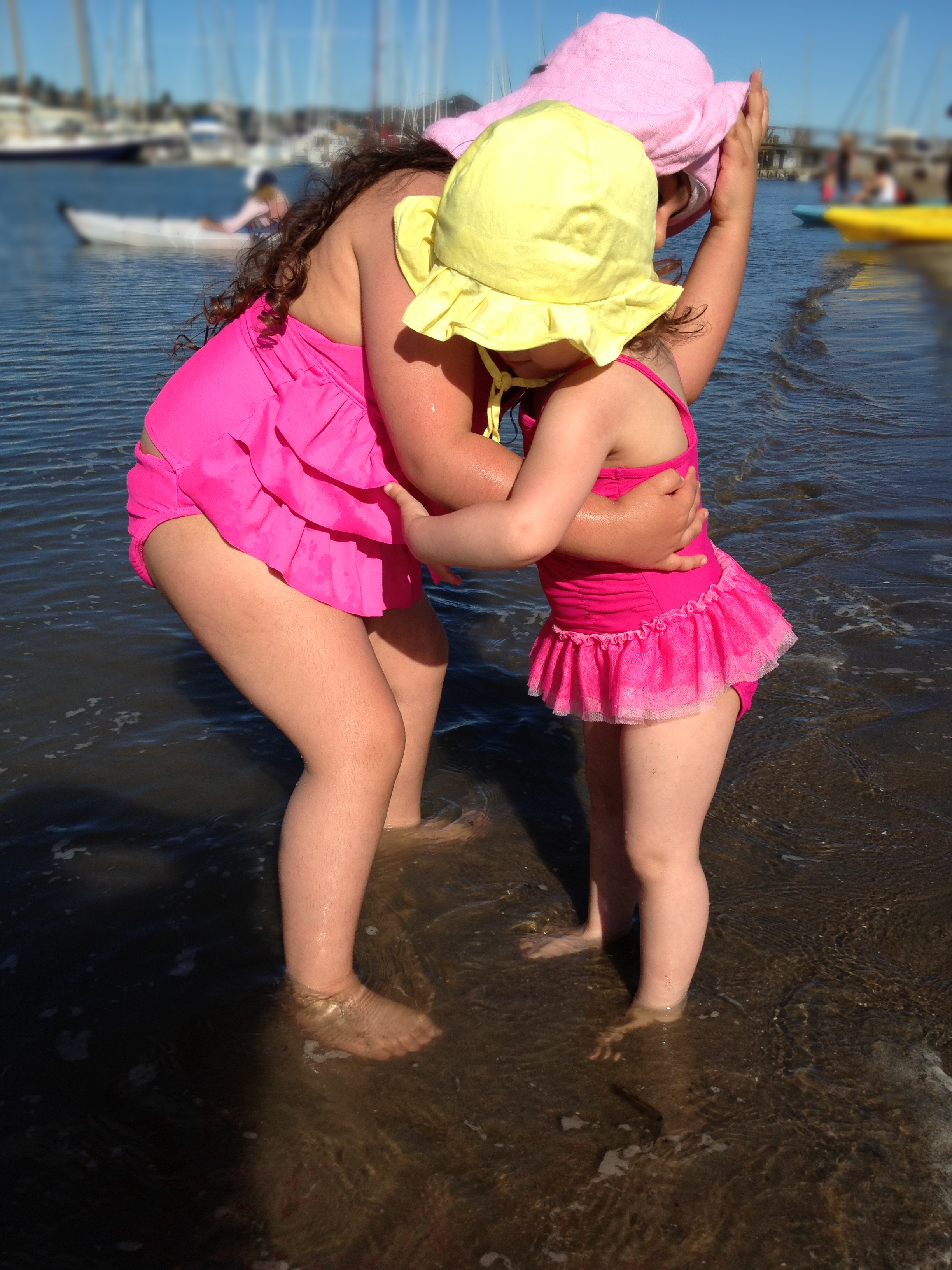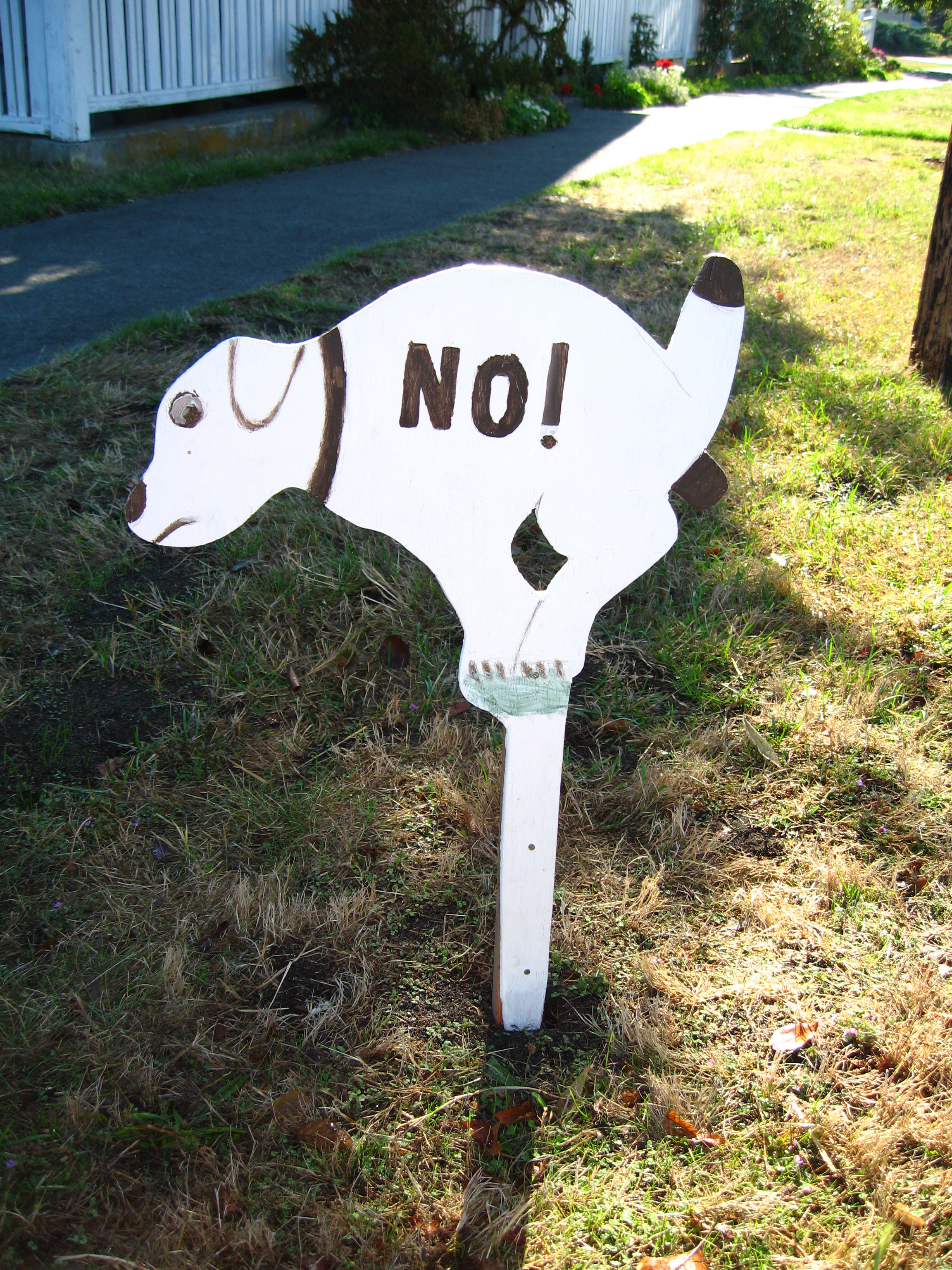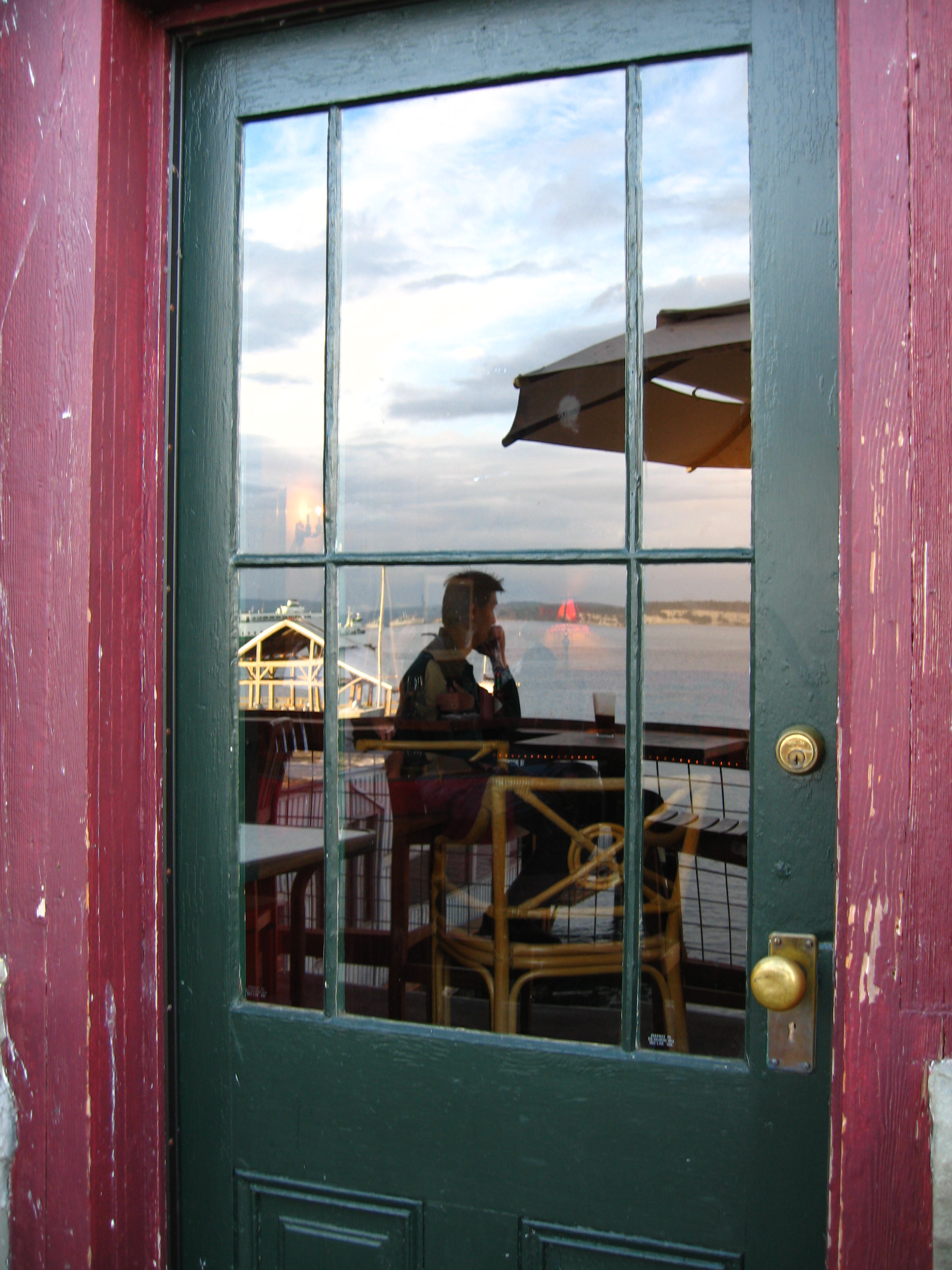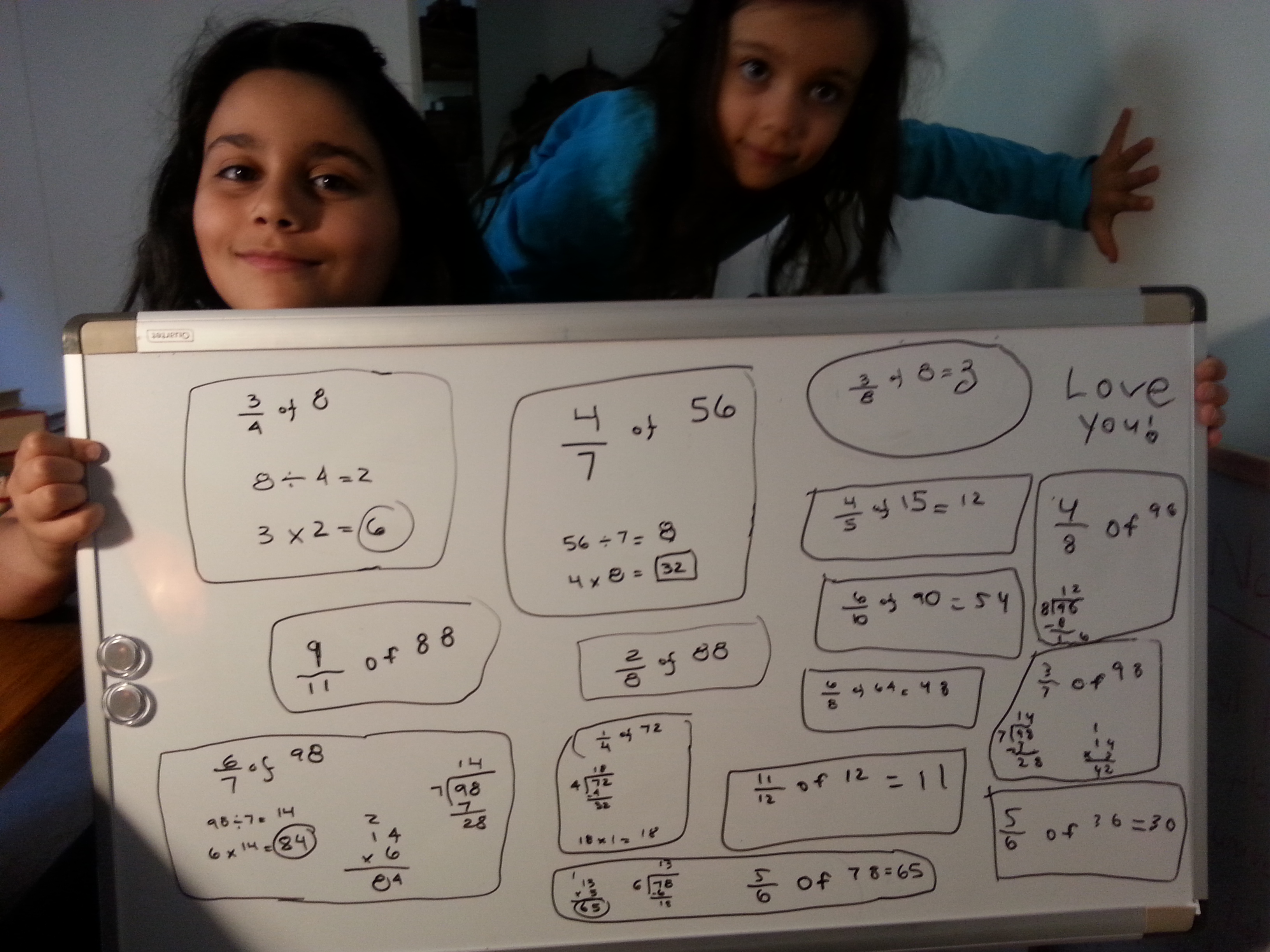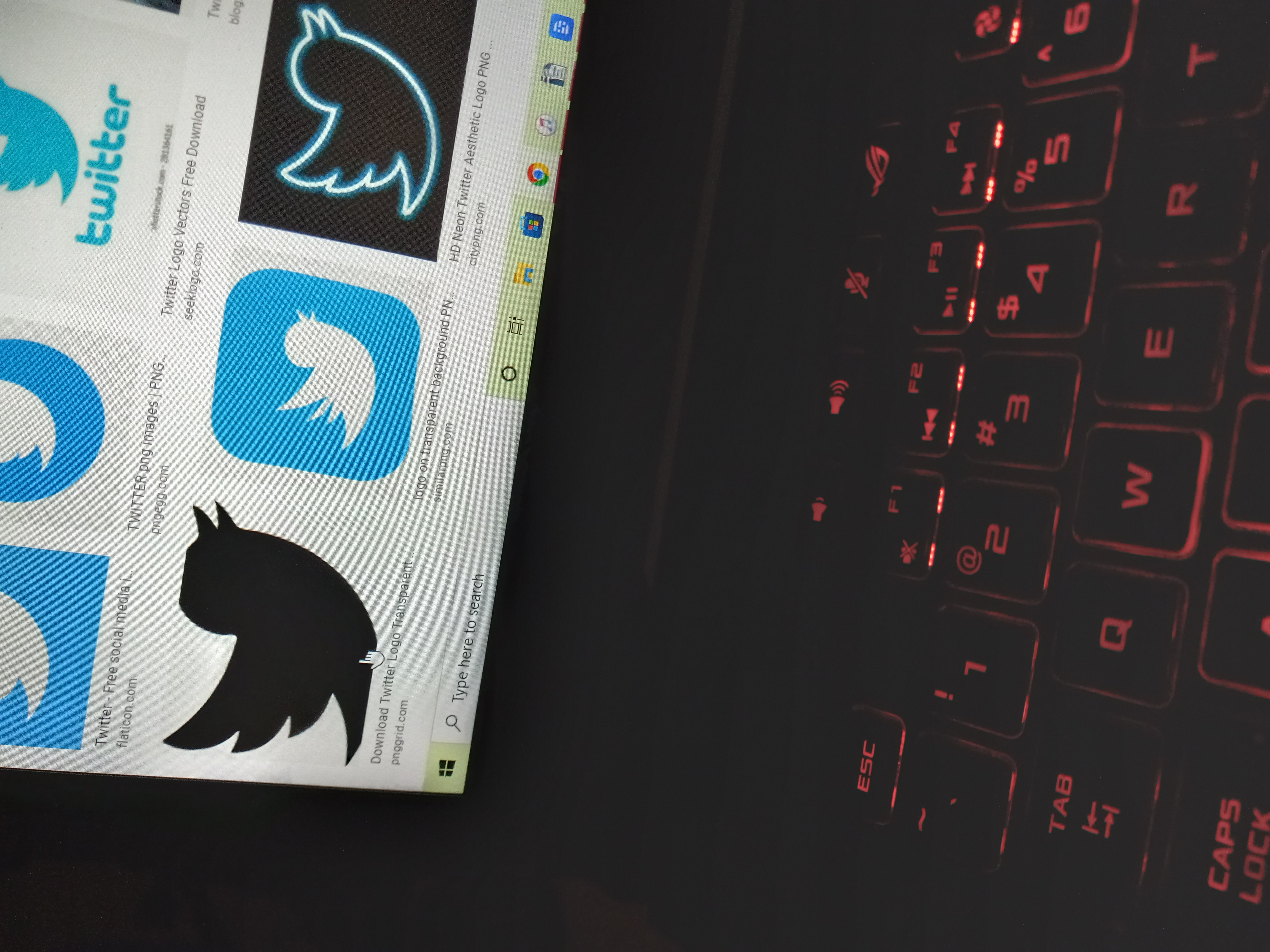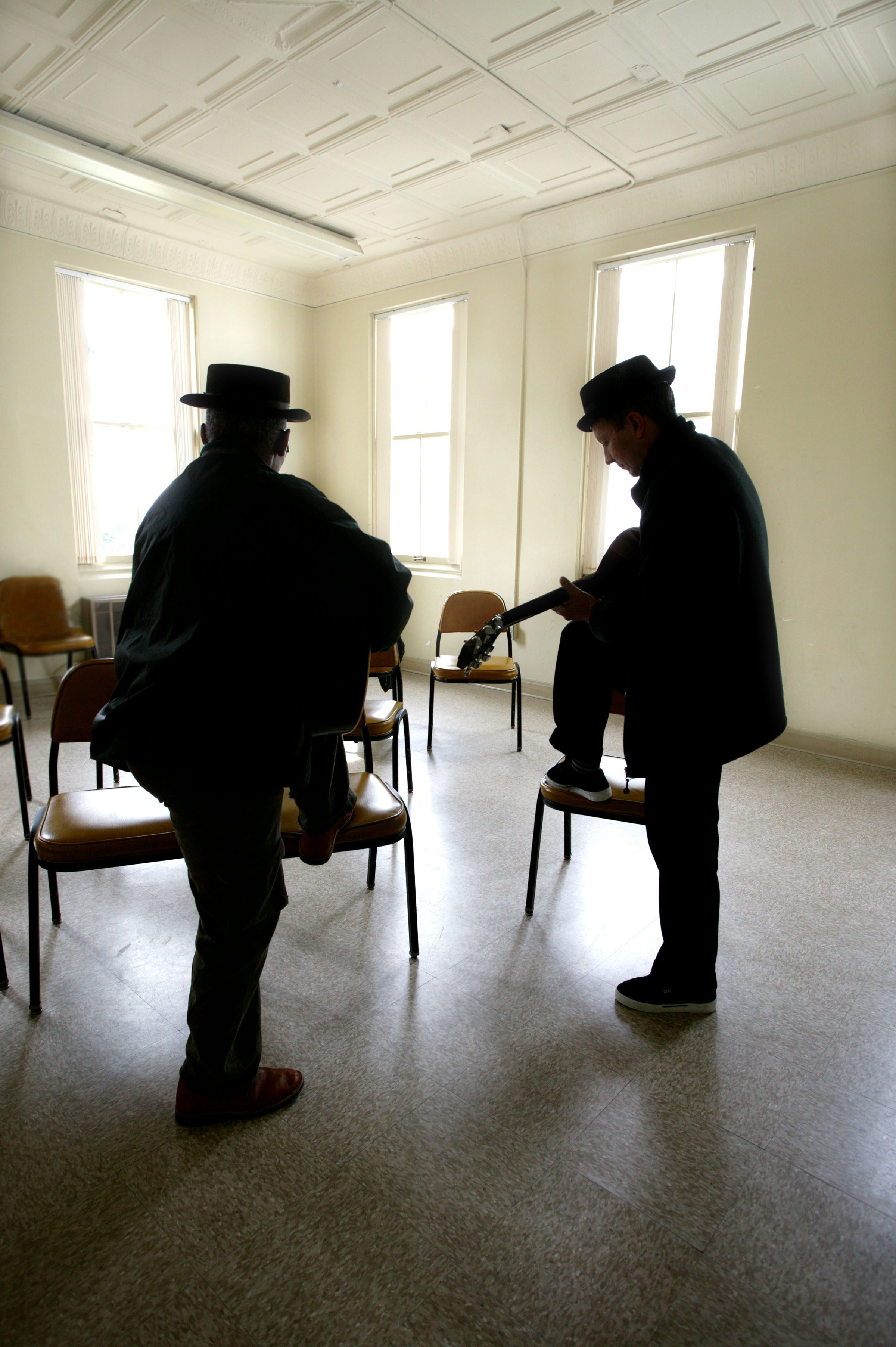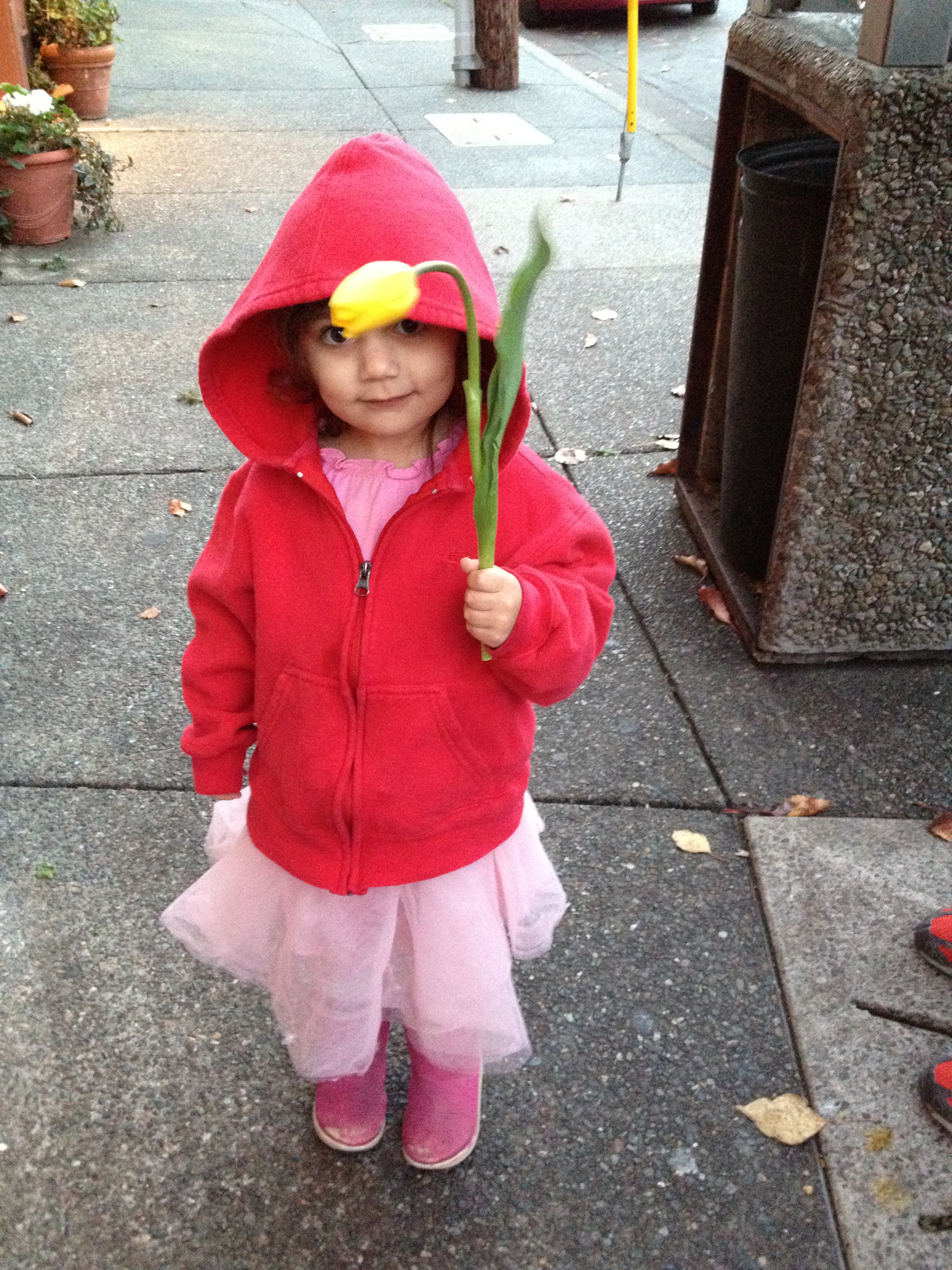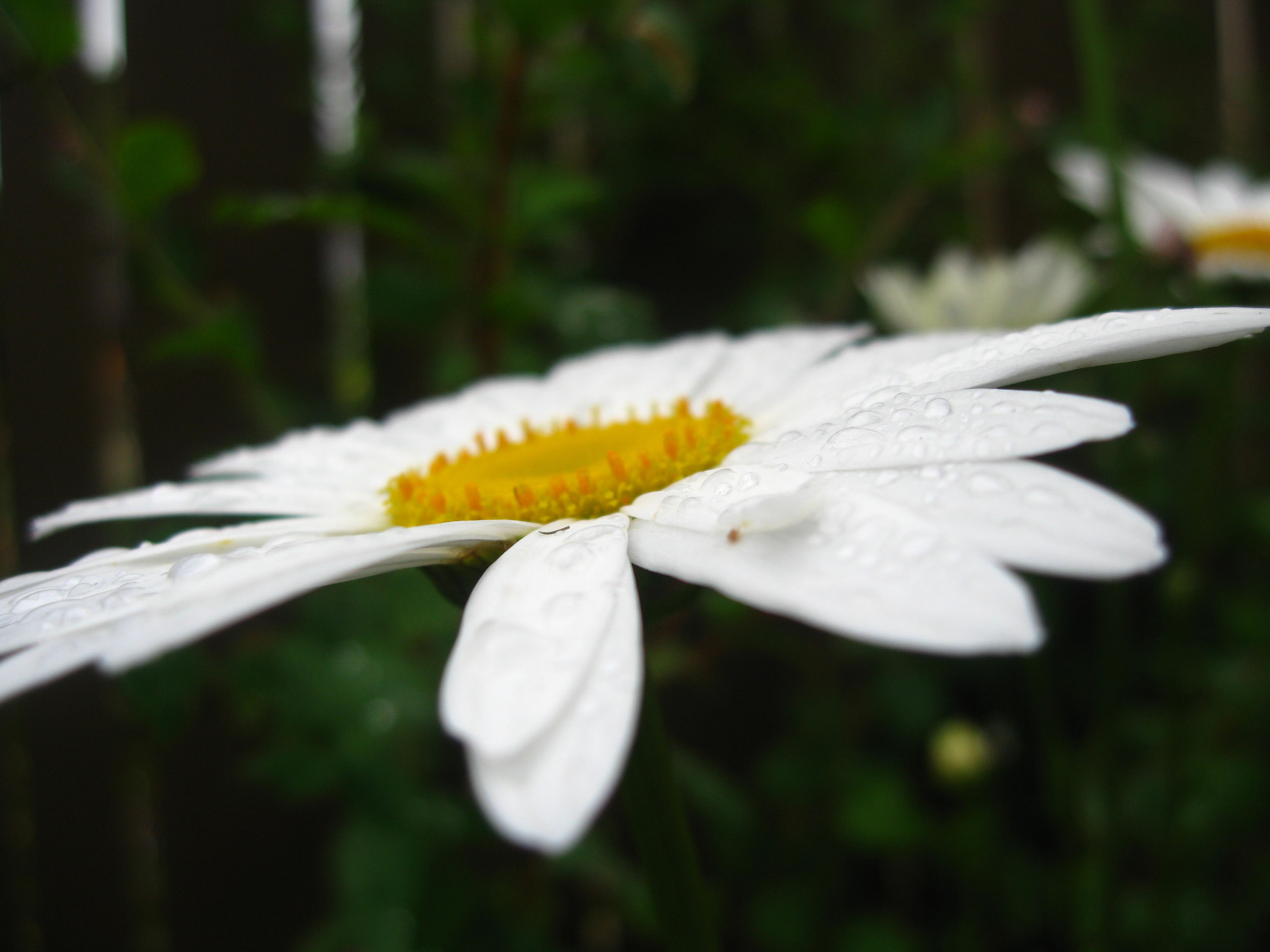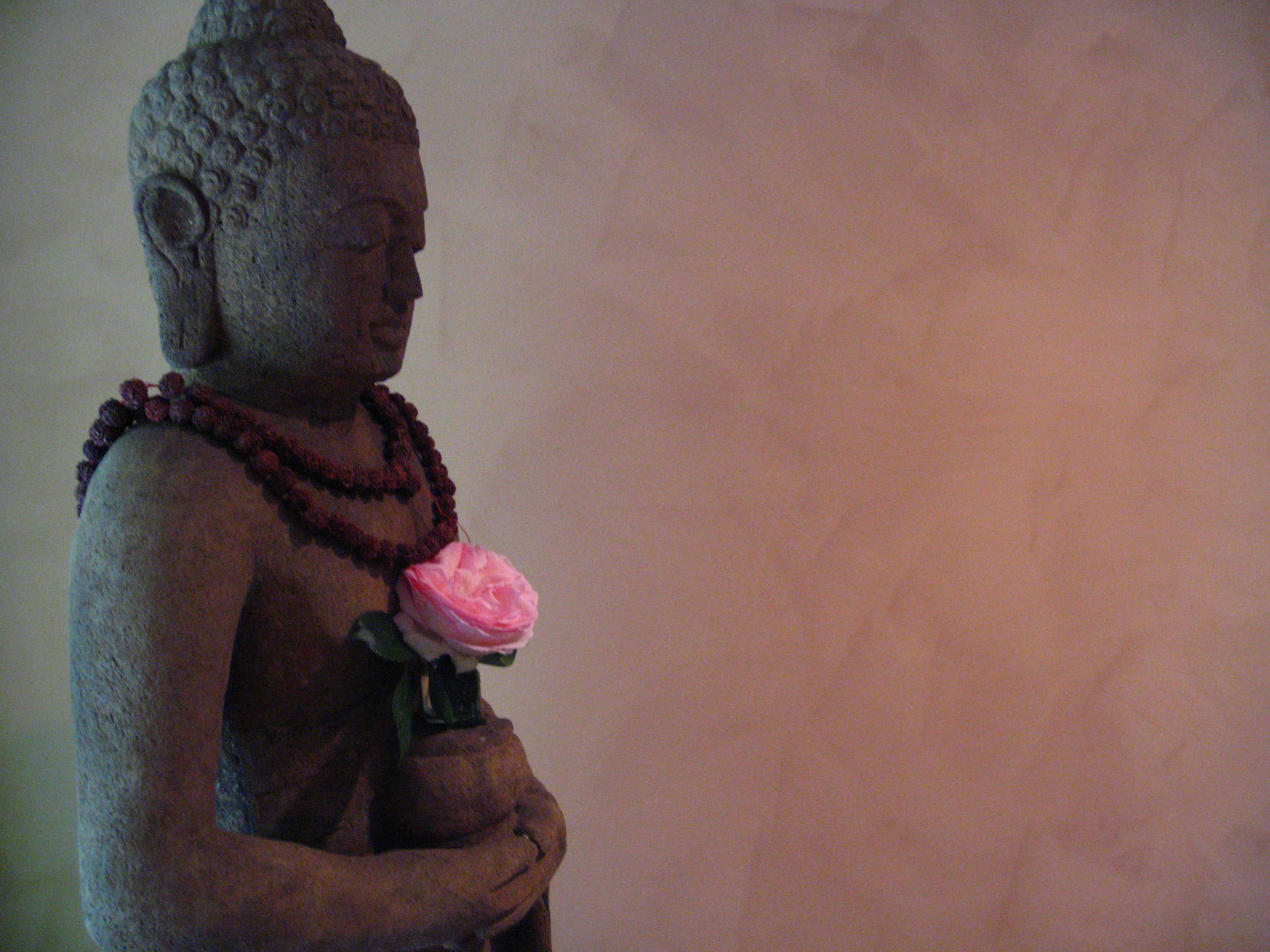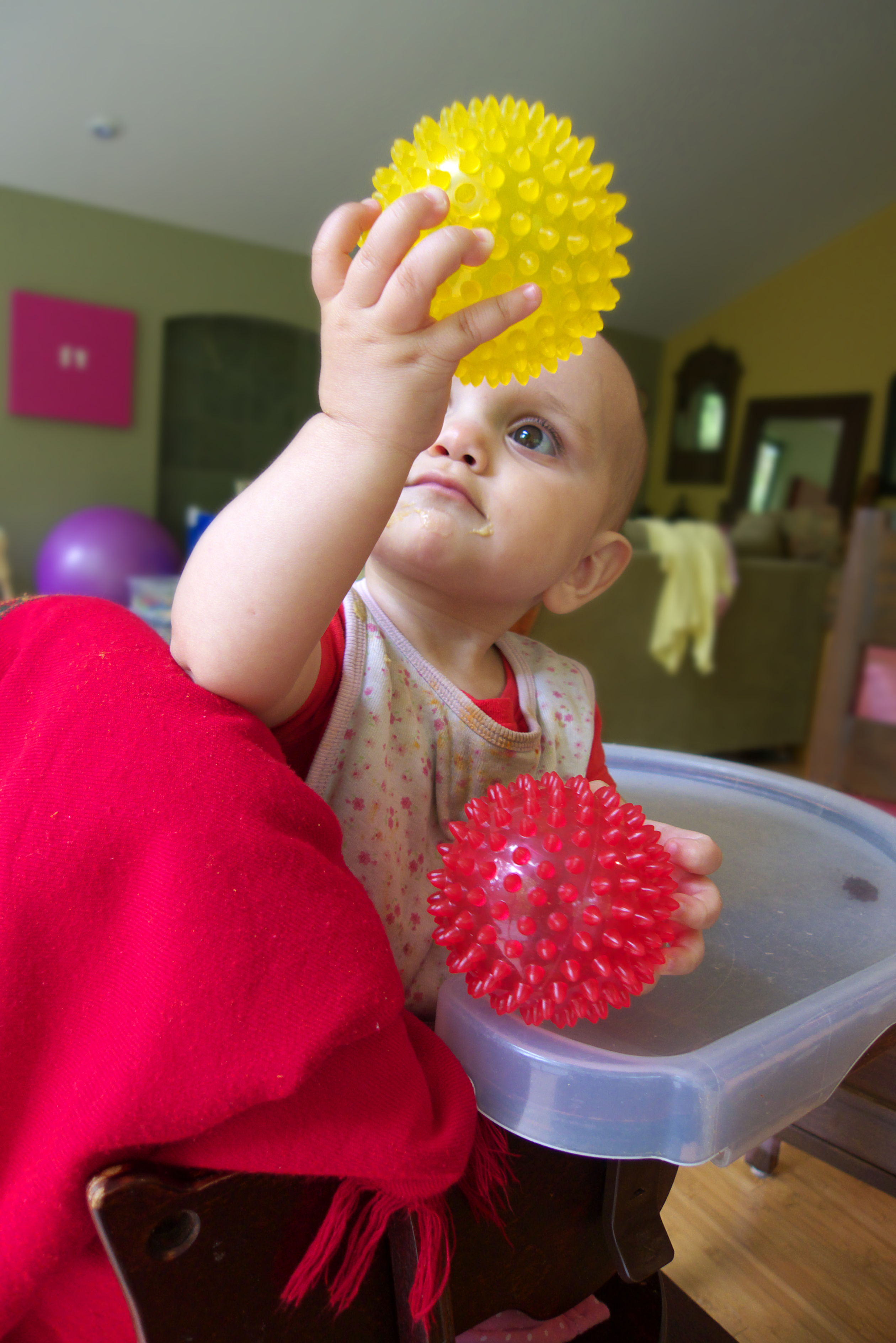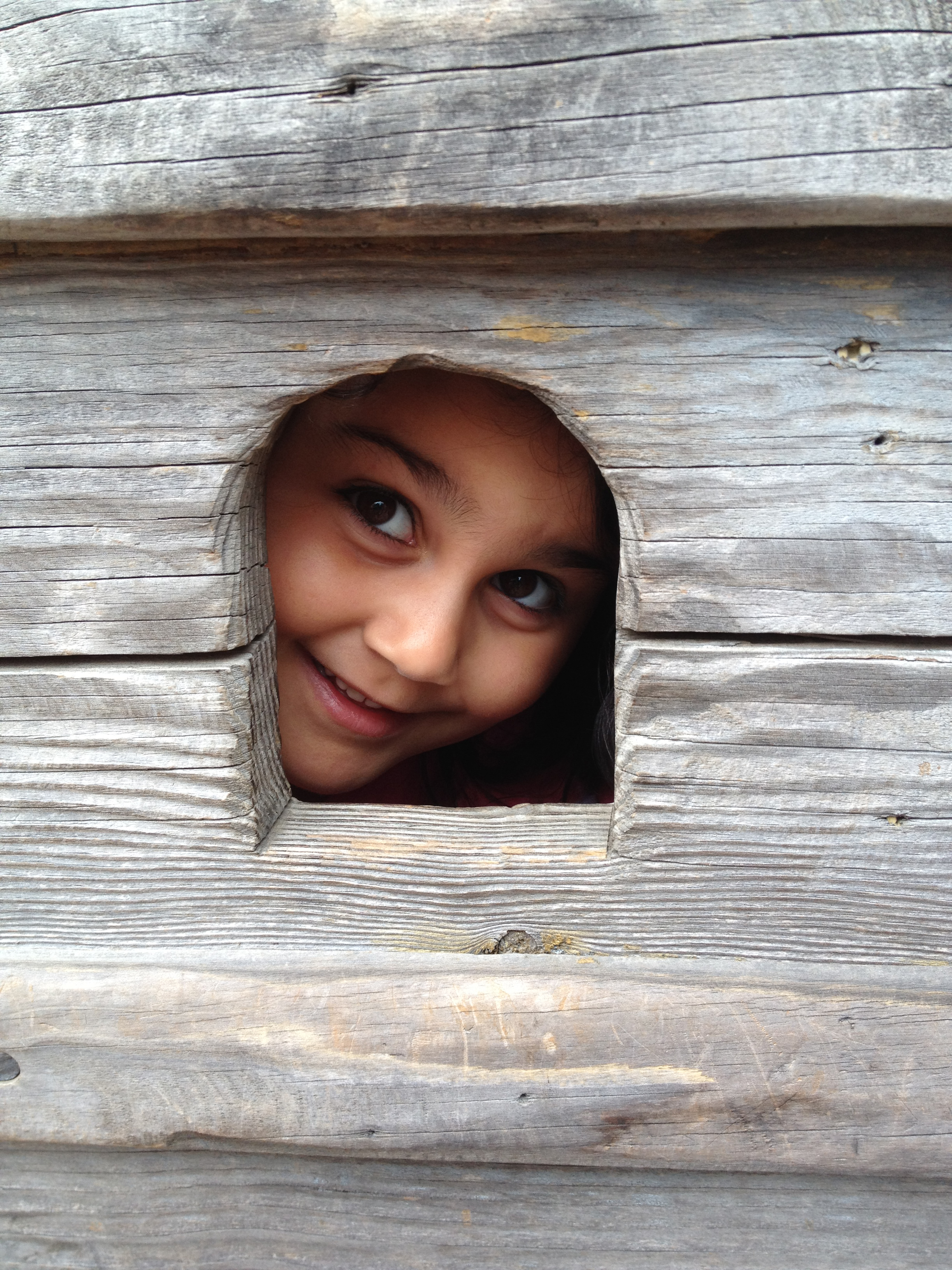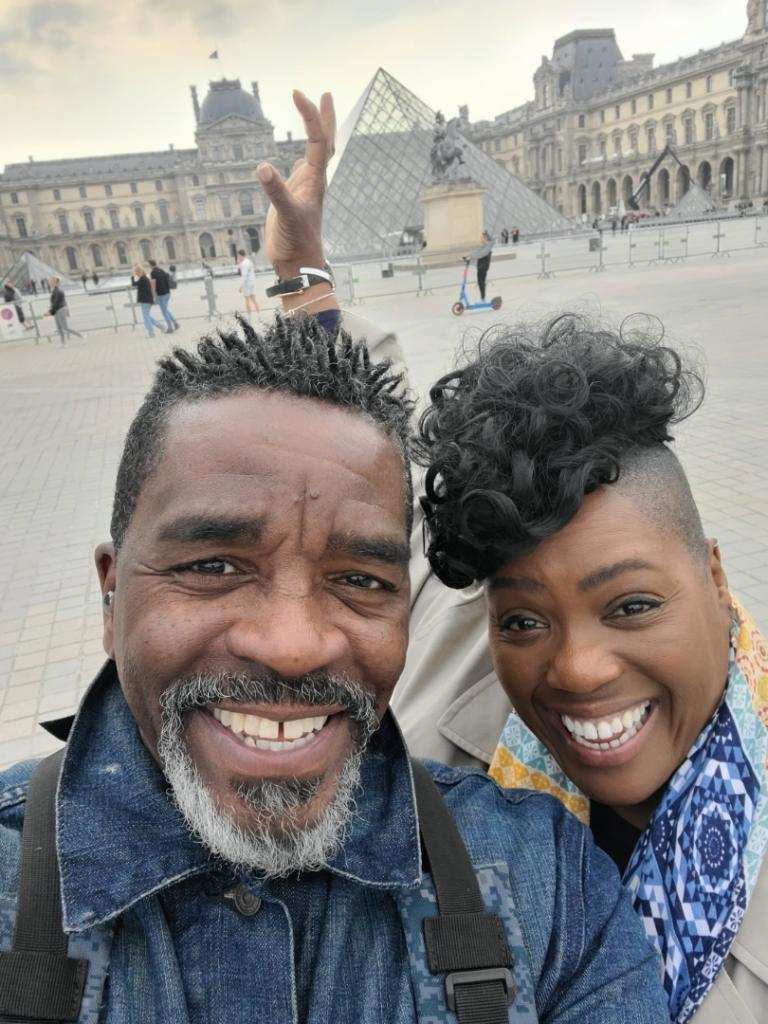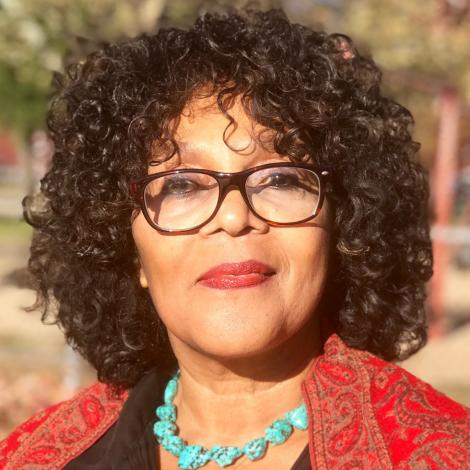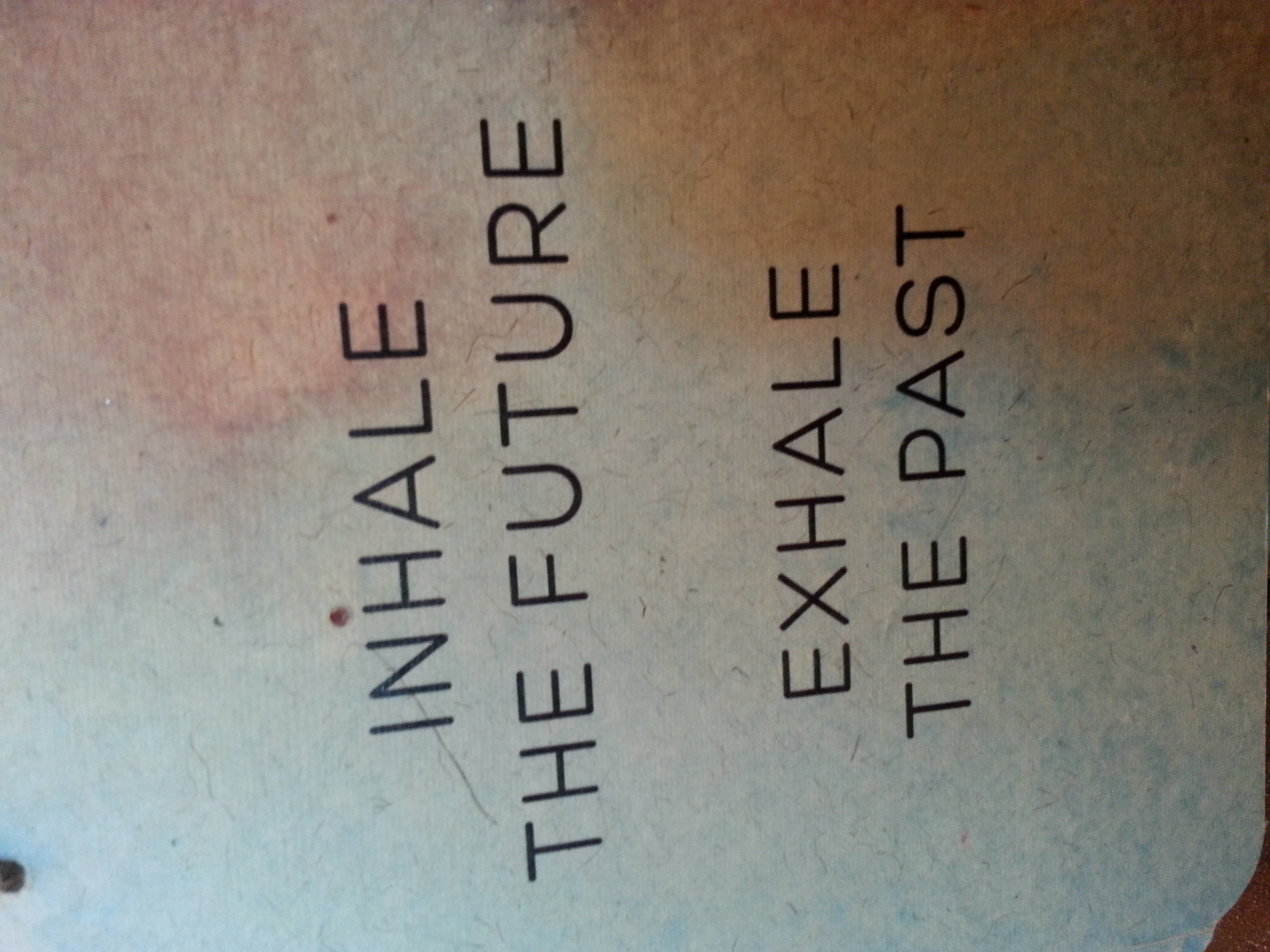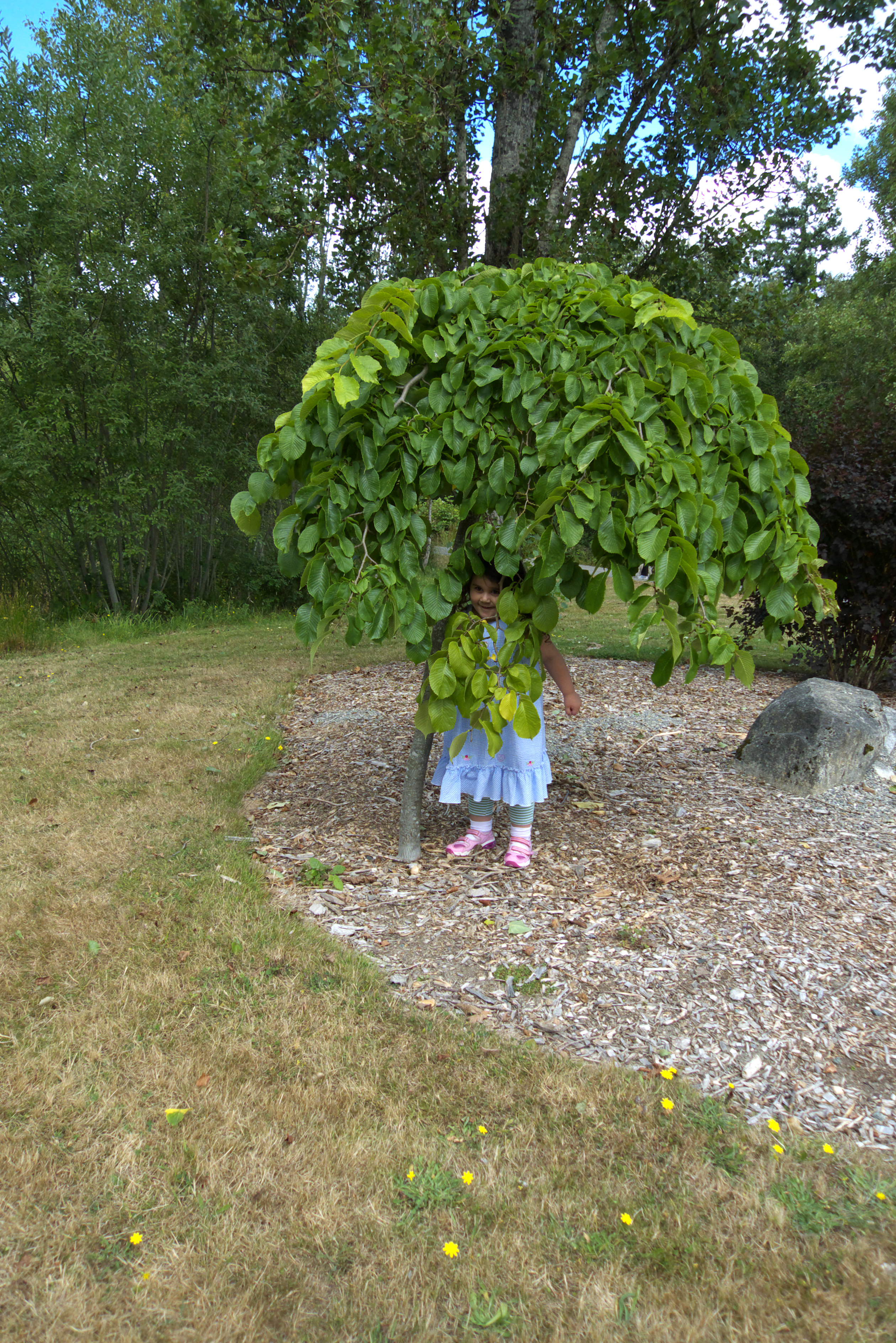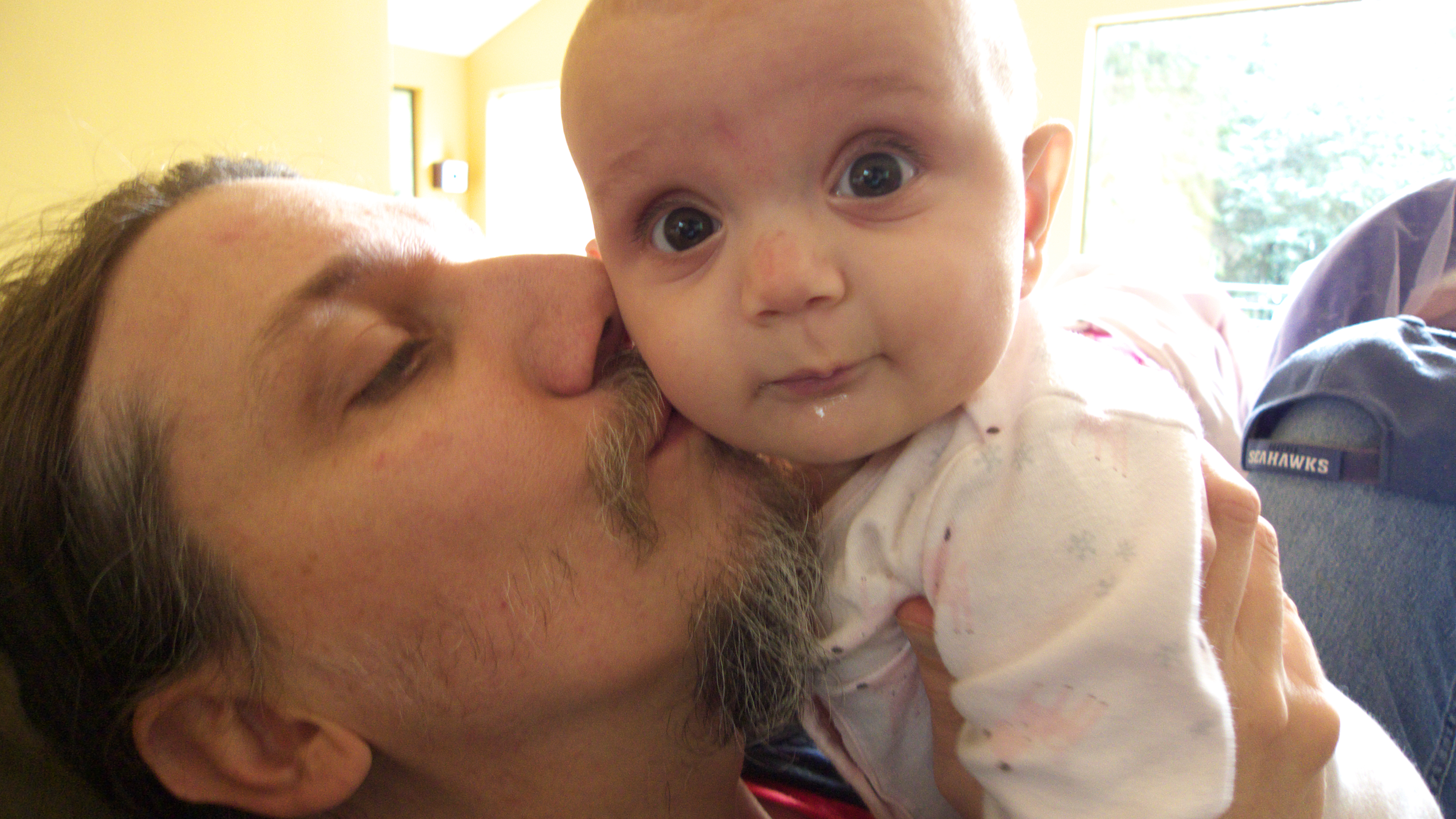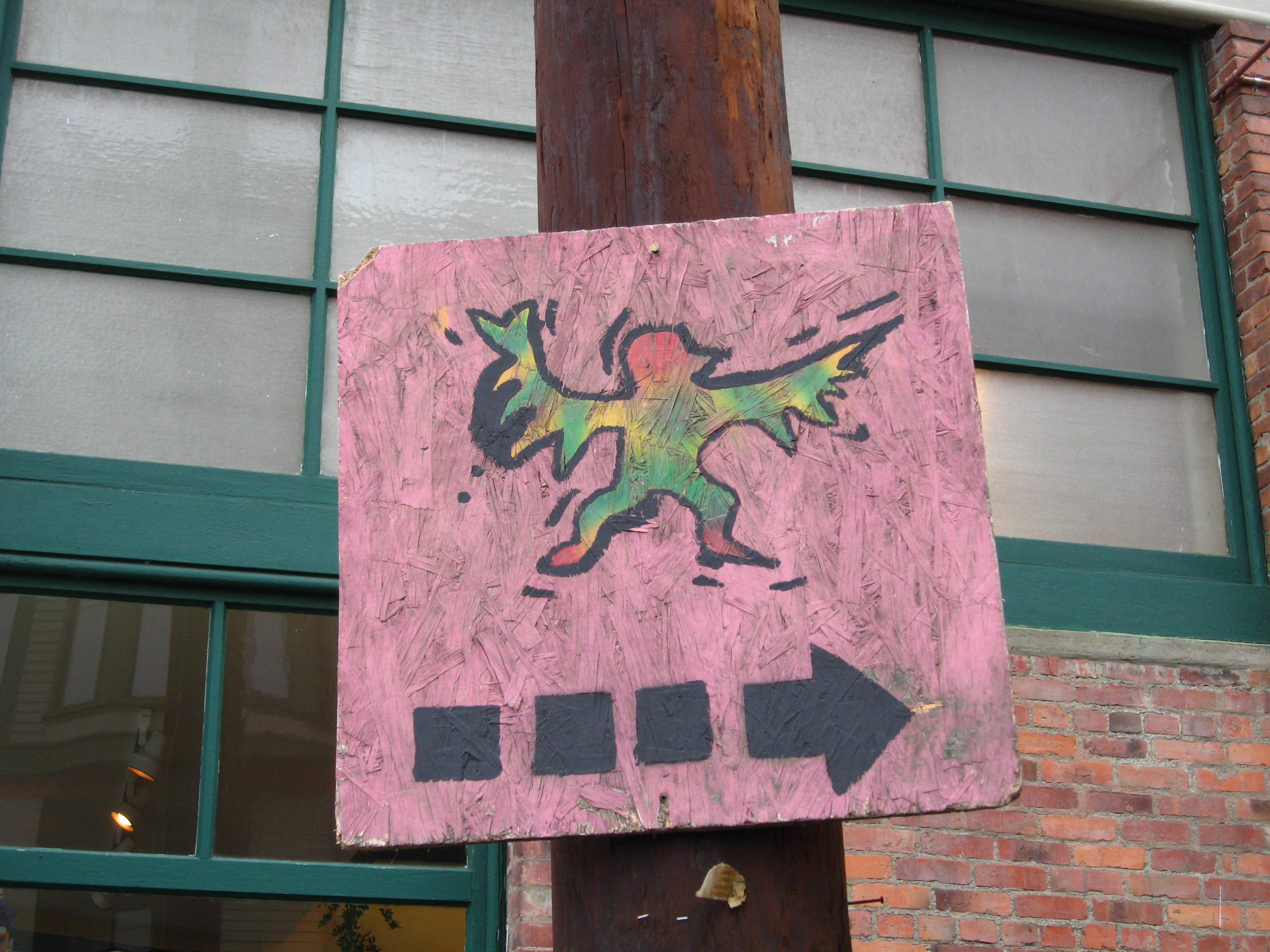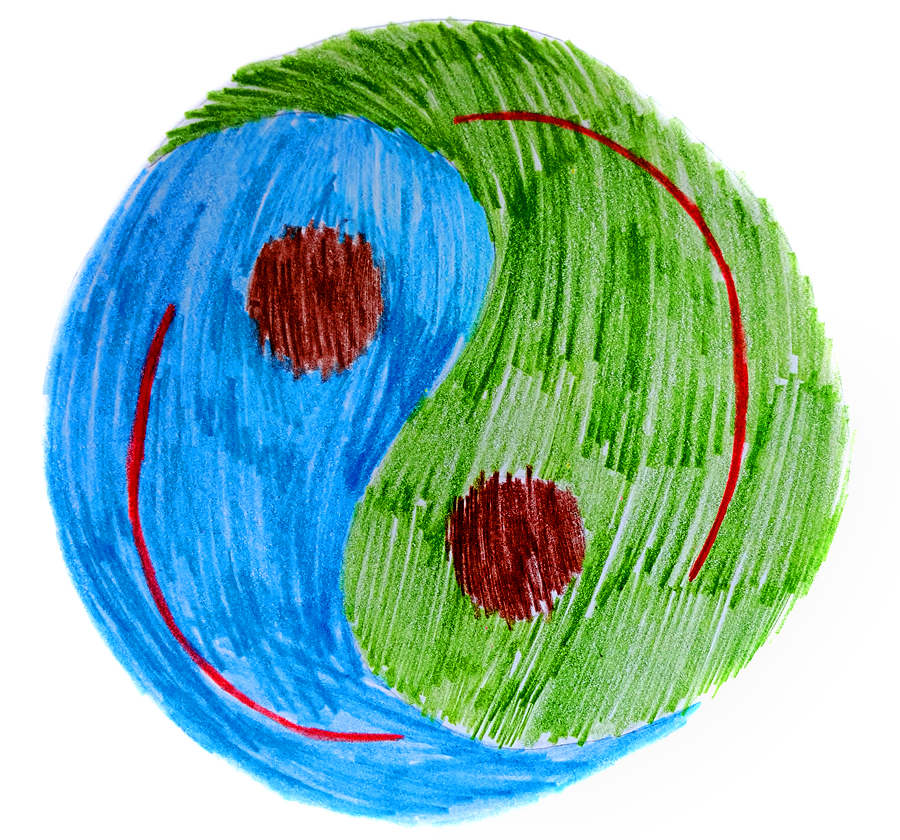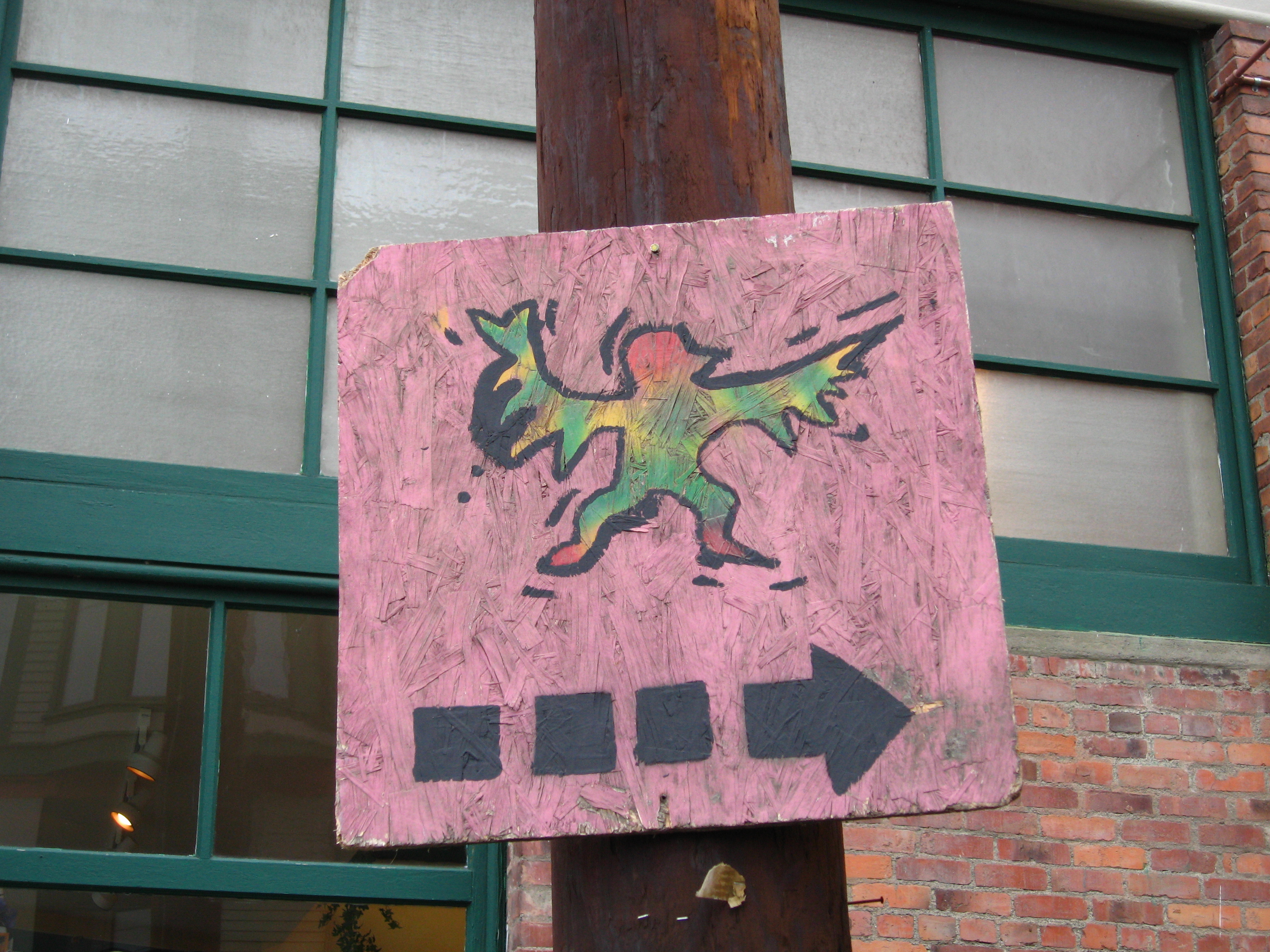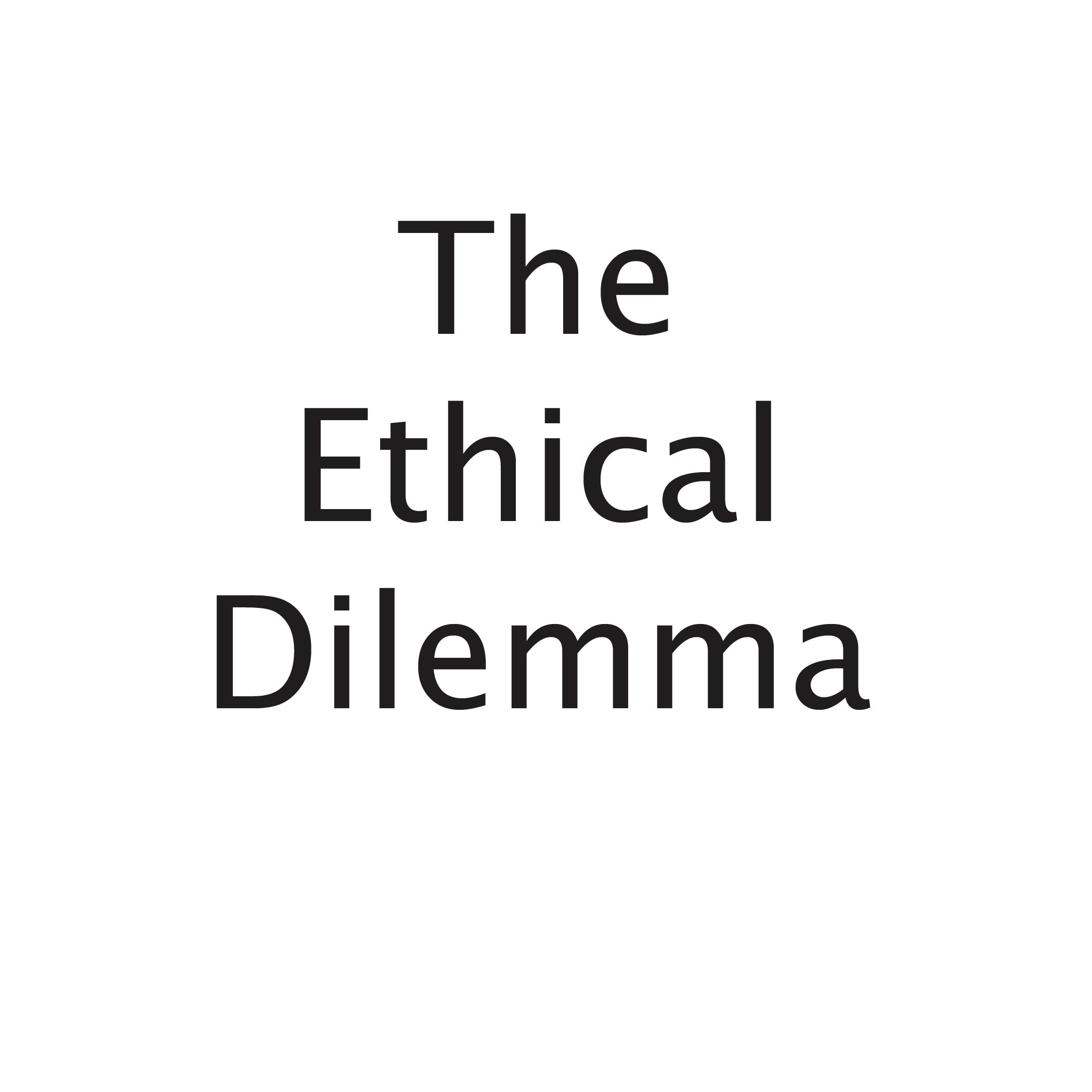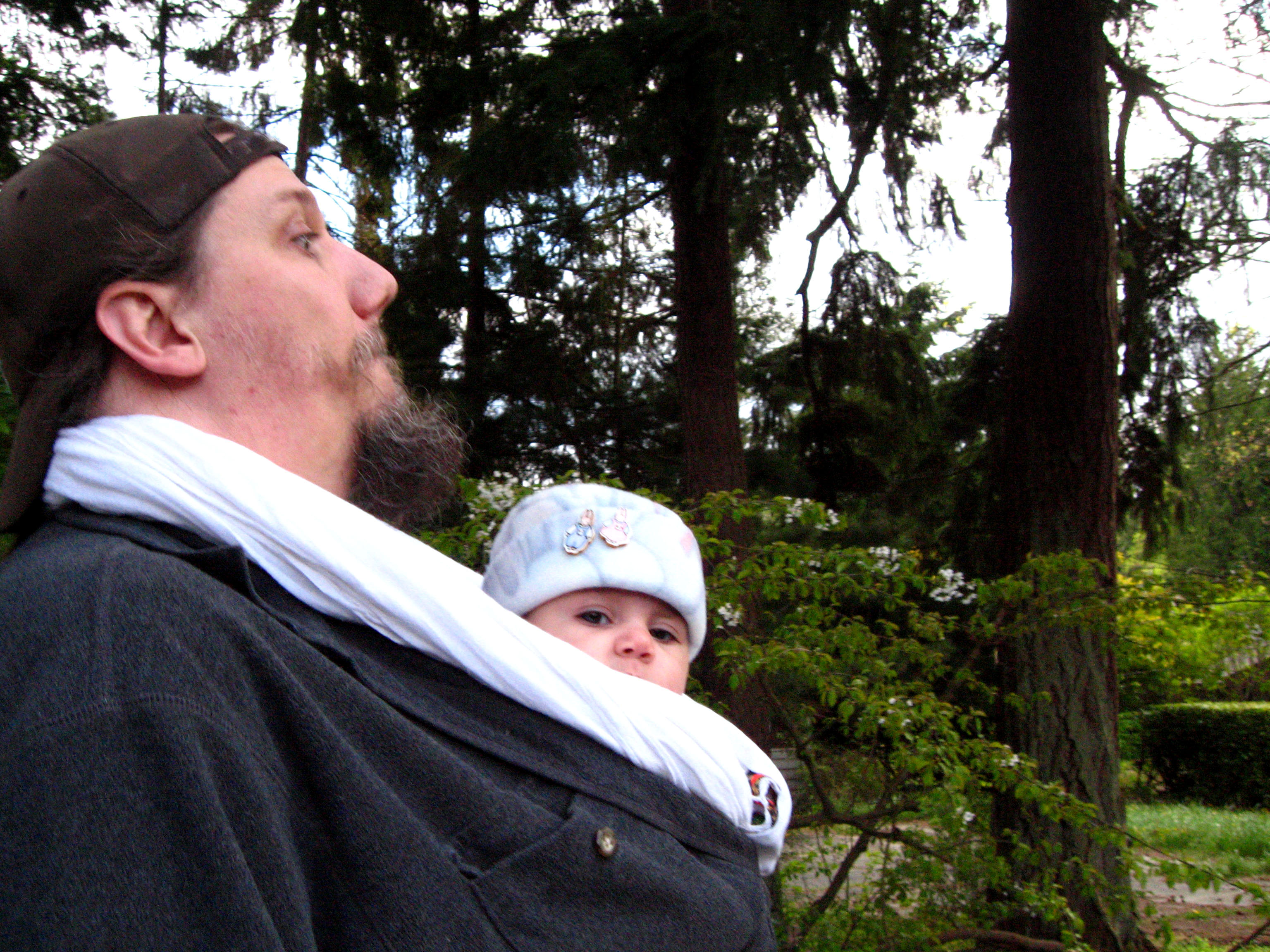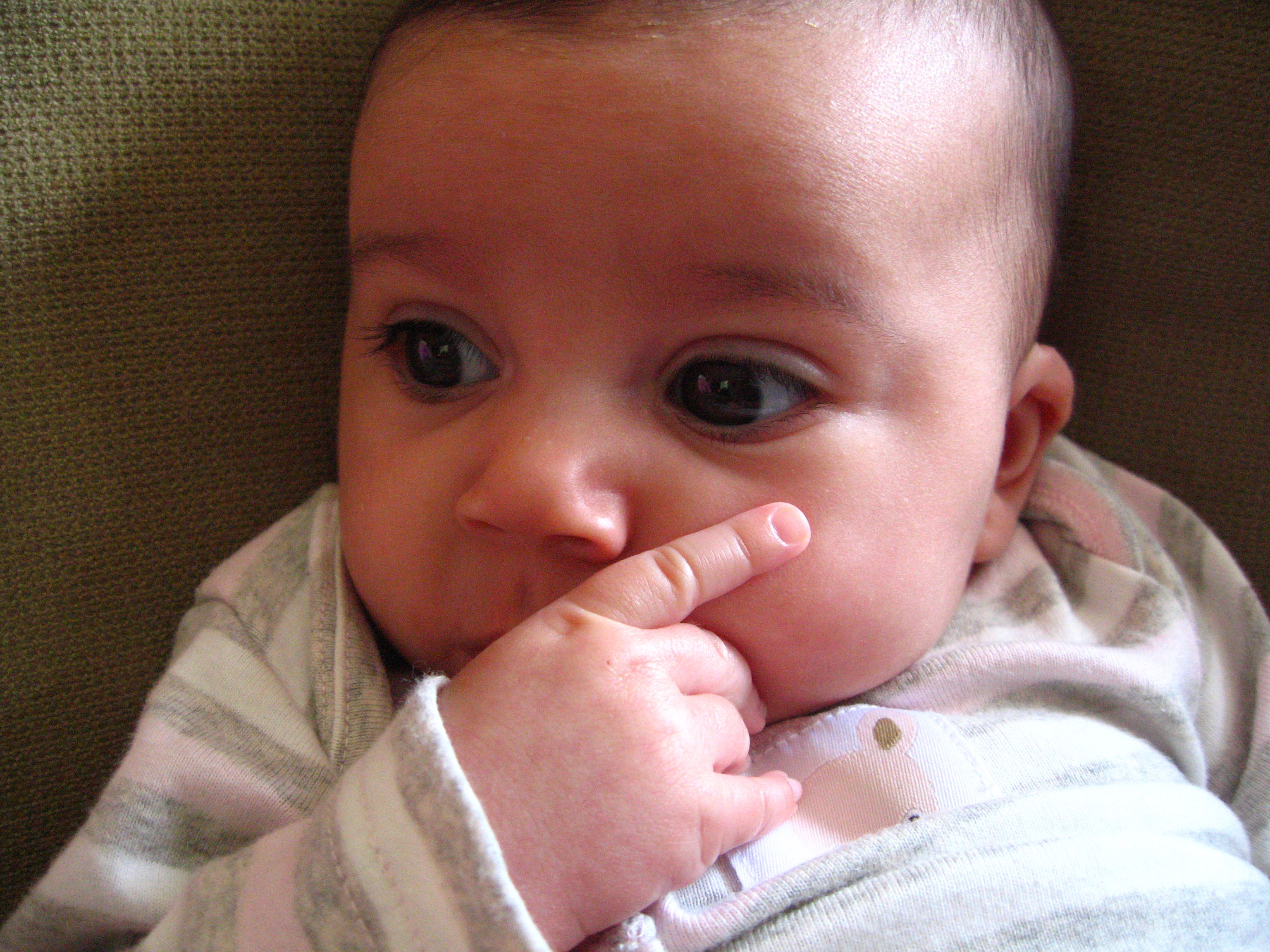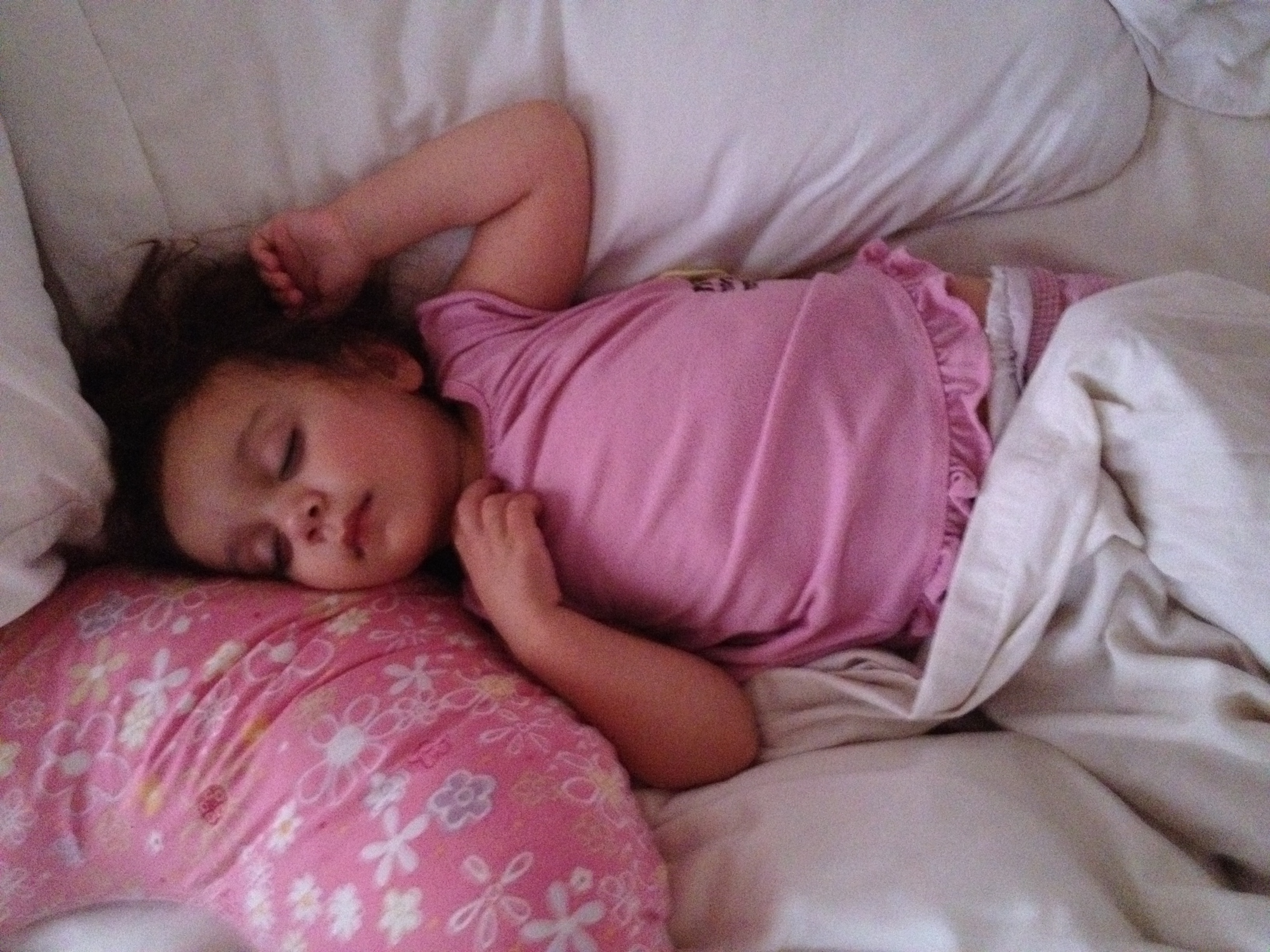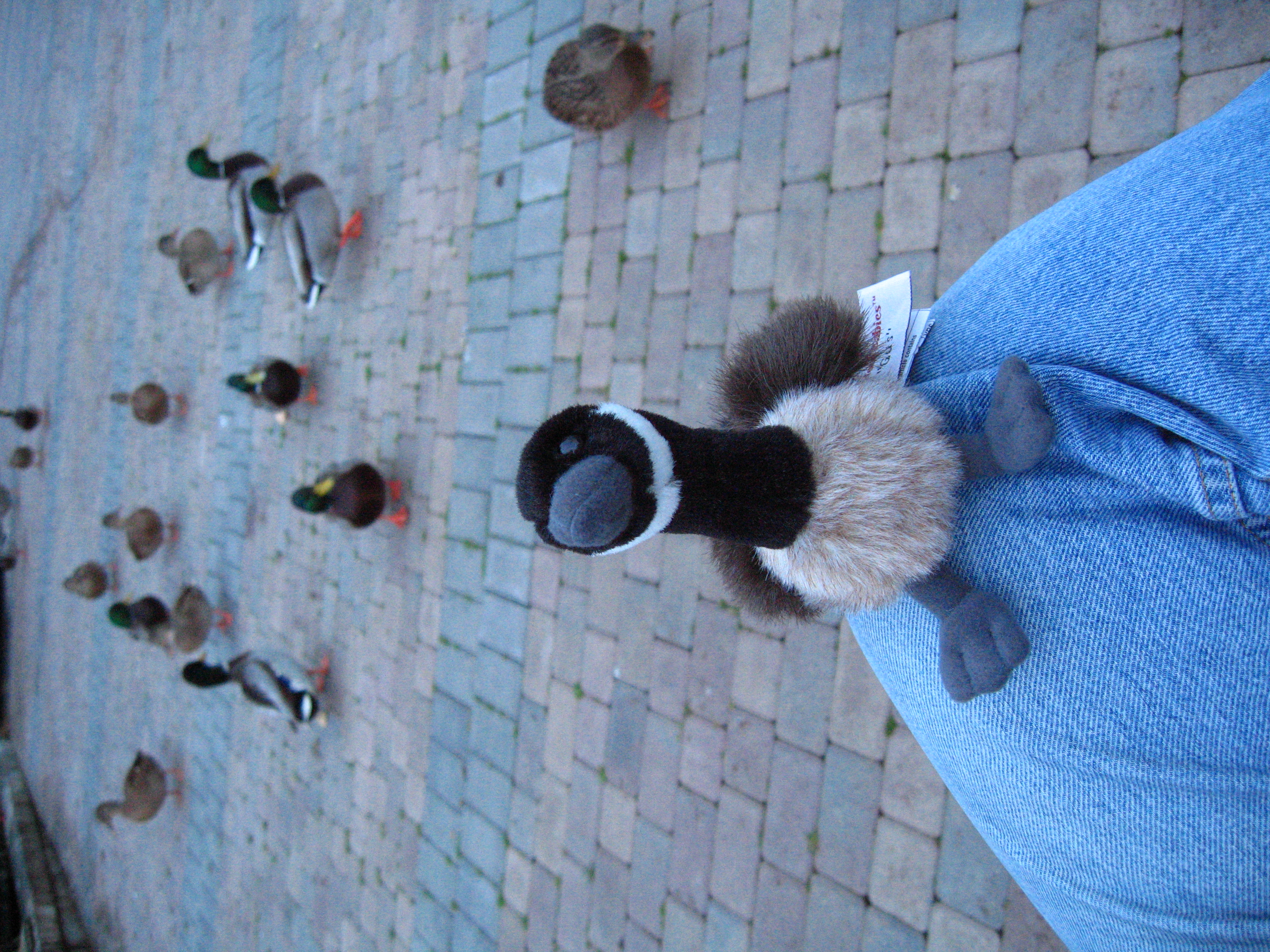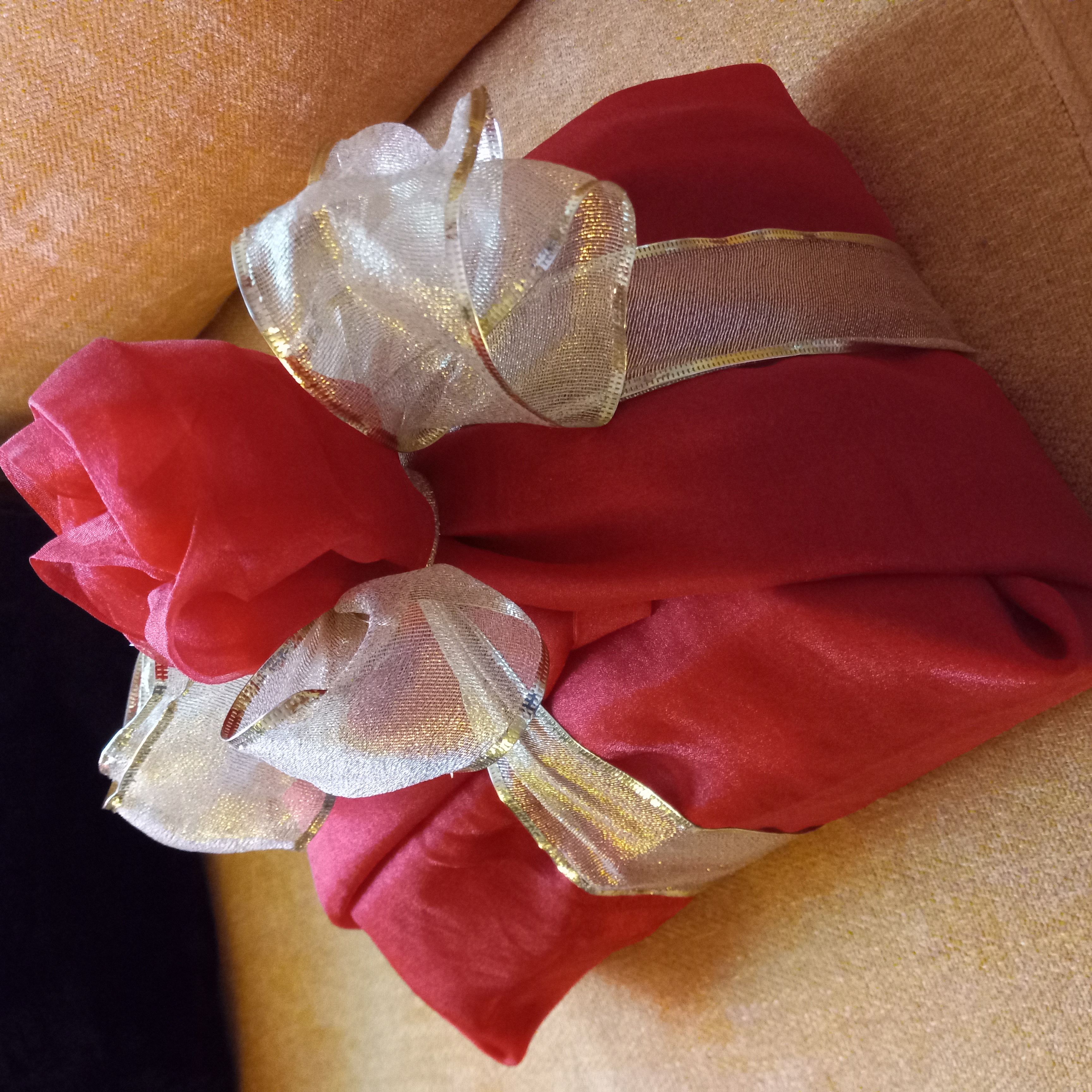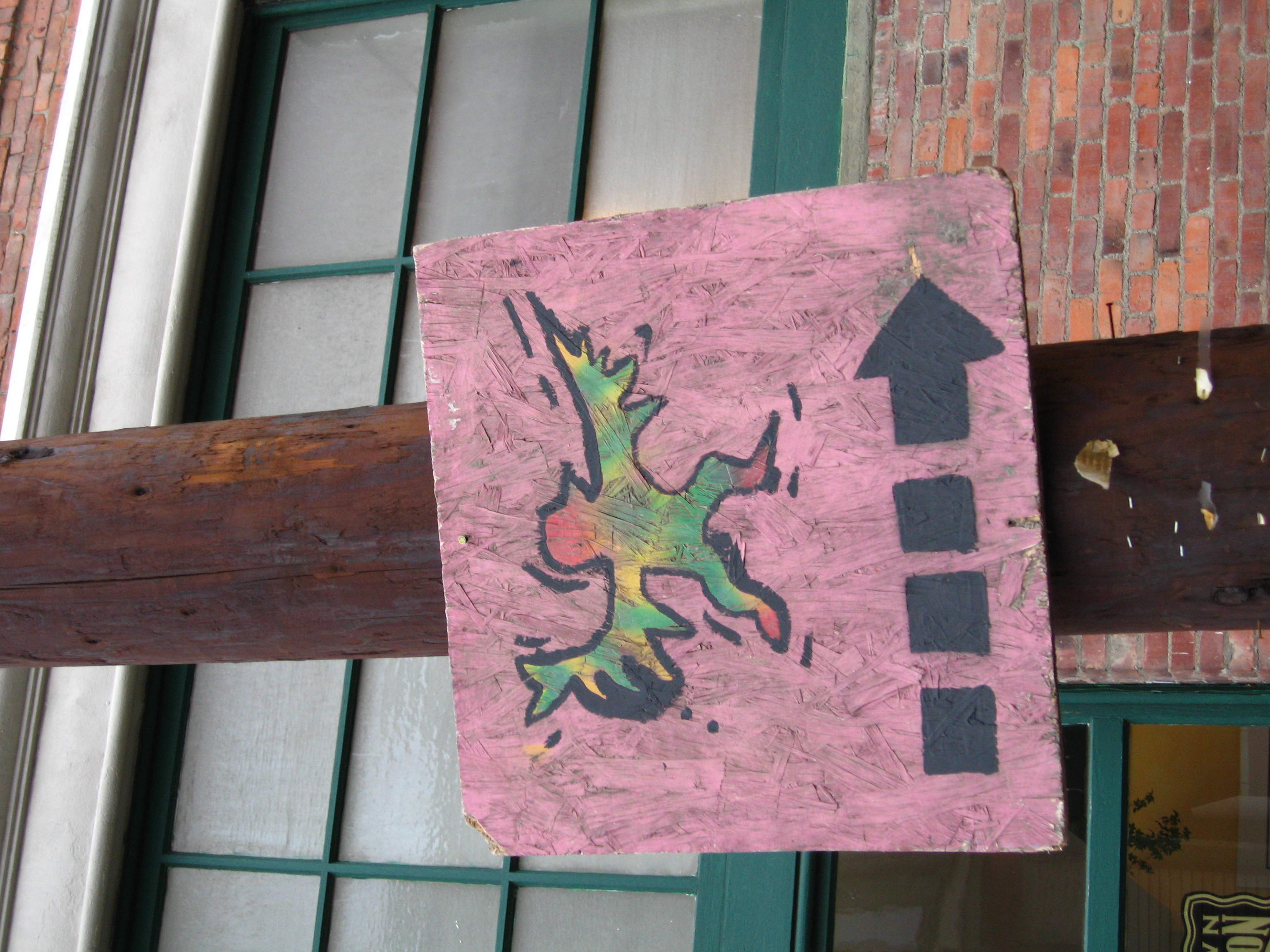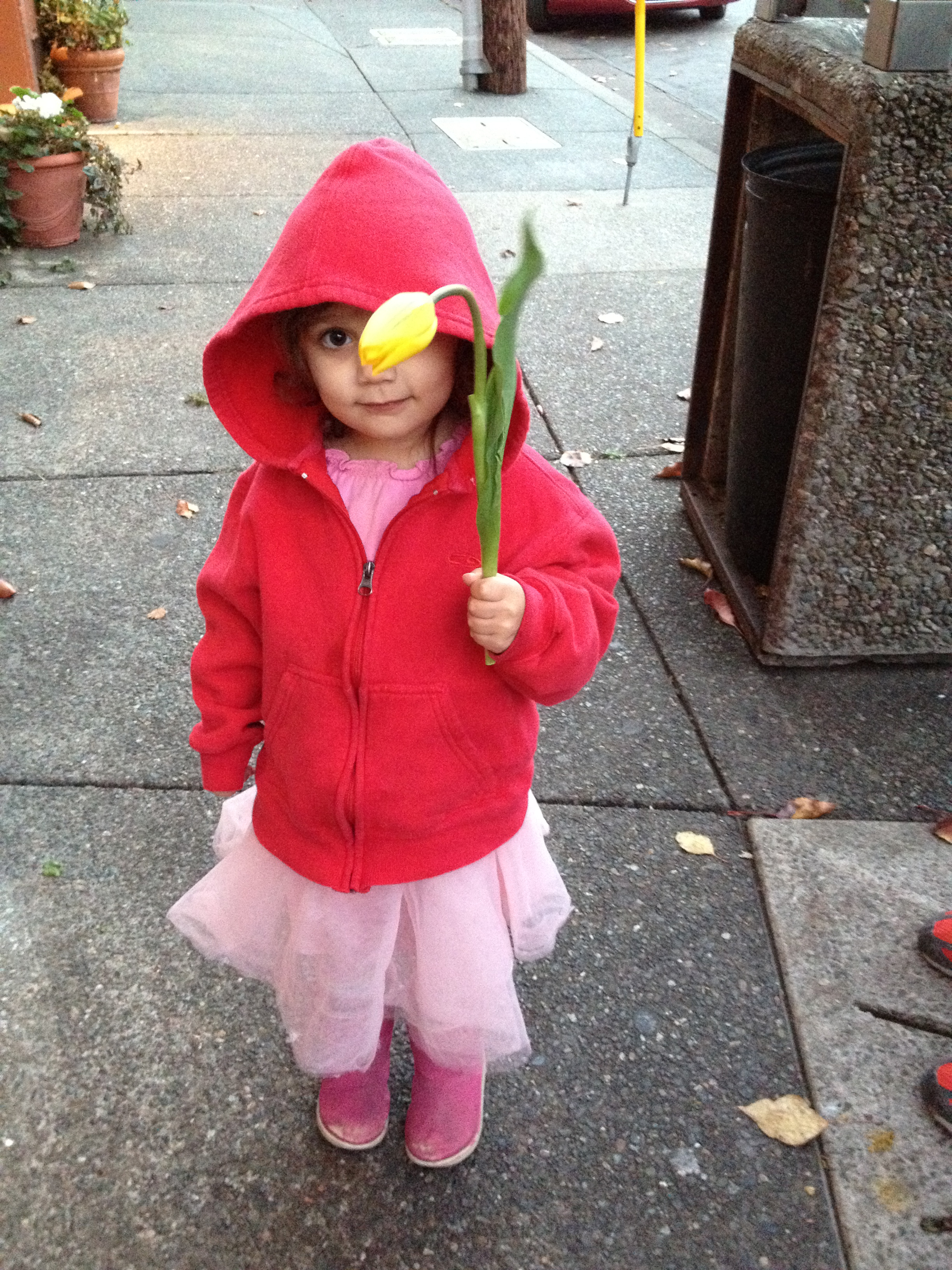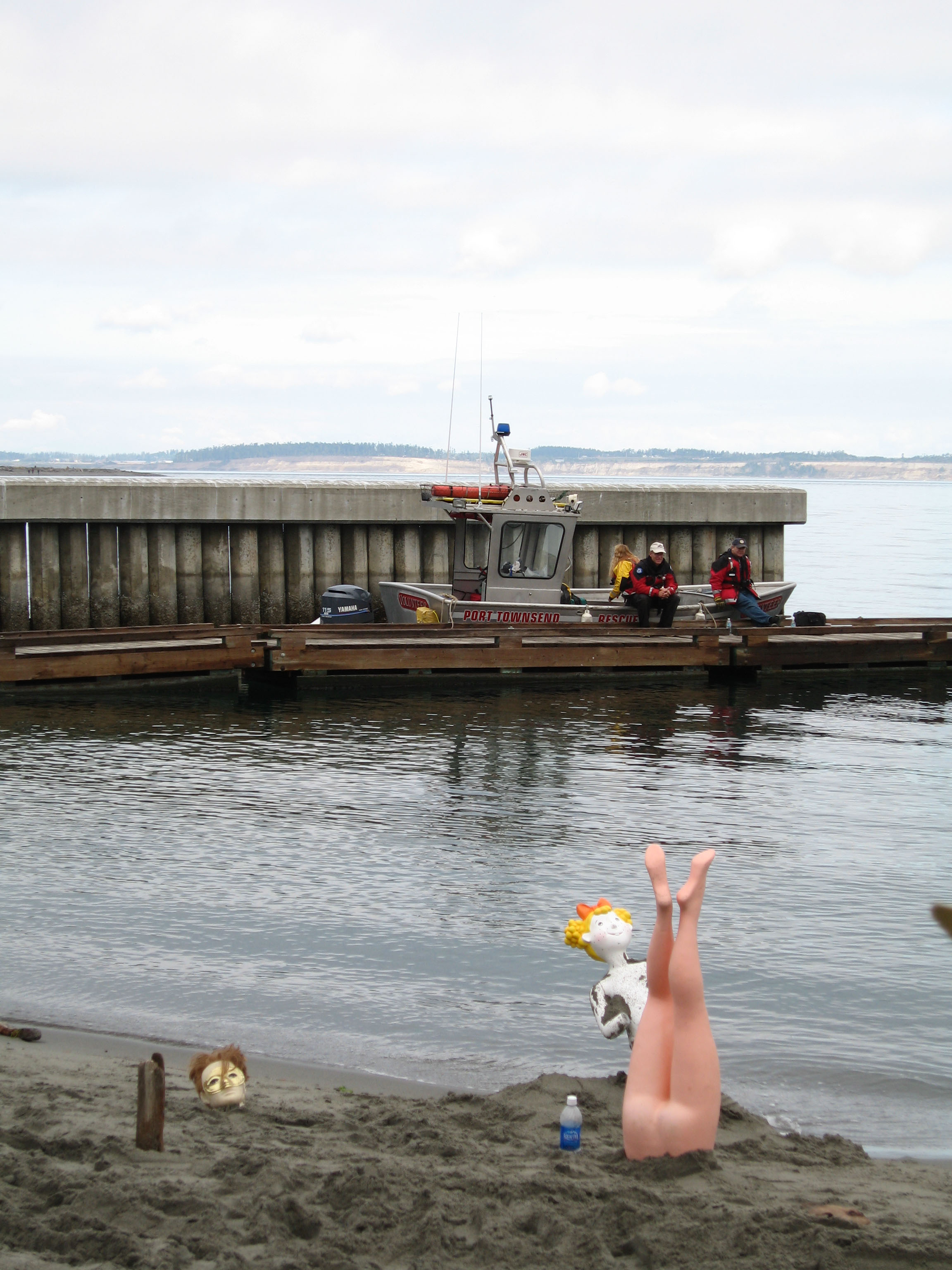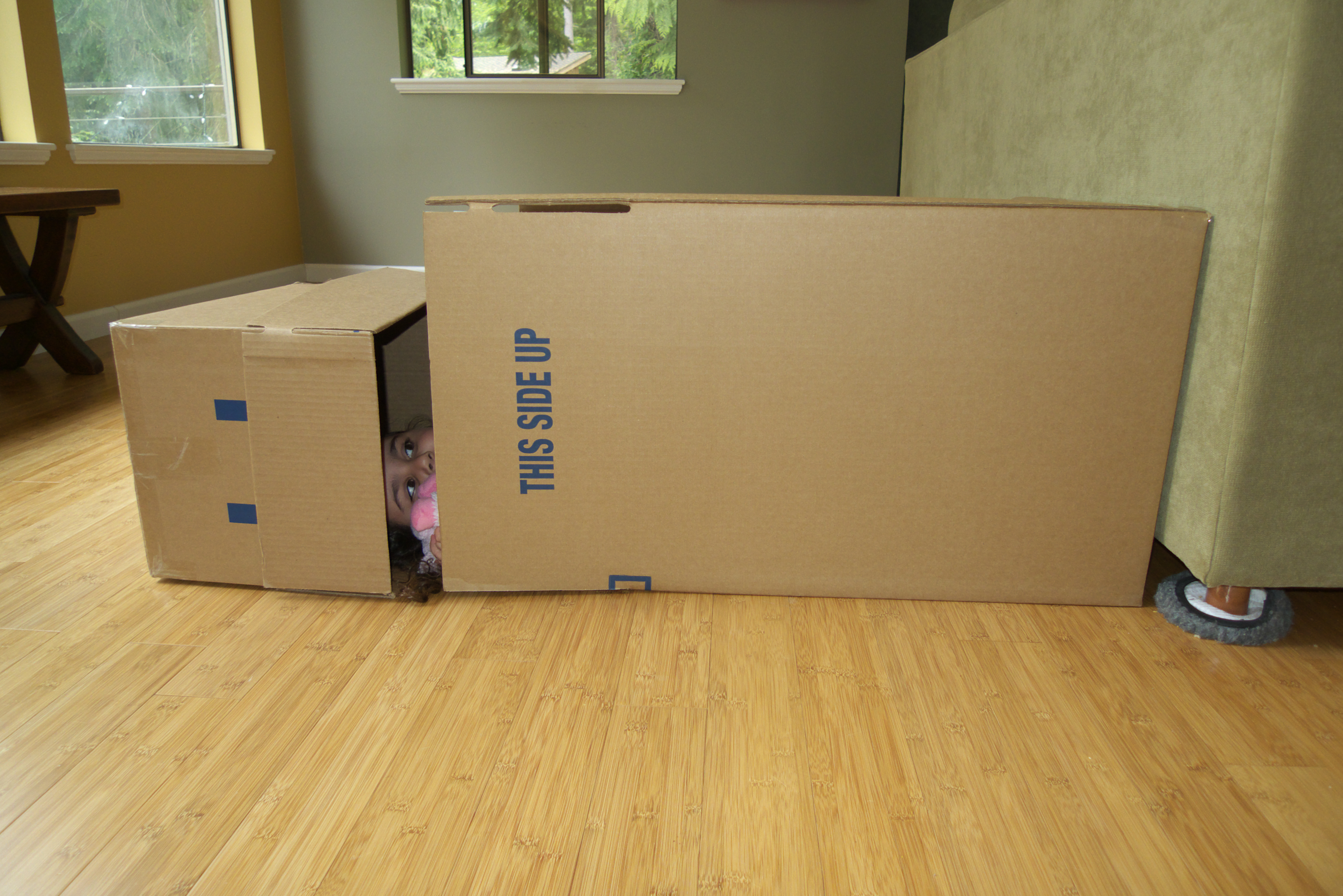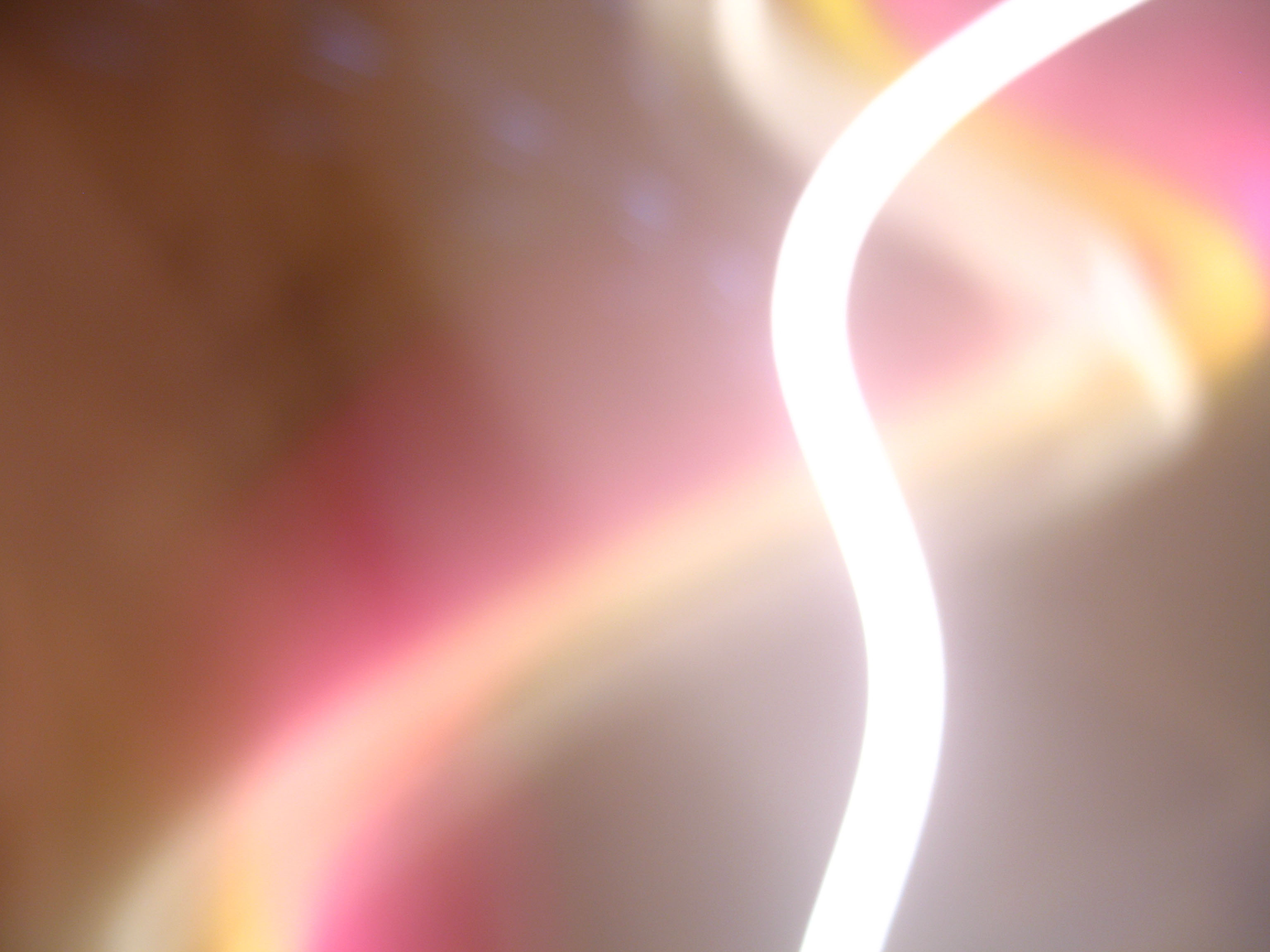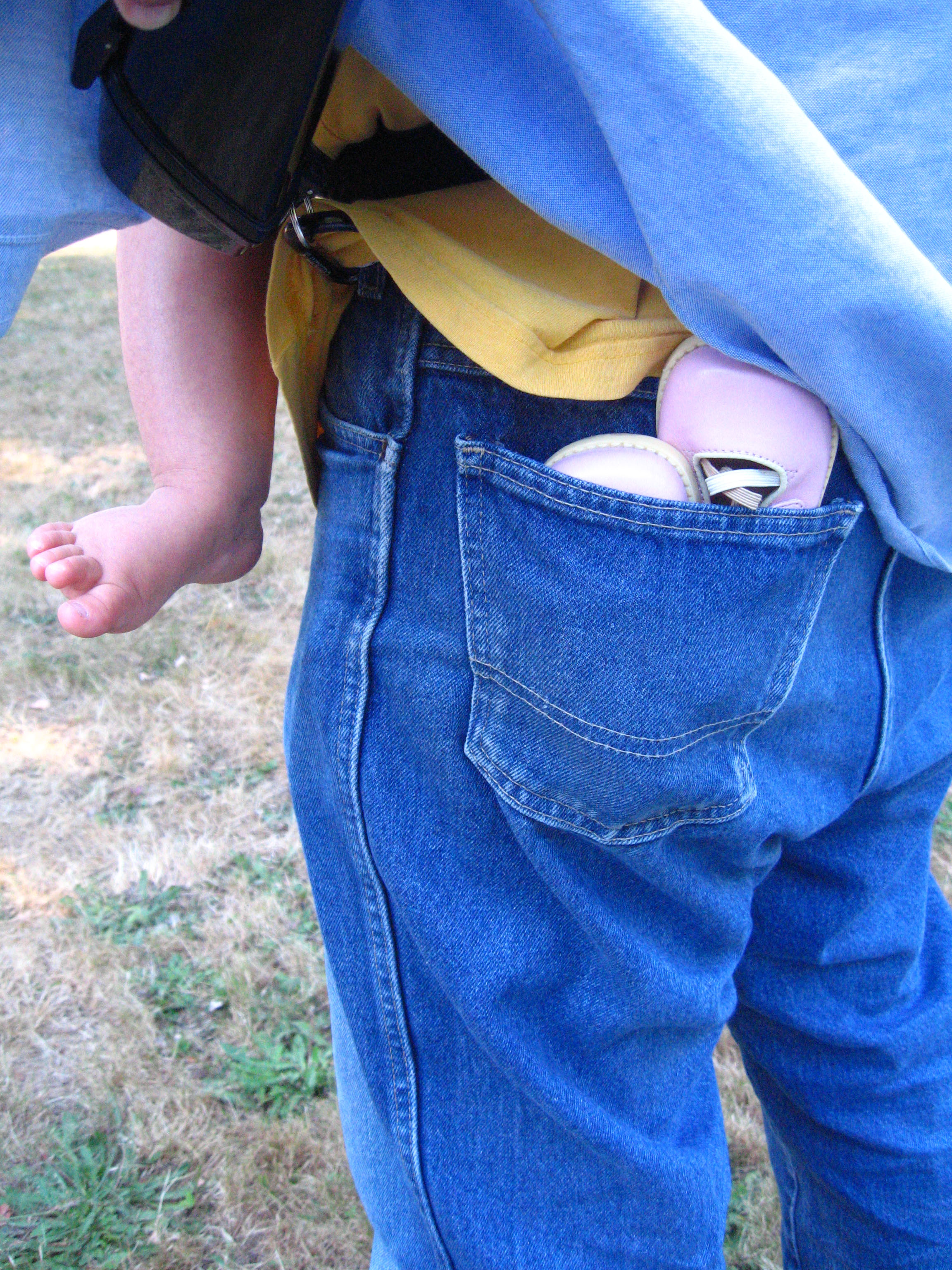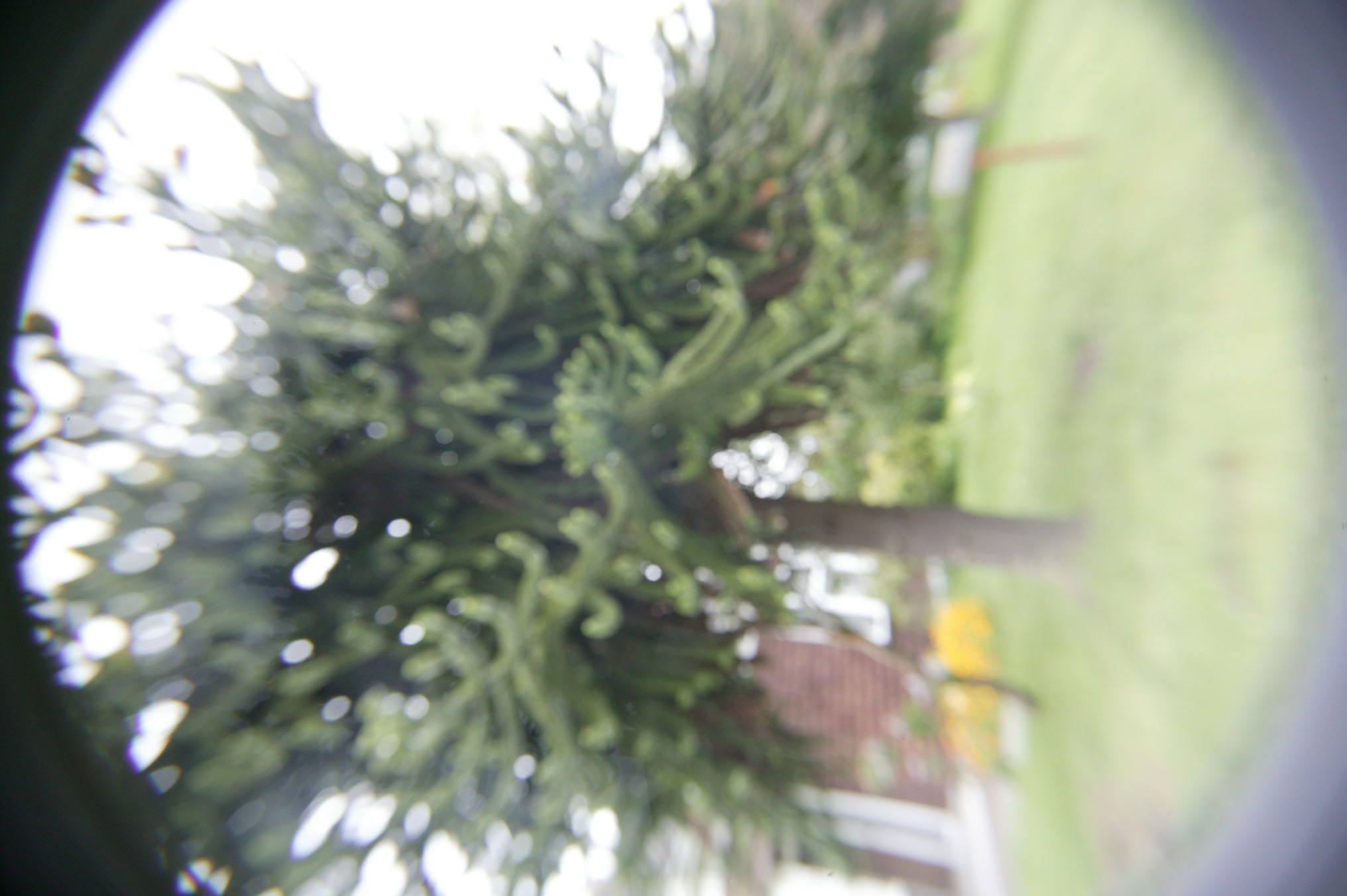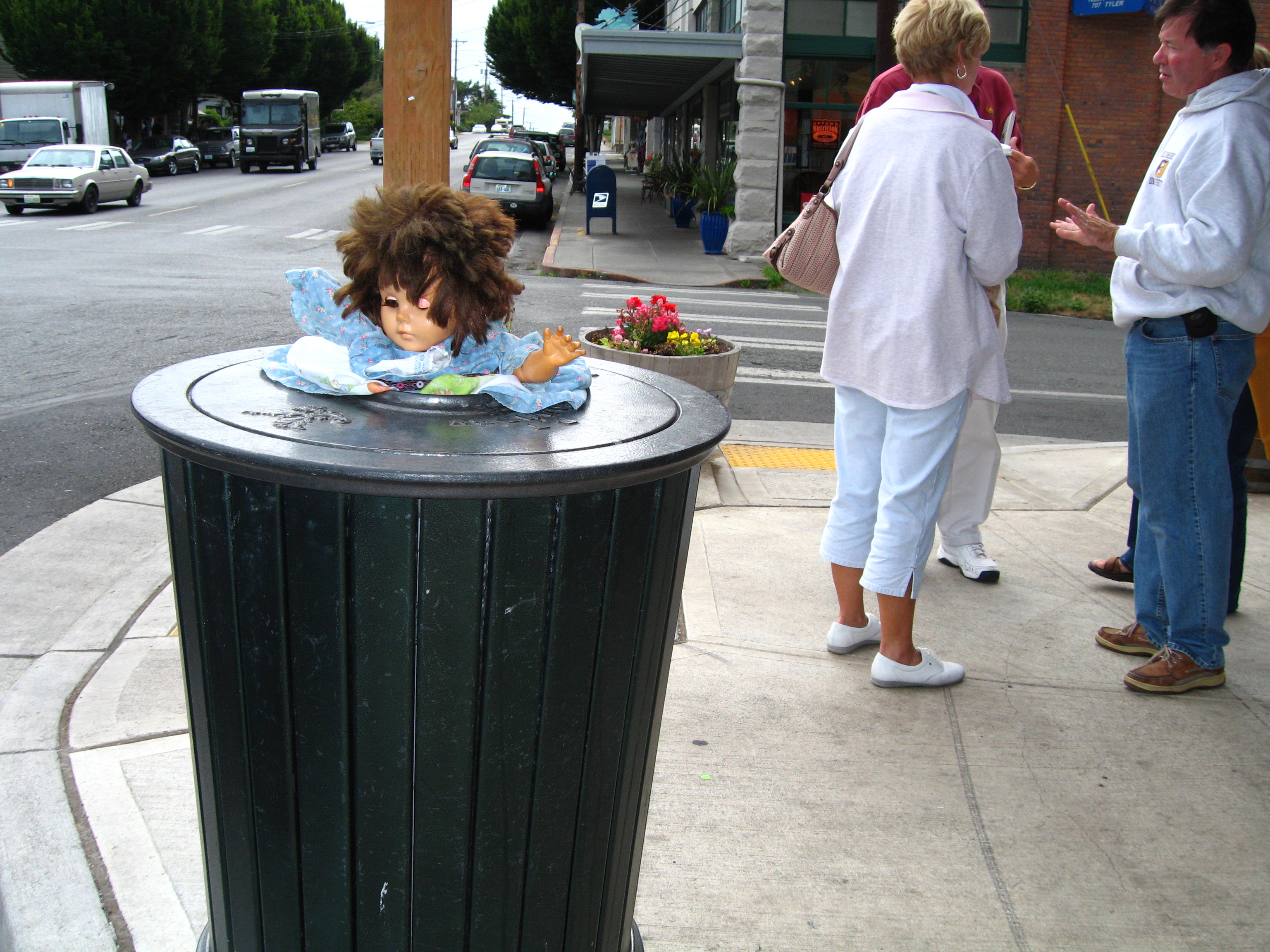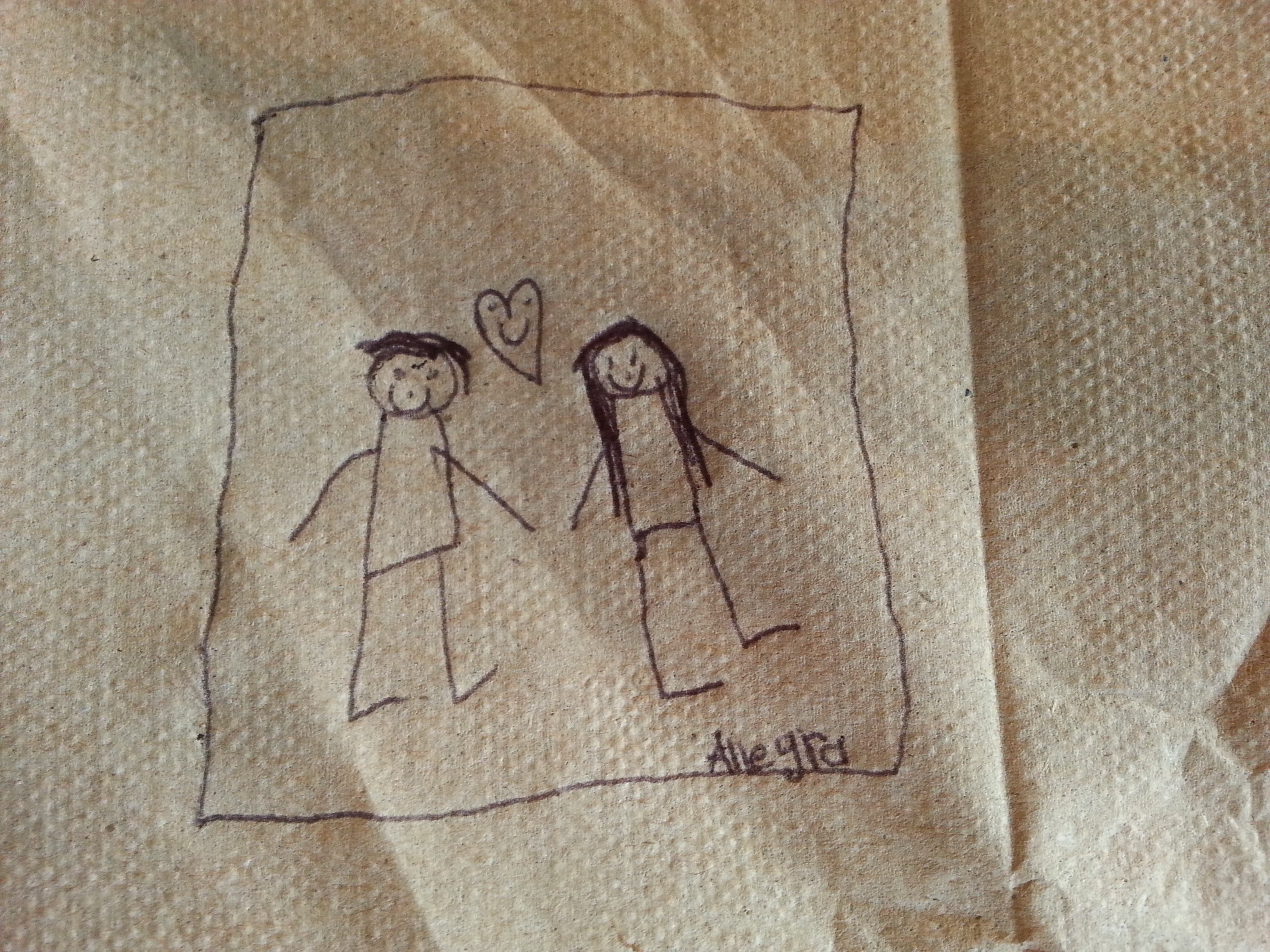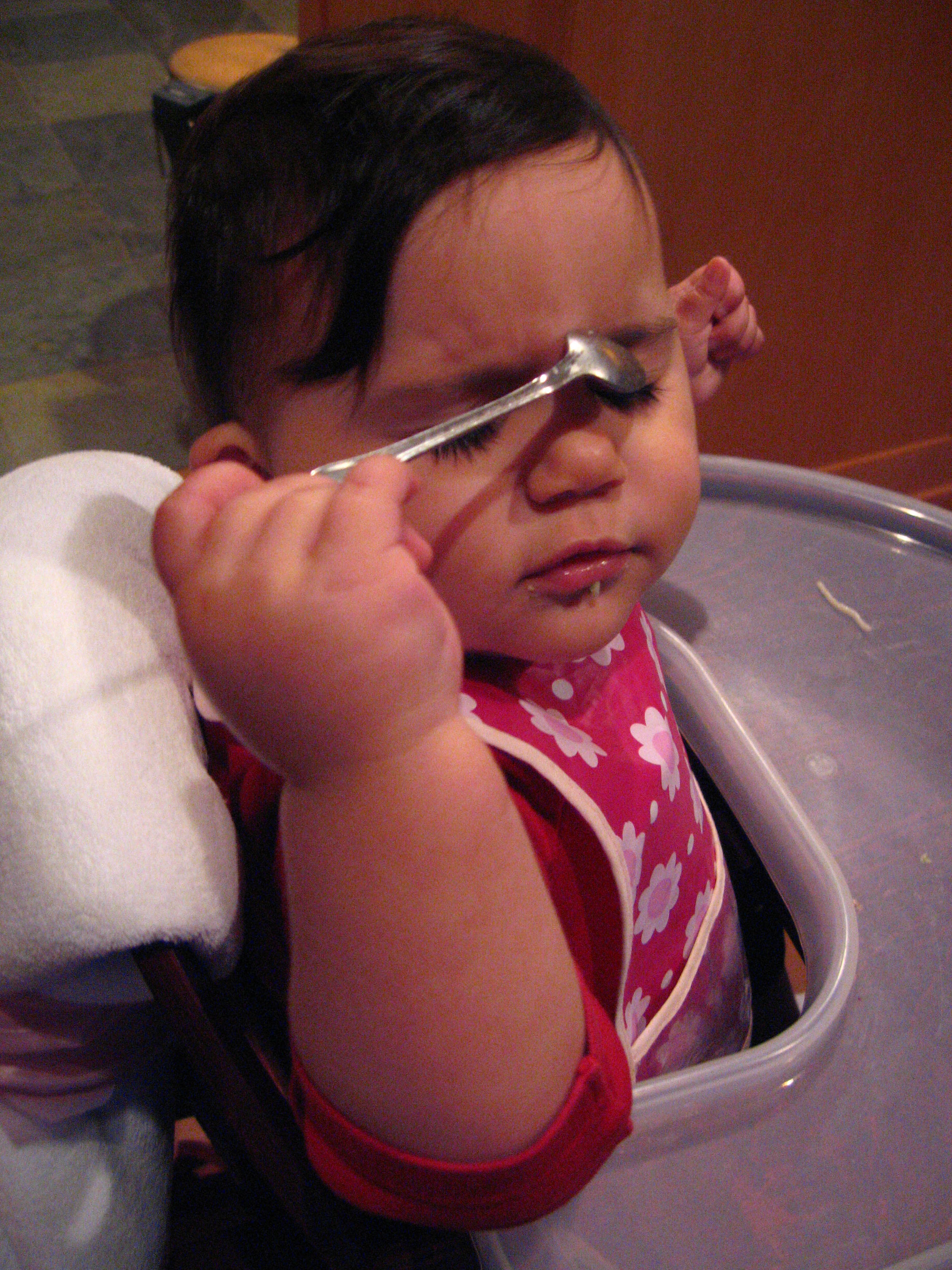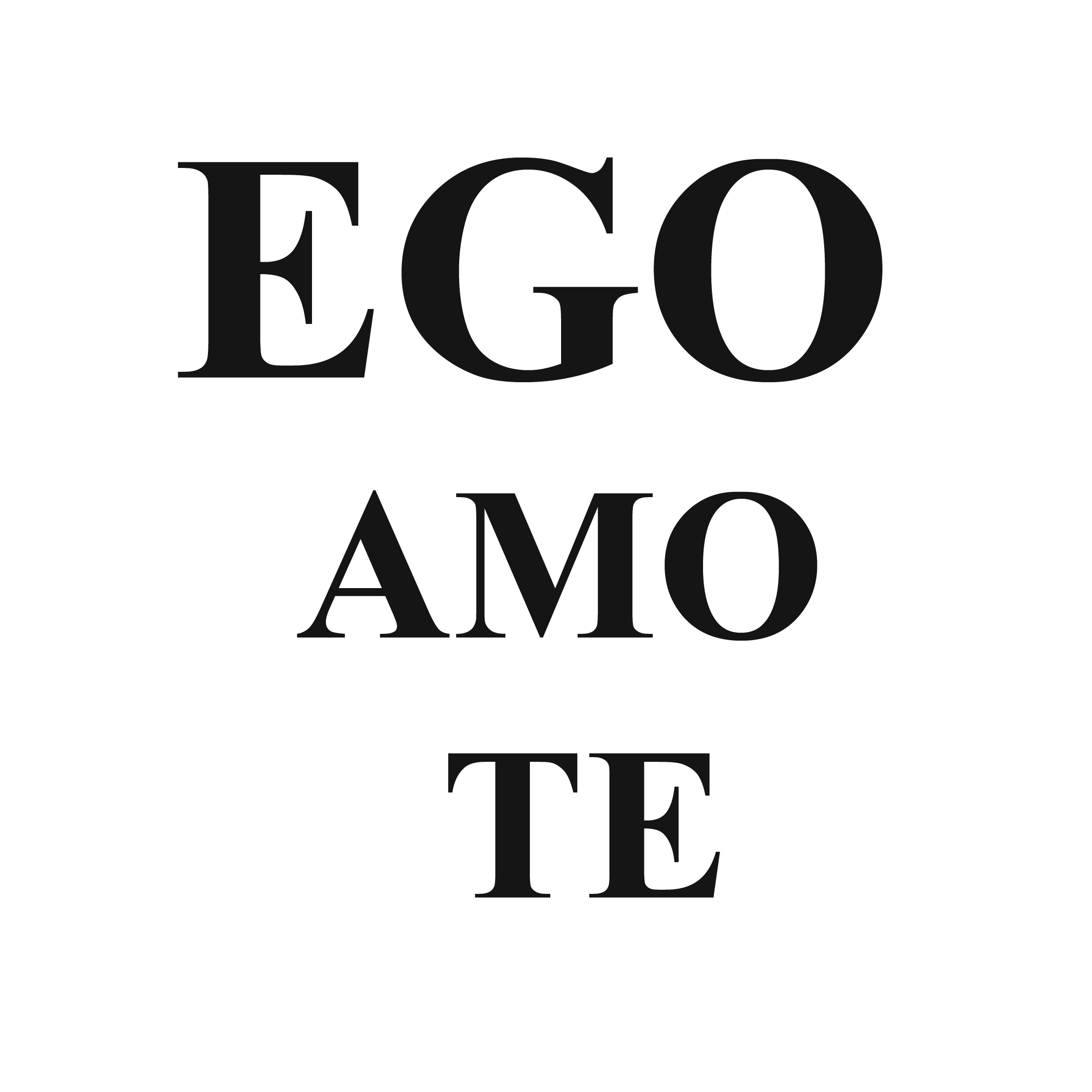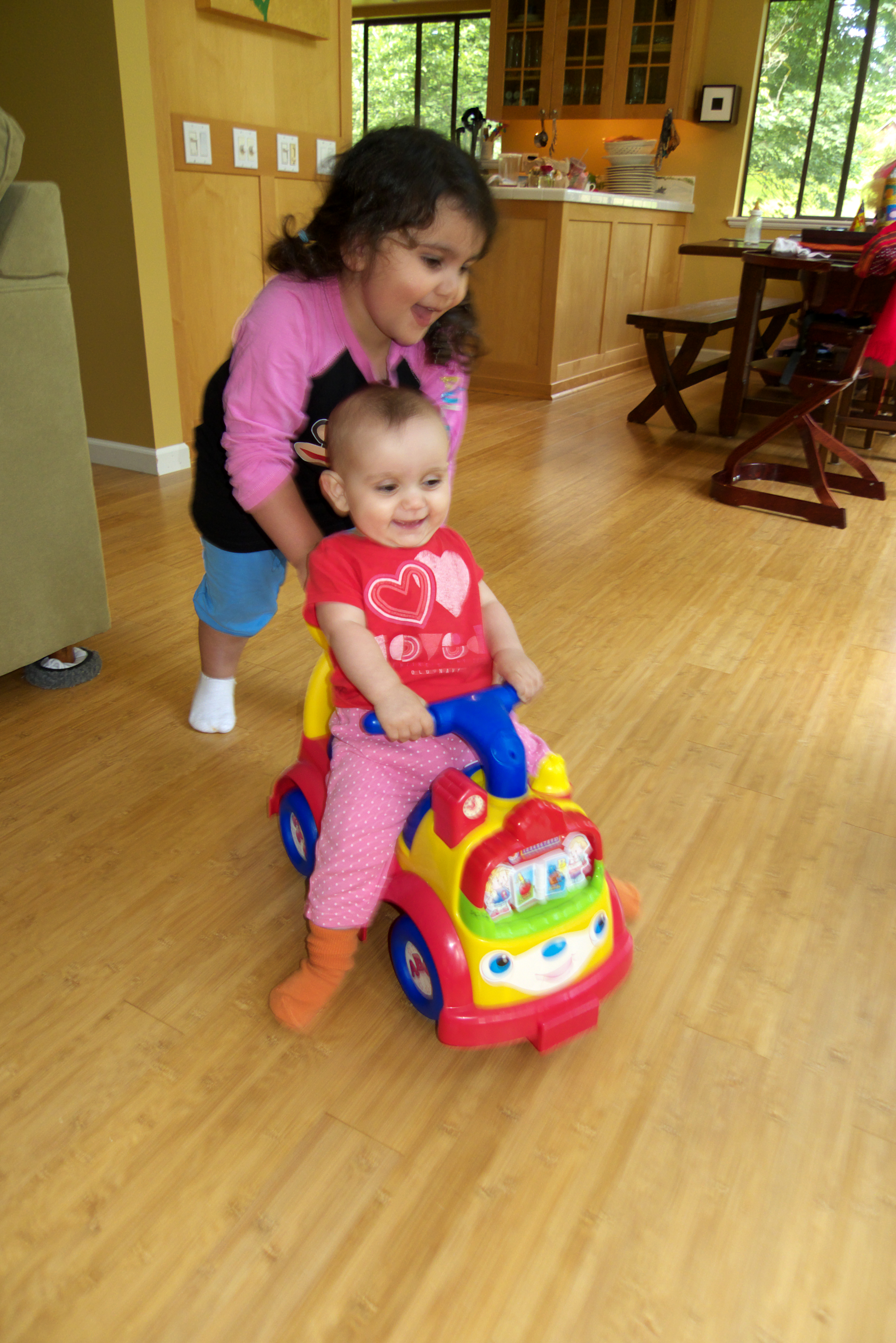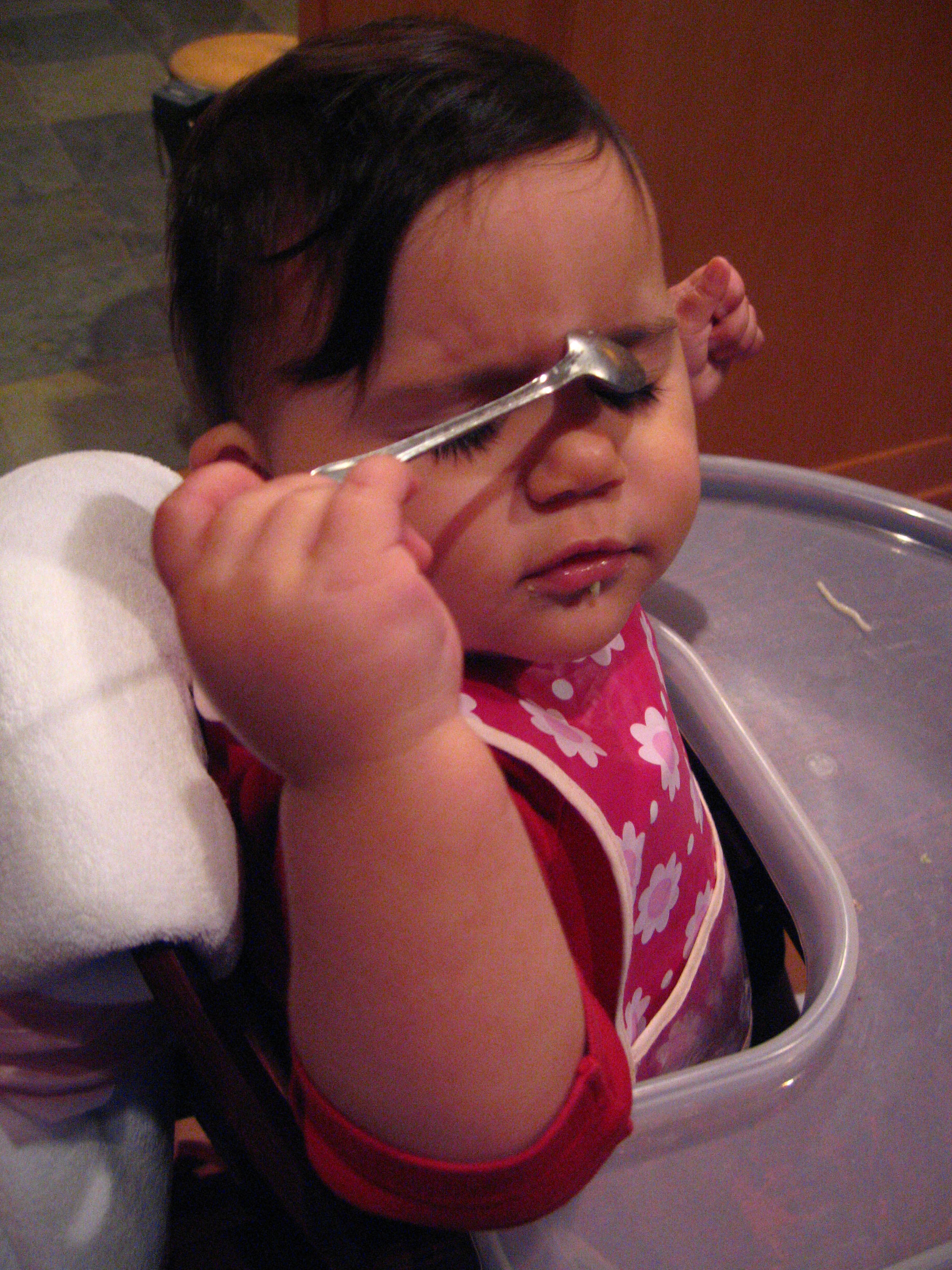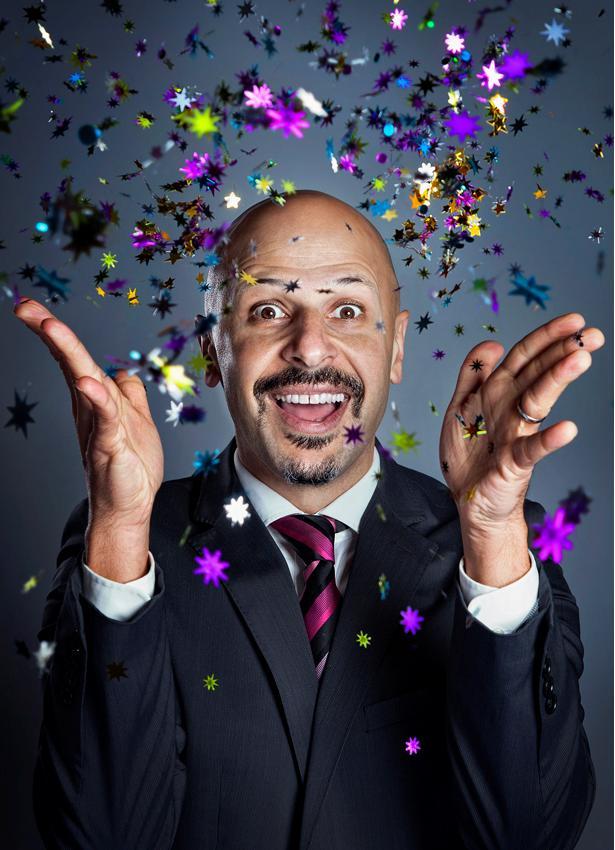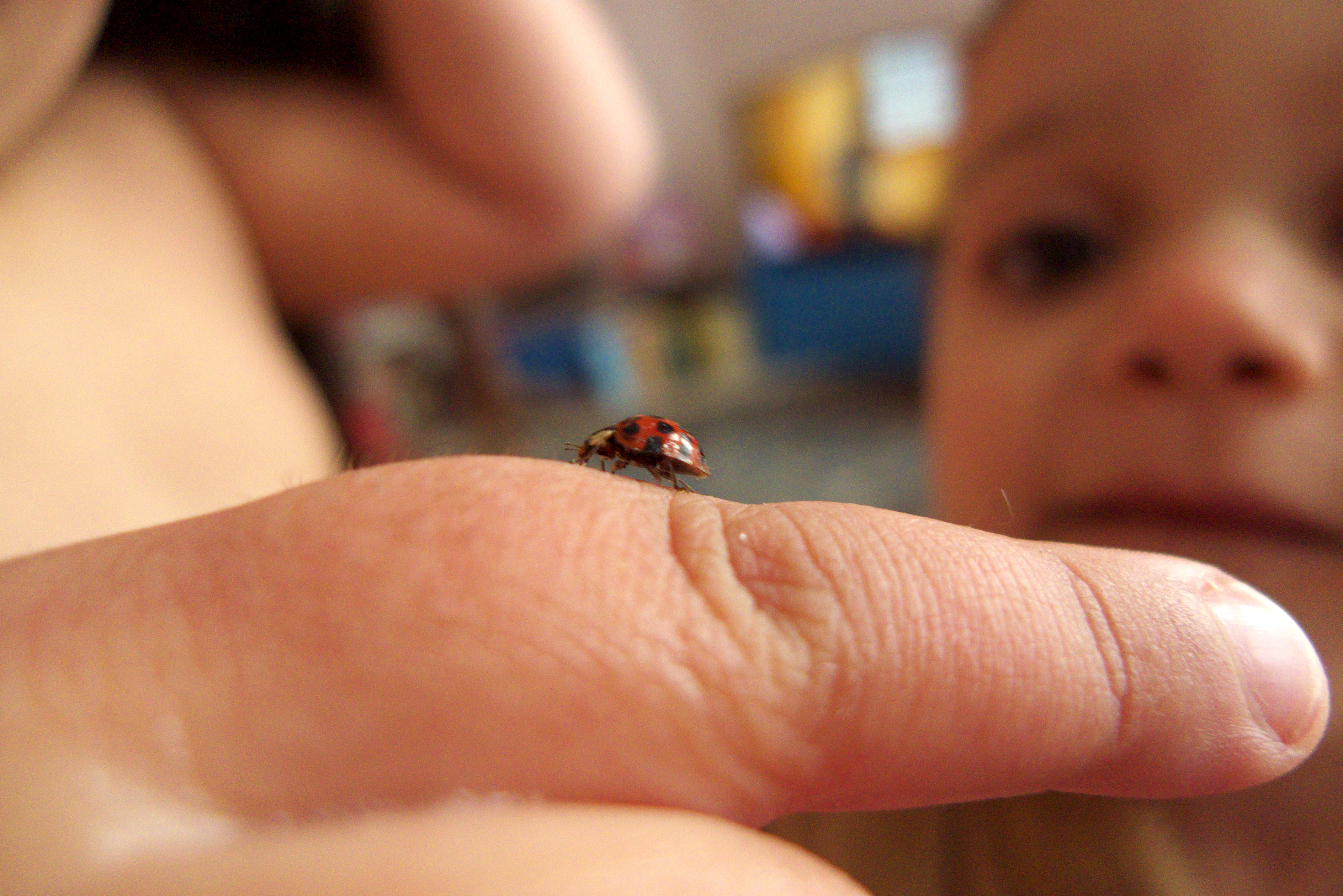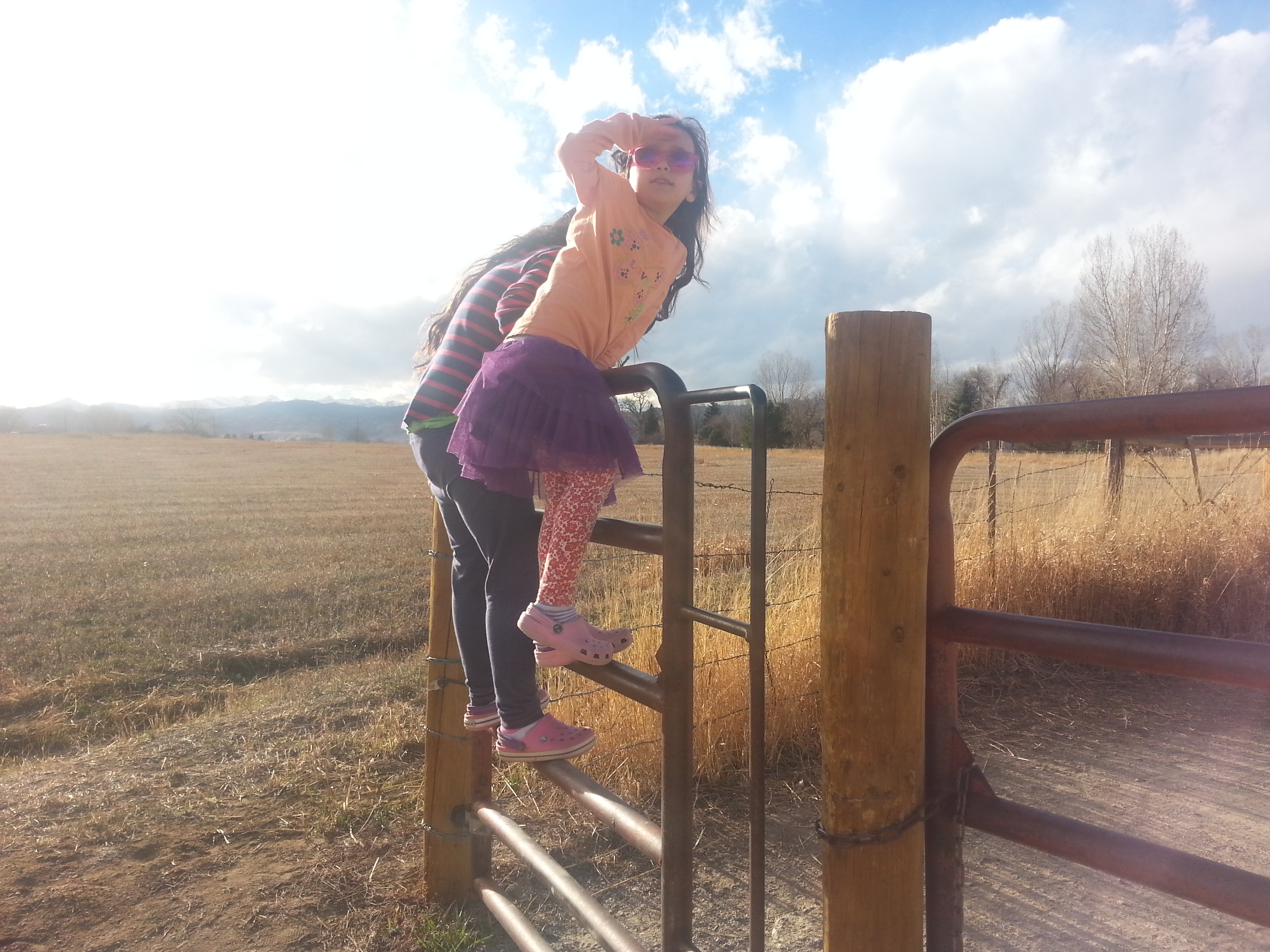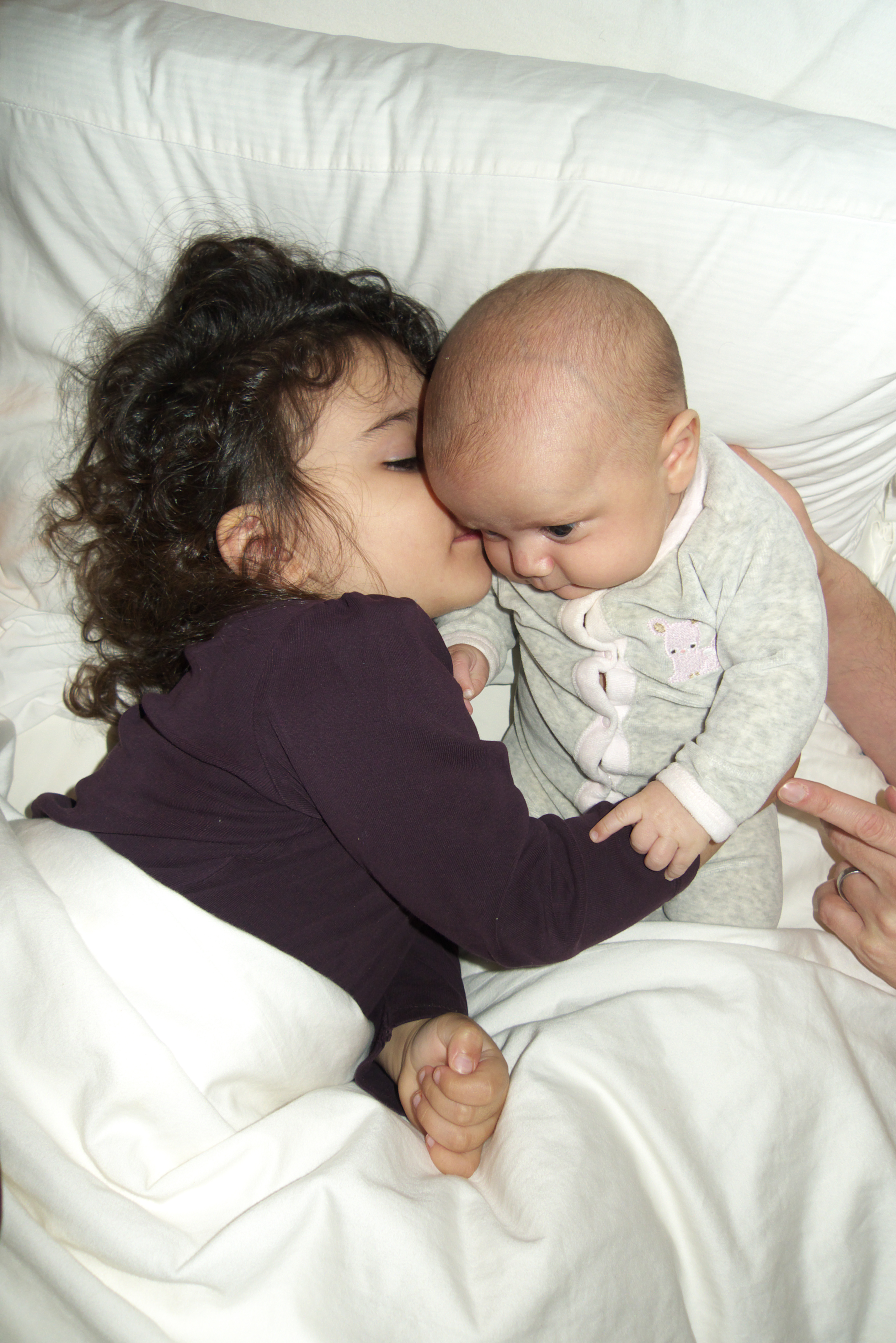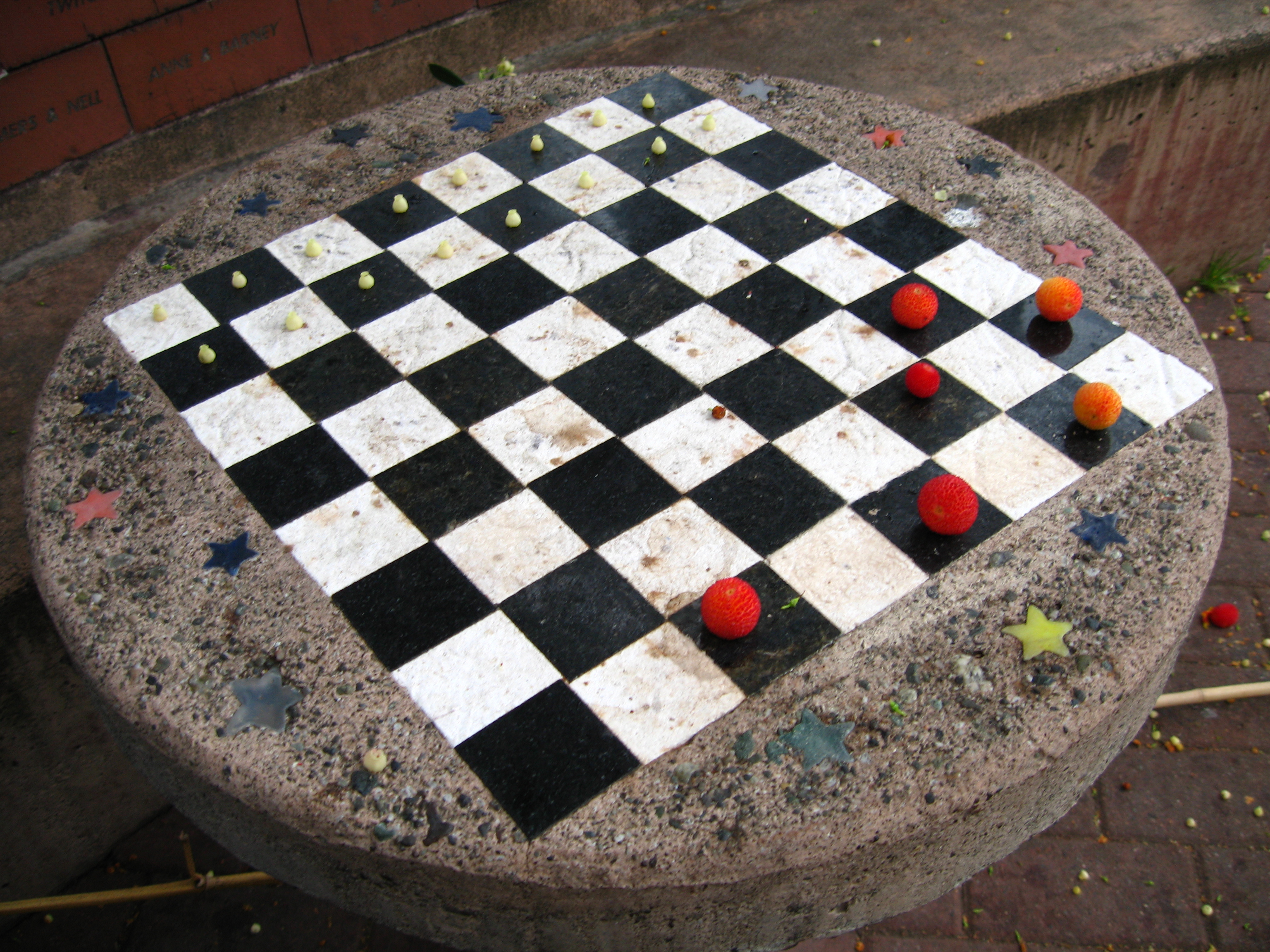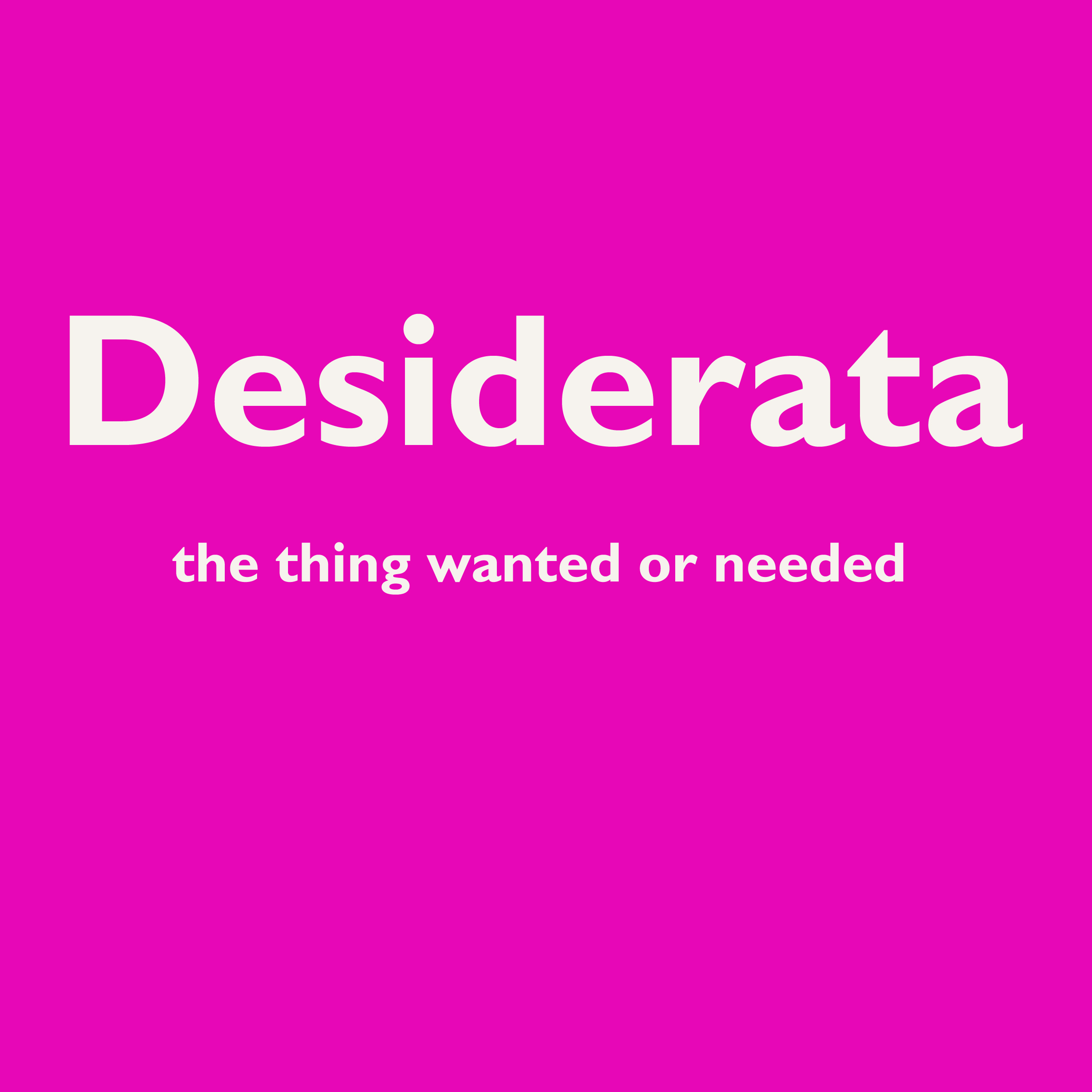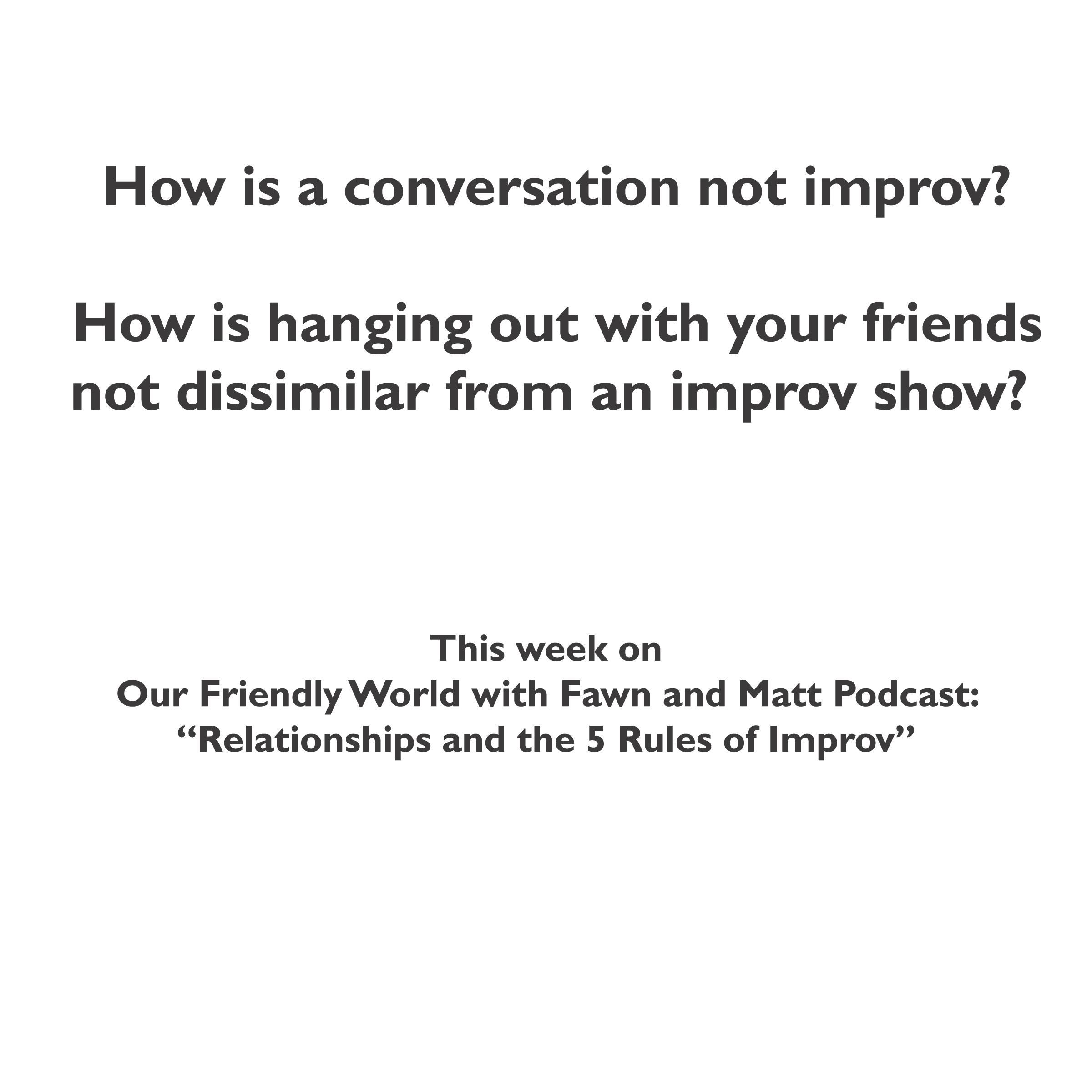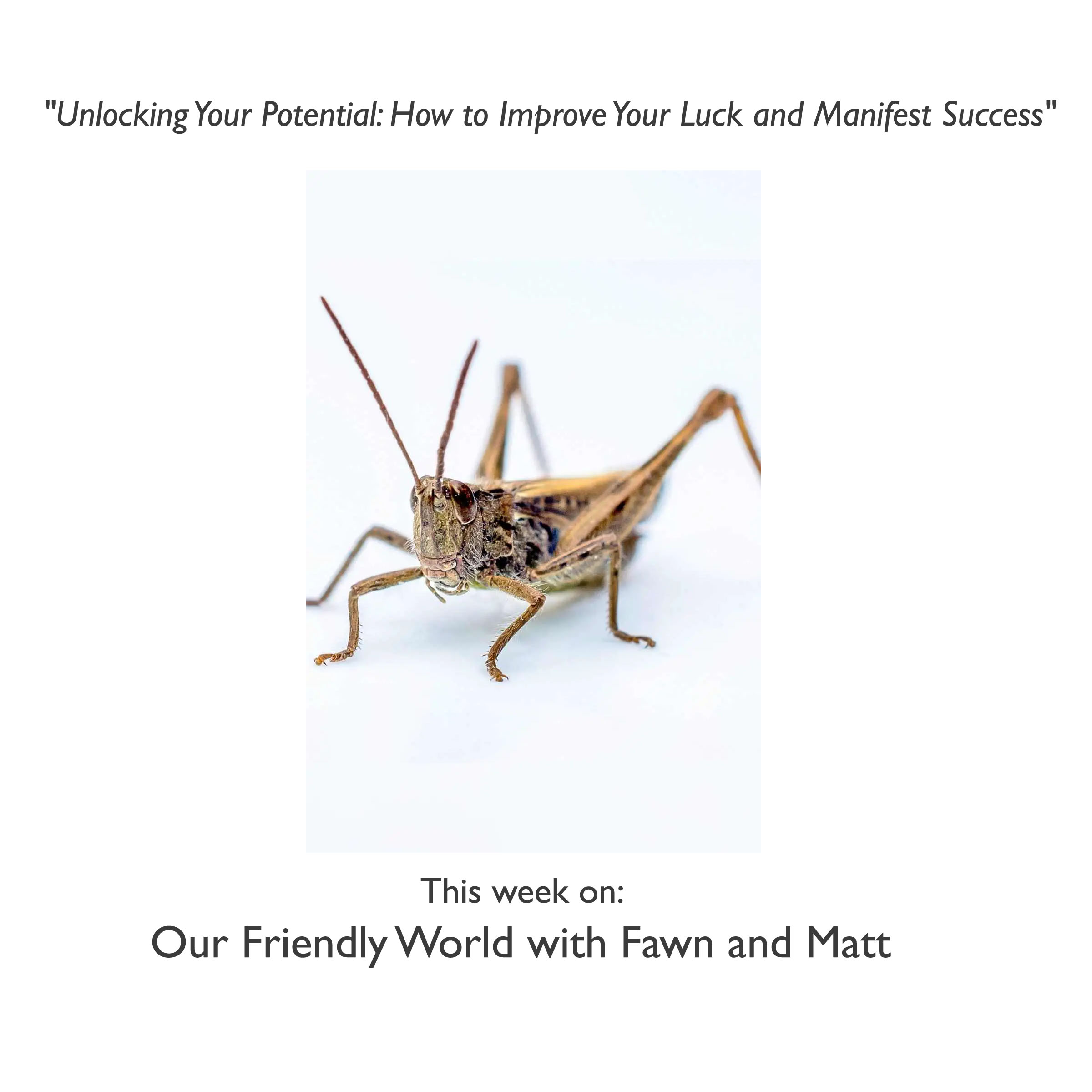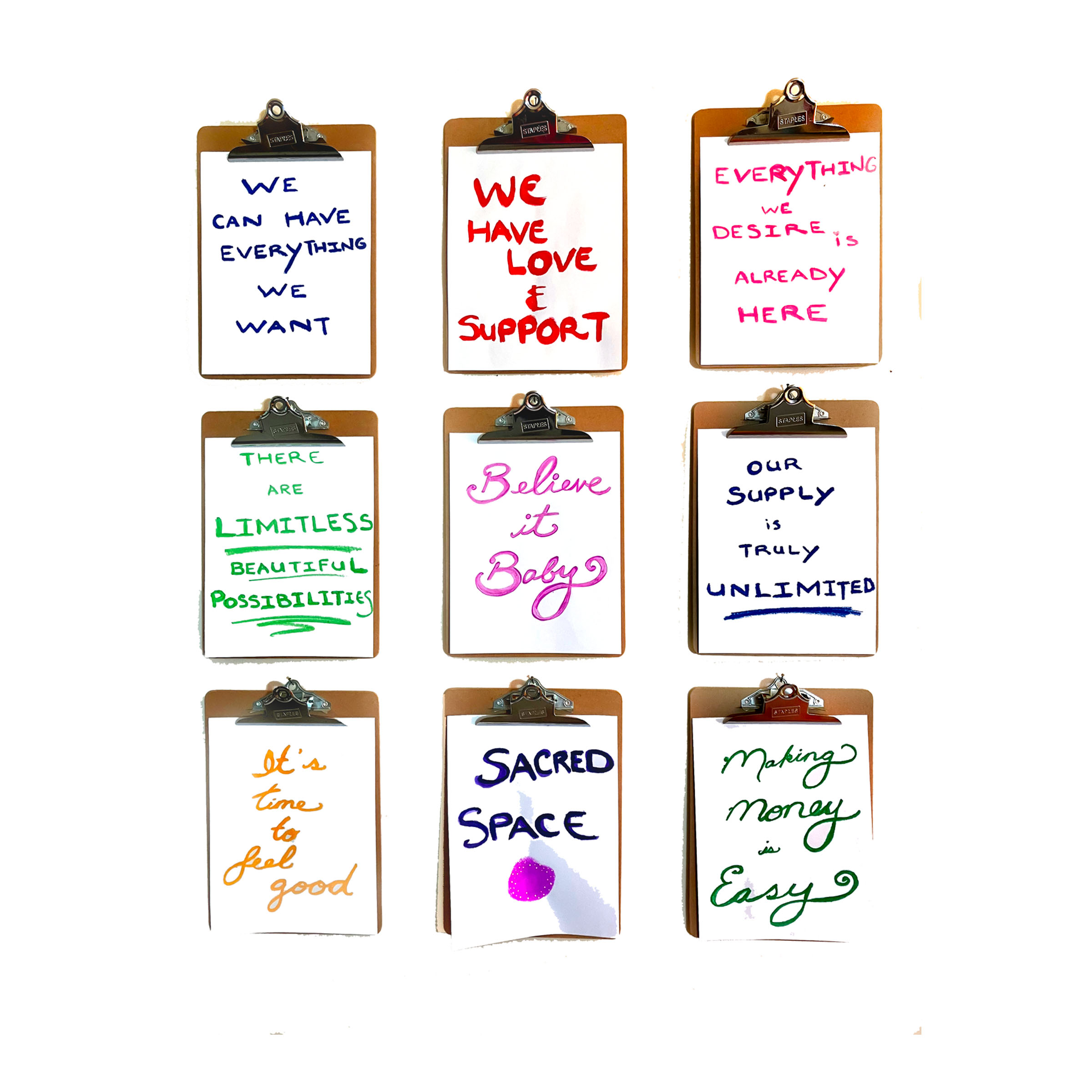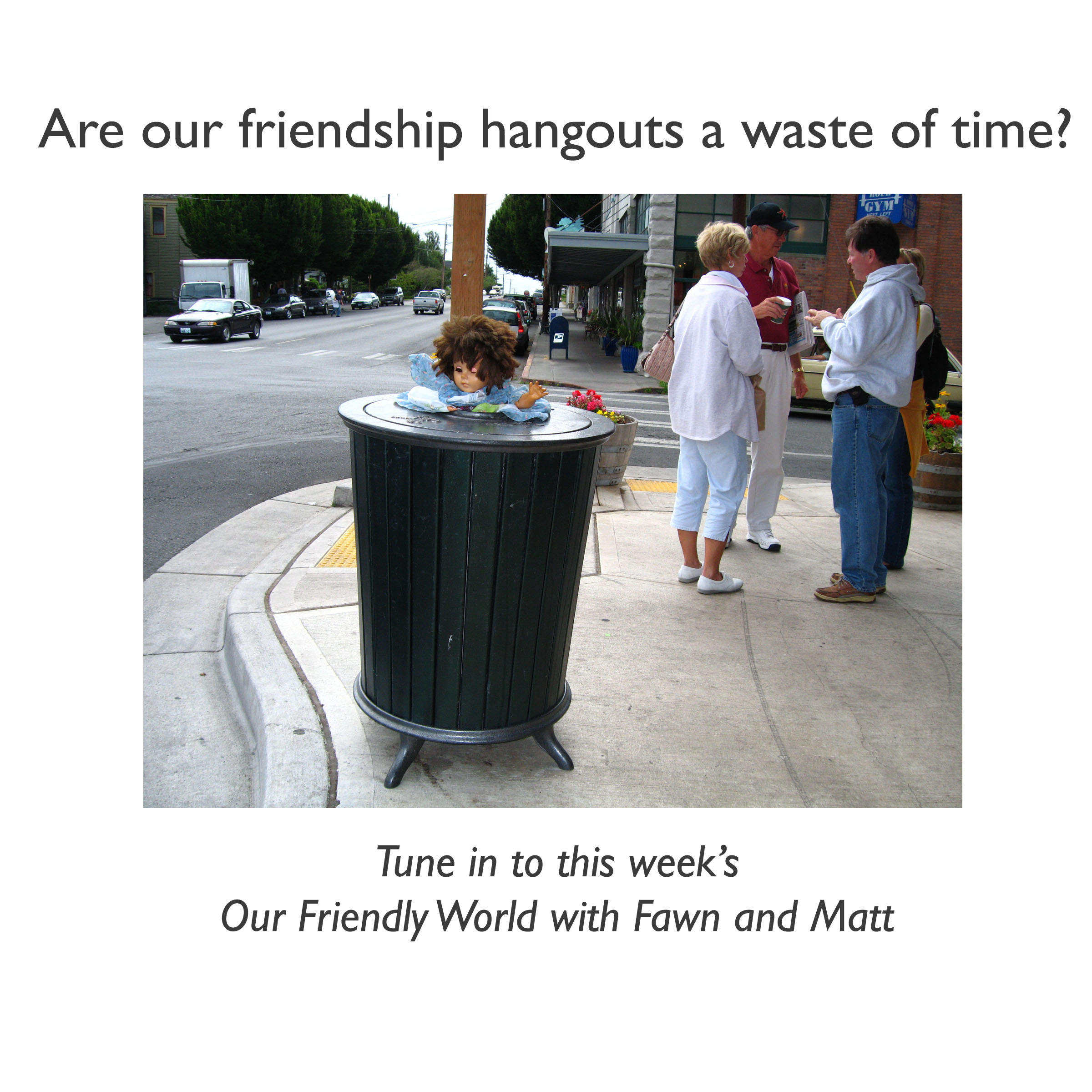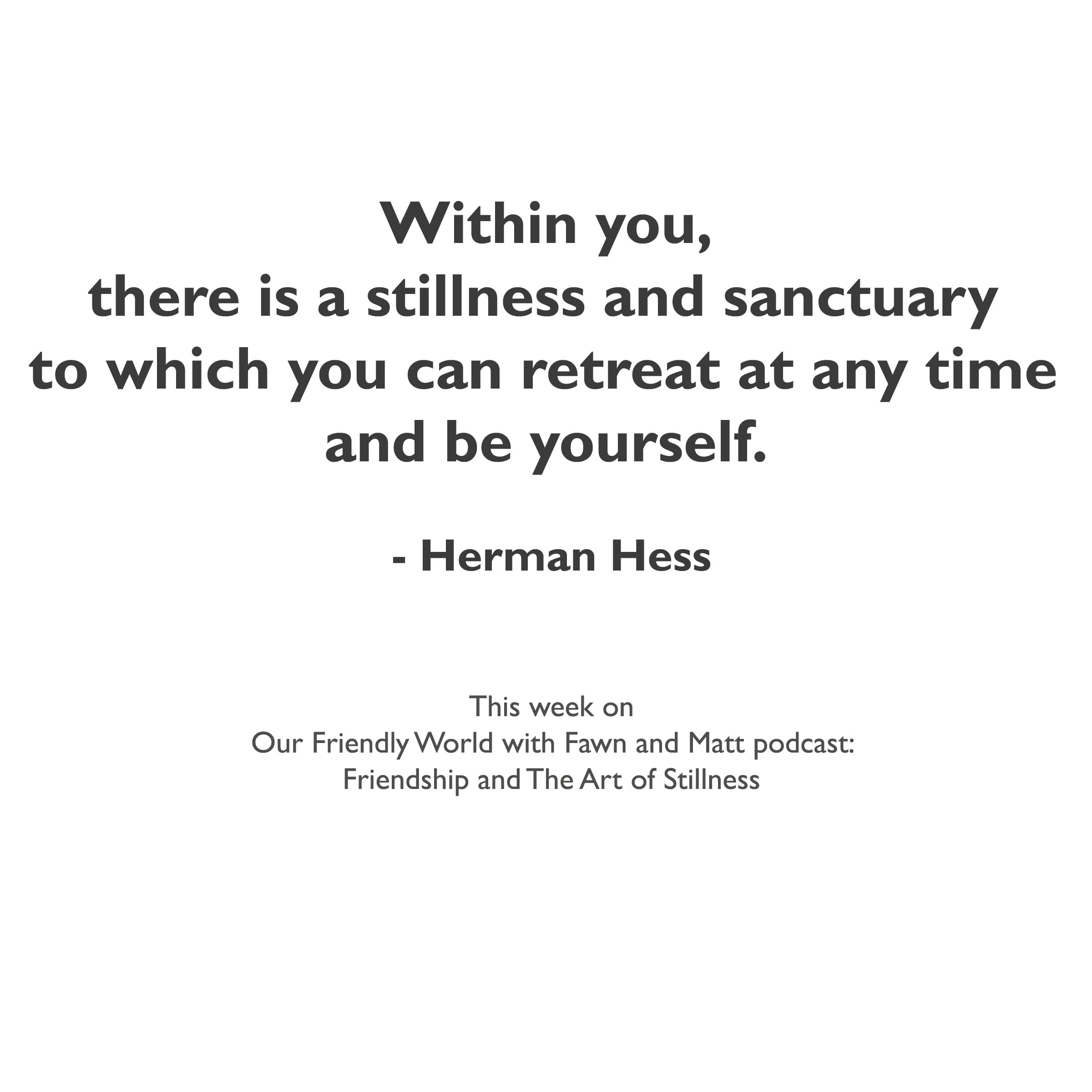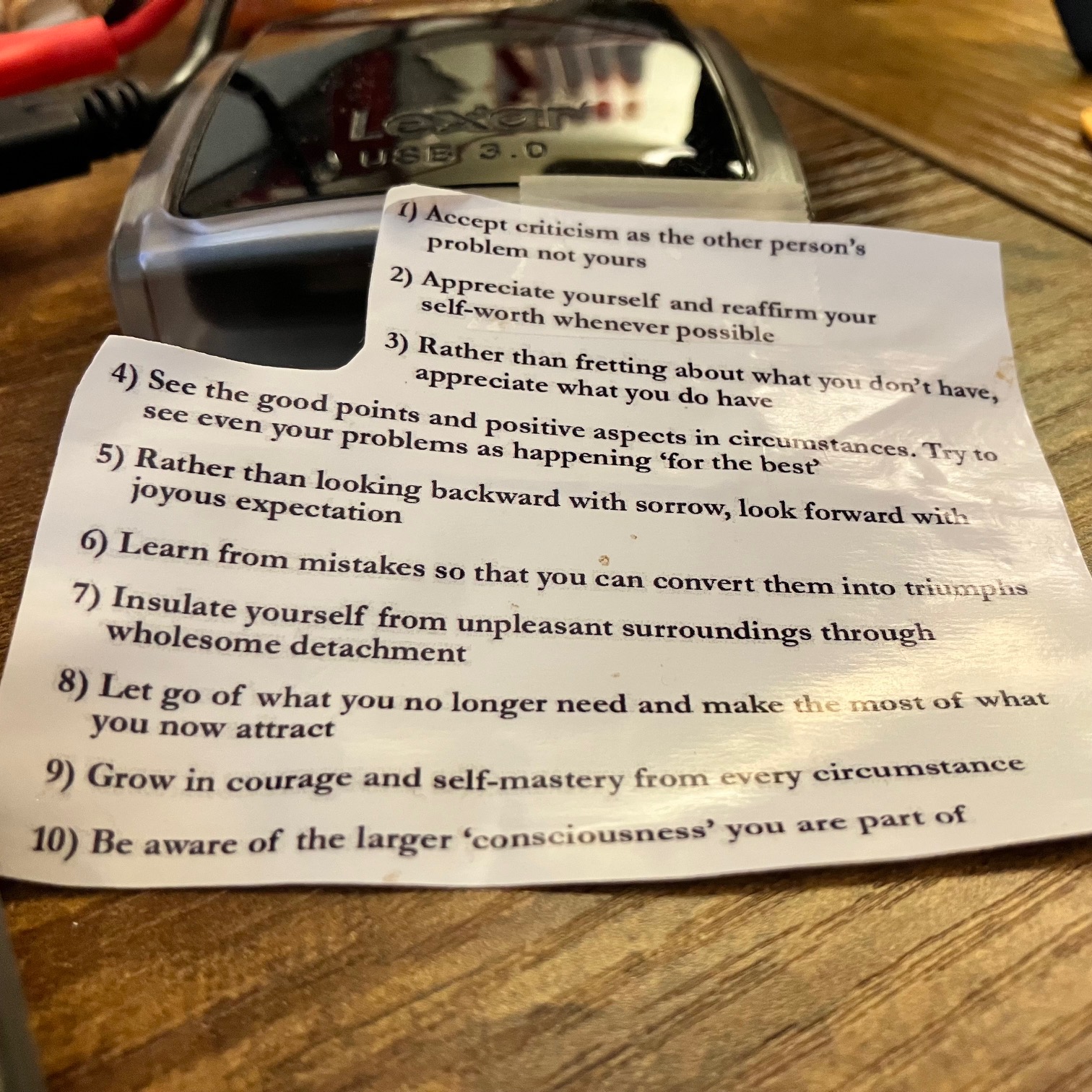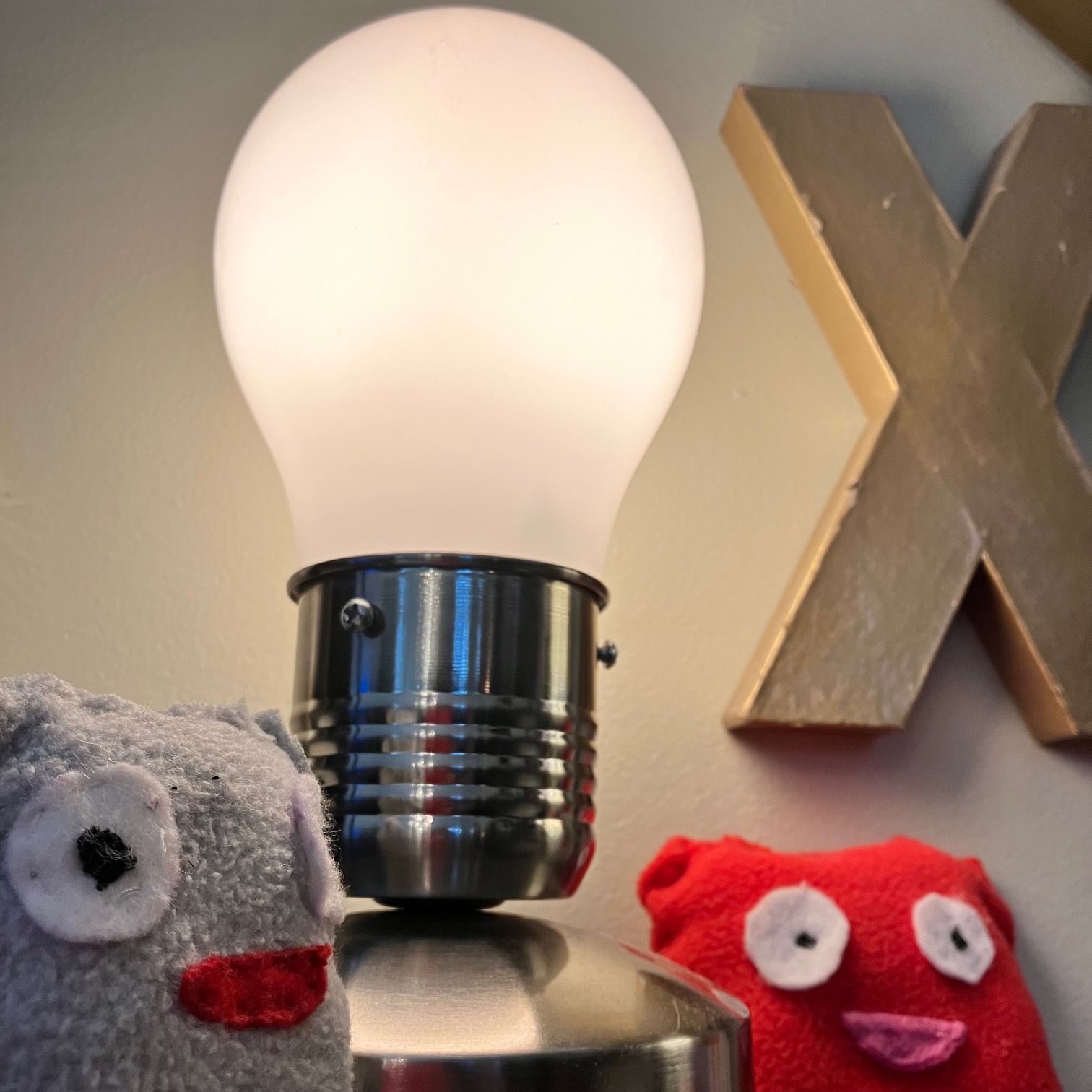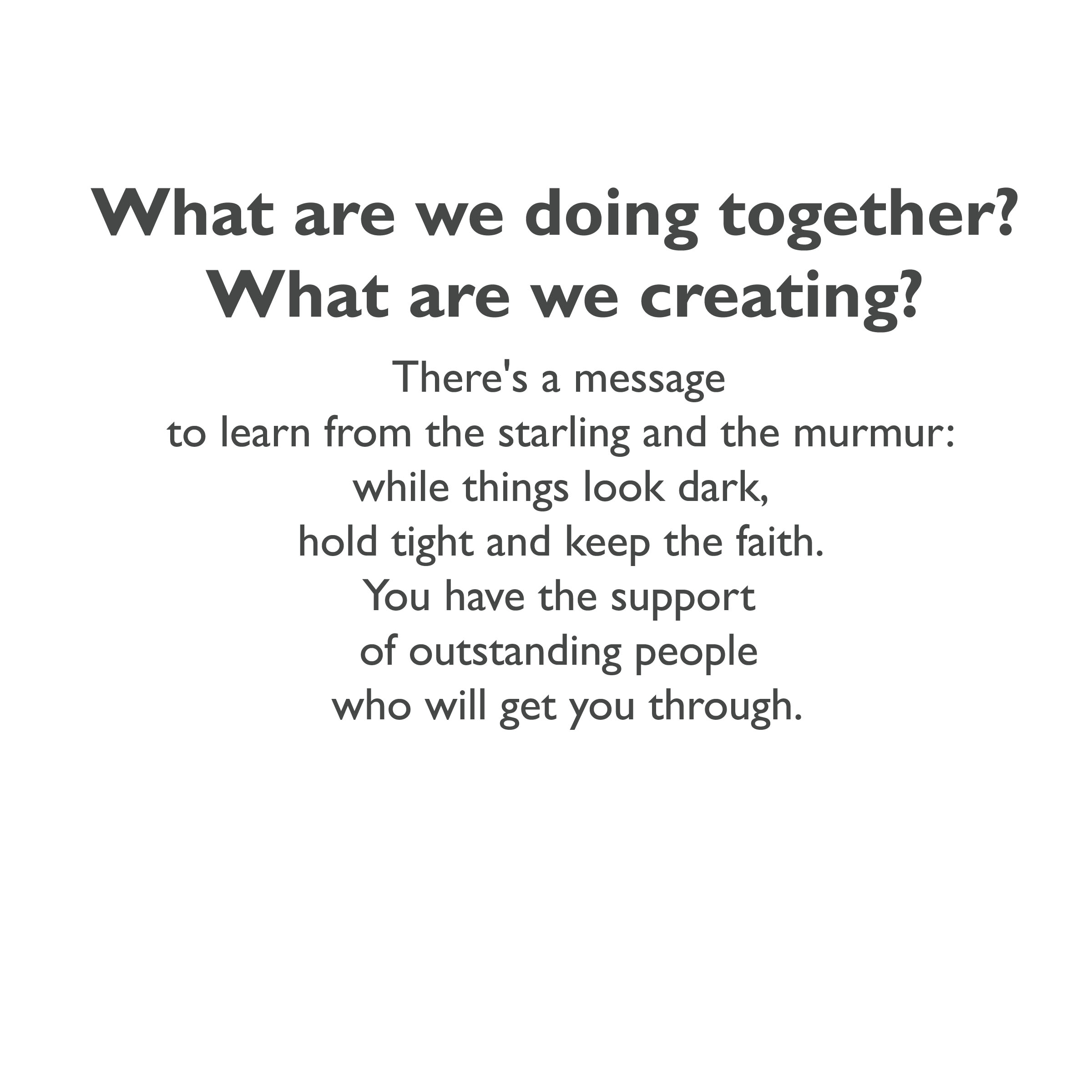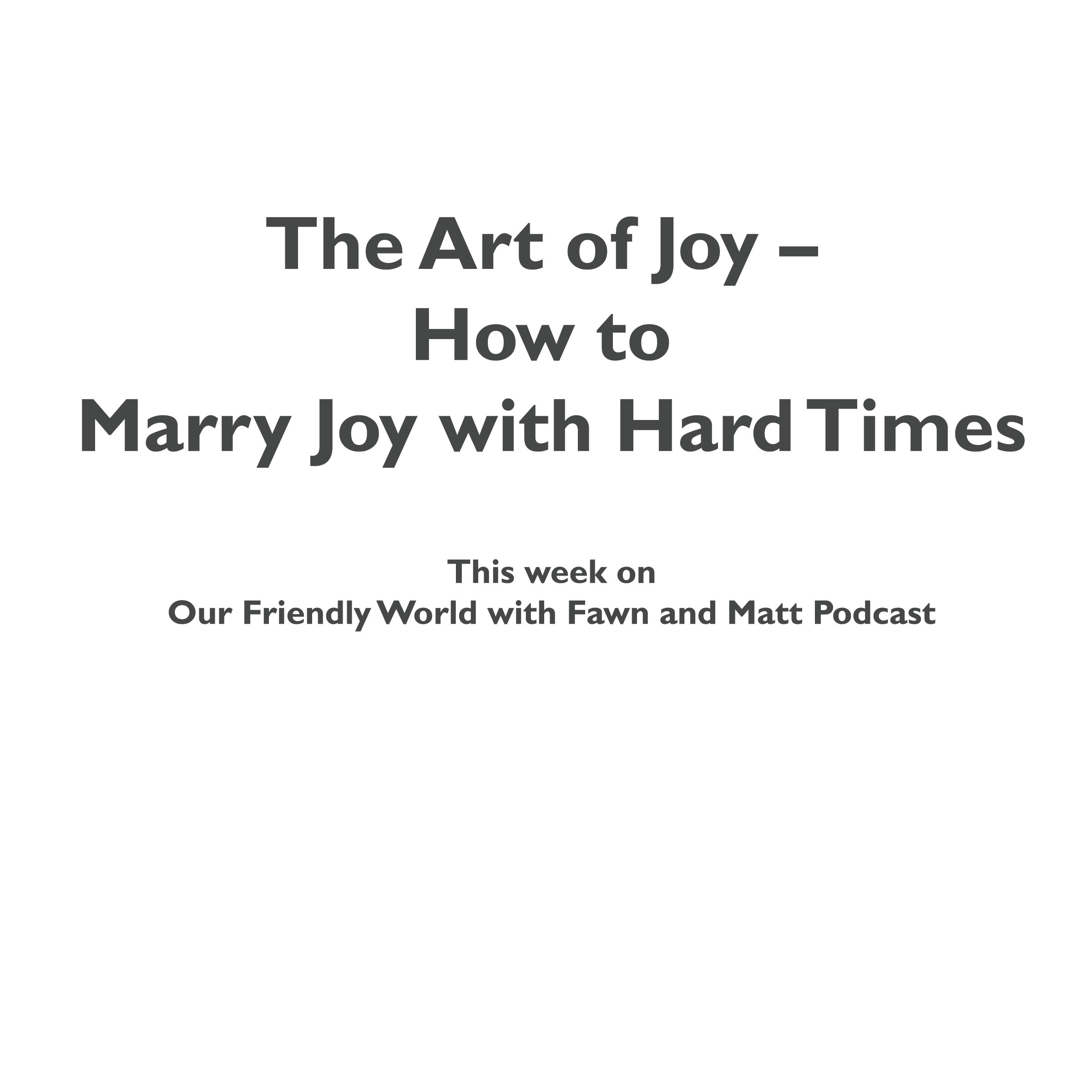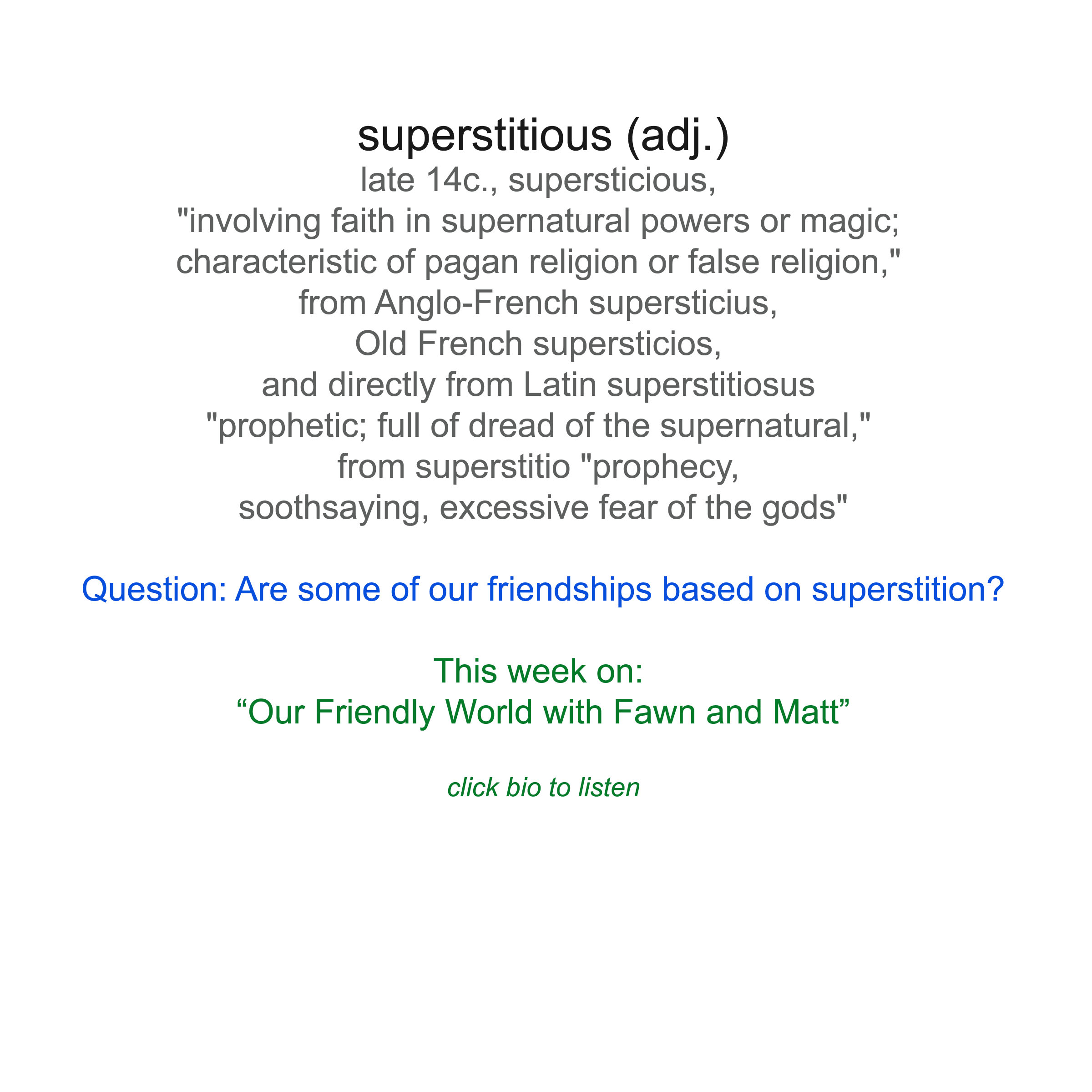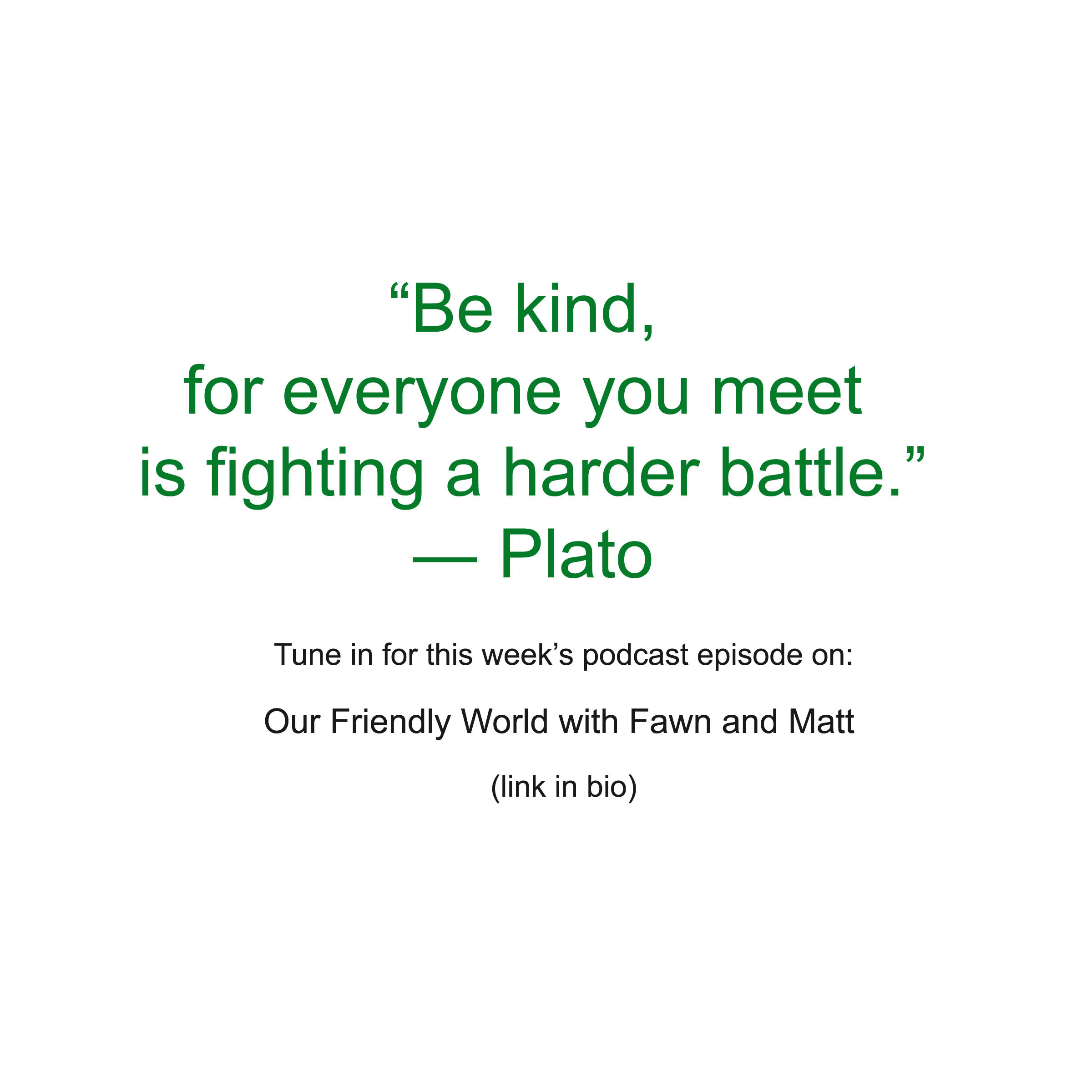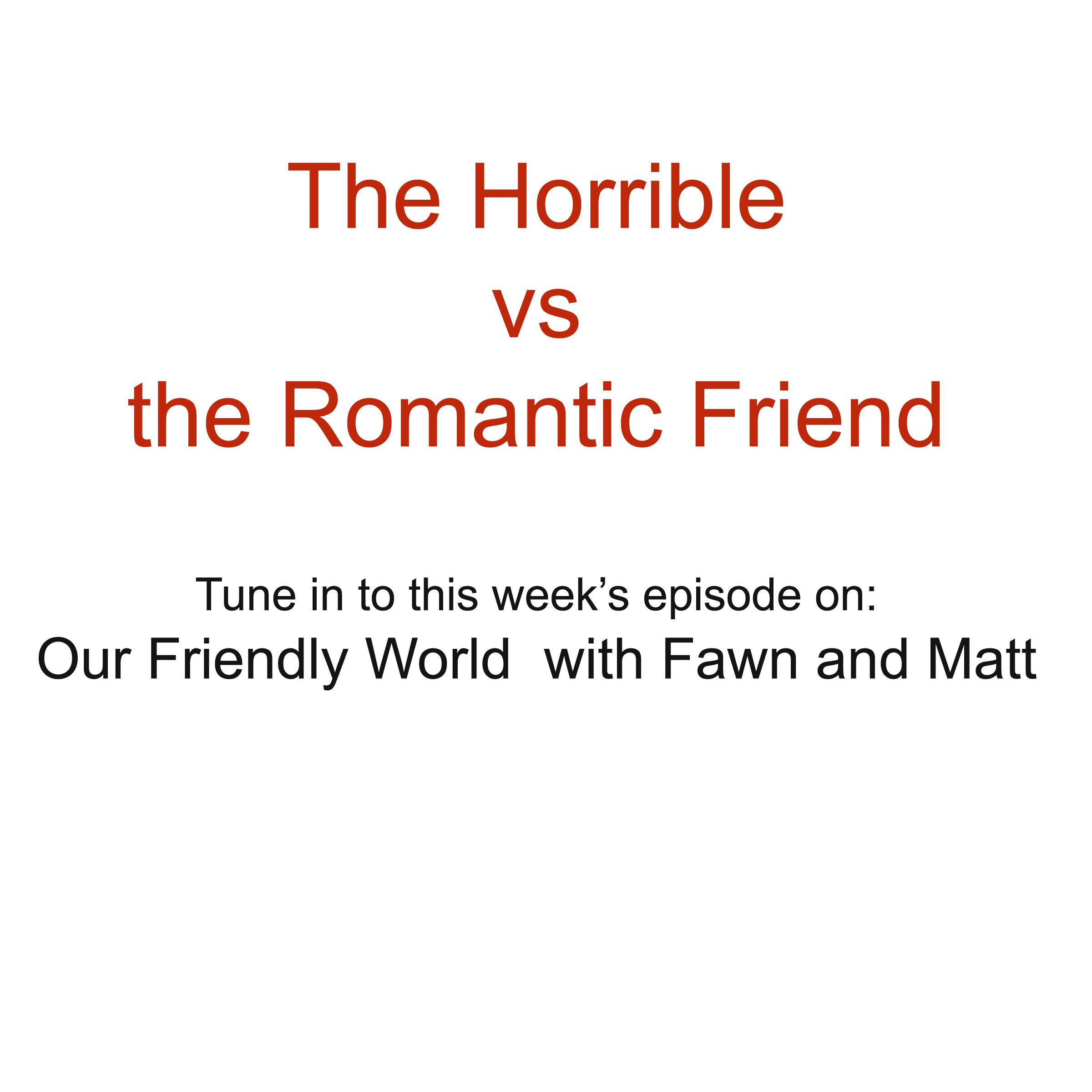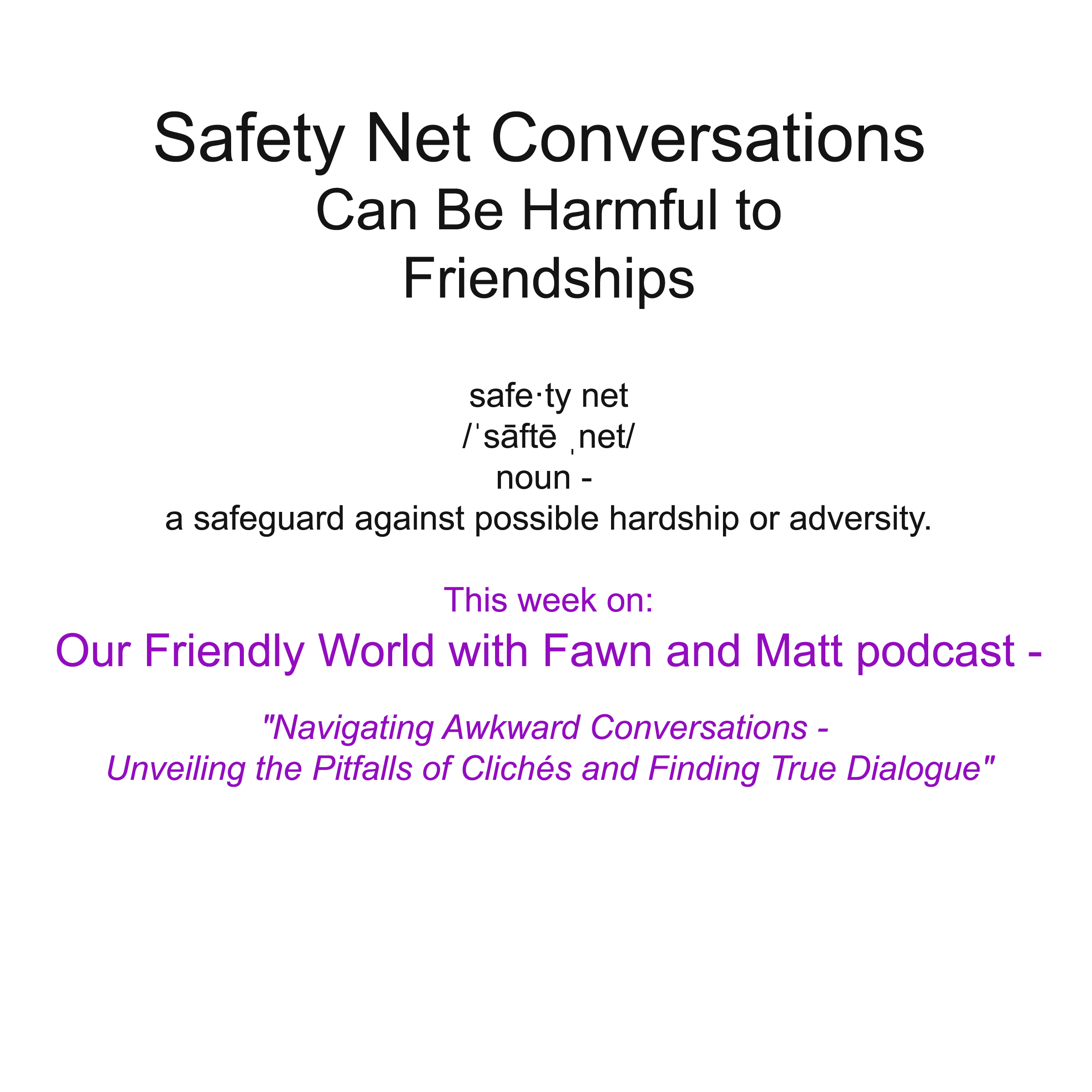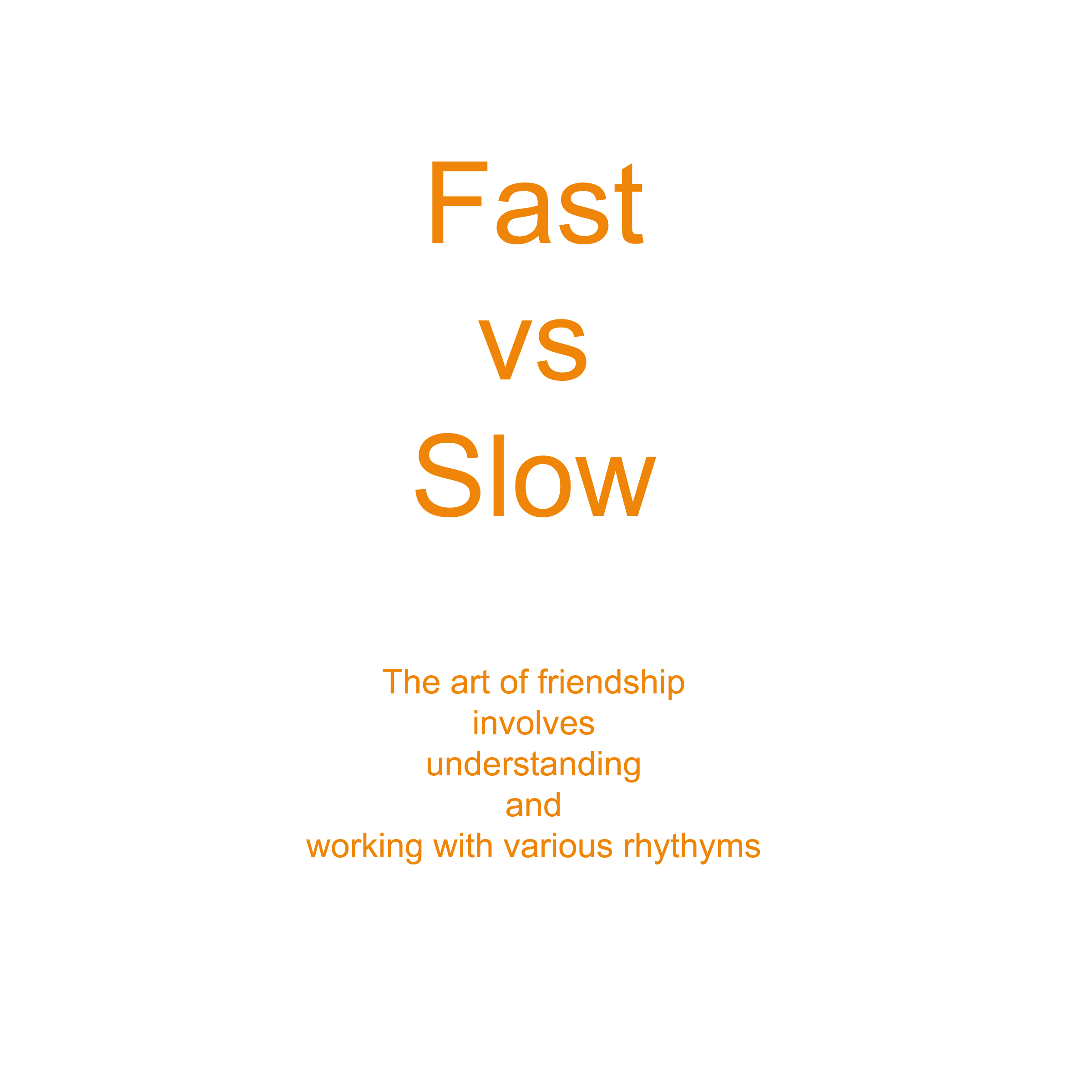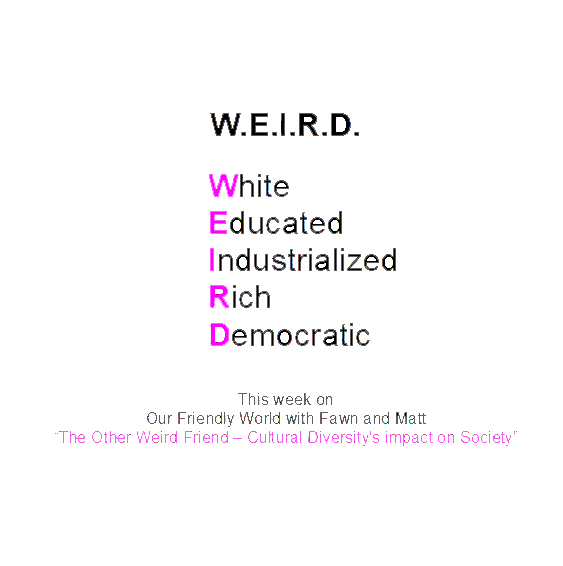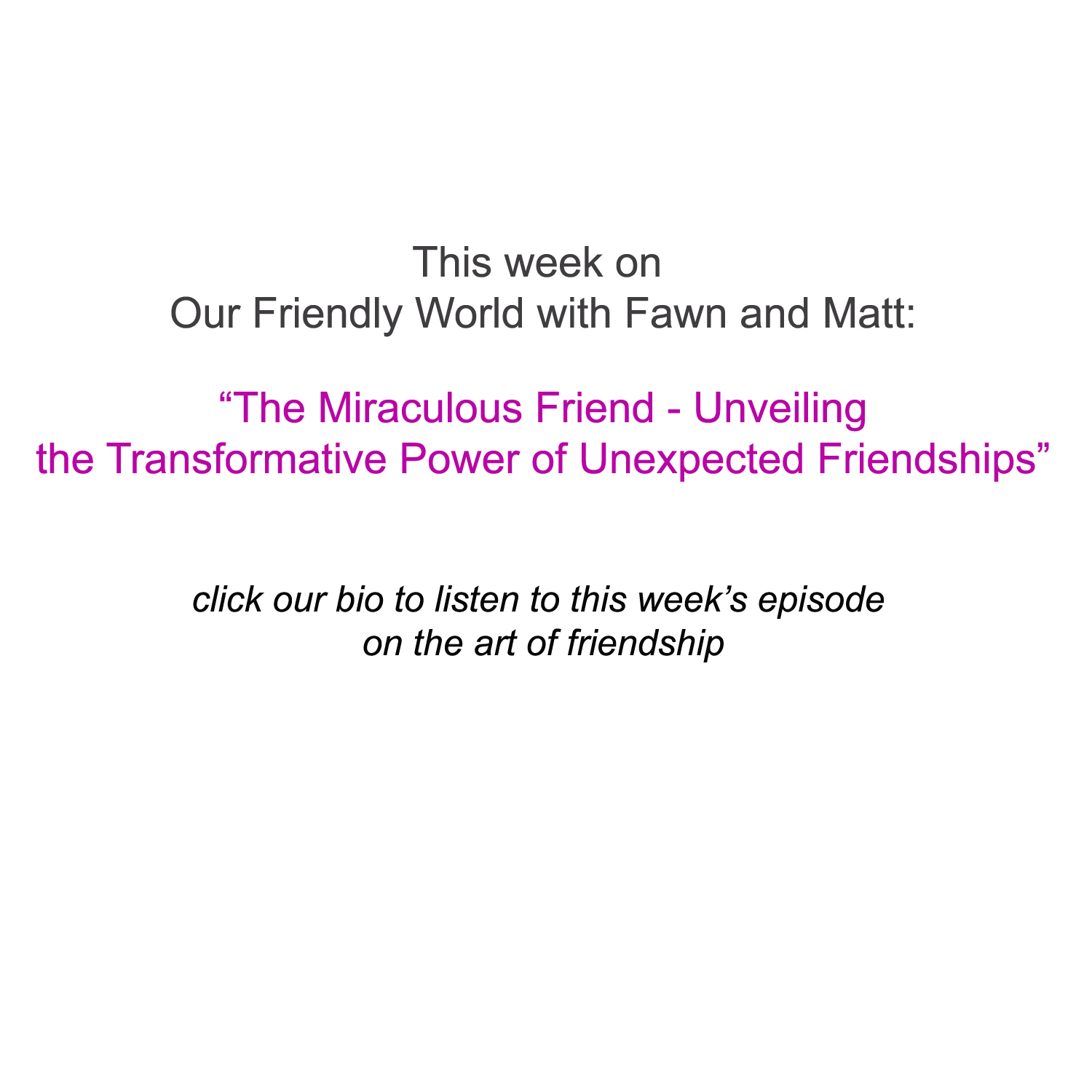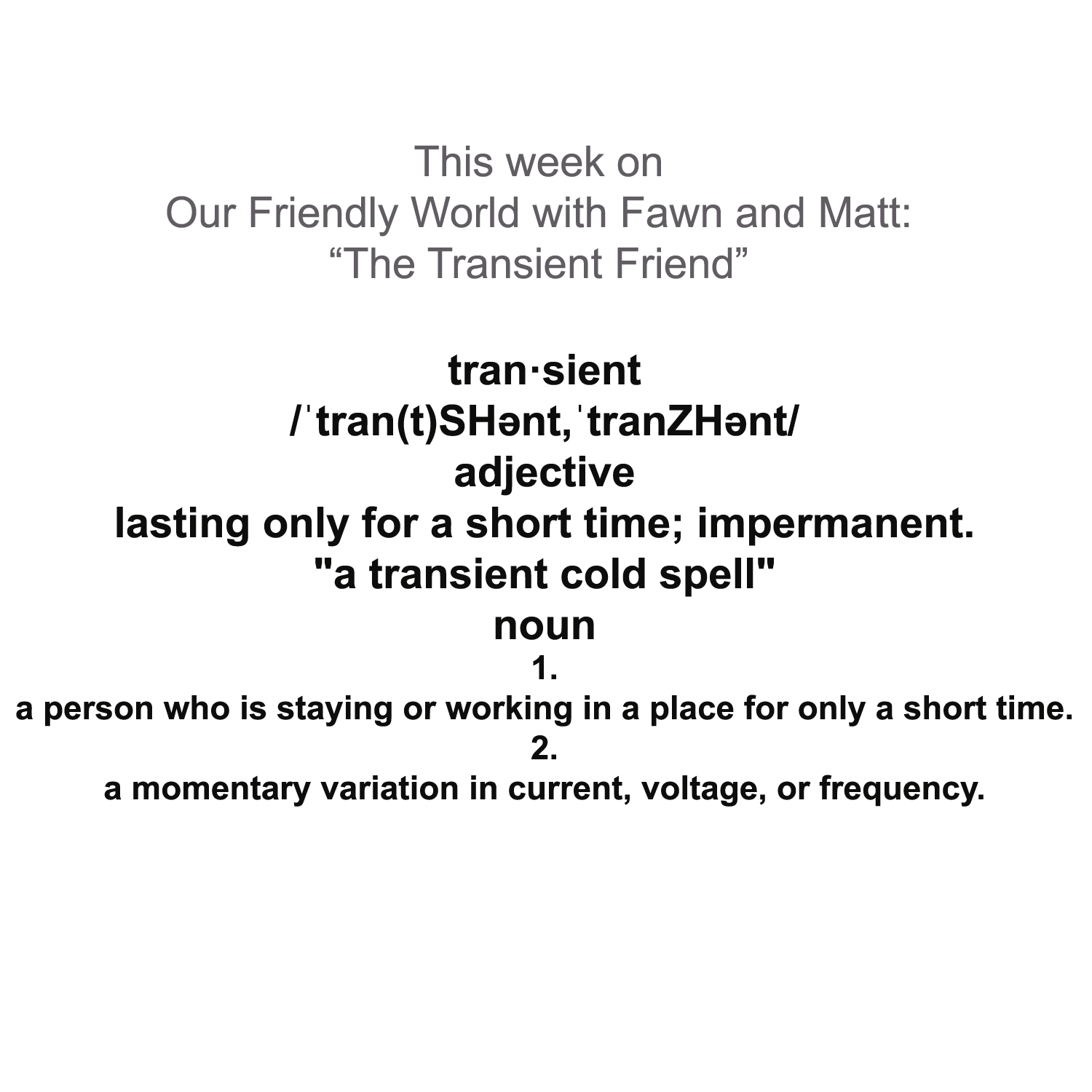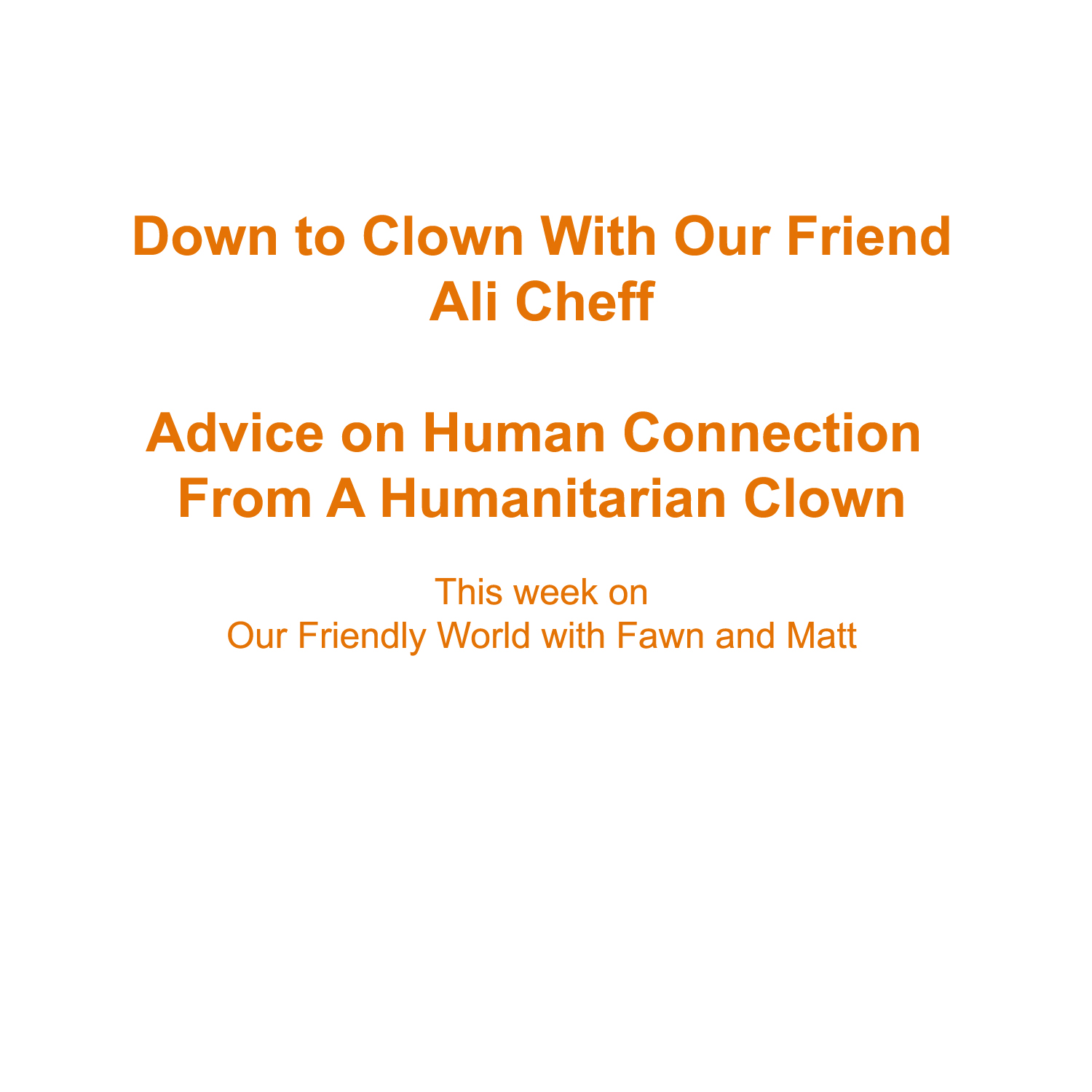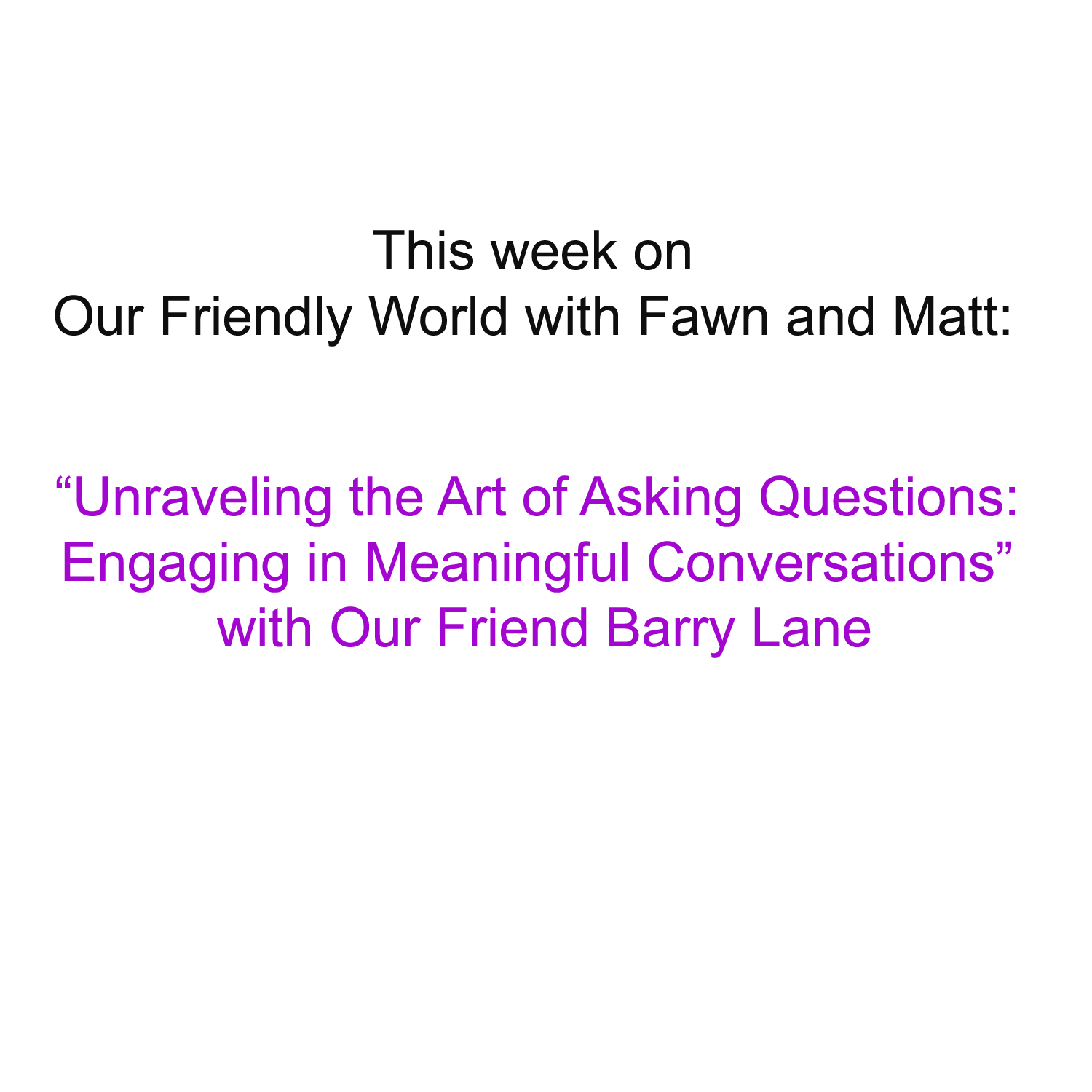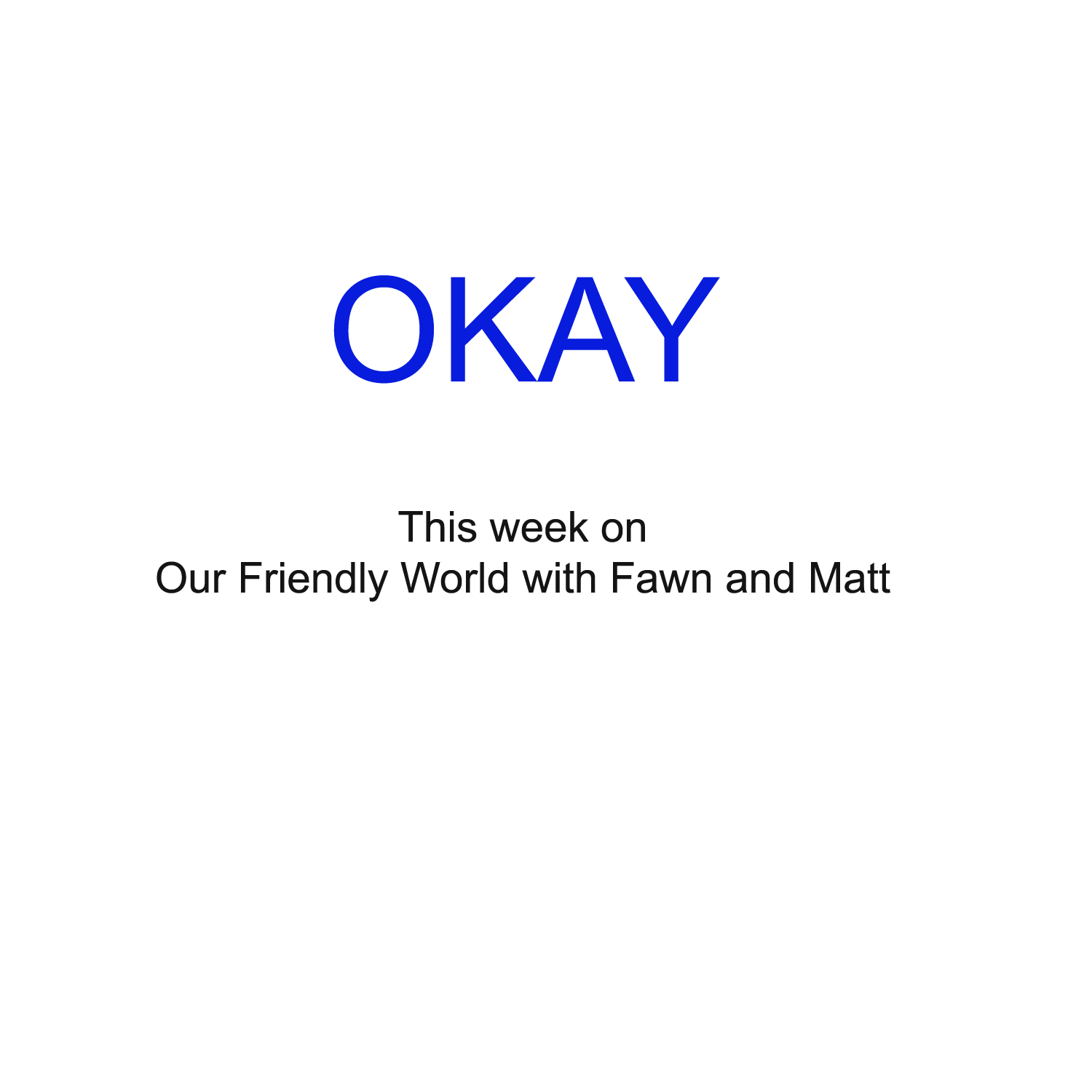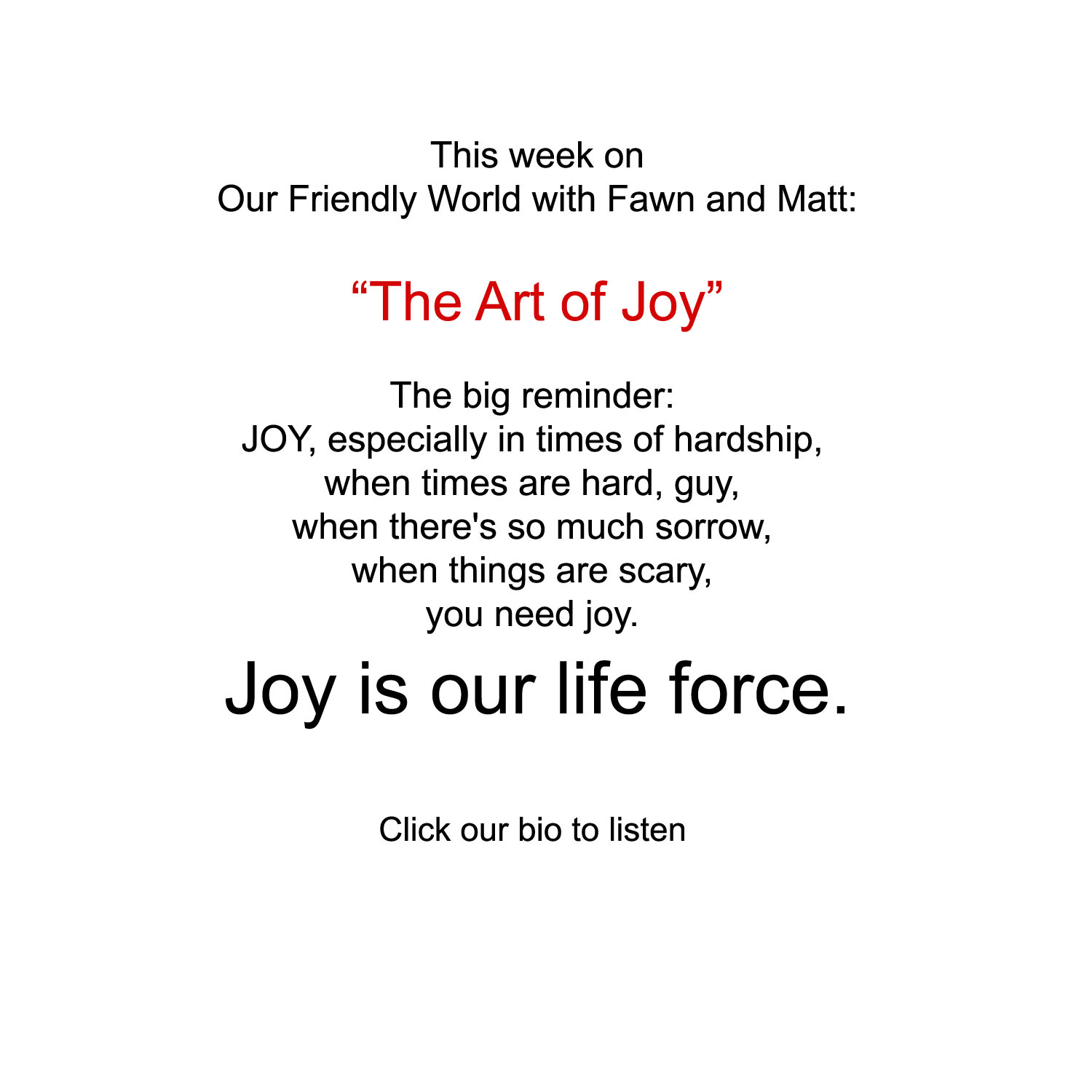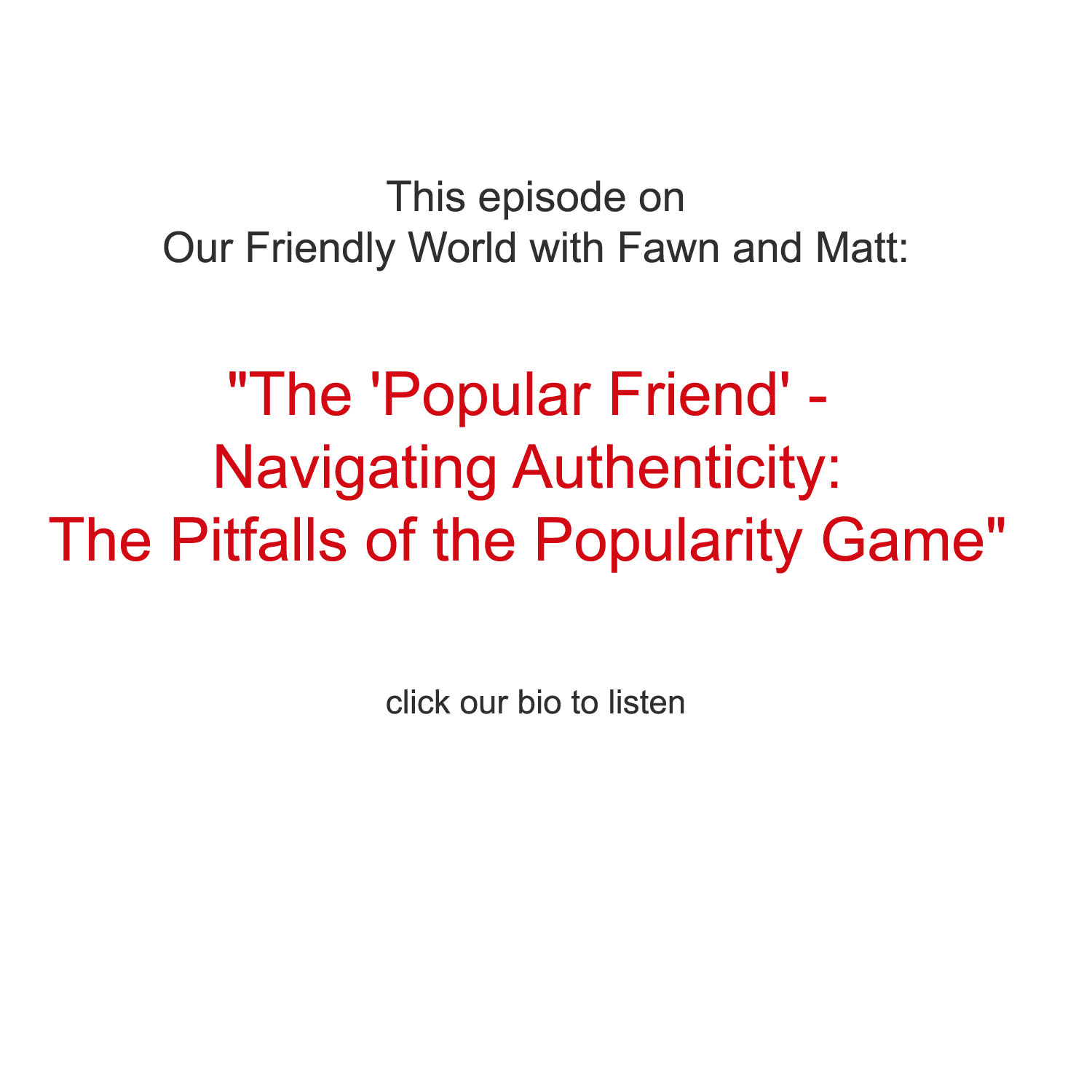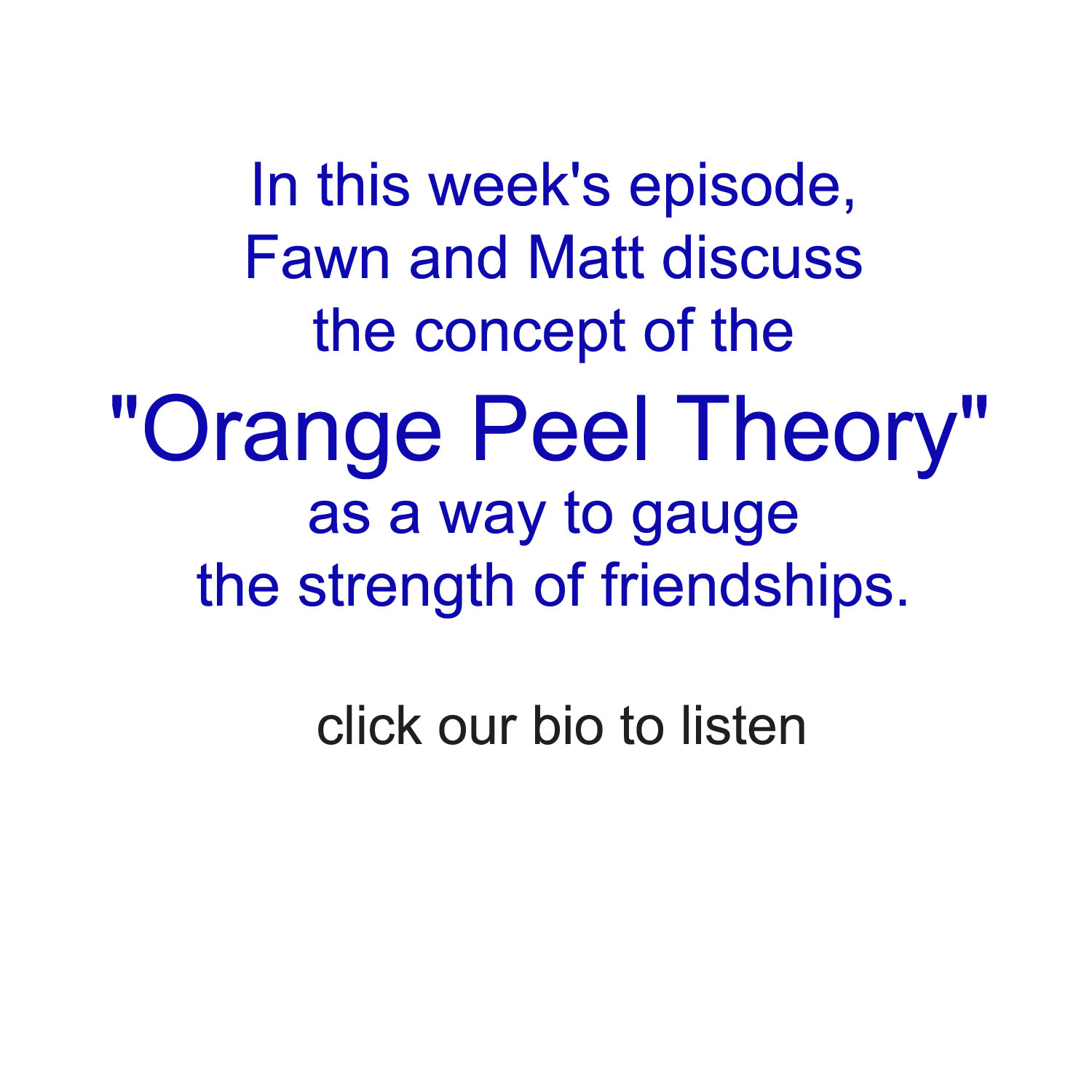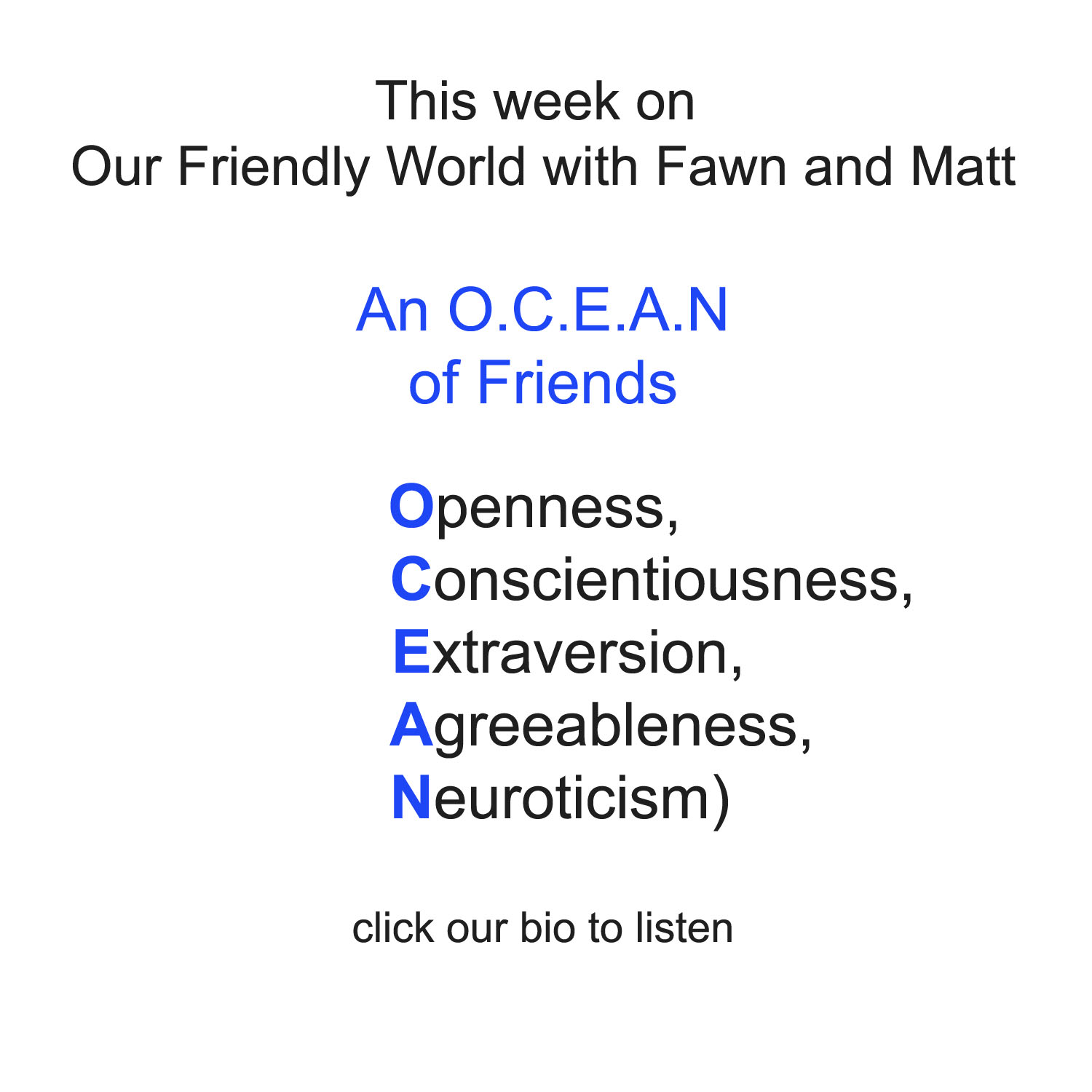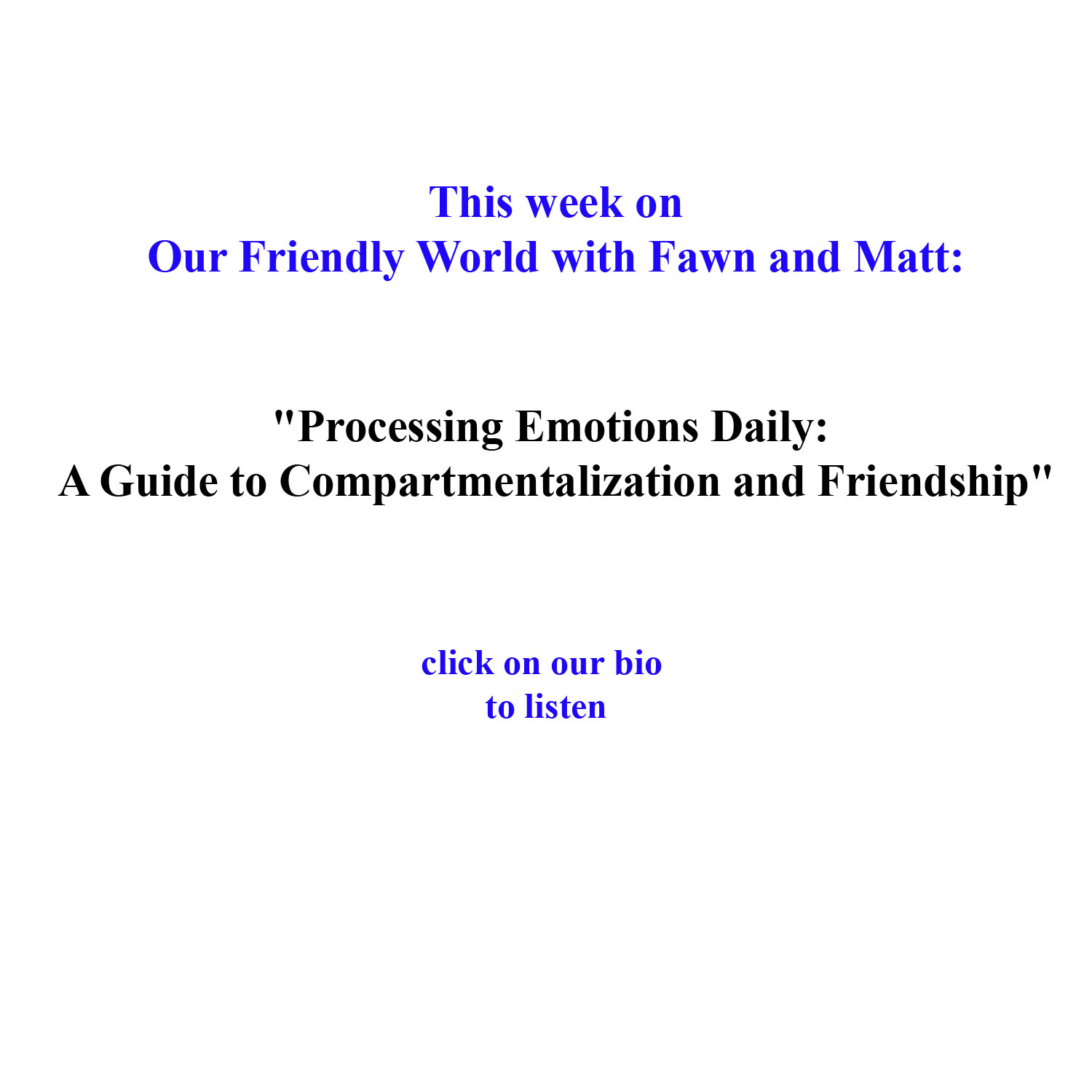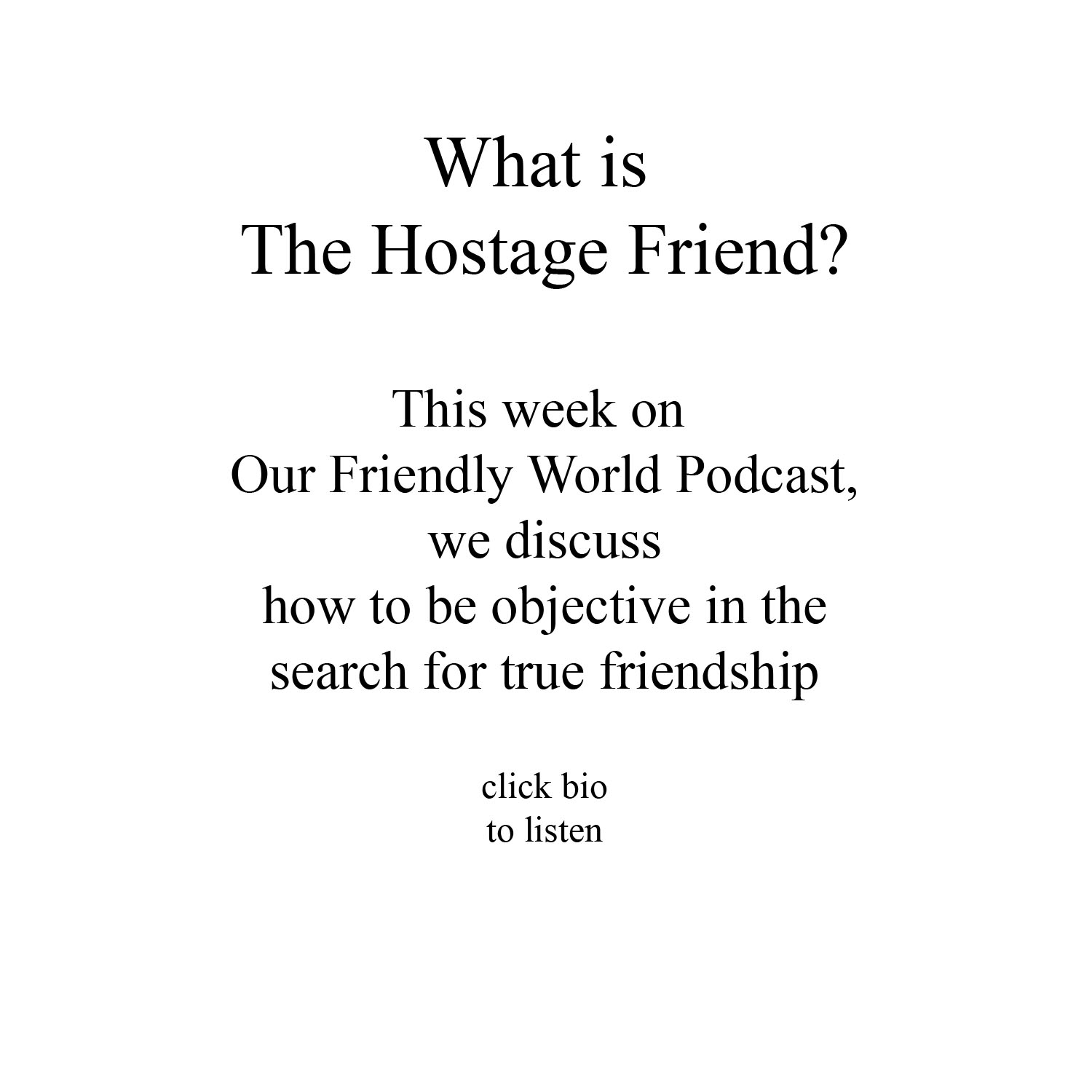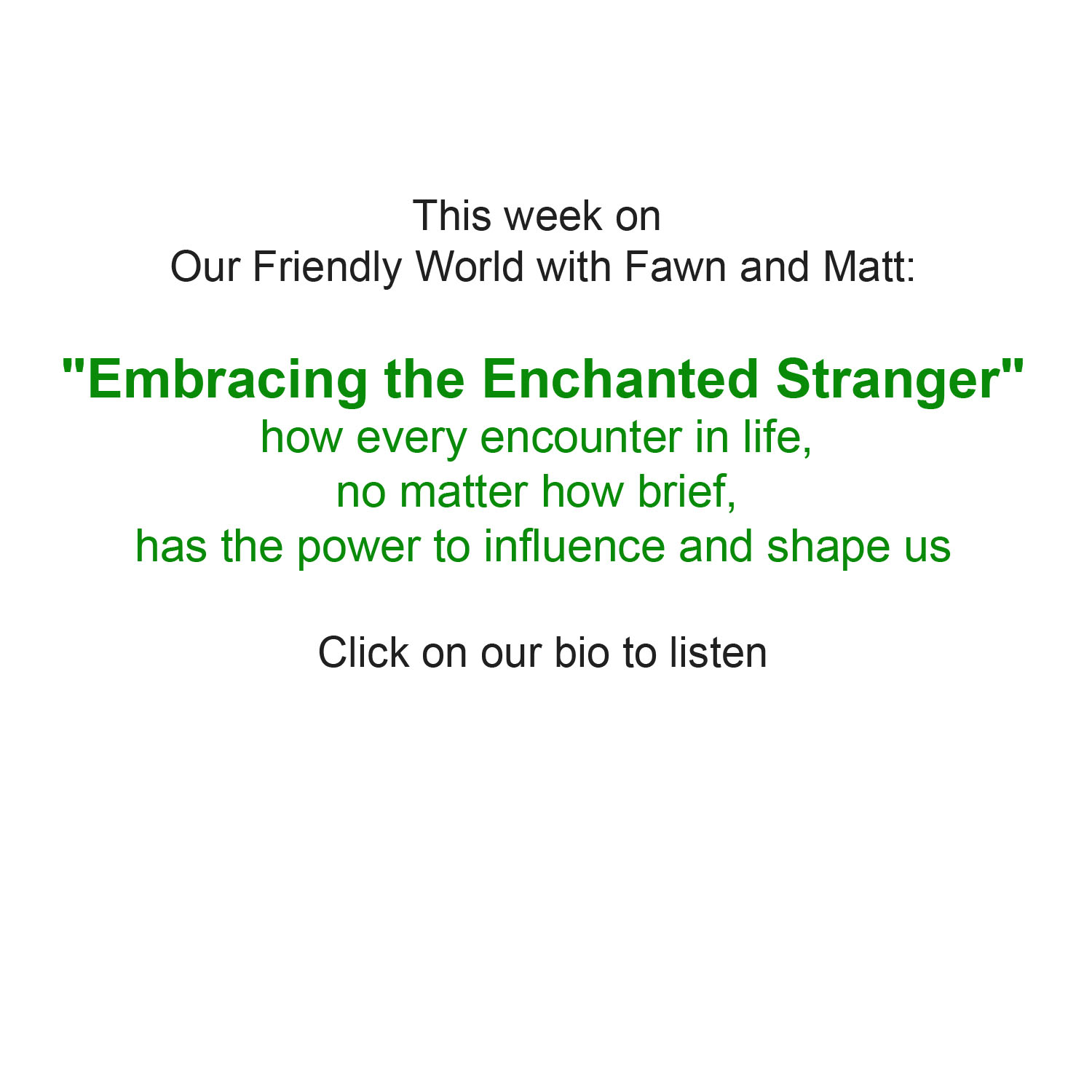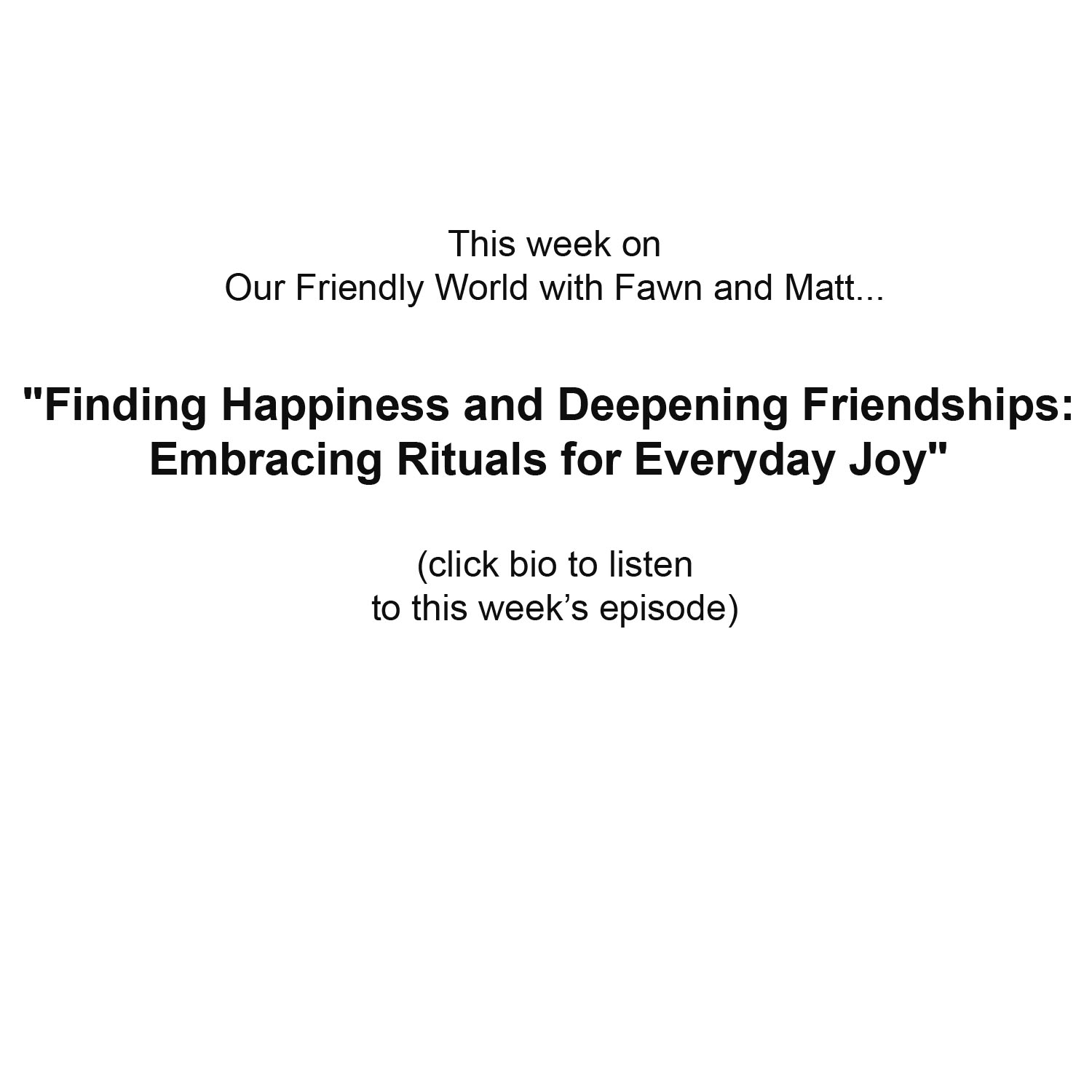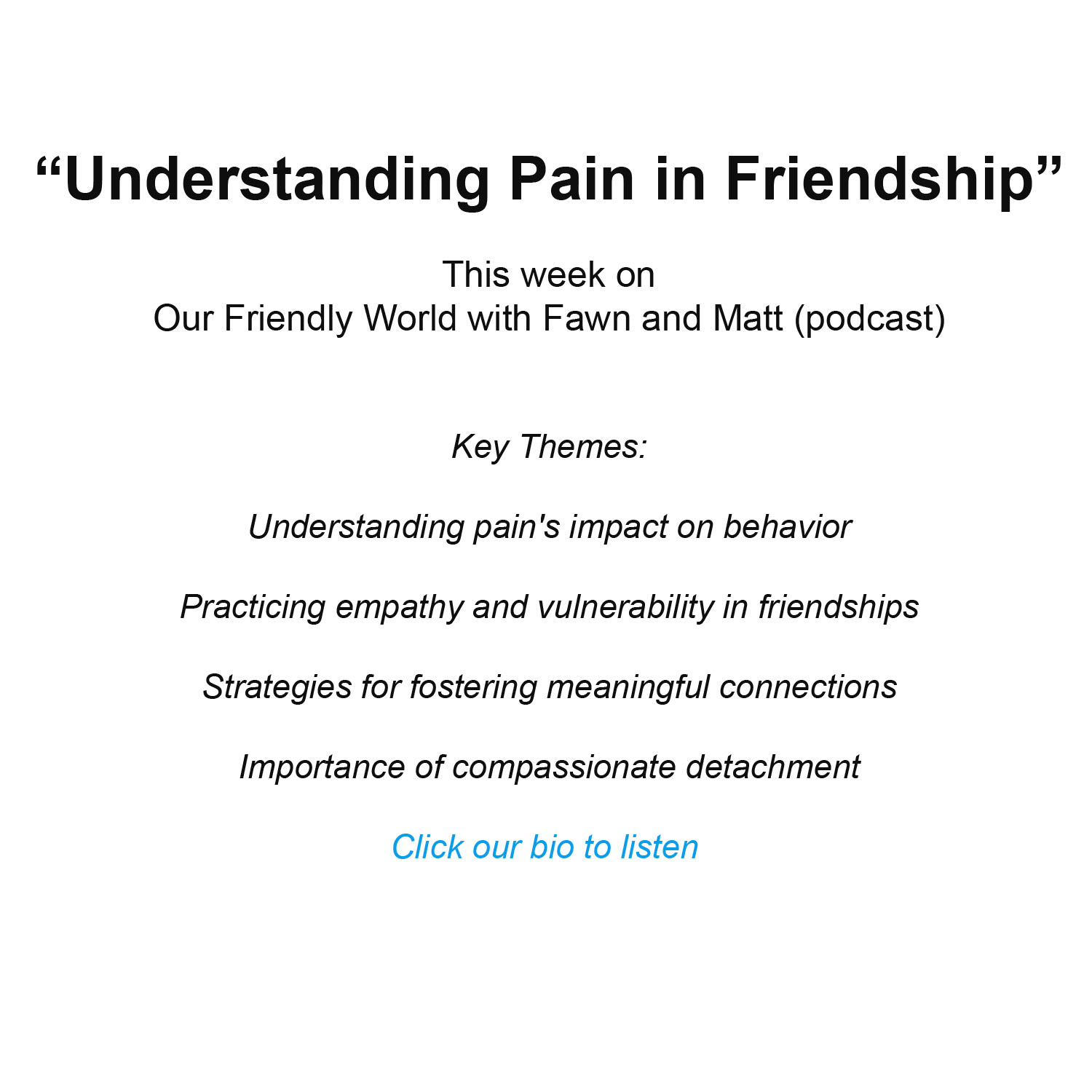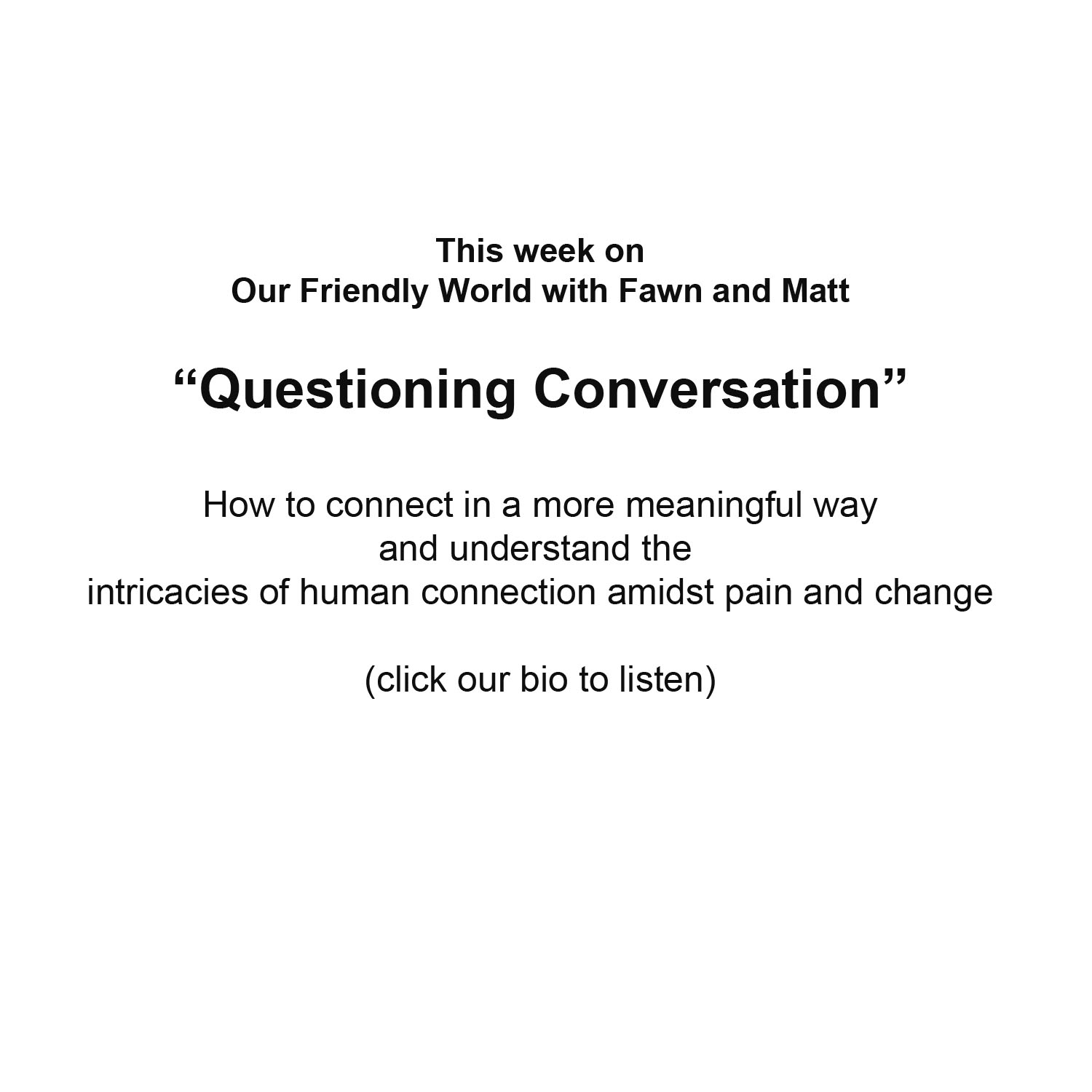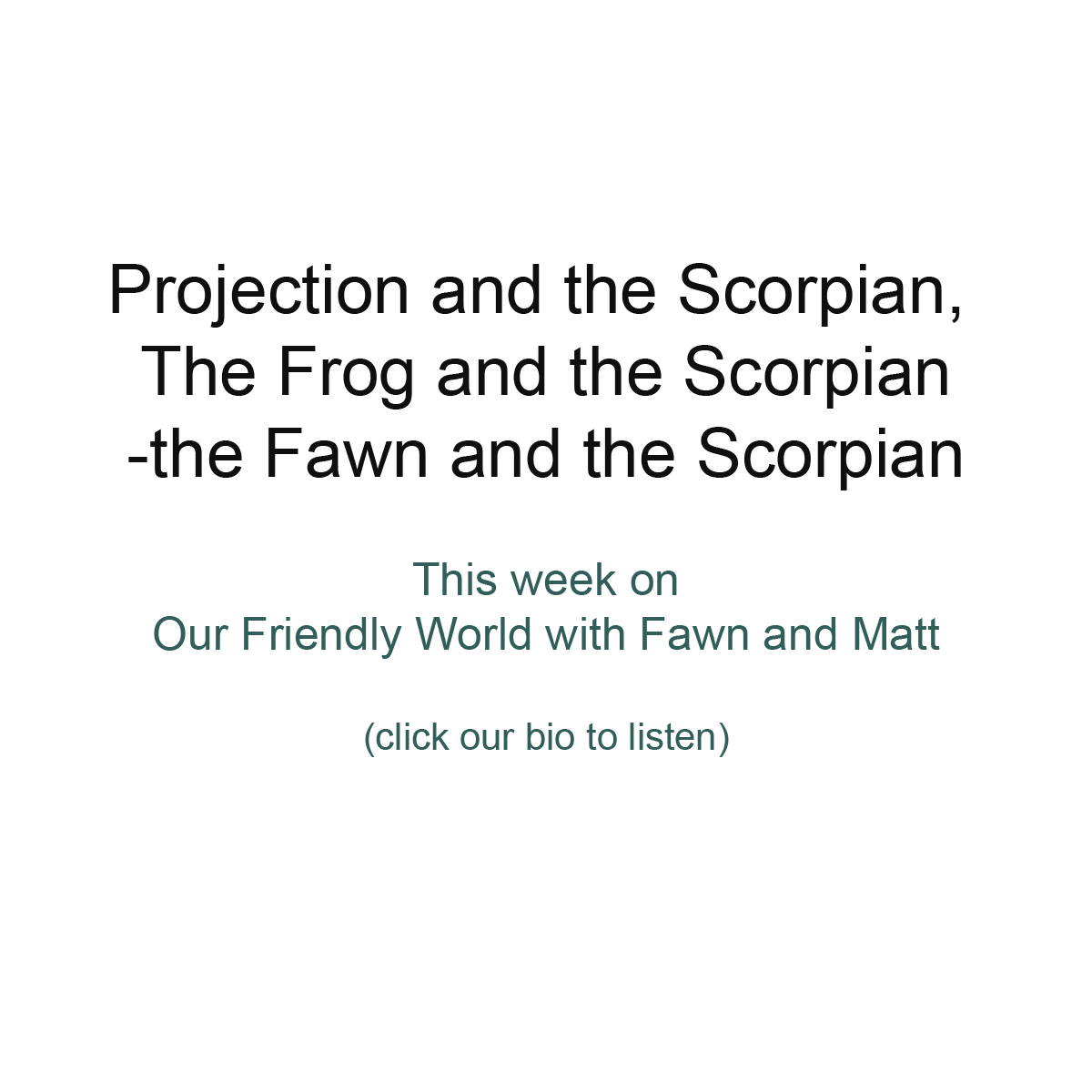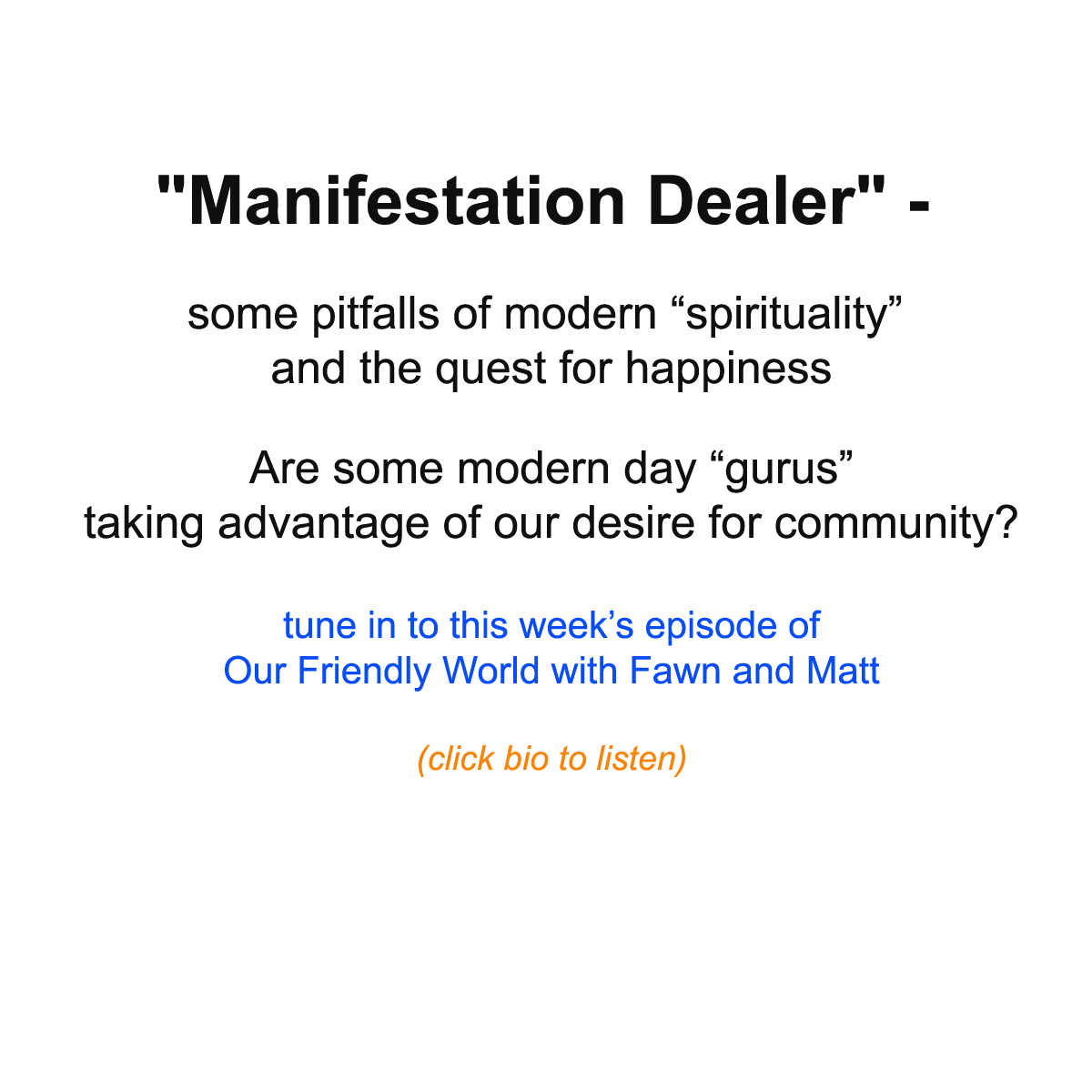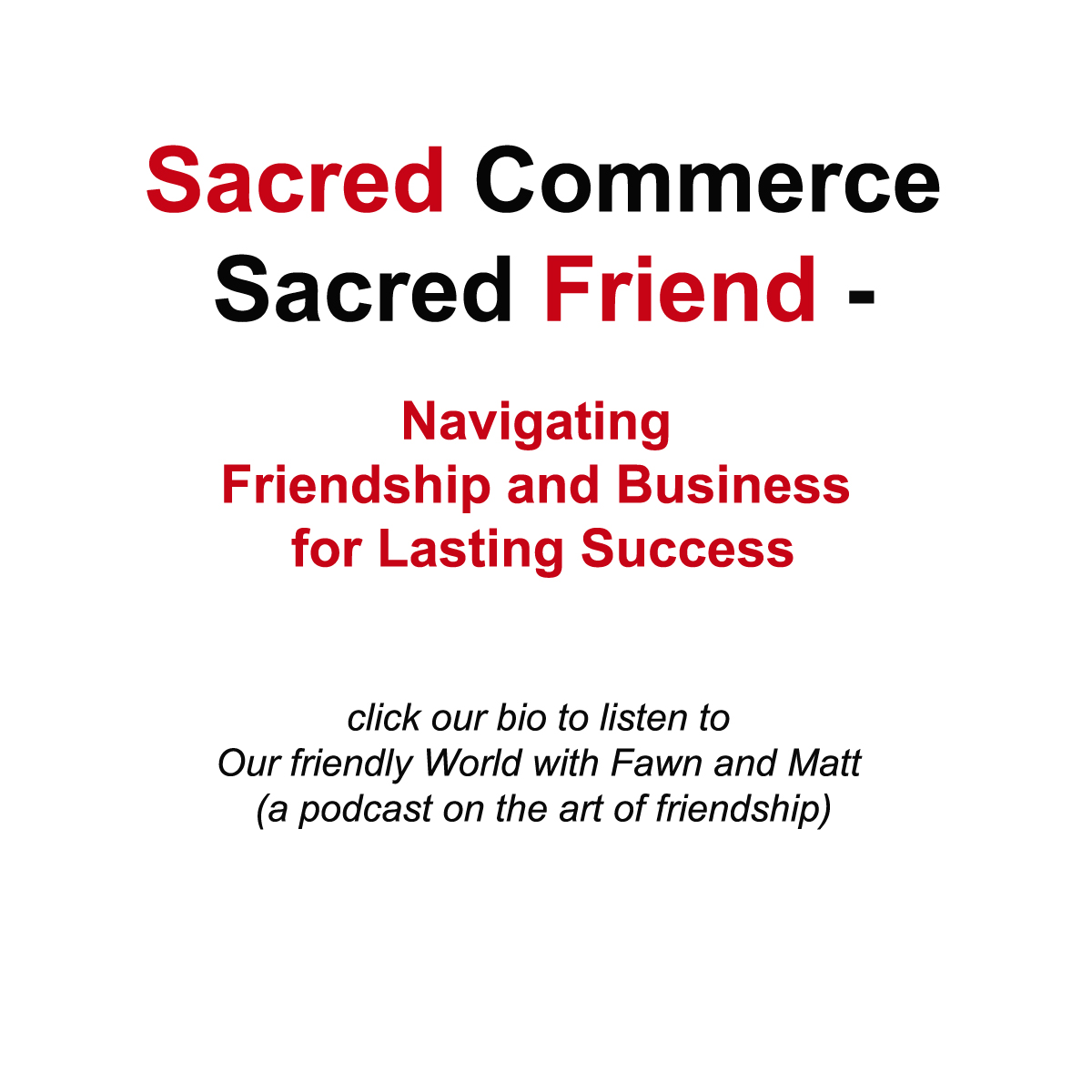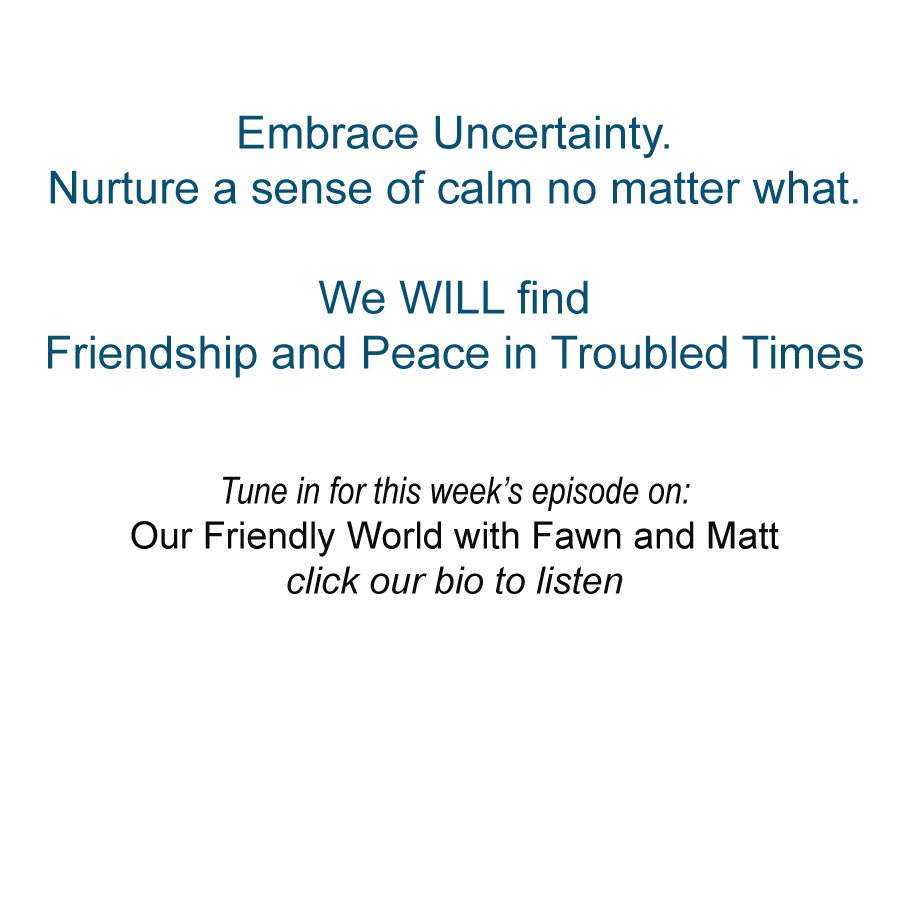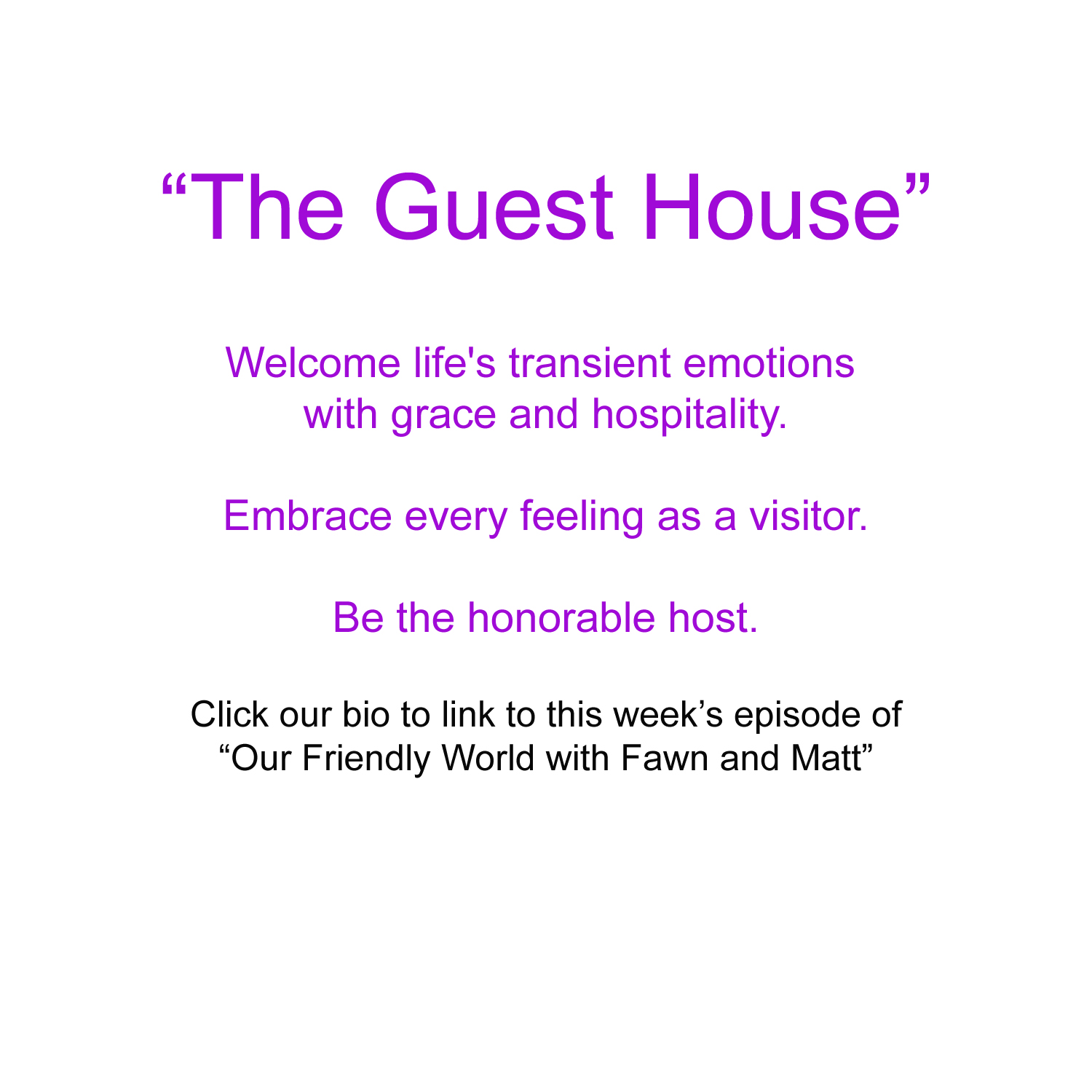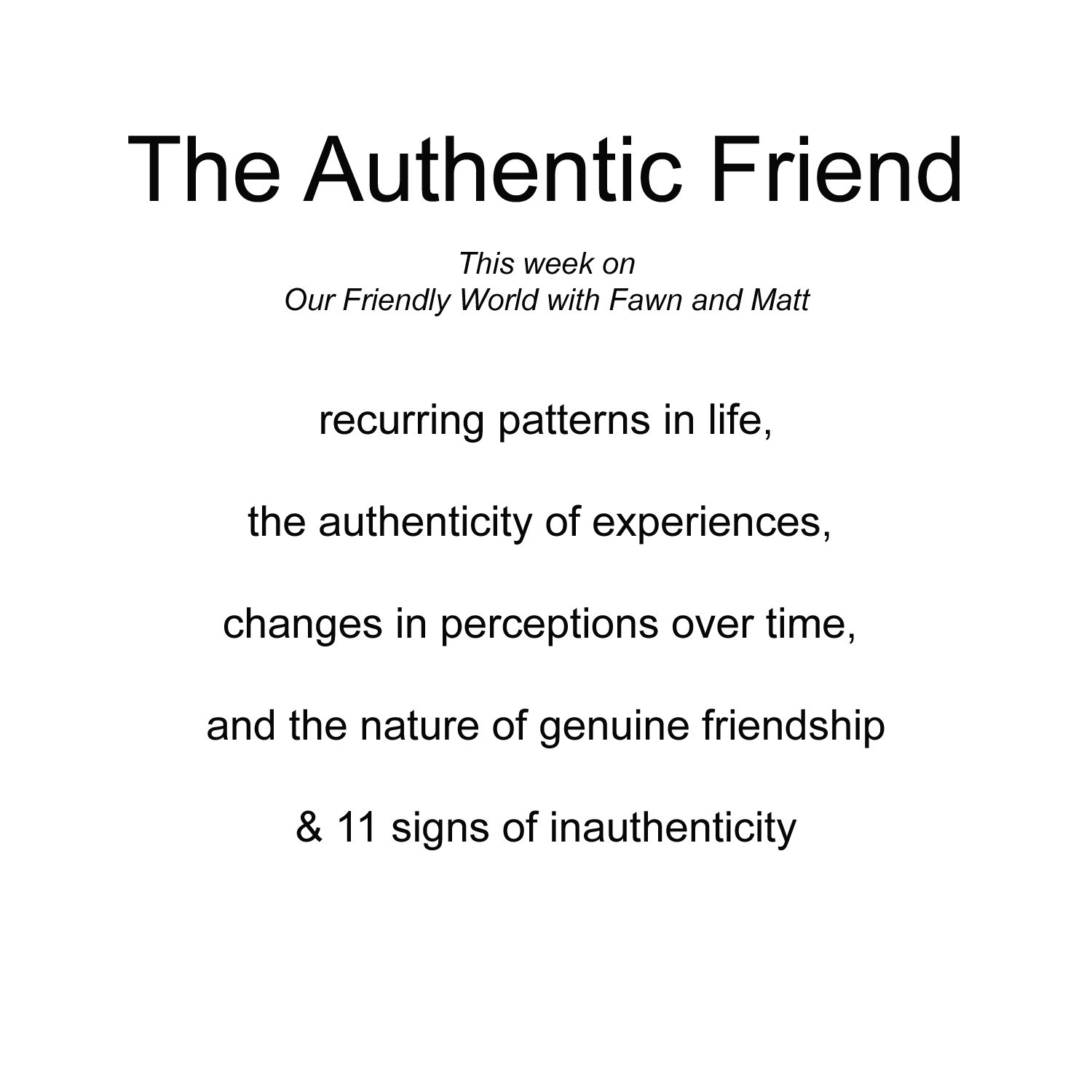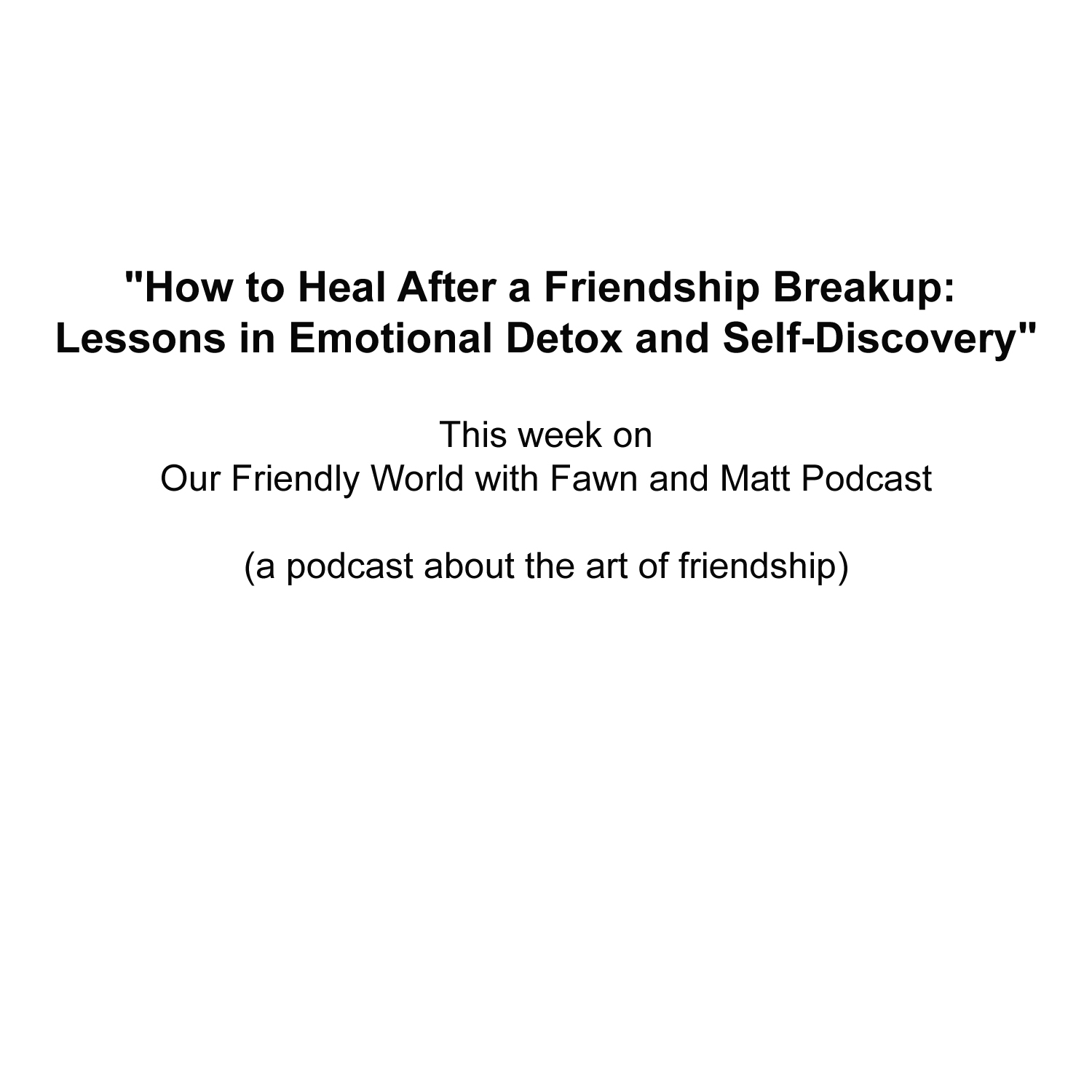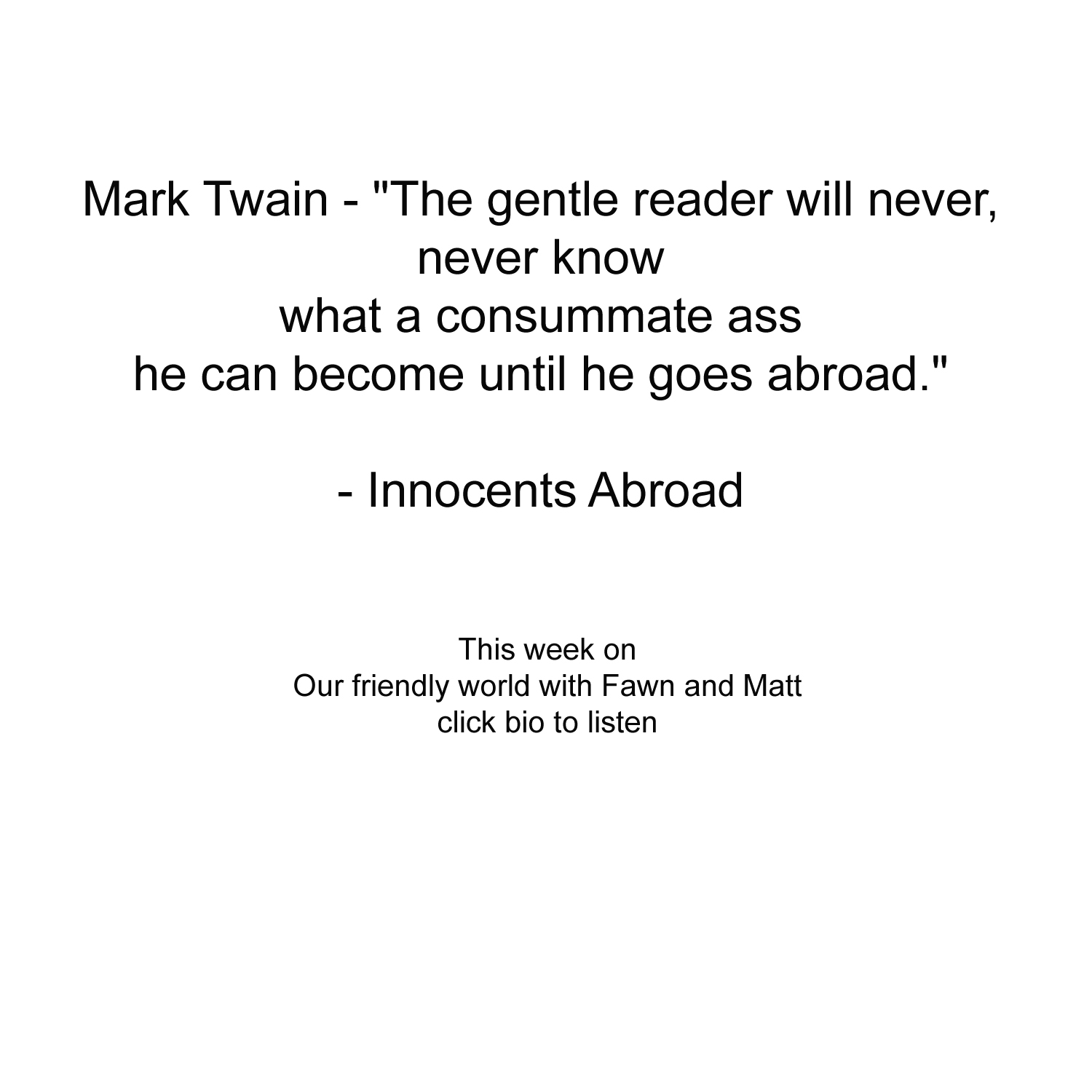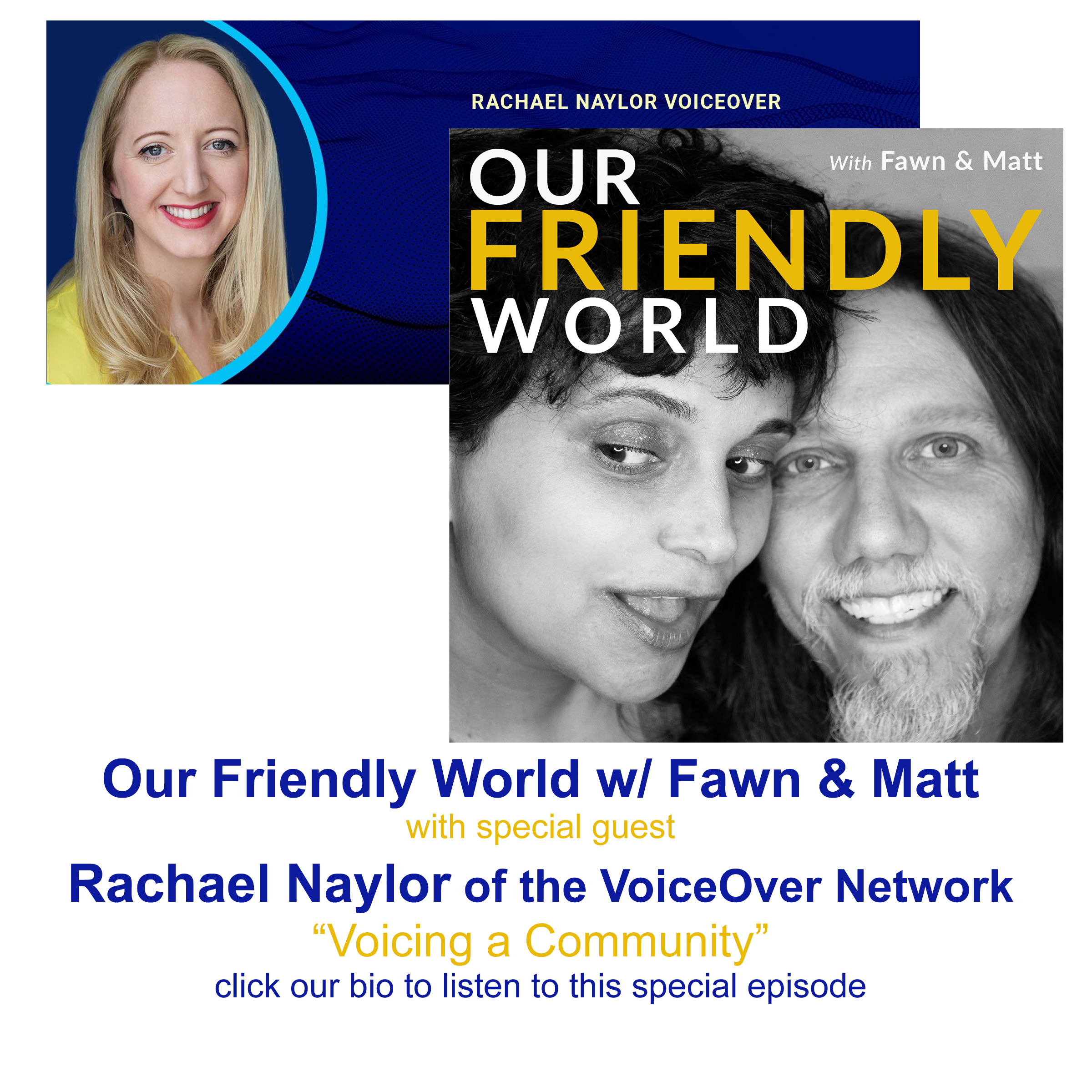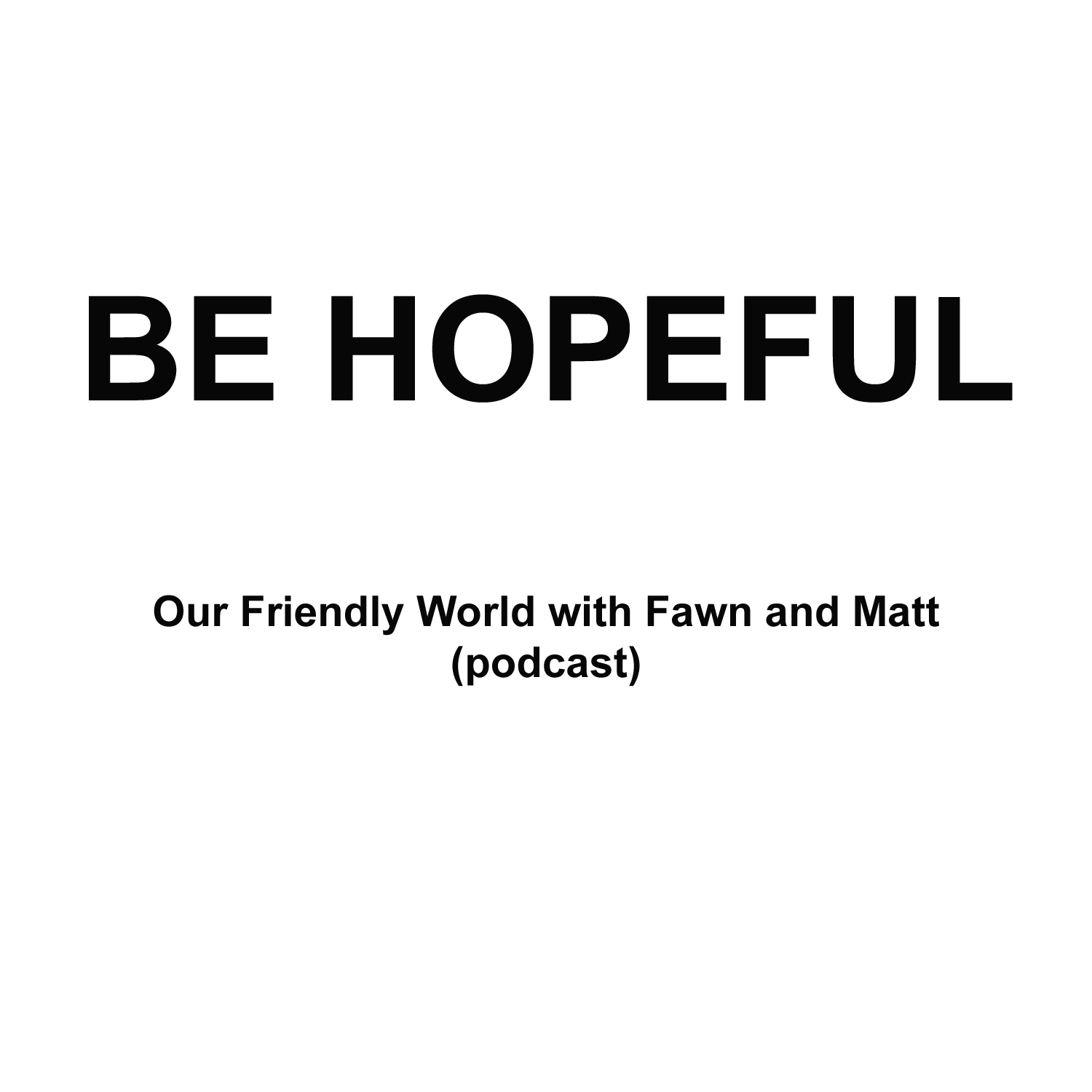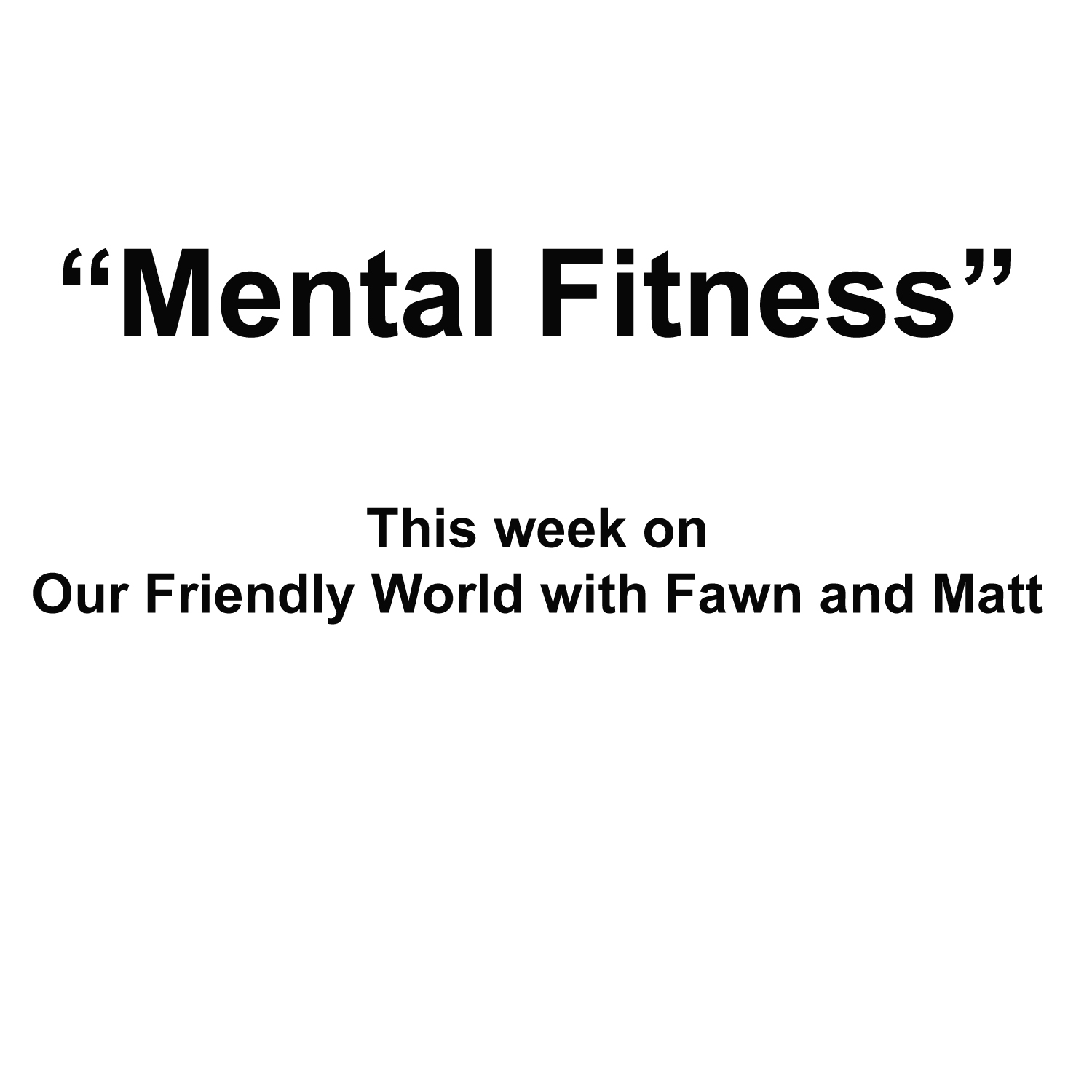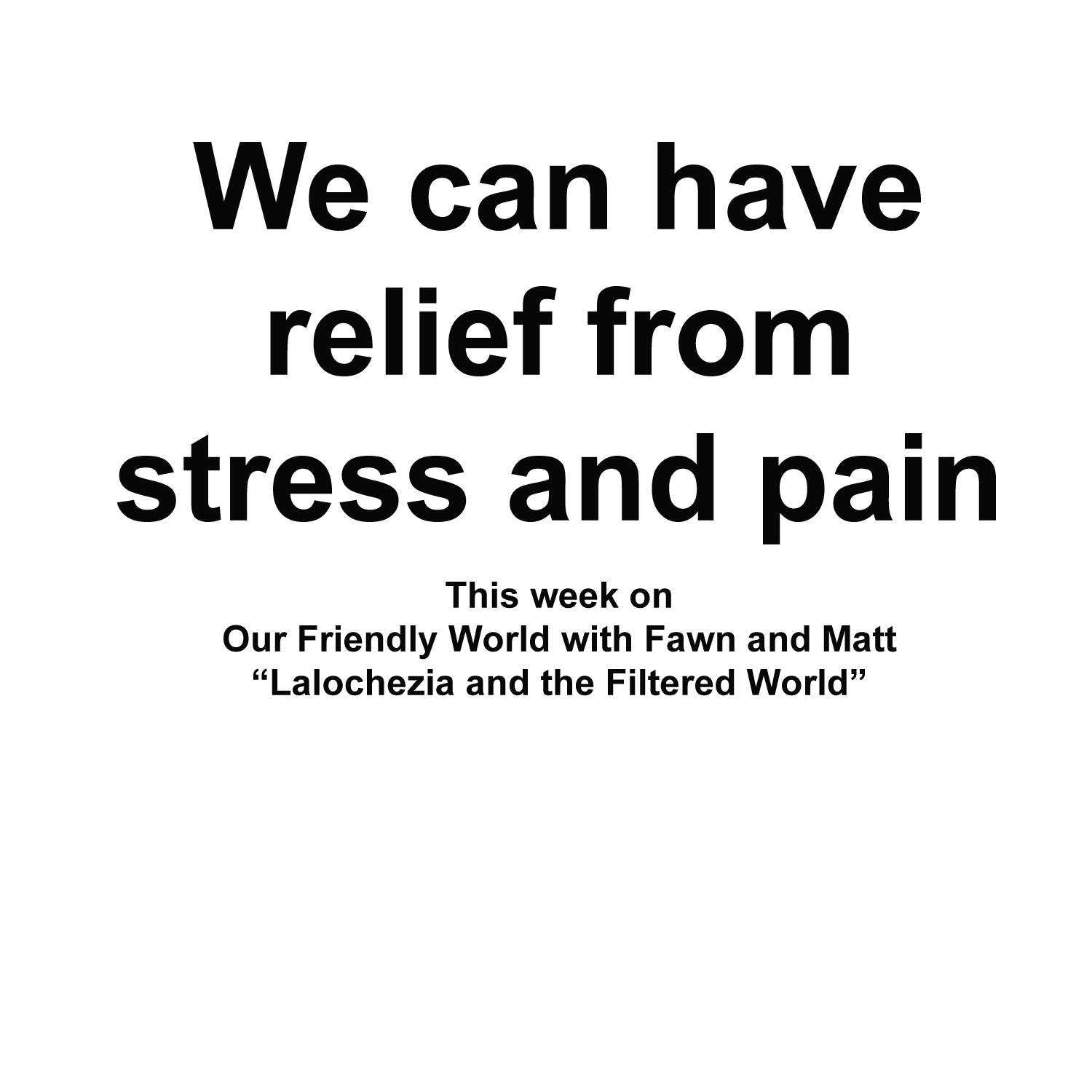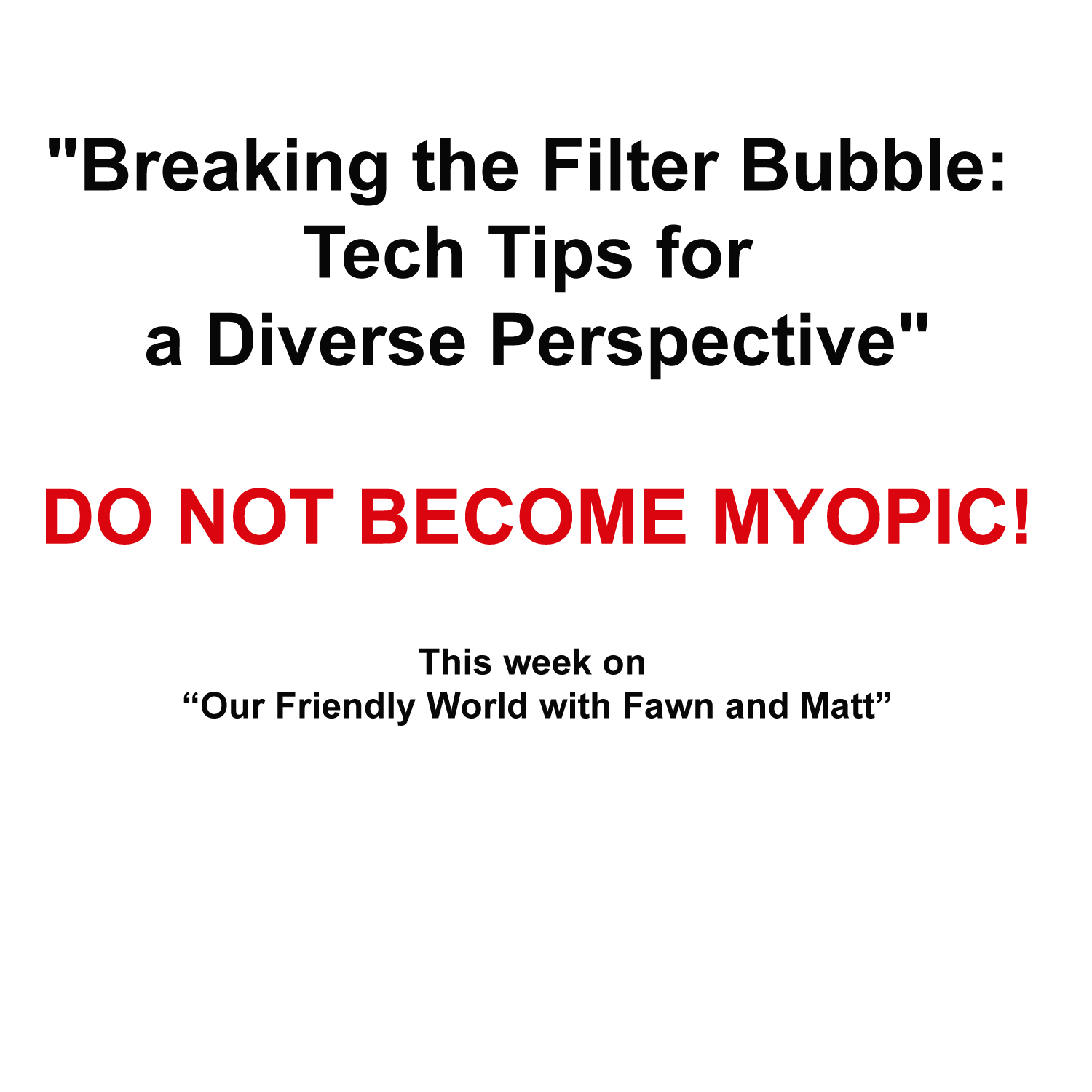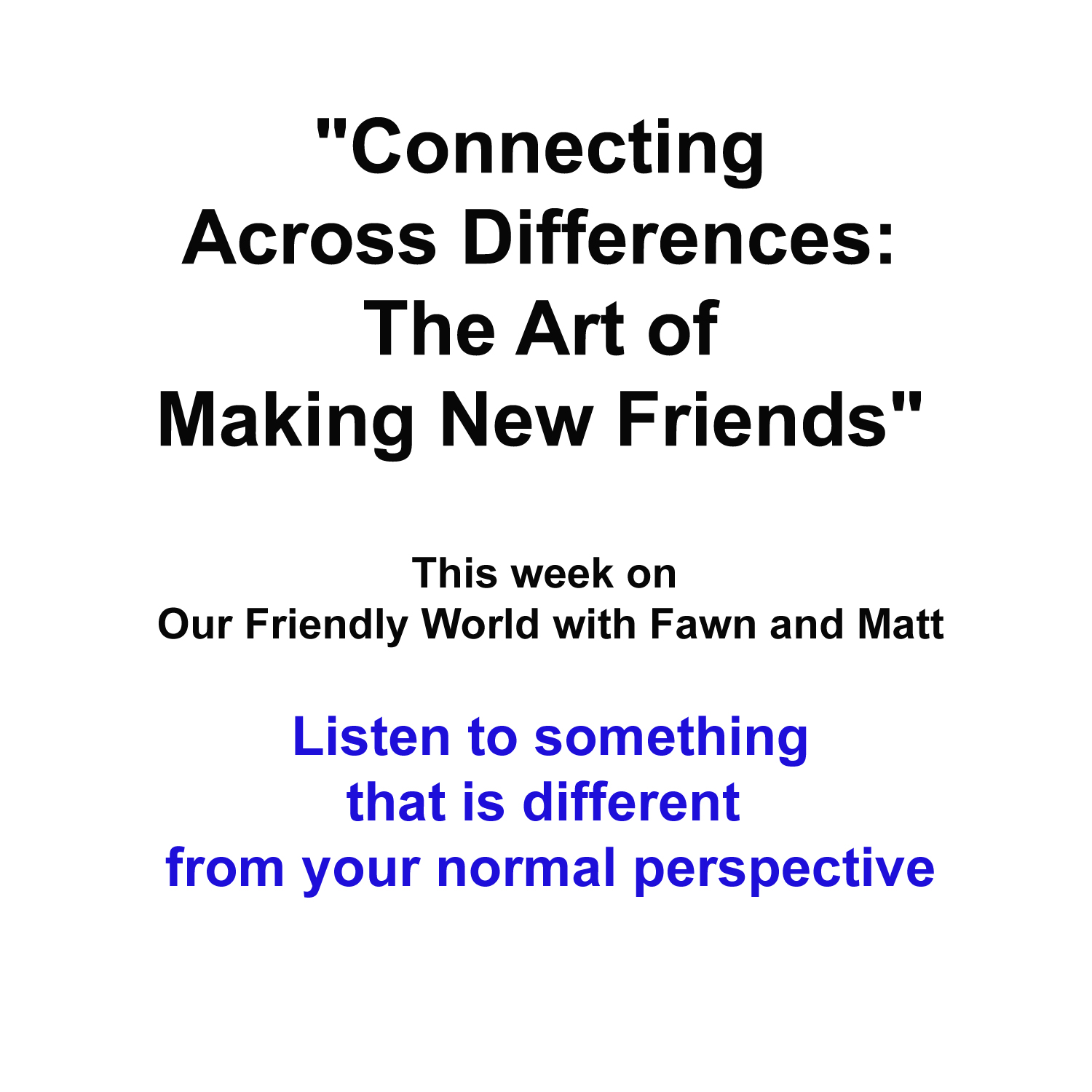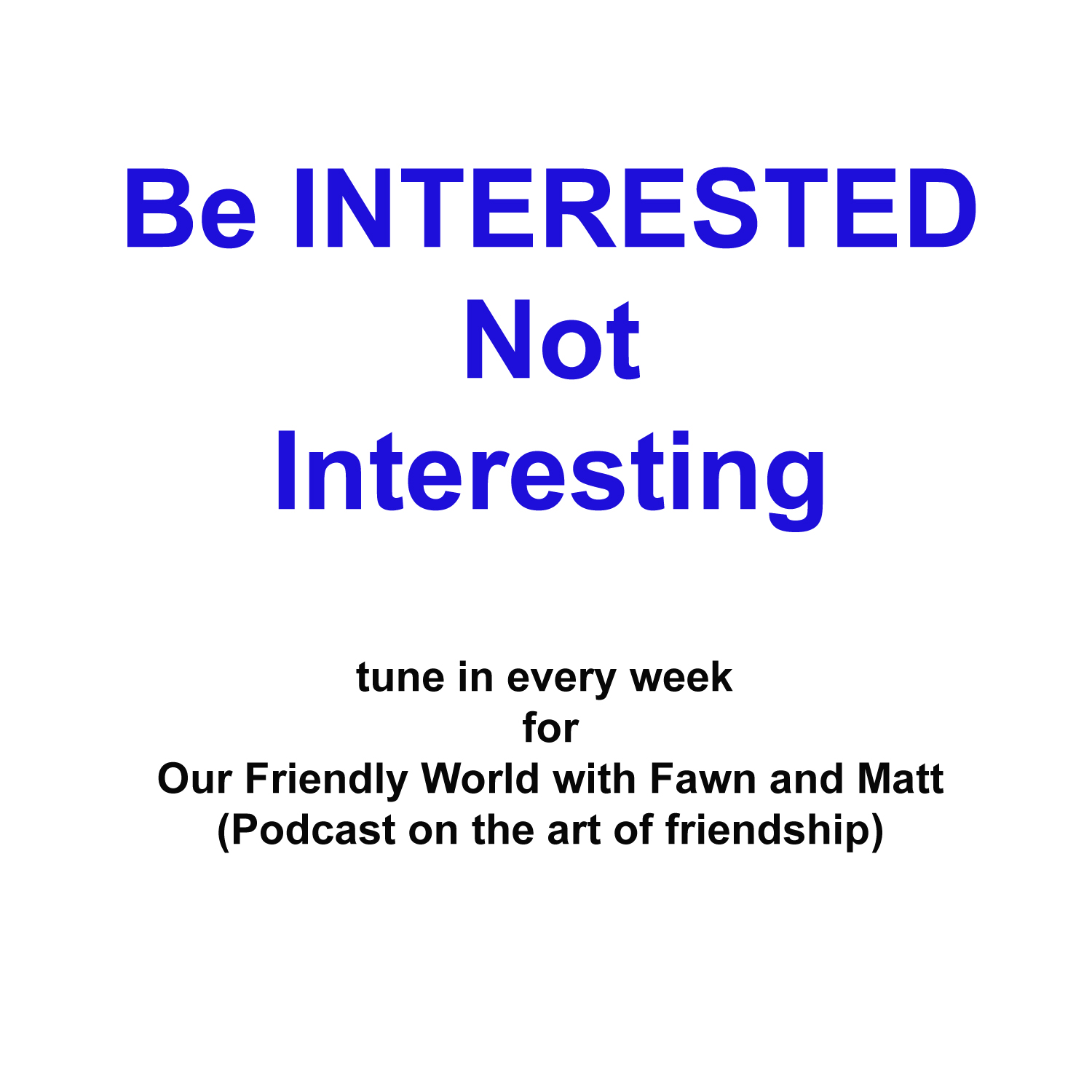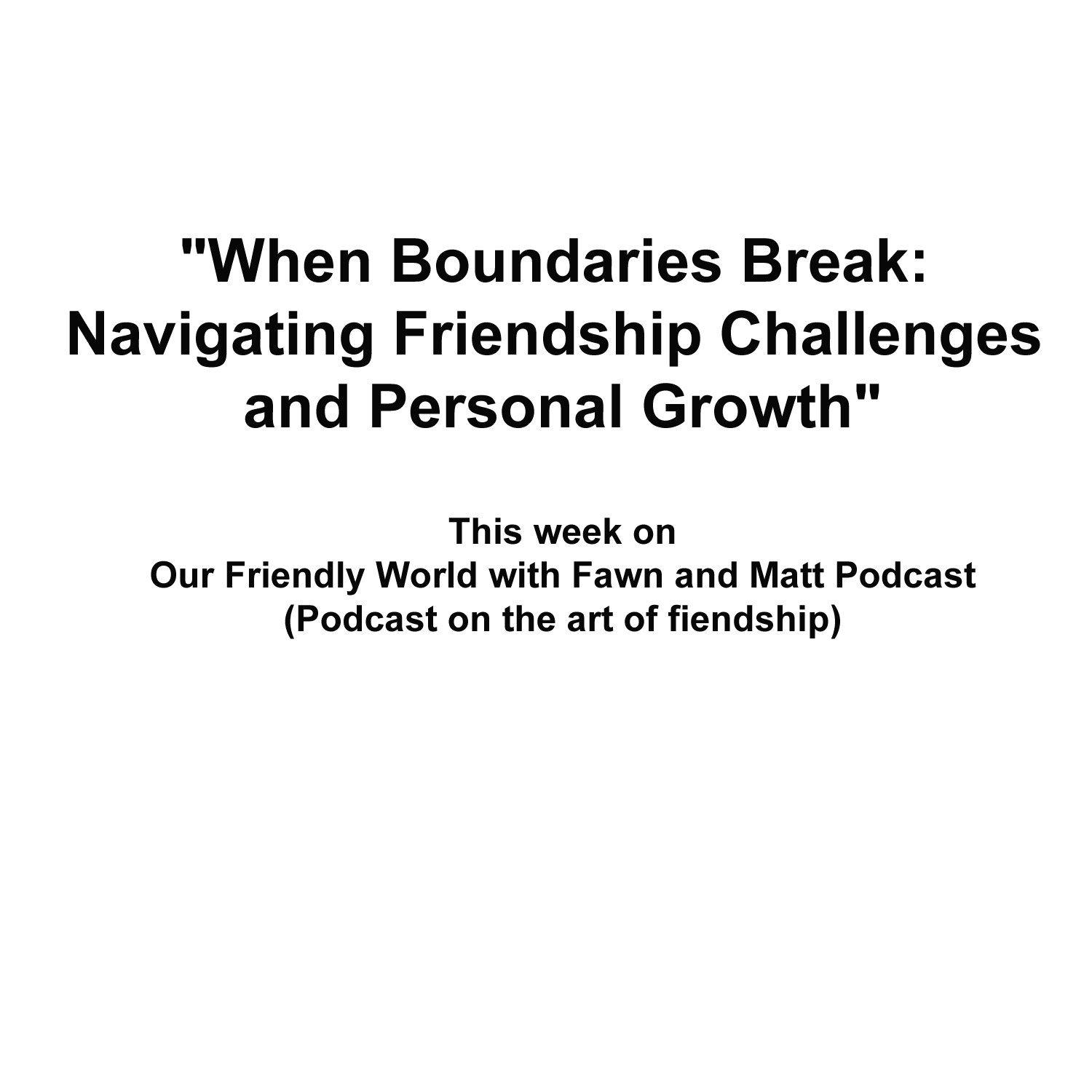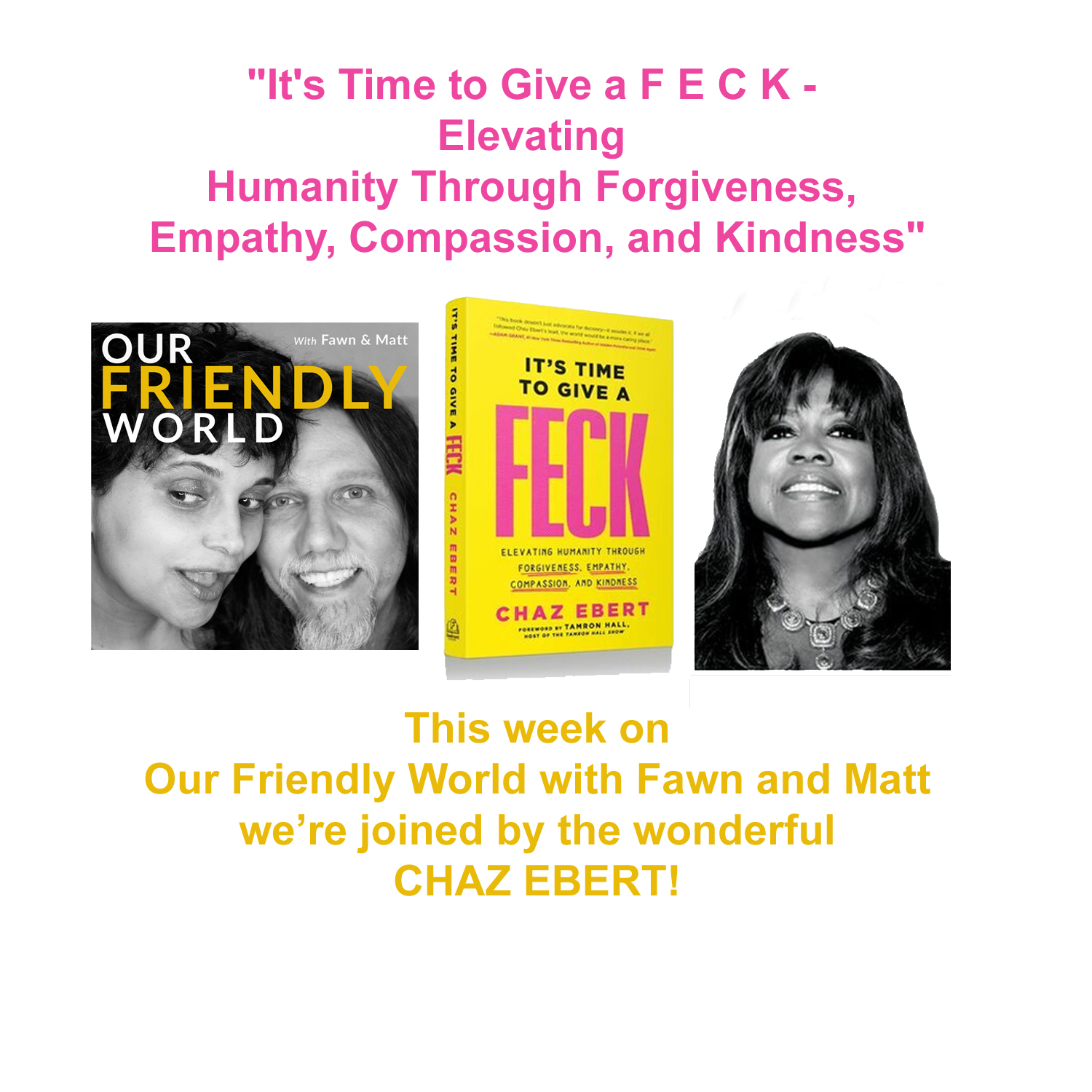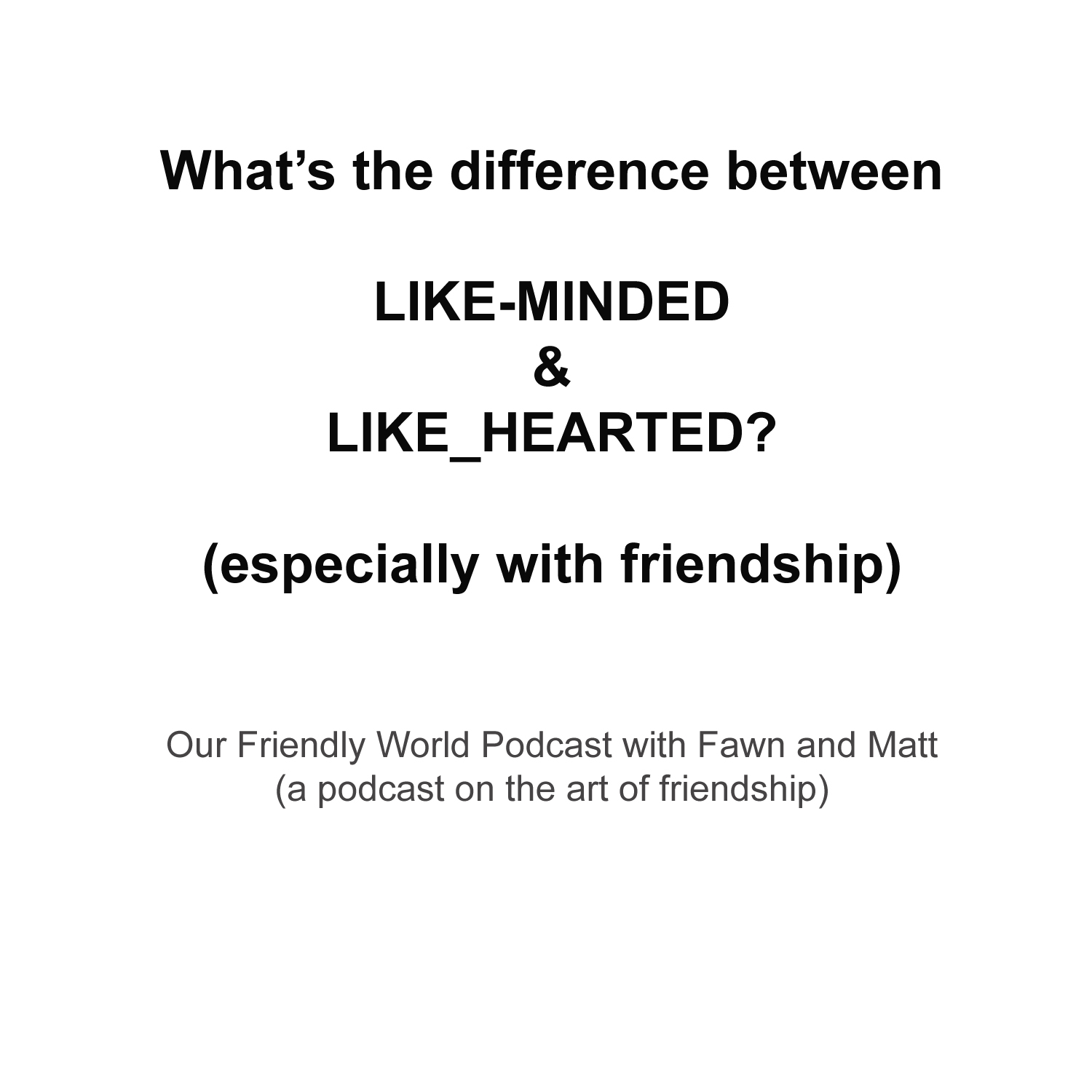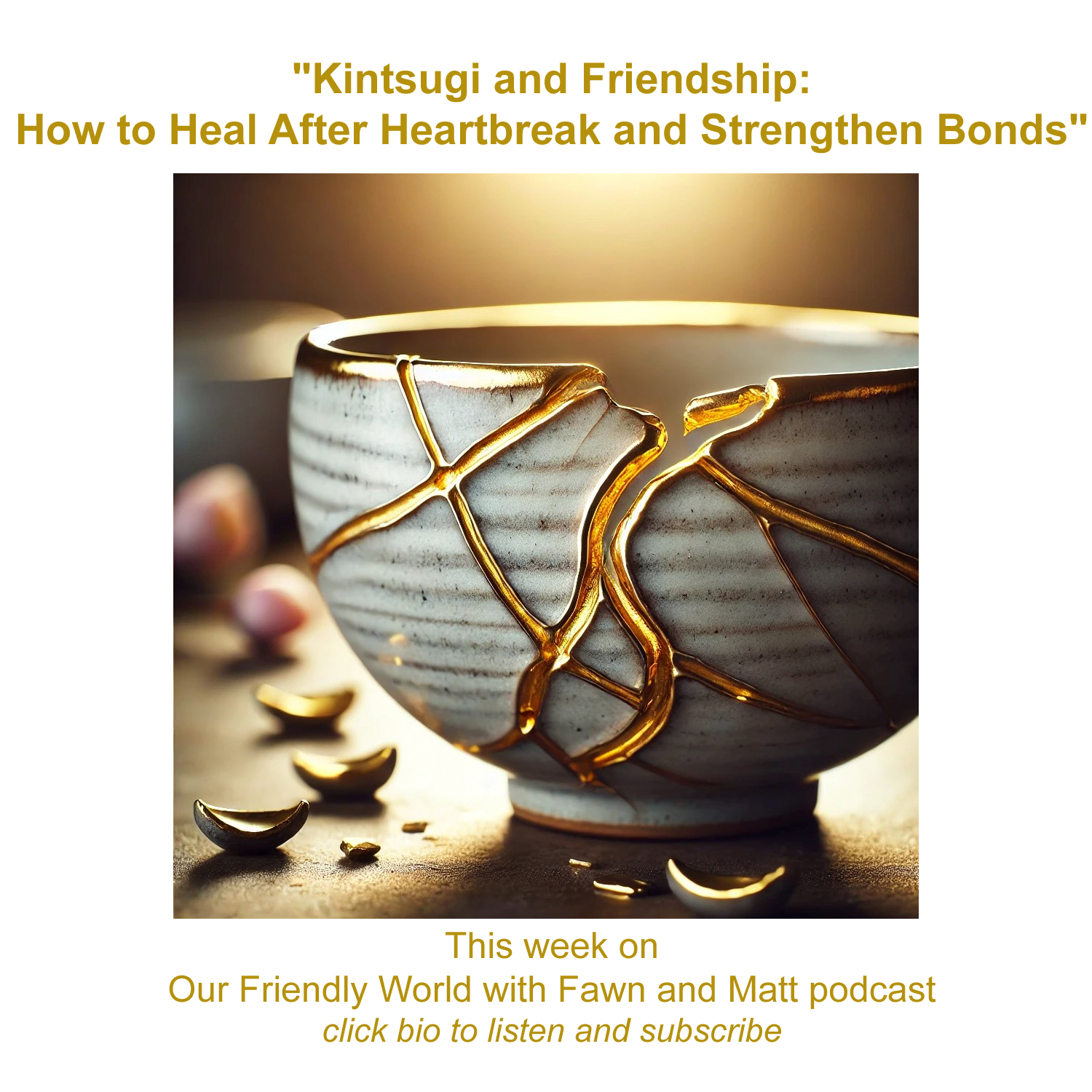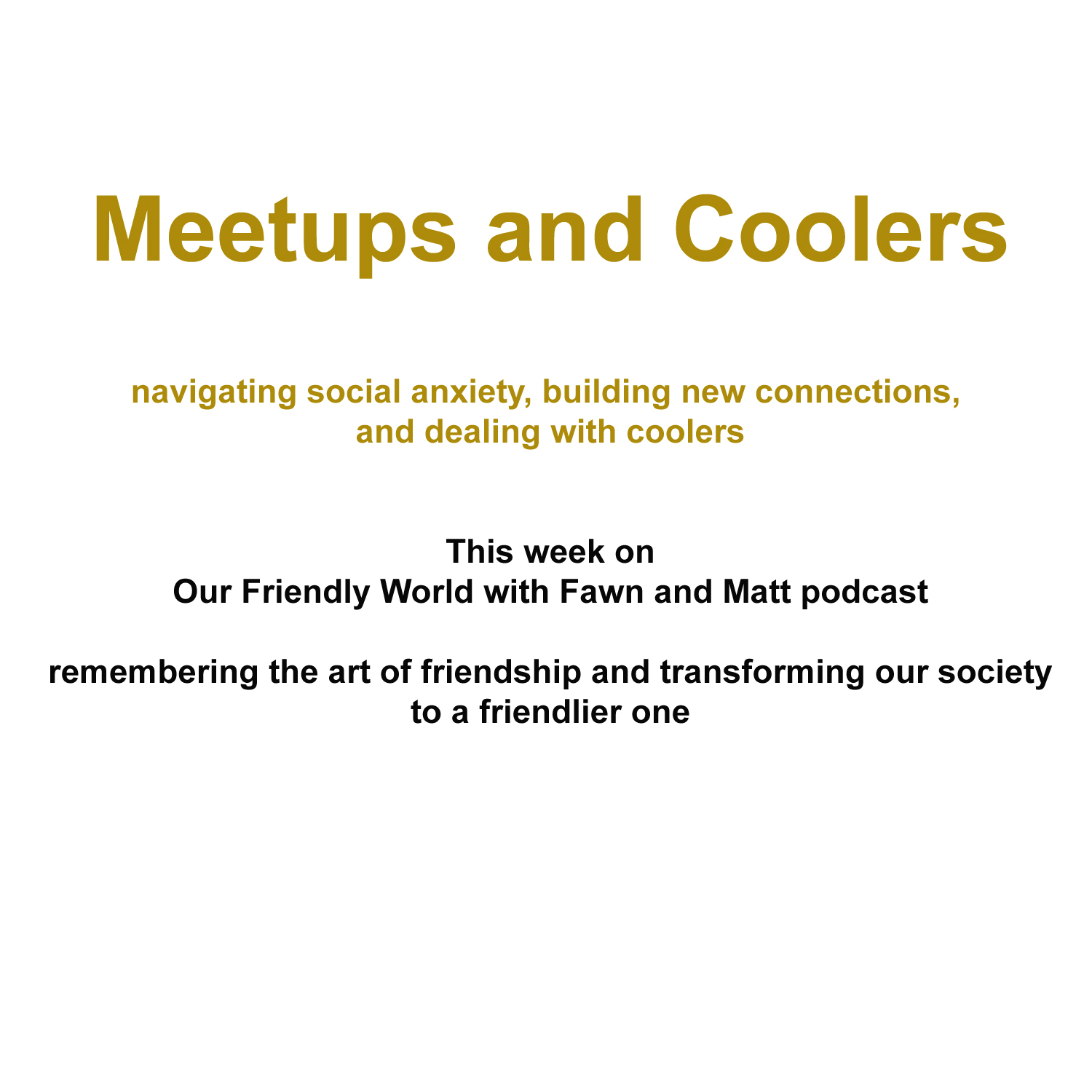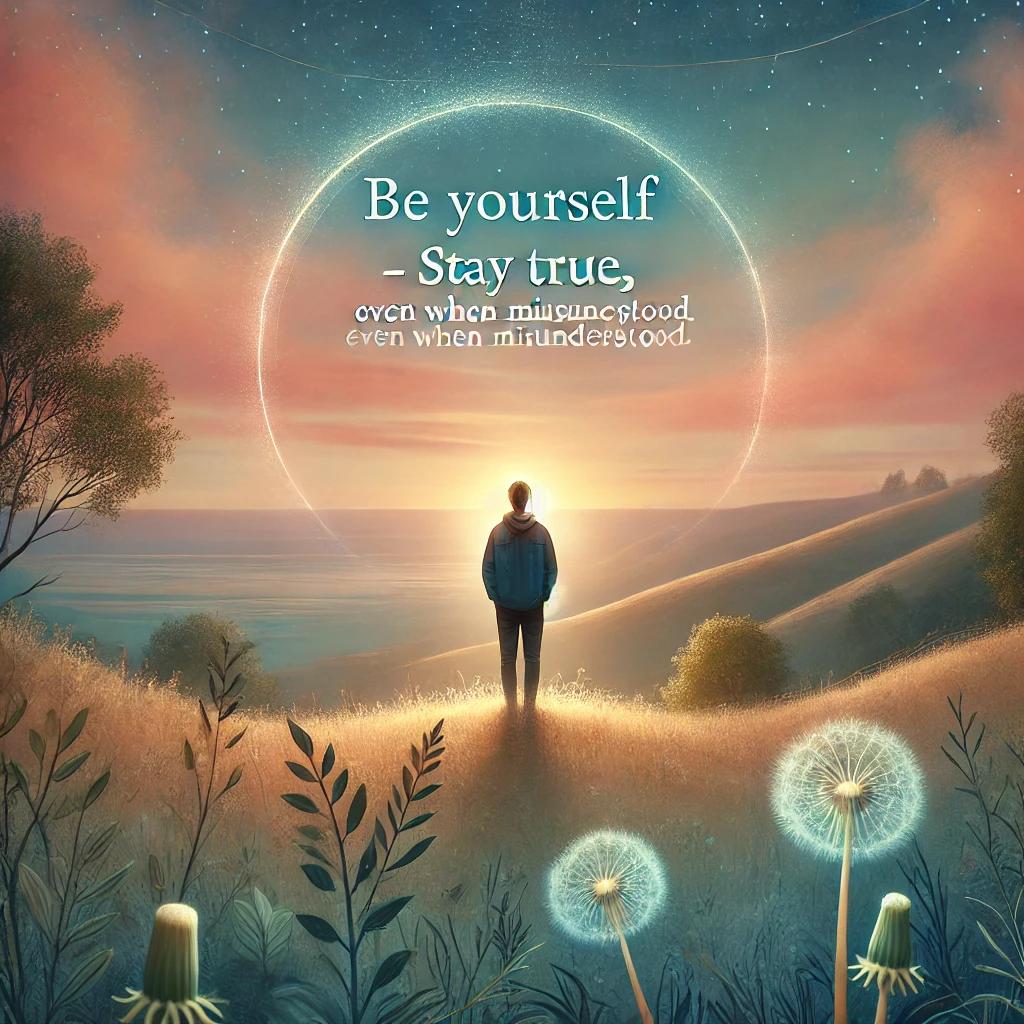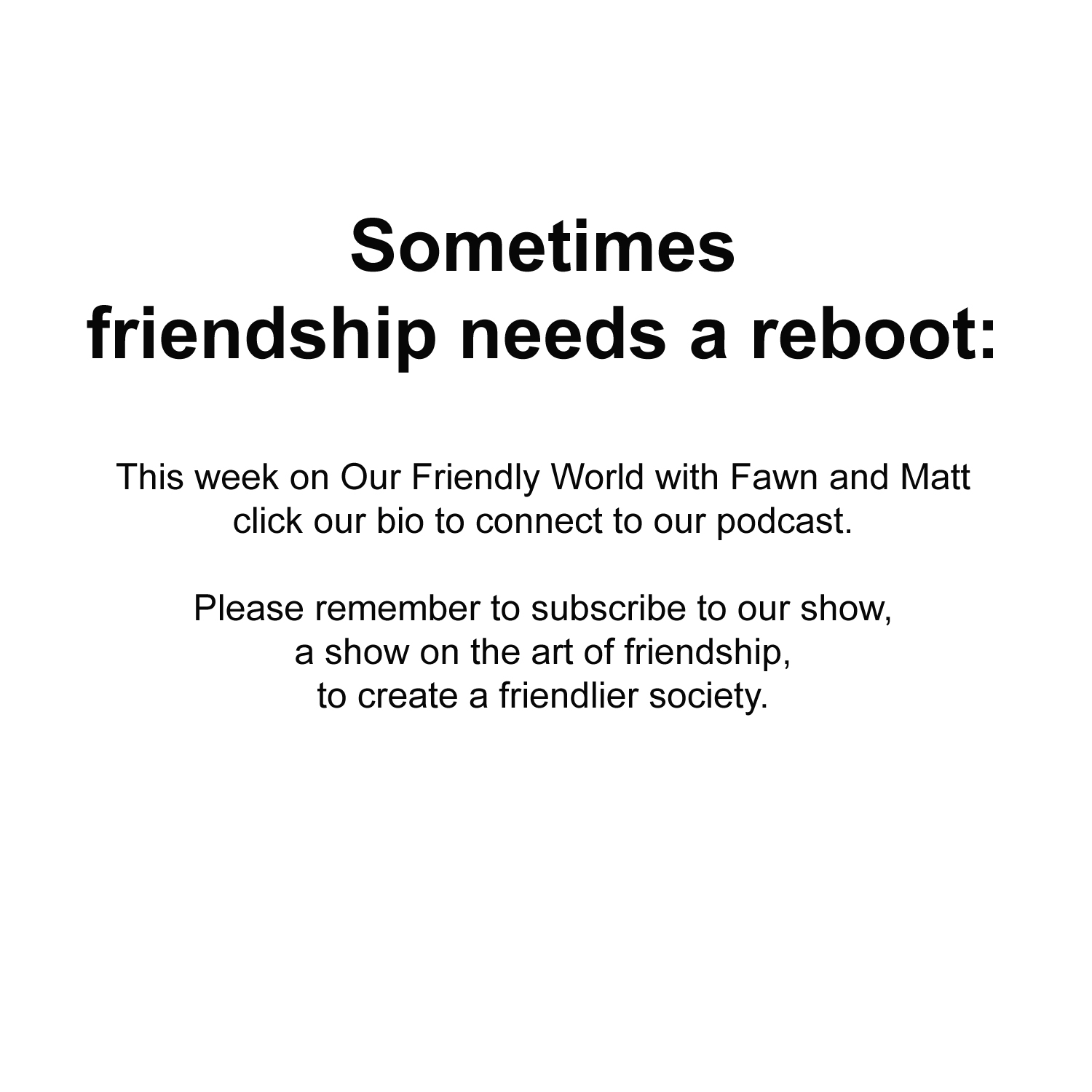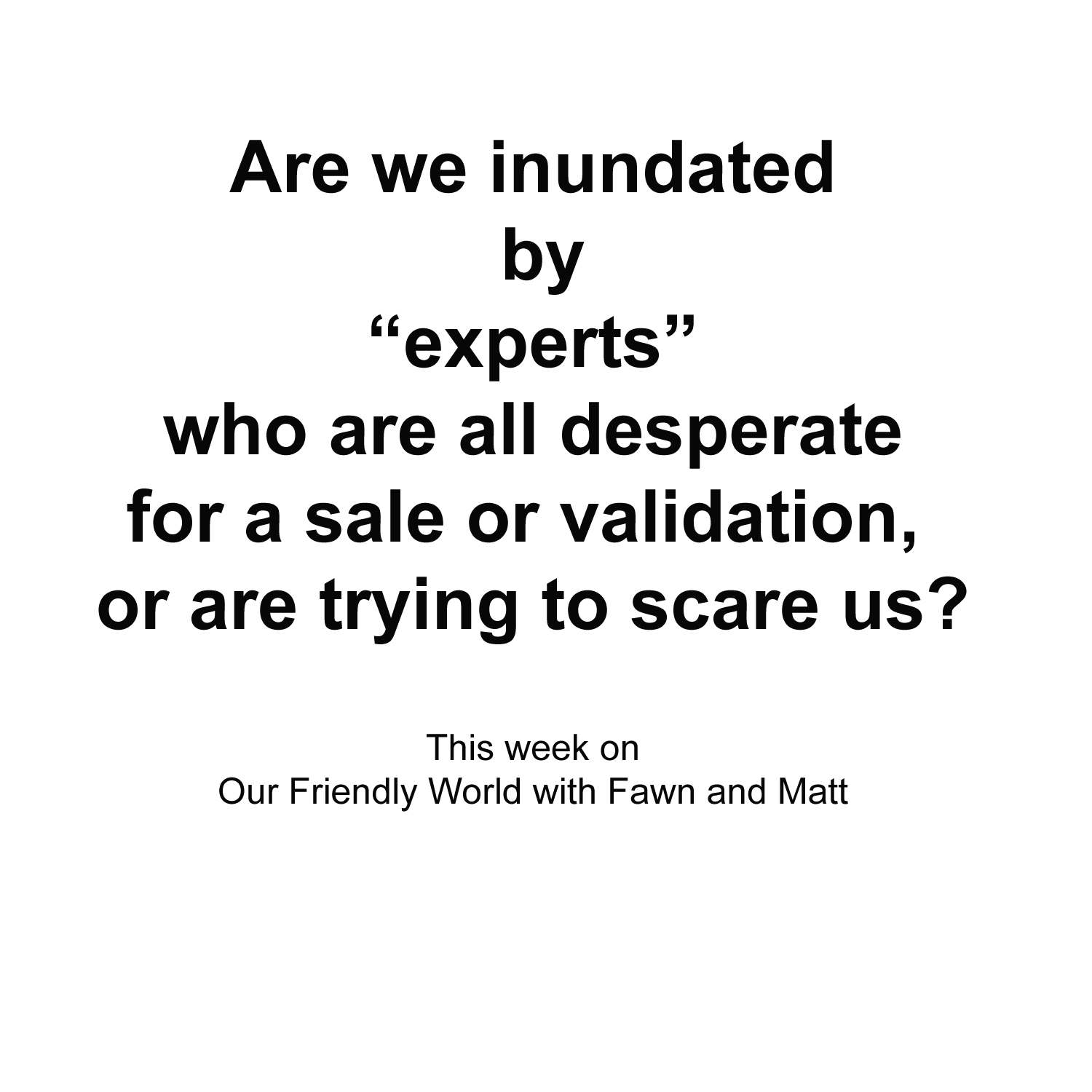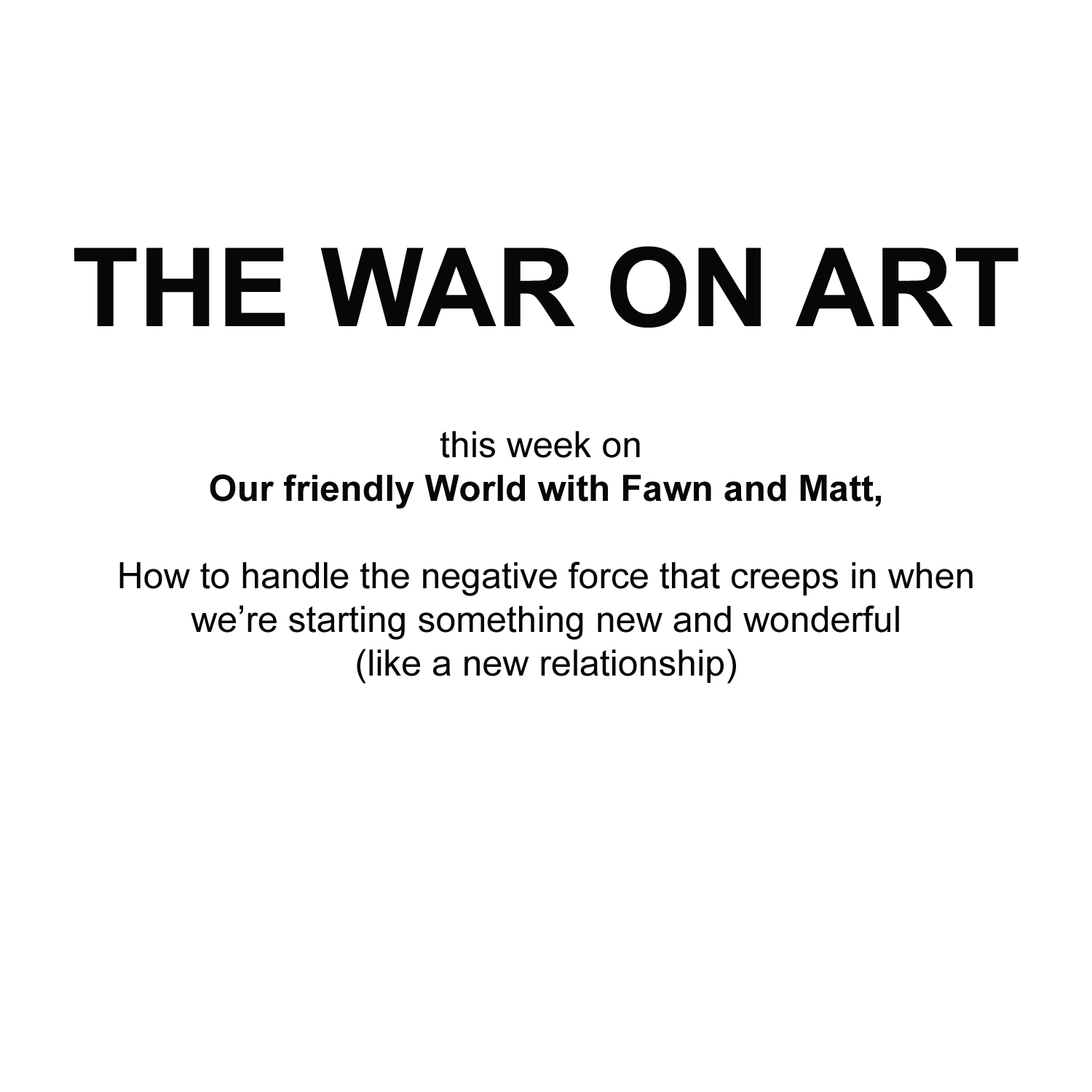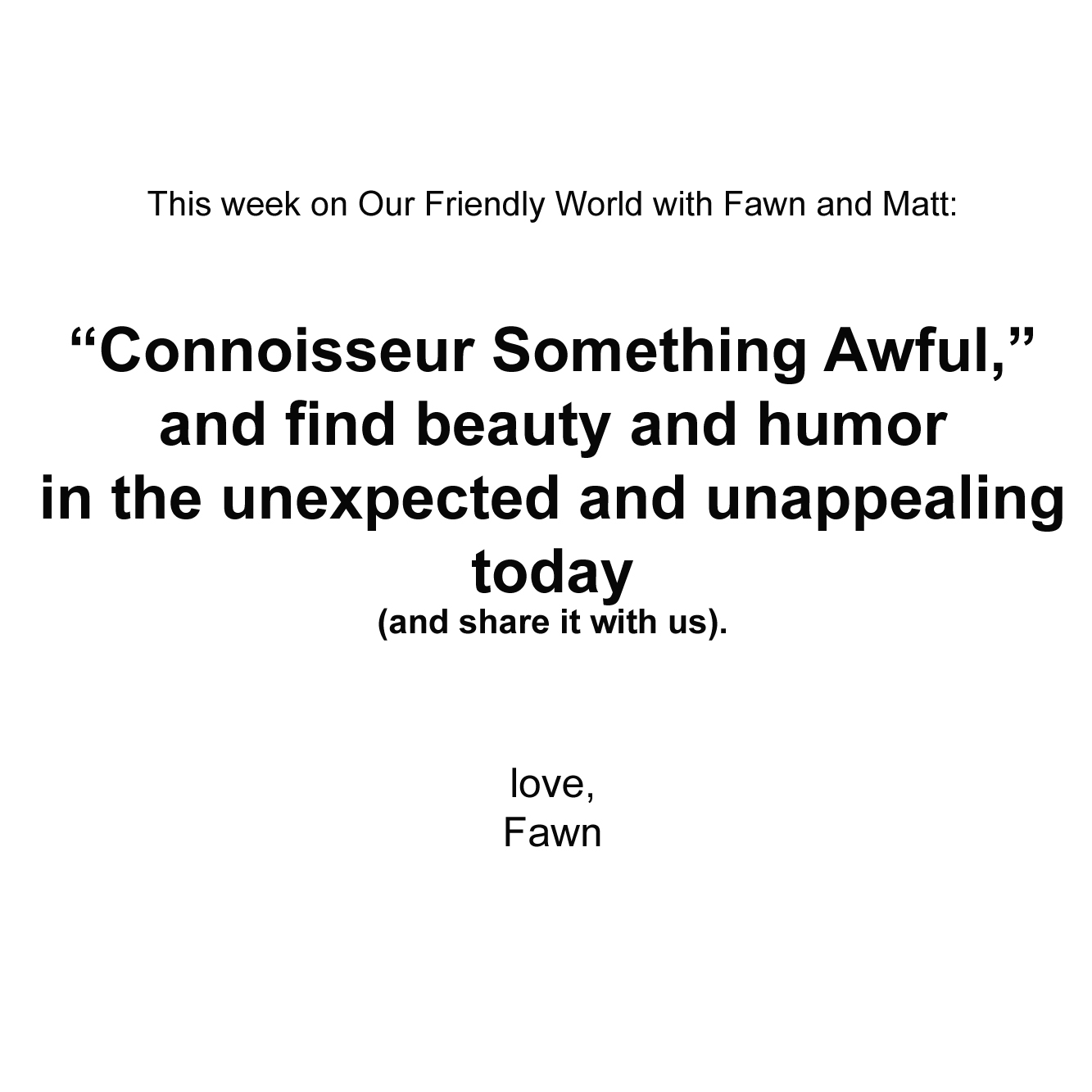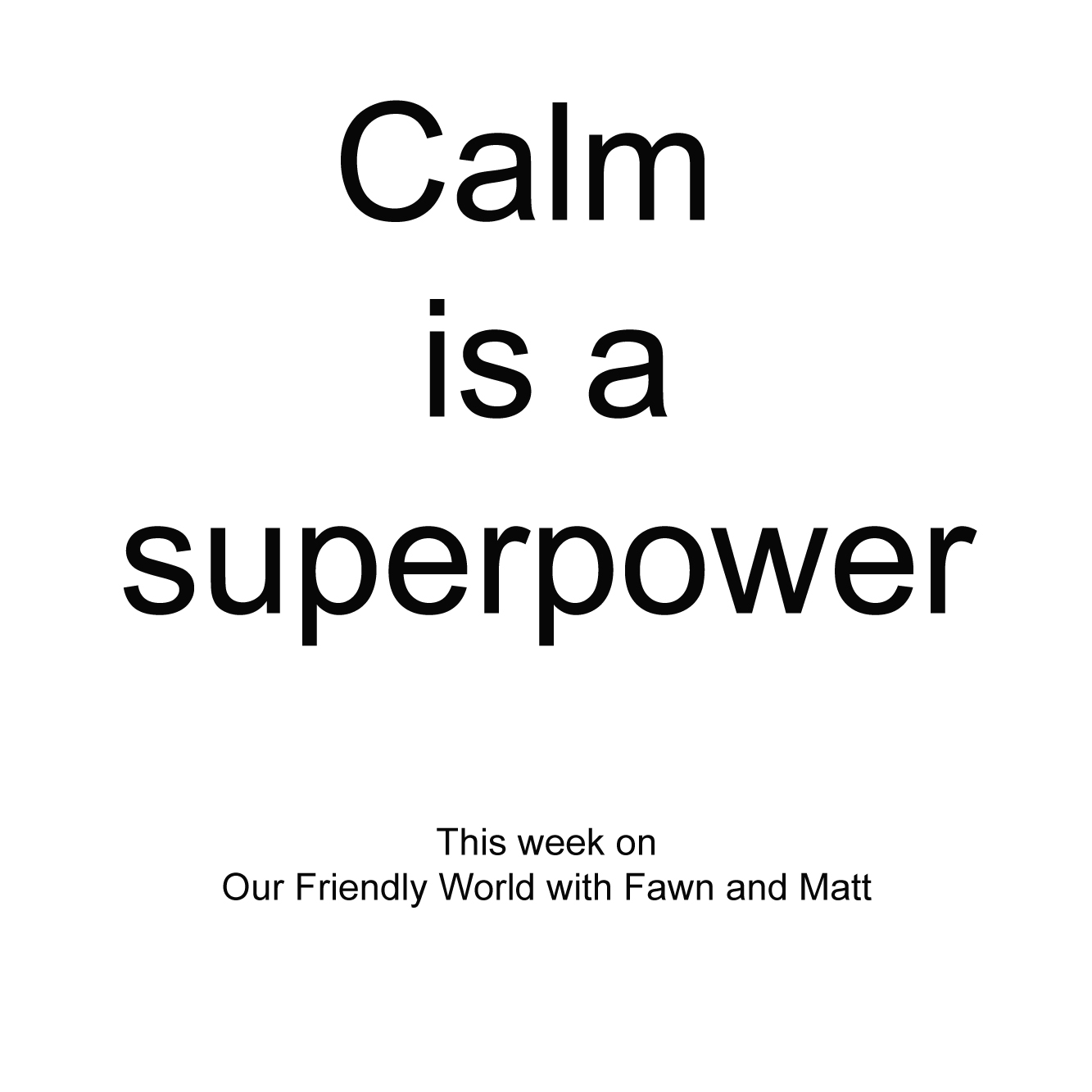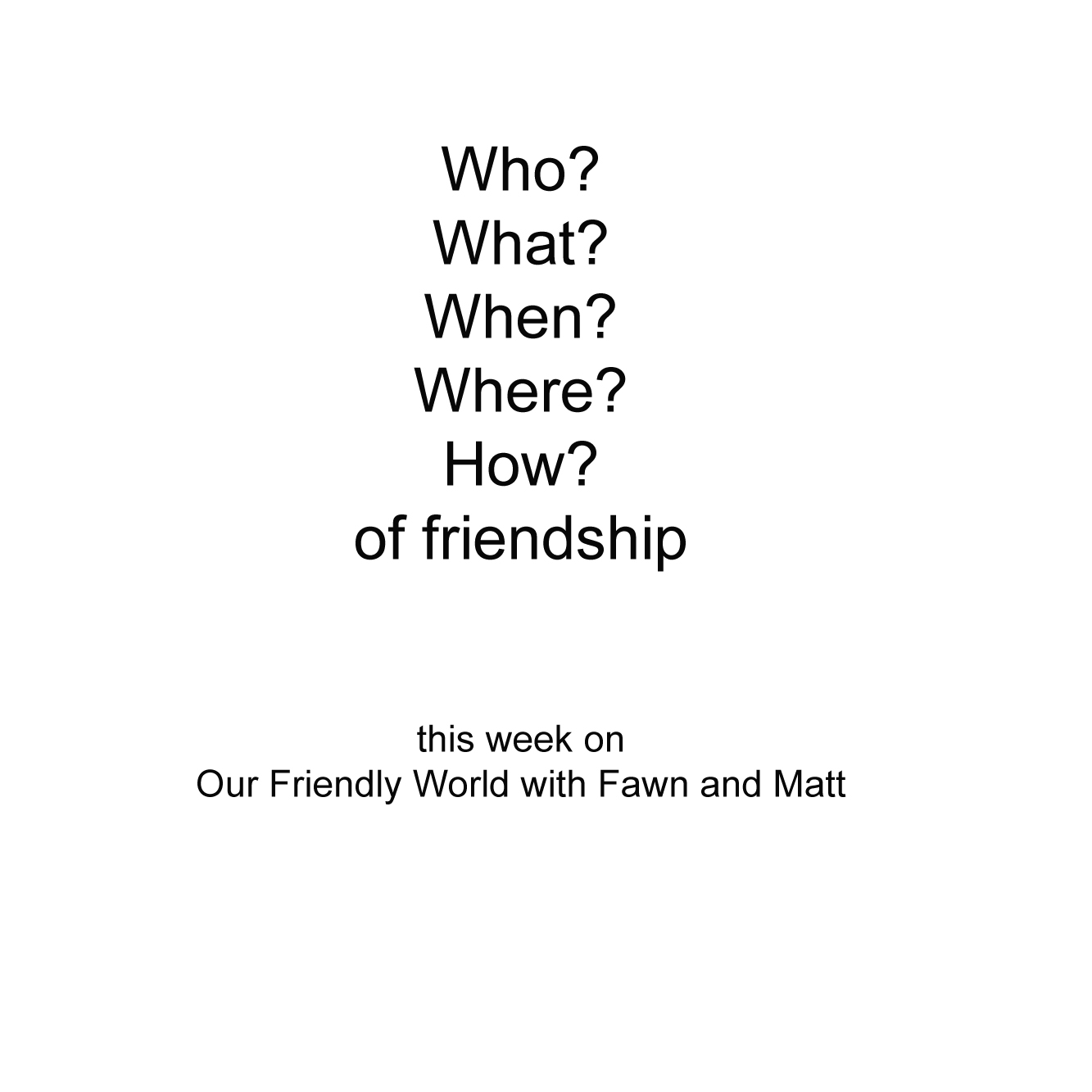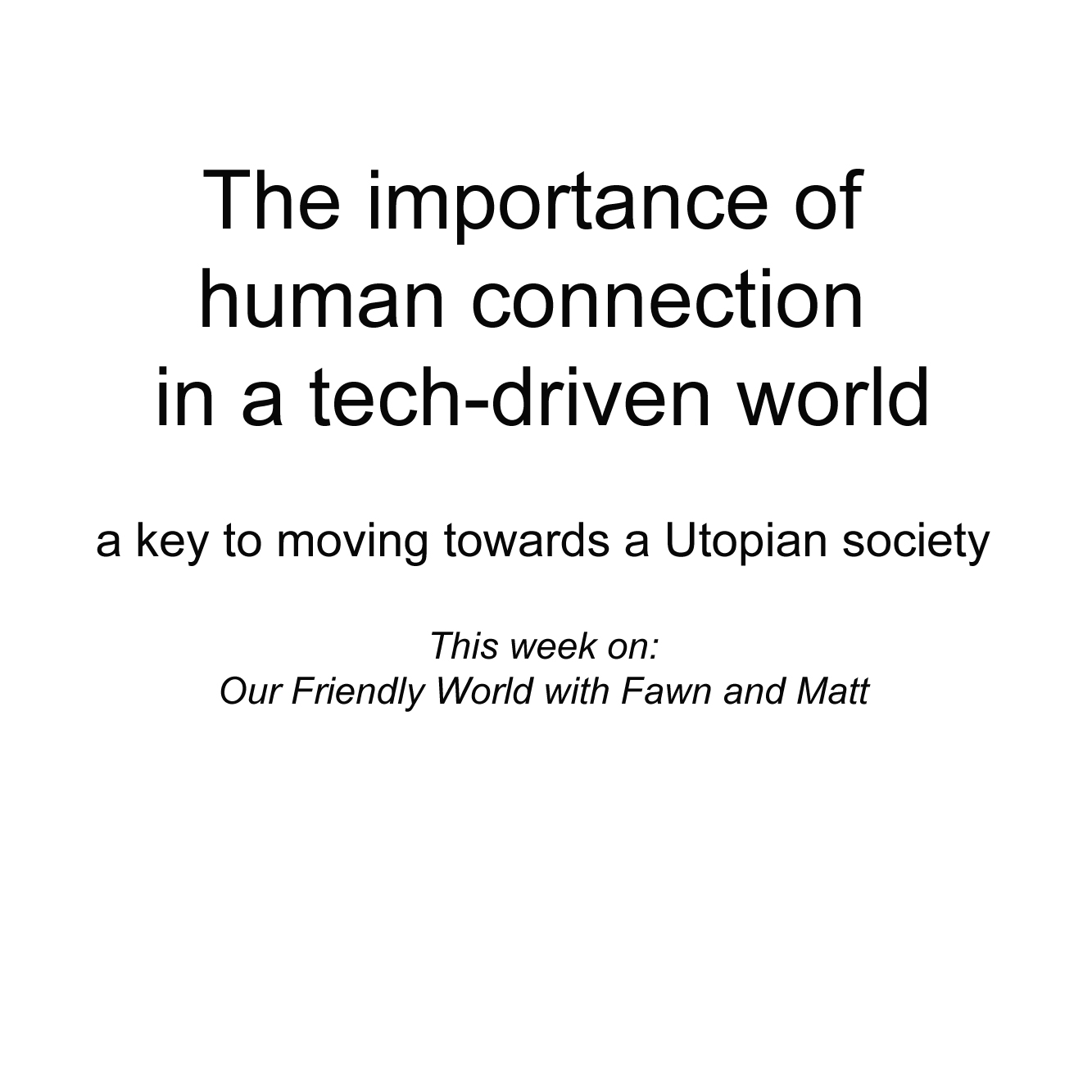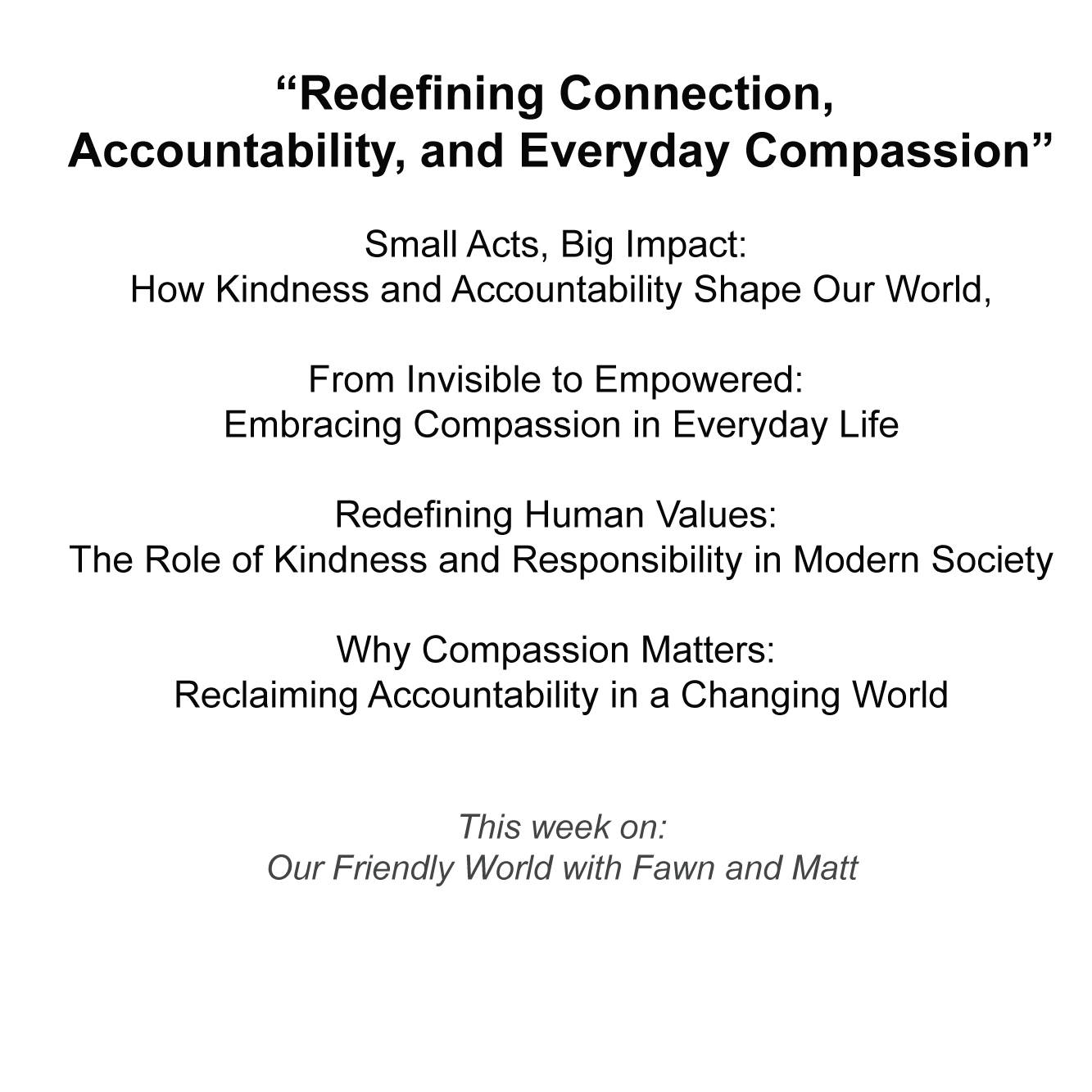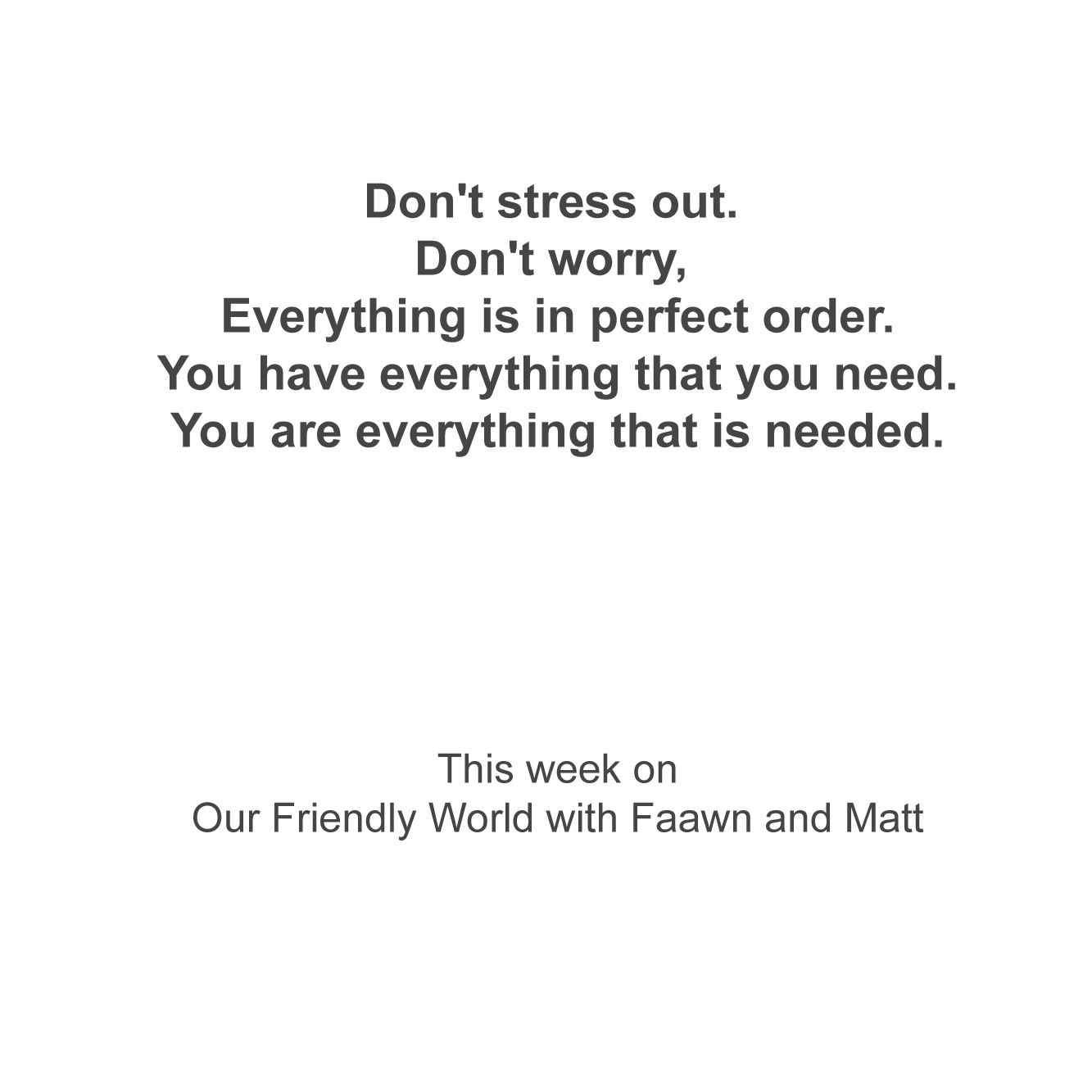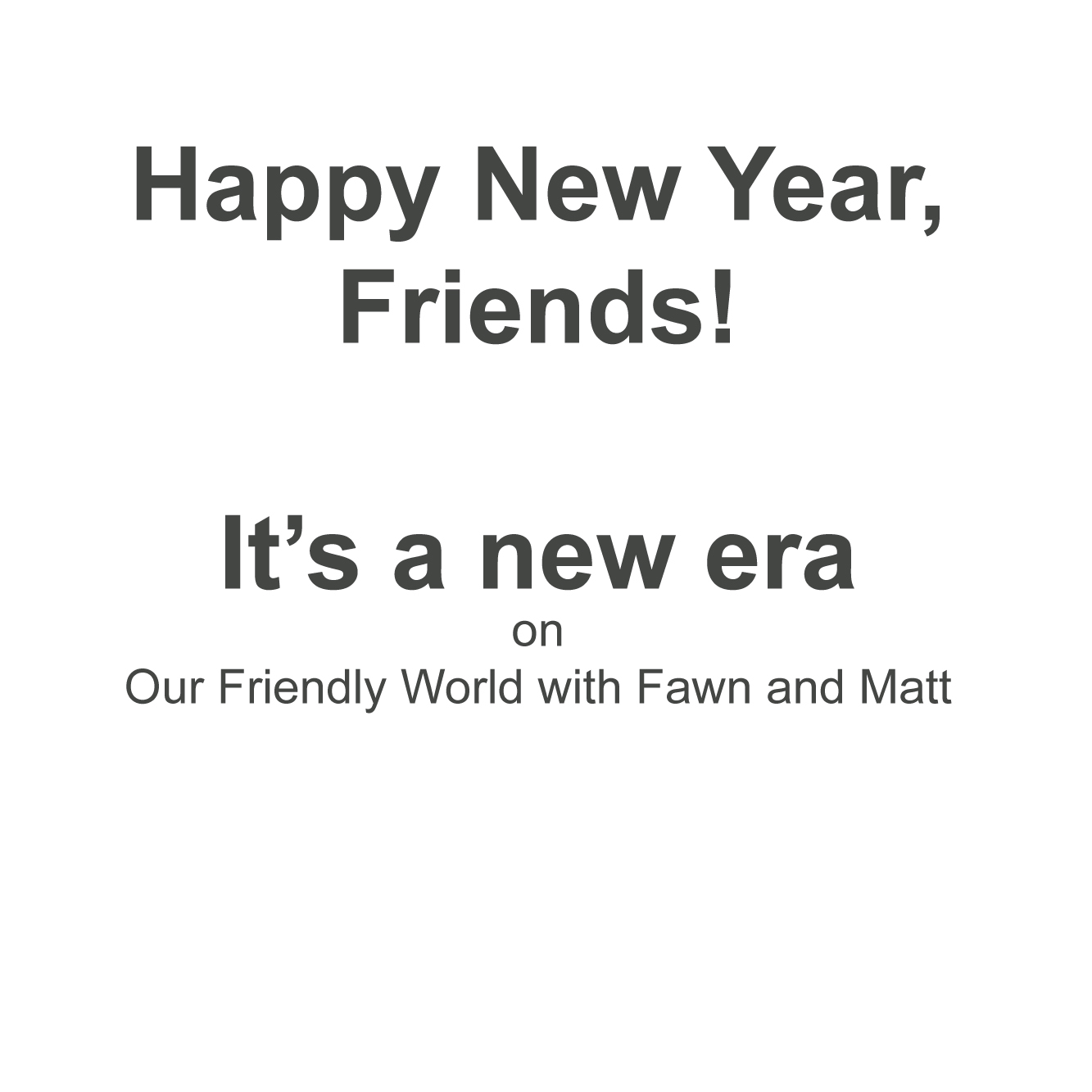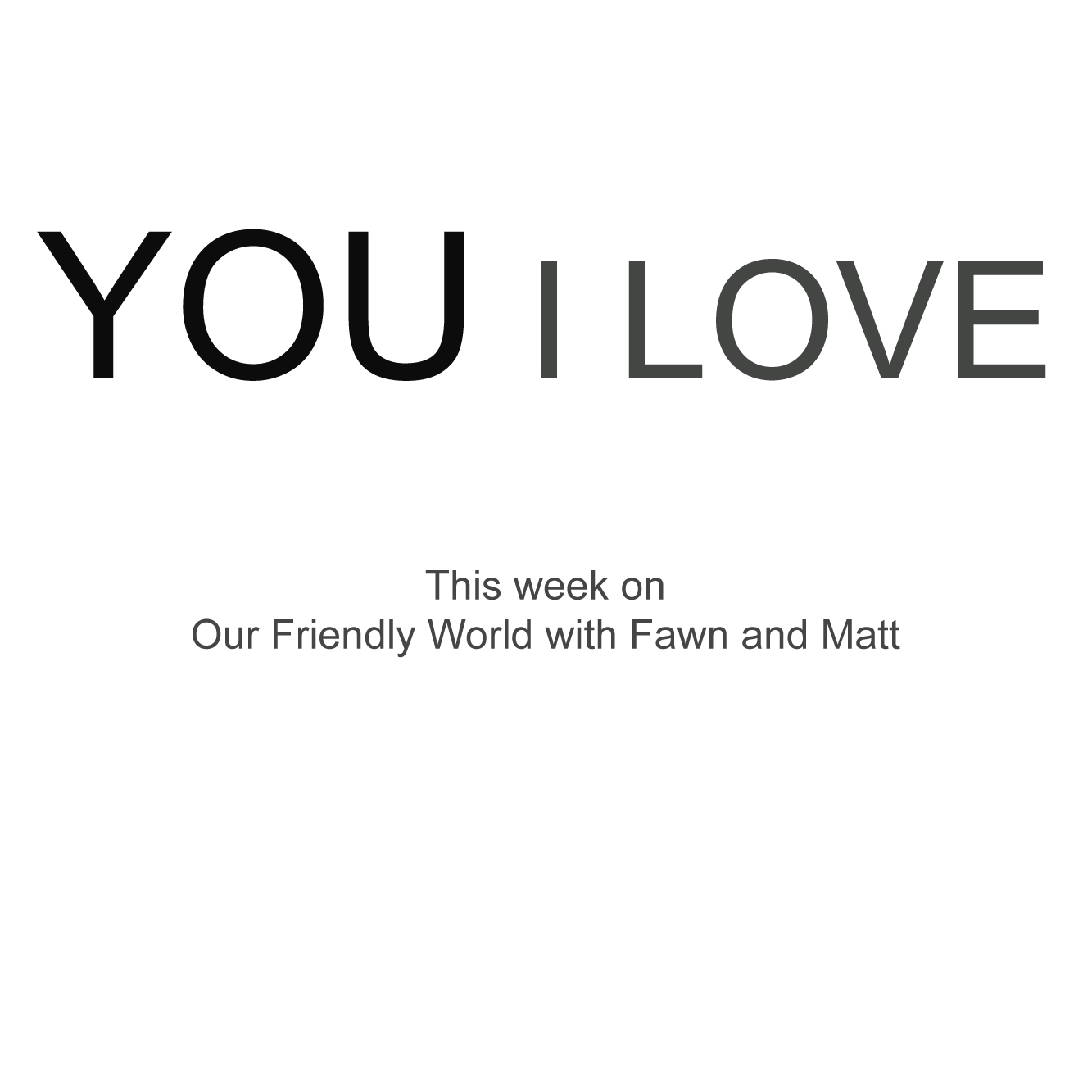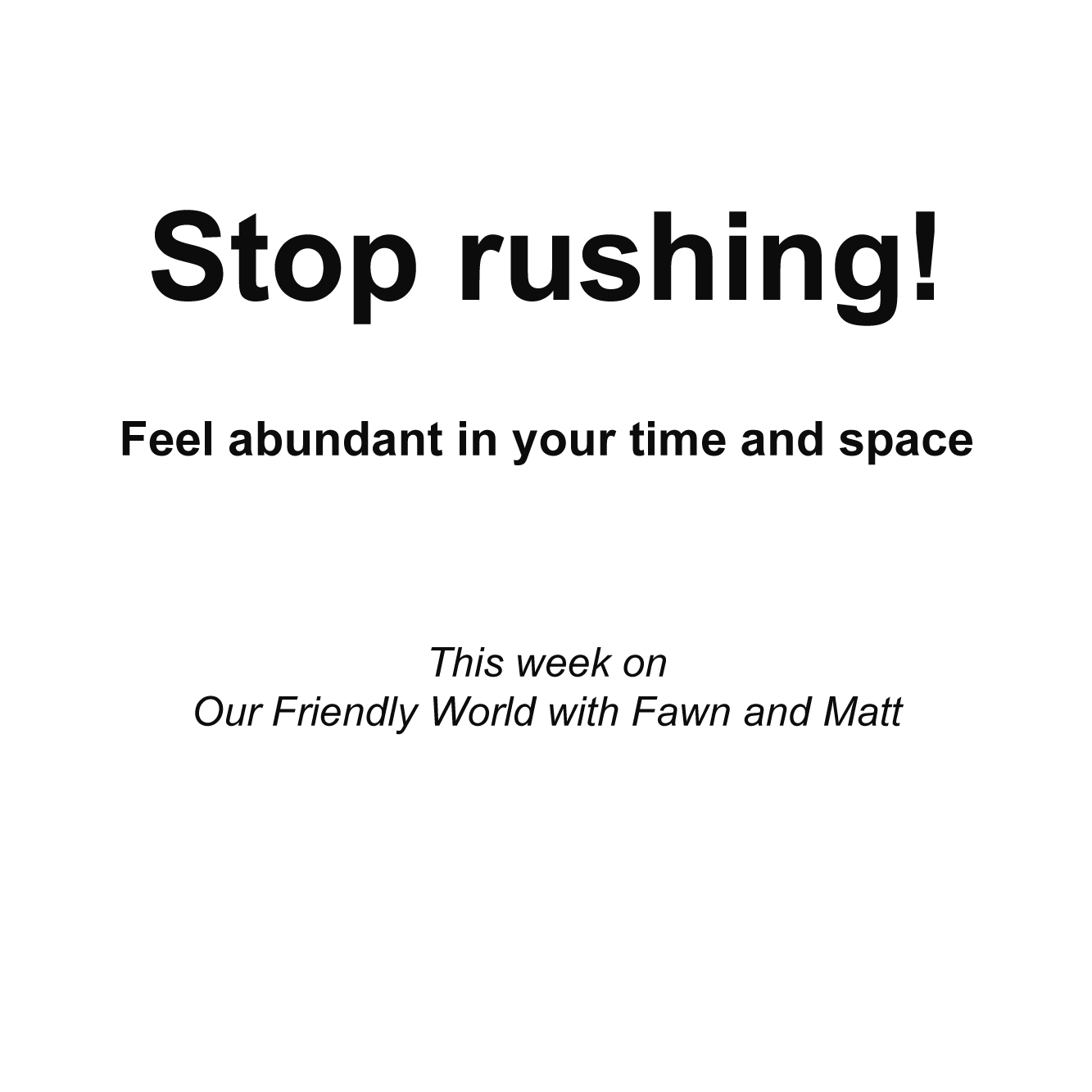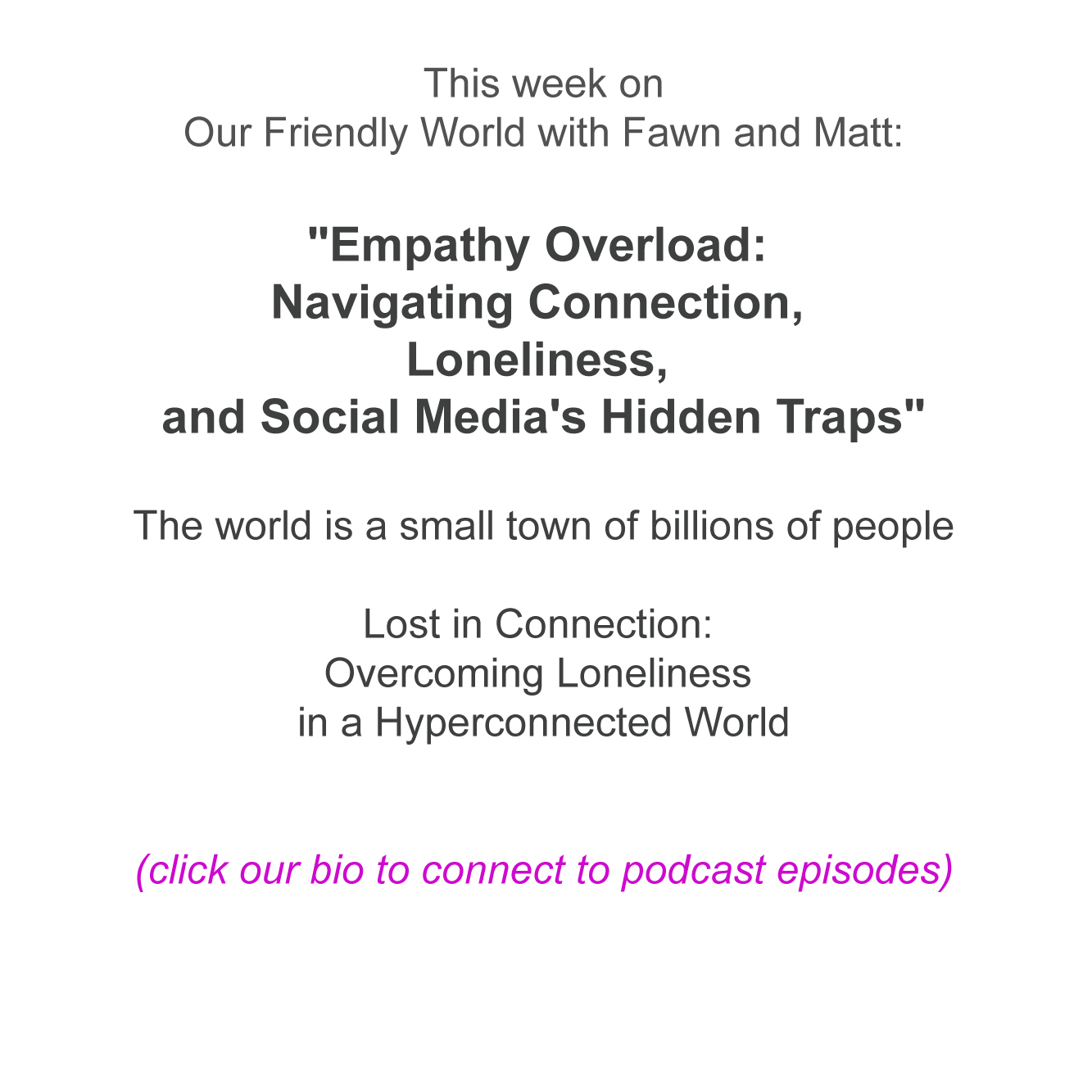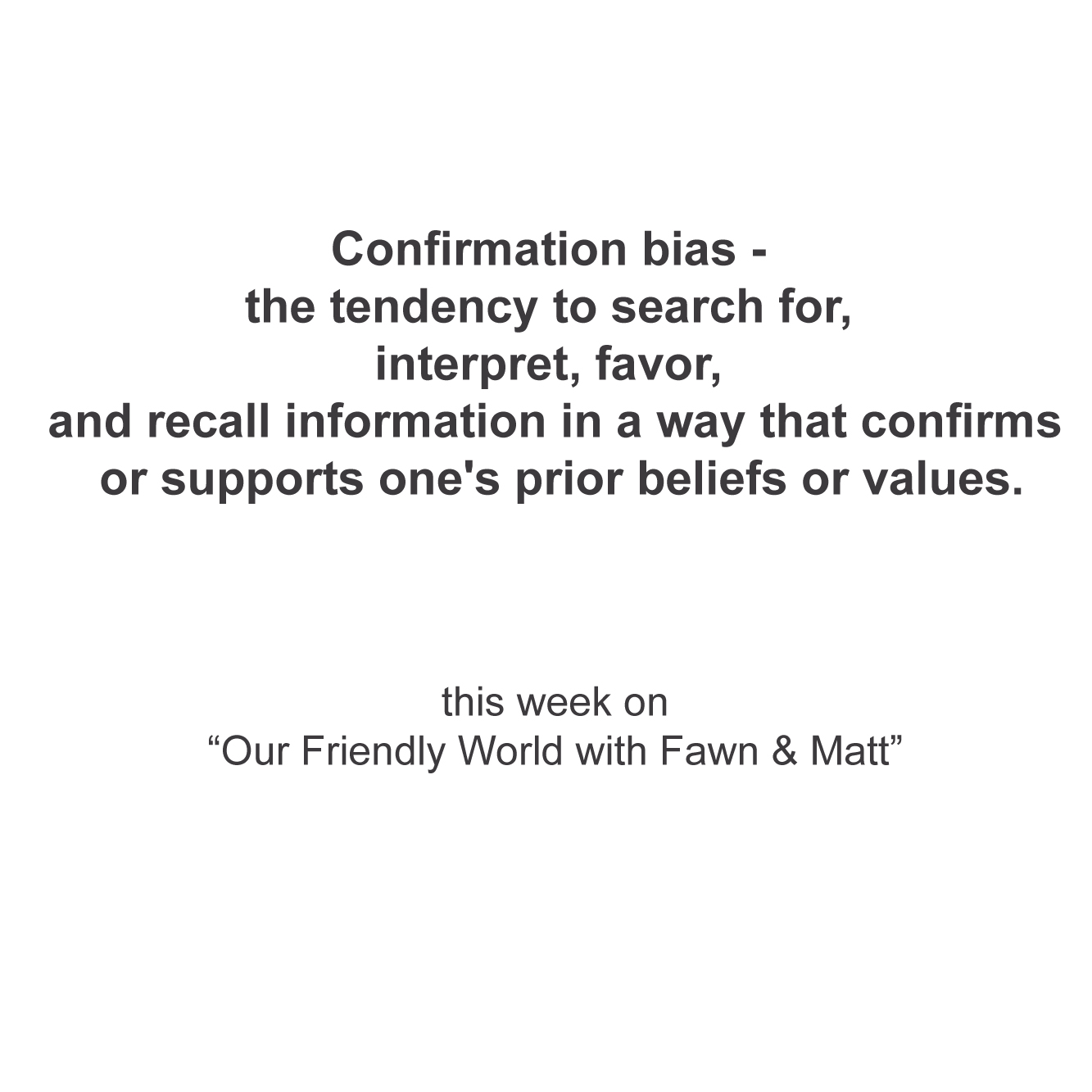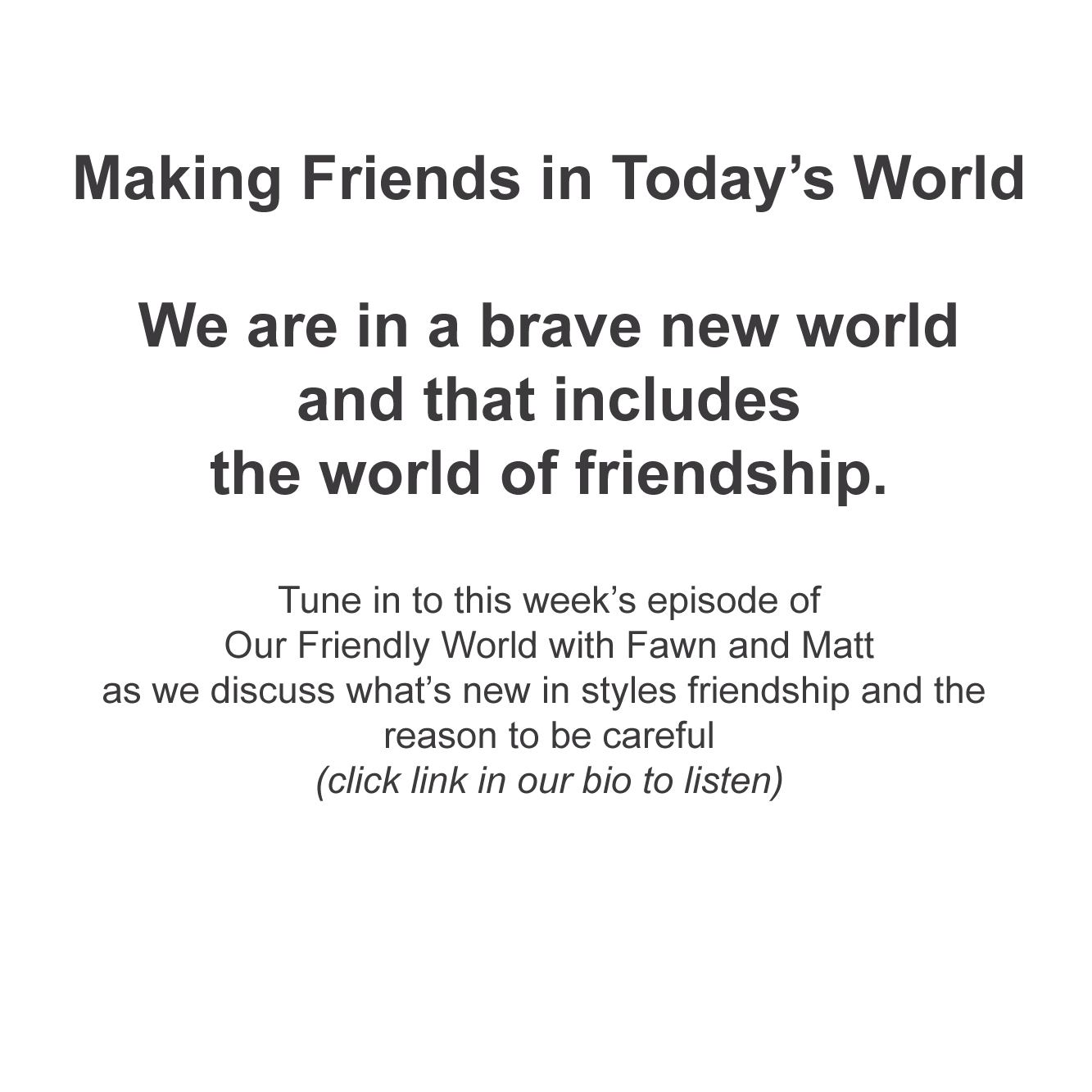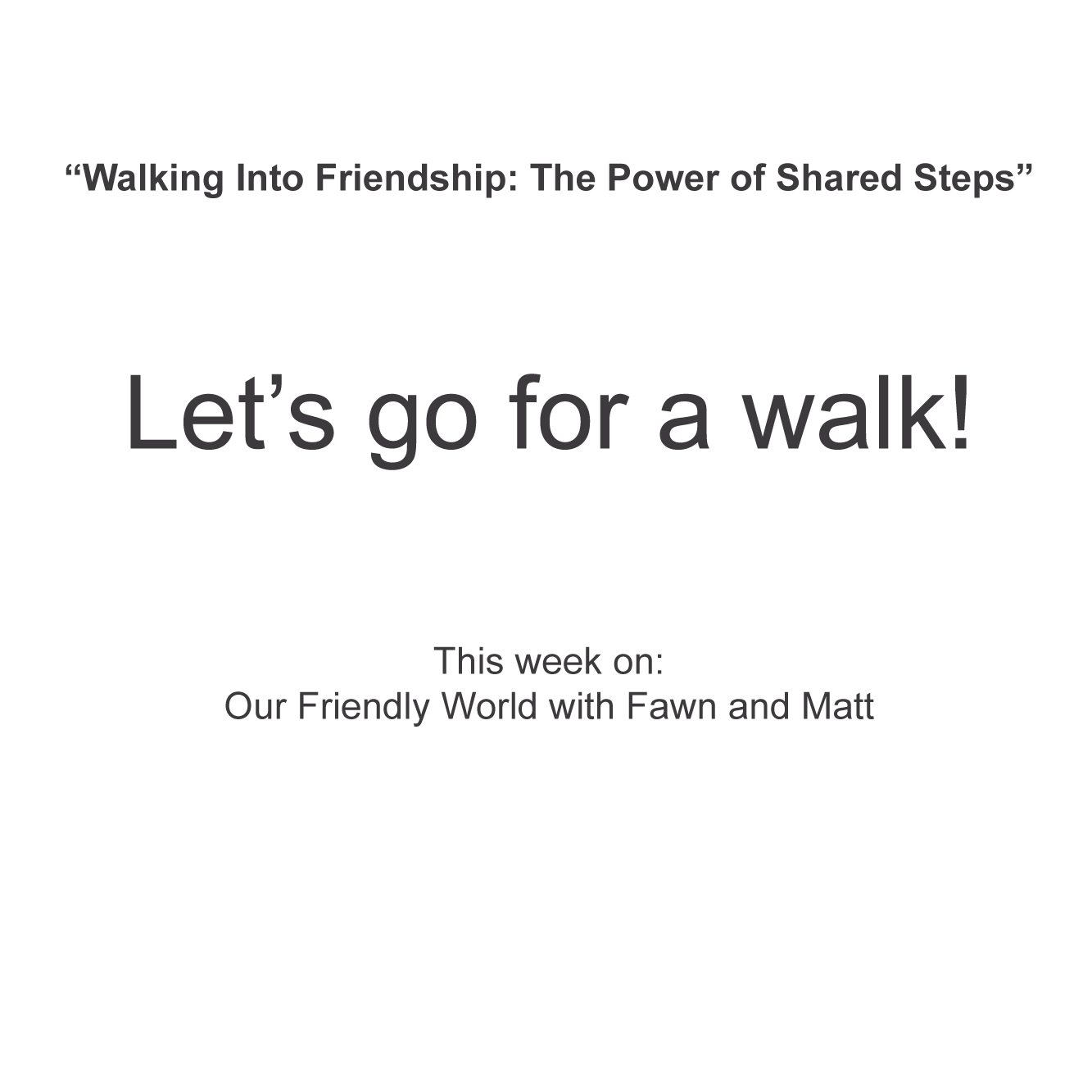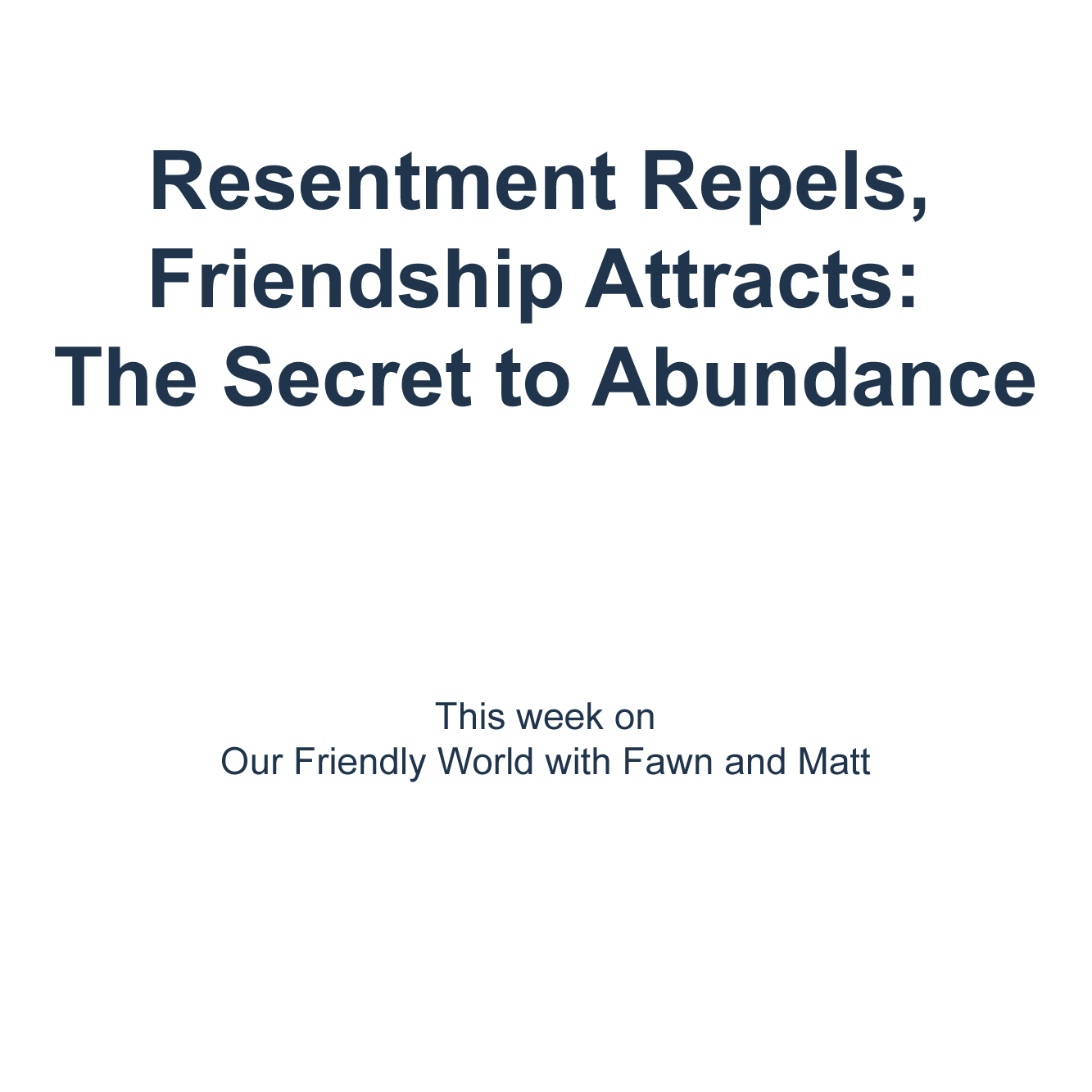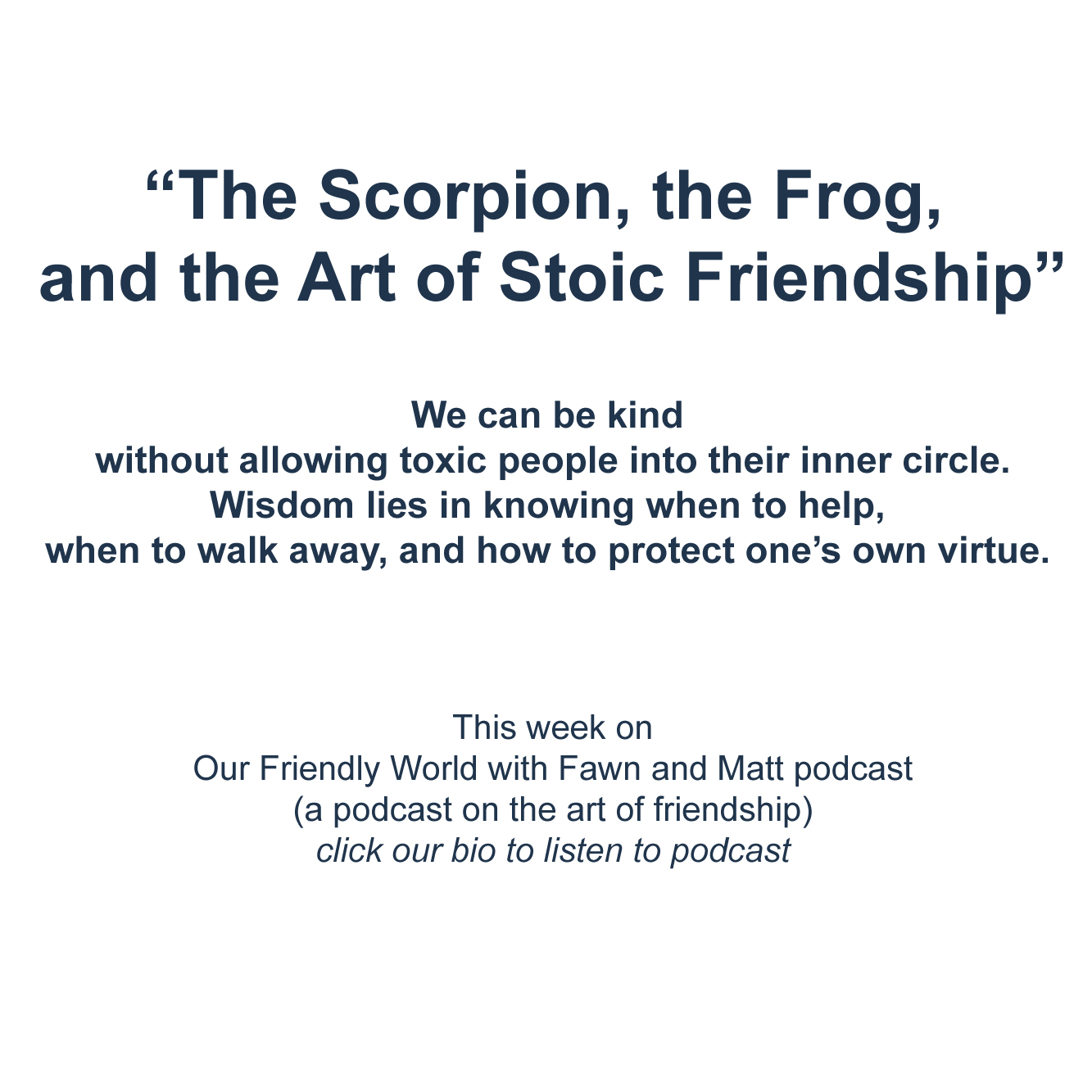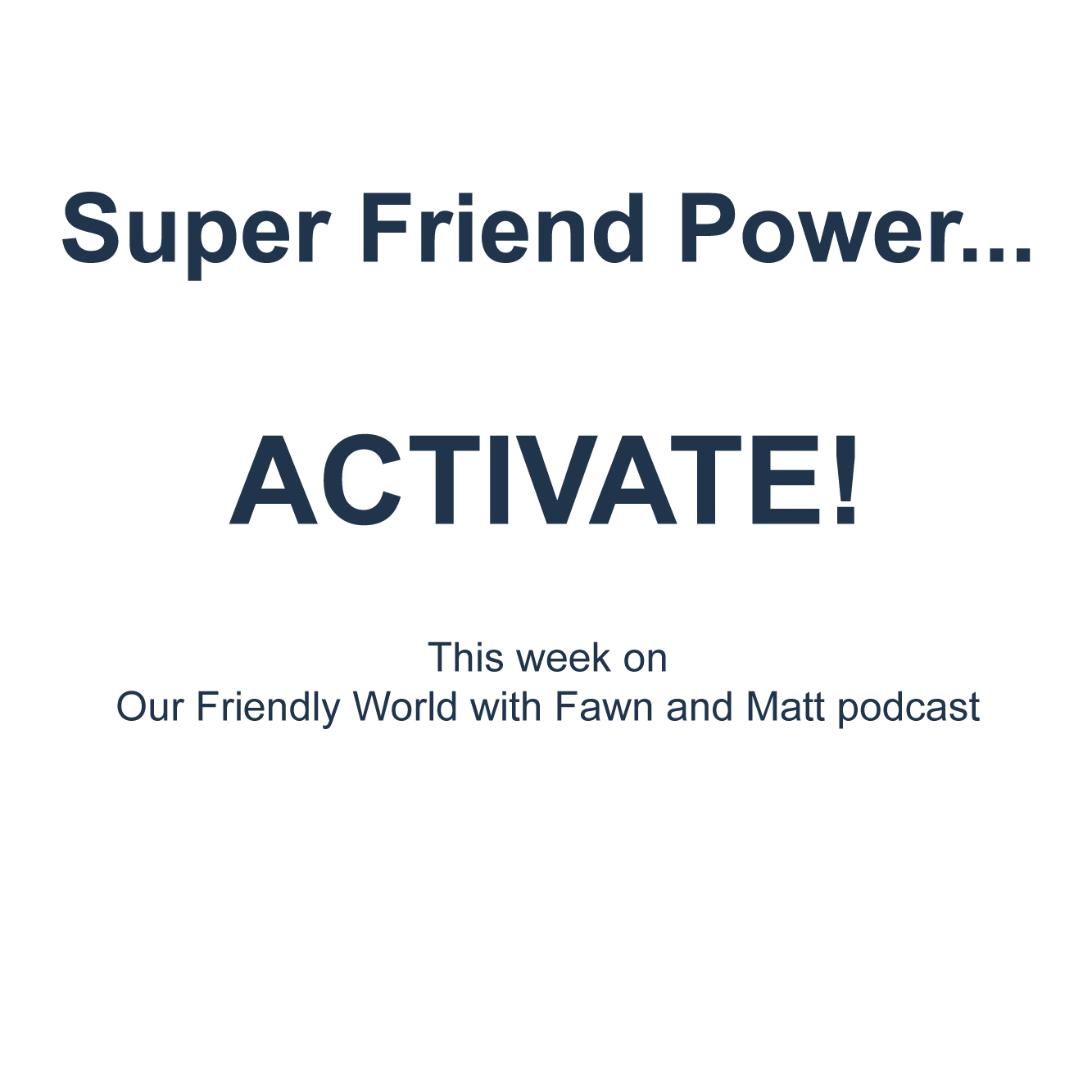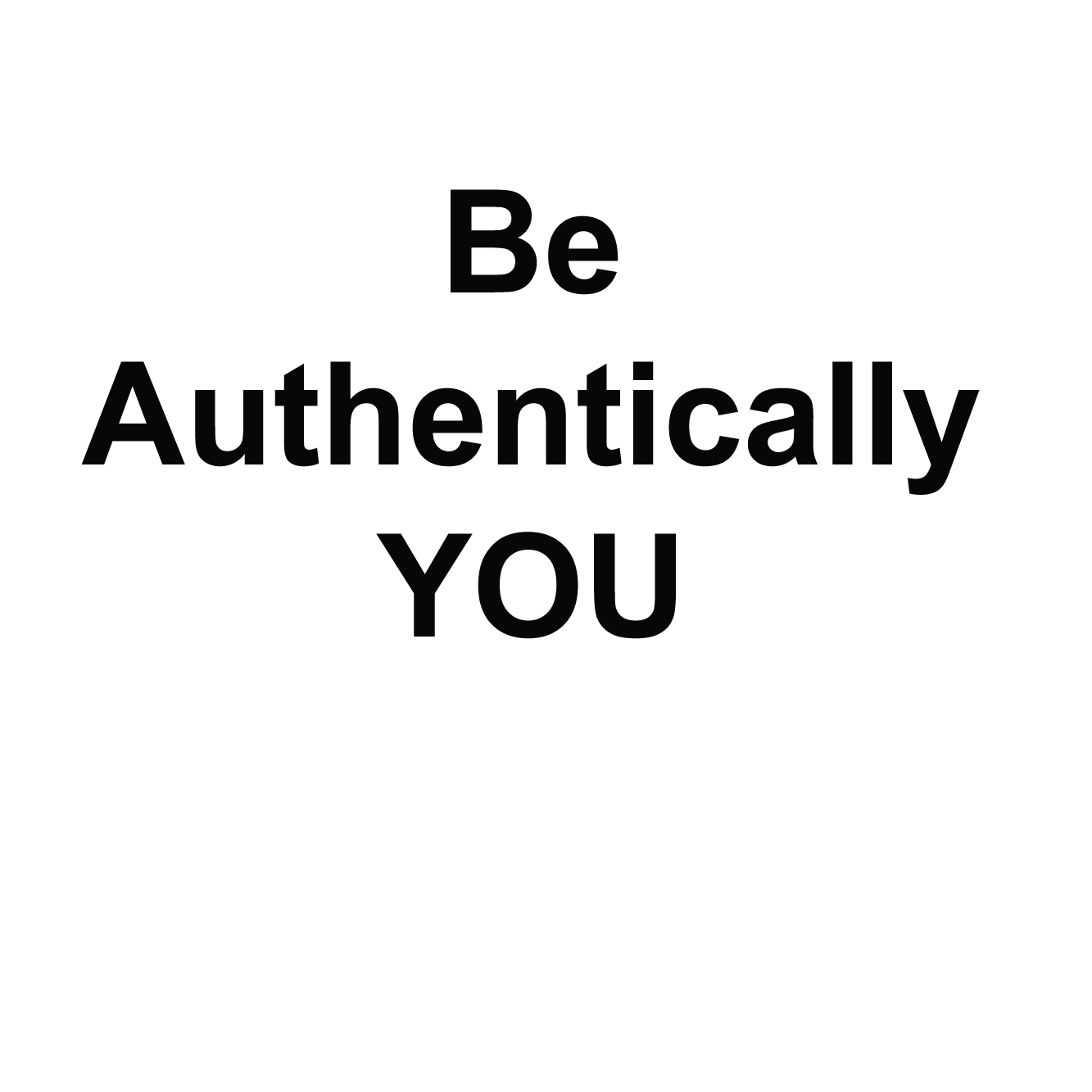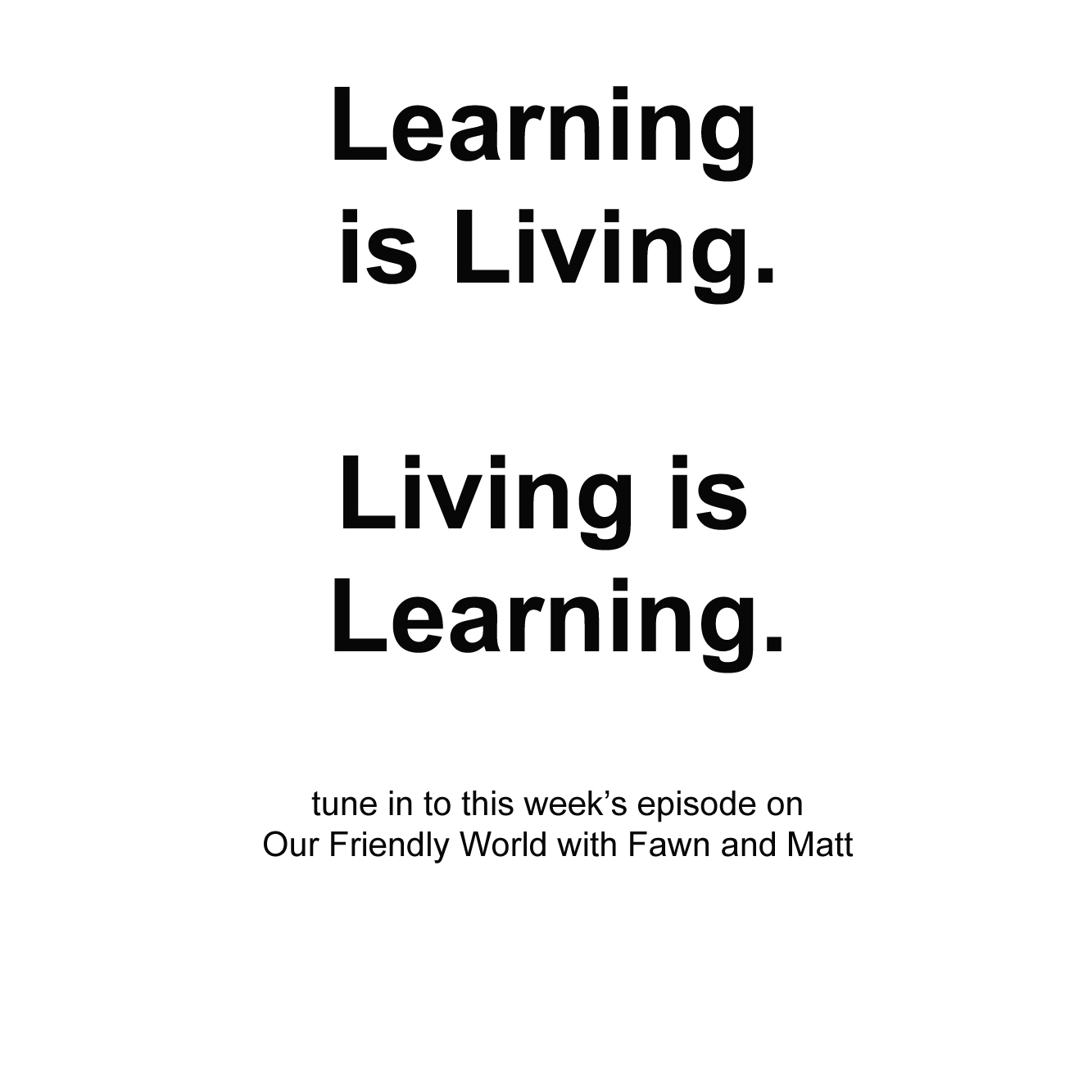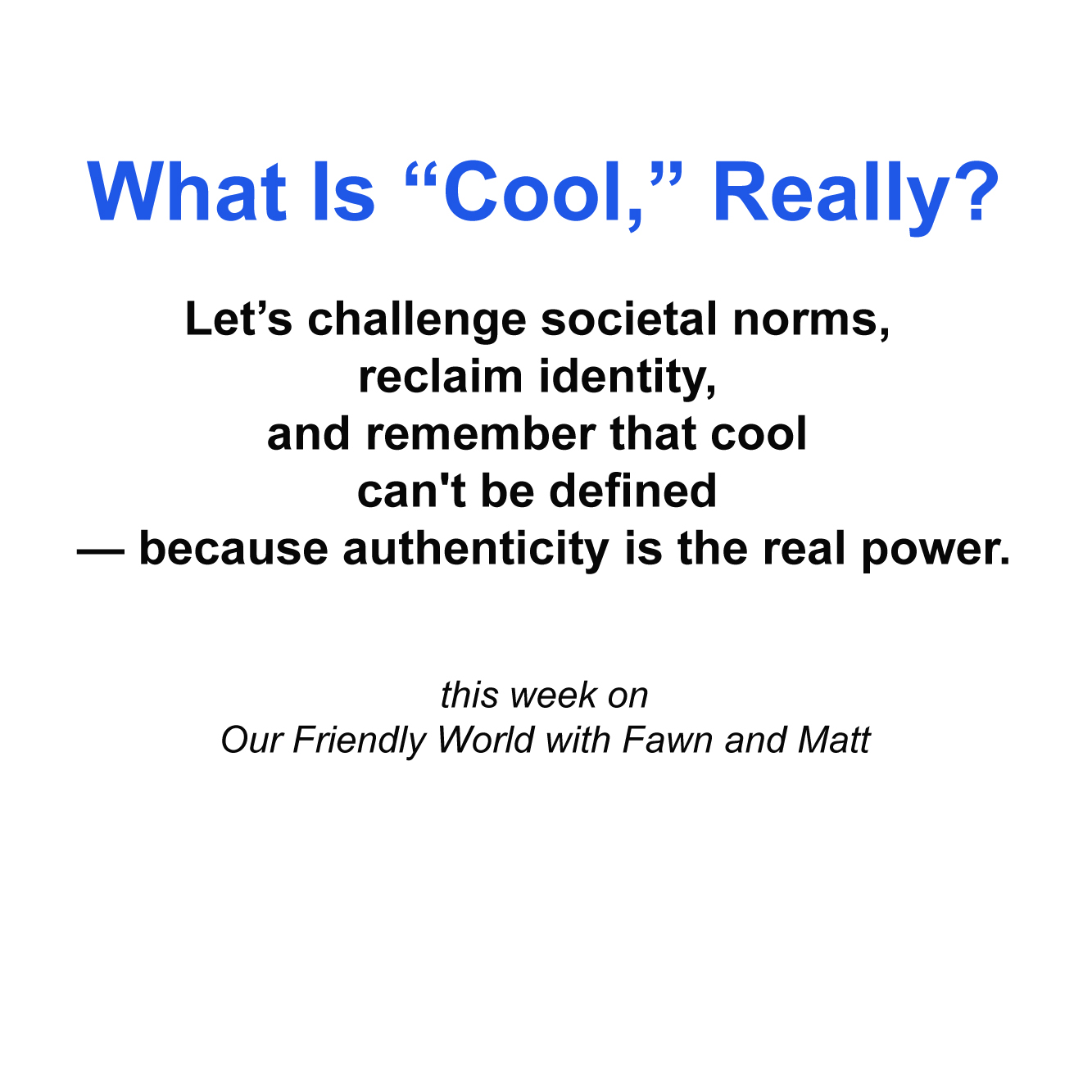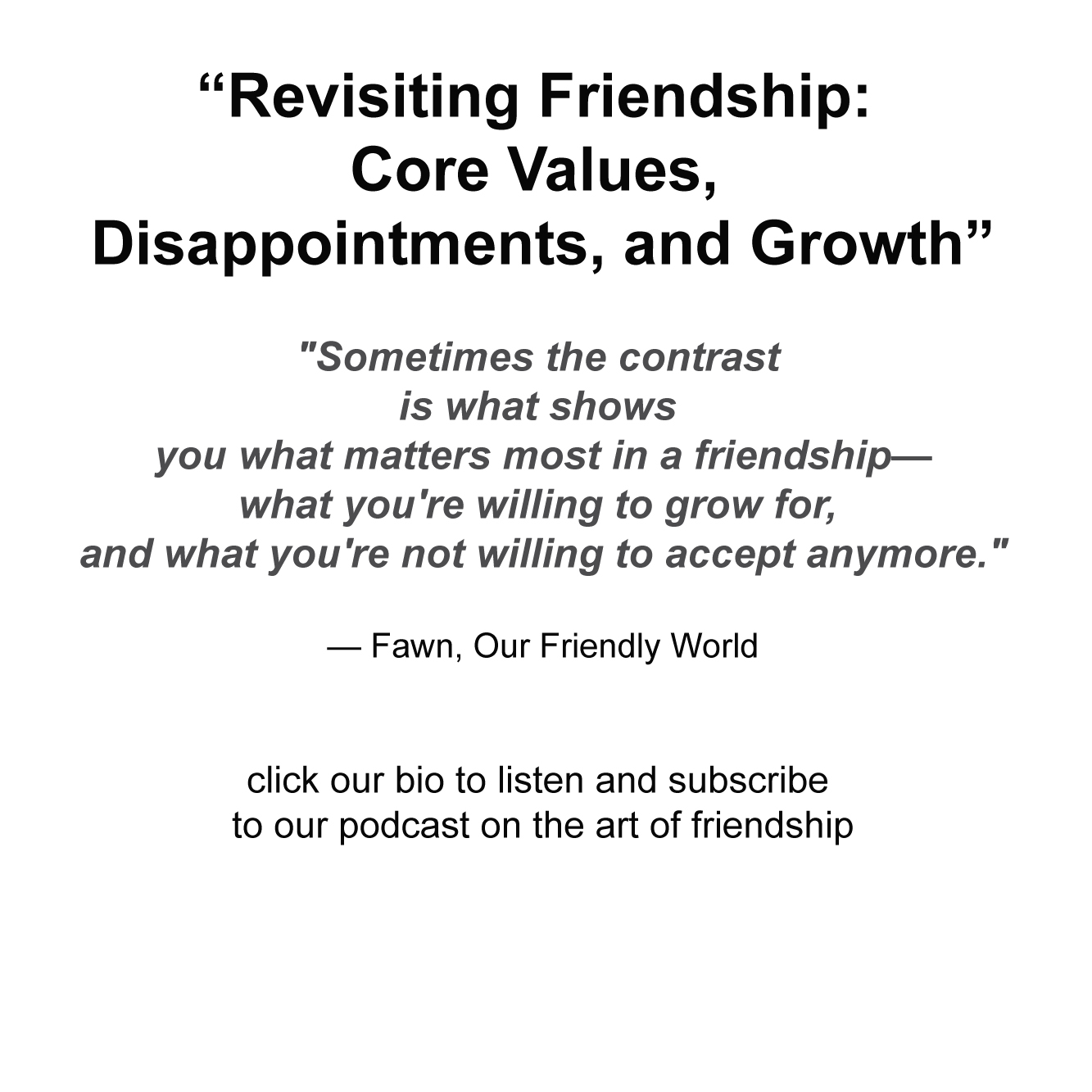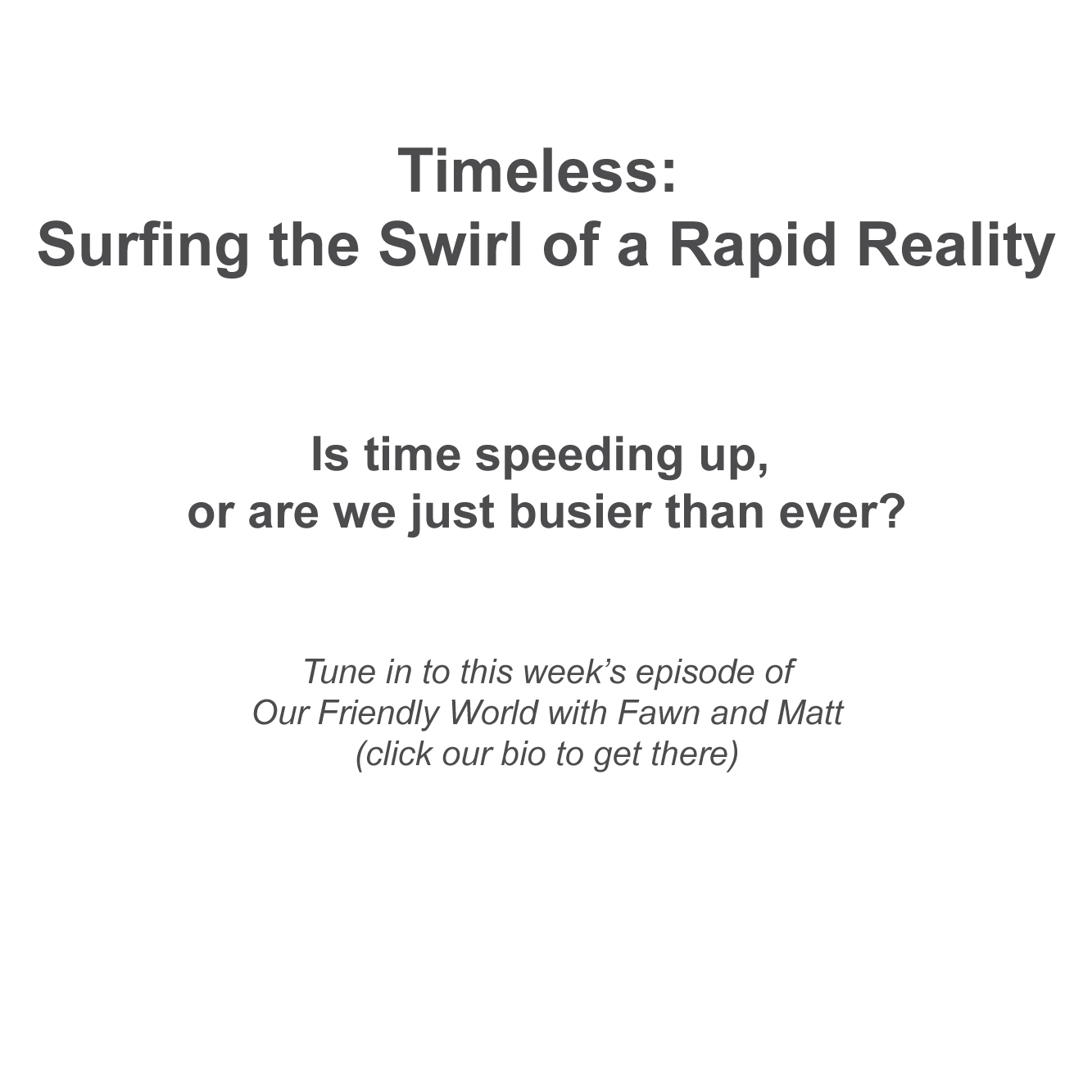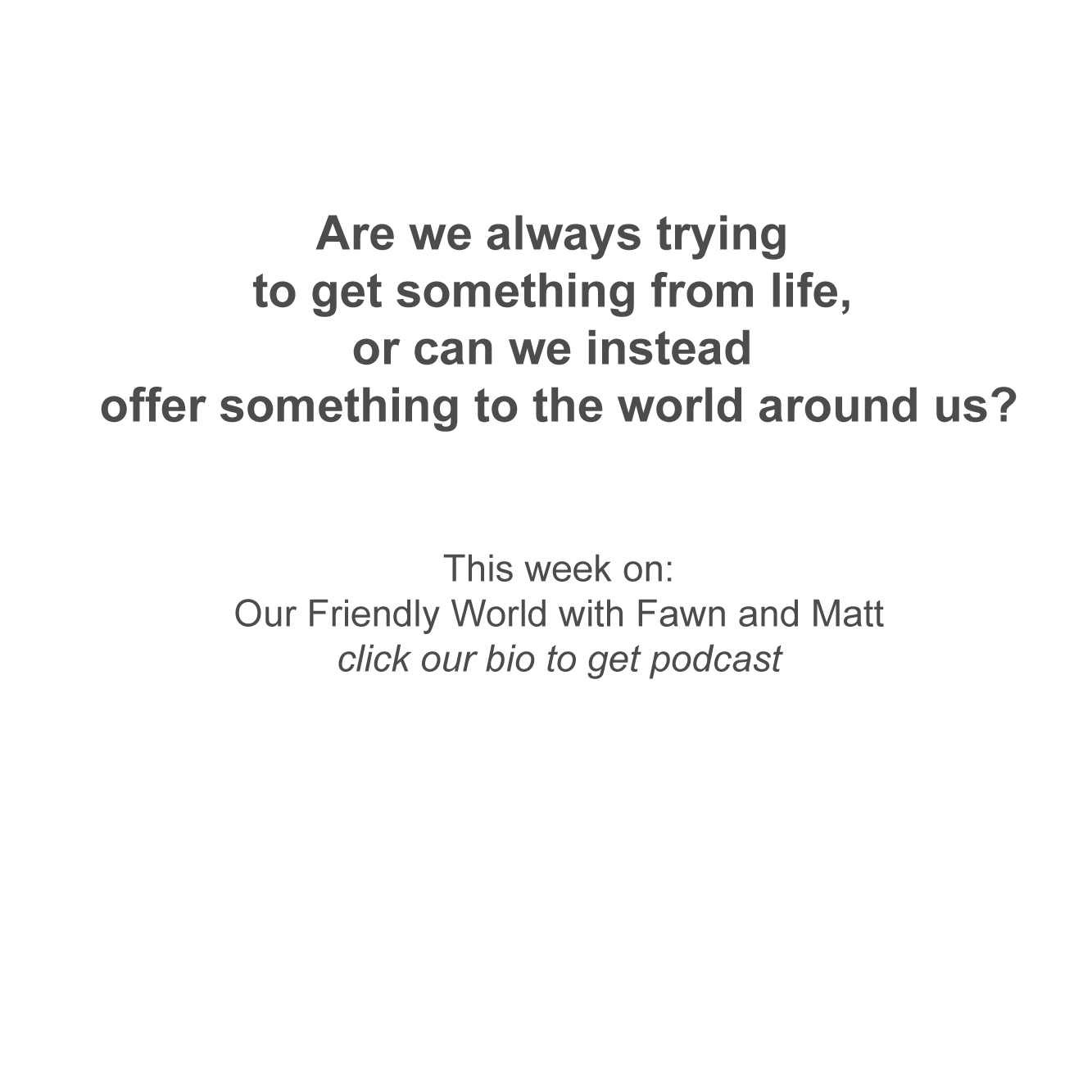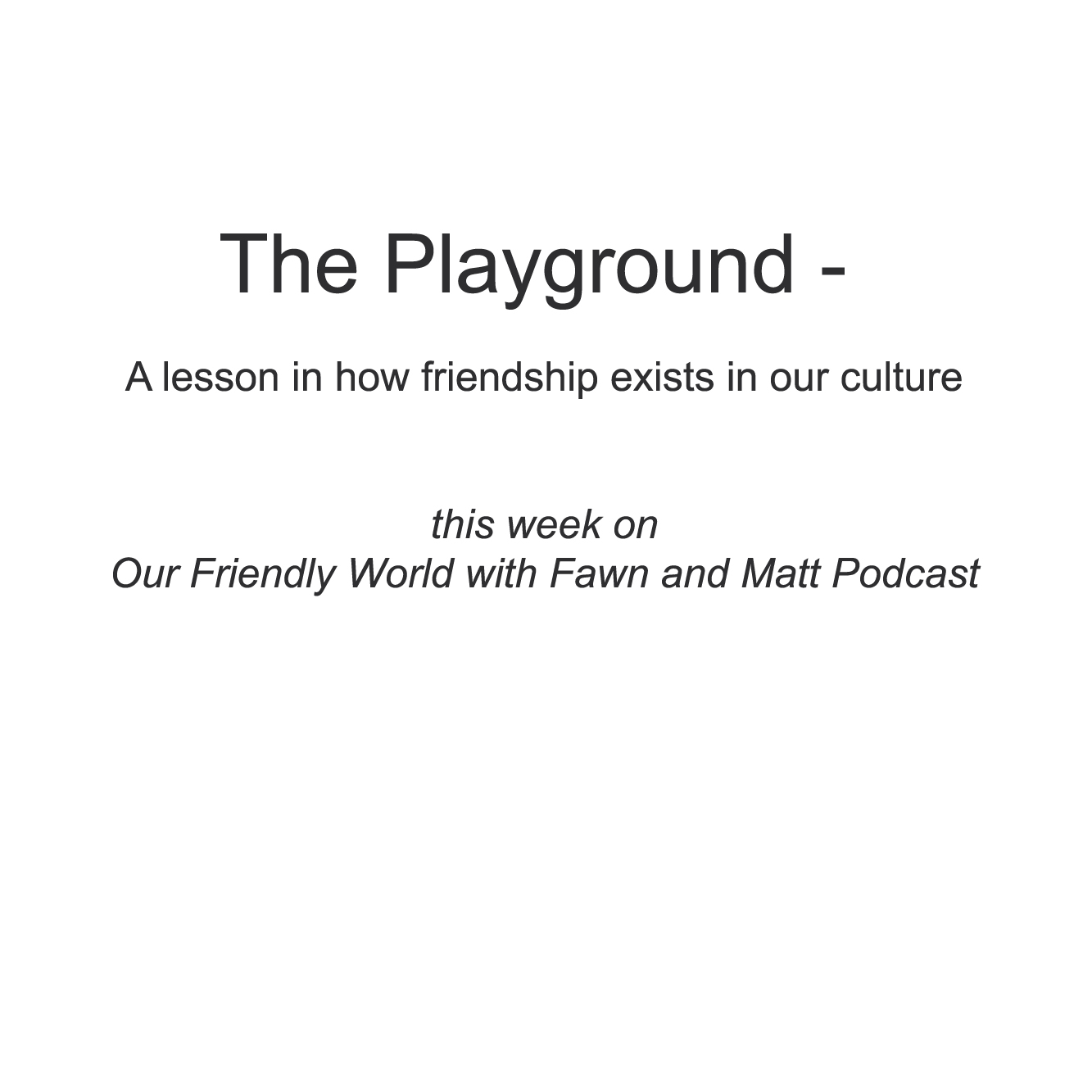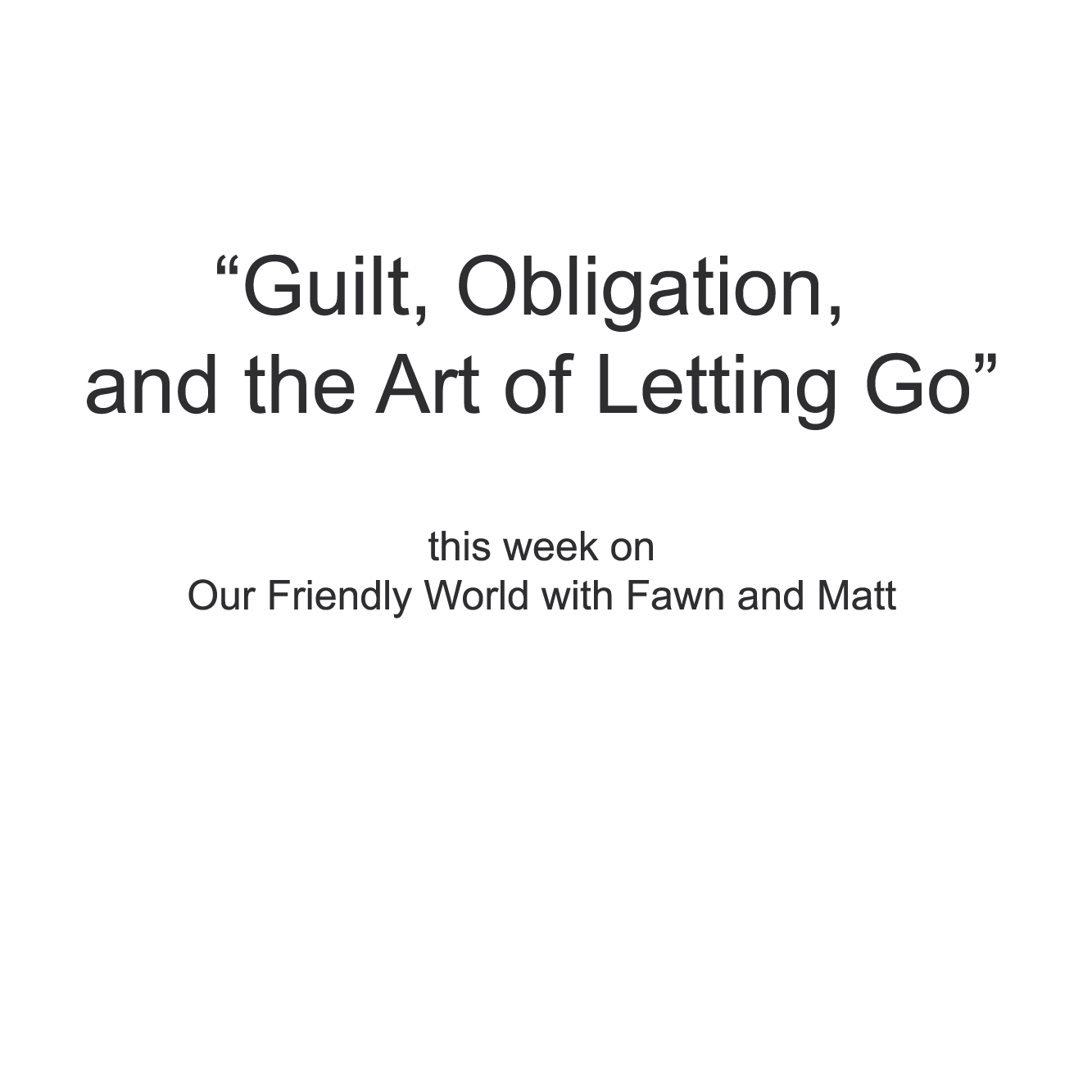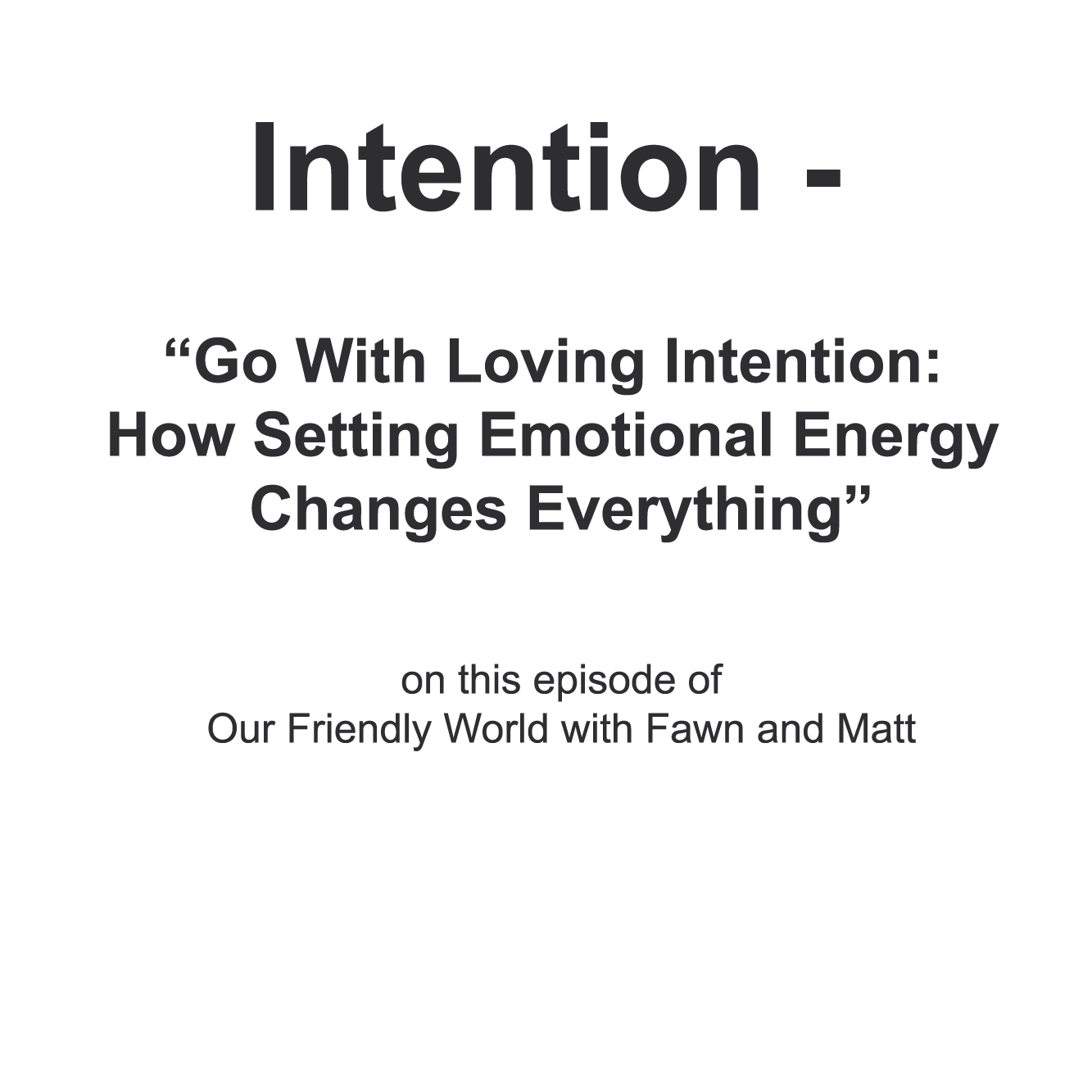Blockchain - How Tech Can Empower and Change Human Beings - Blockchain, ART, MUSIC, and NFTs with Mostafa Purmehdi
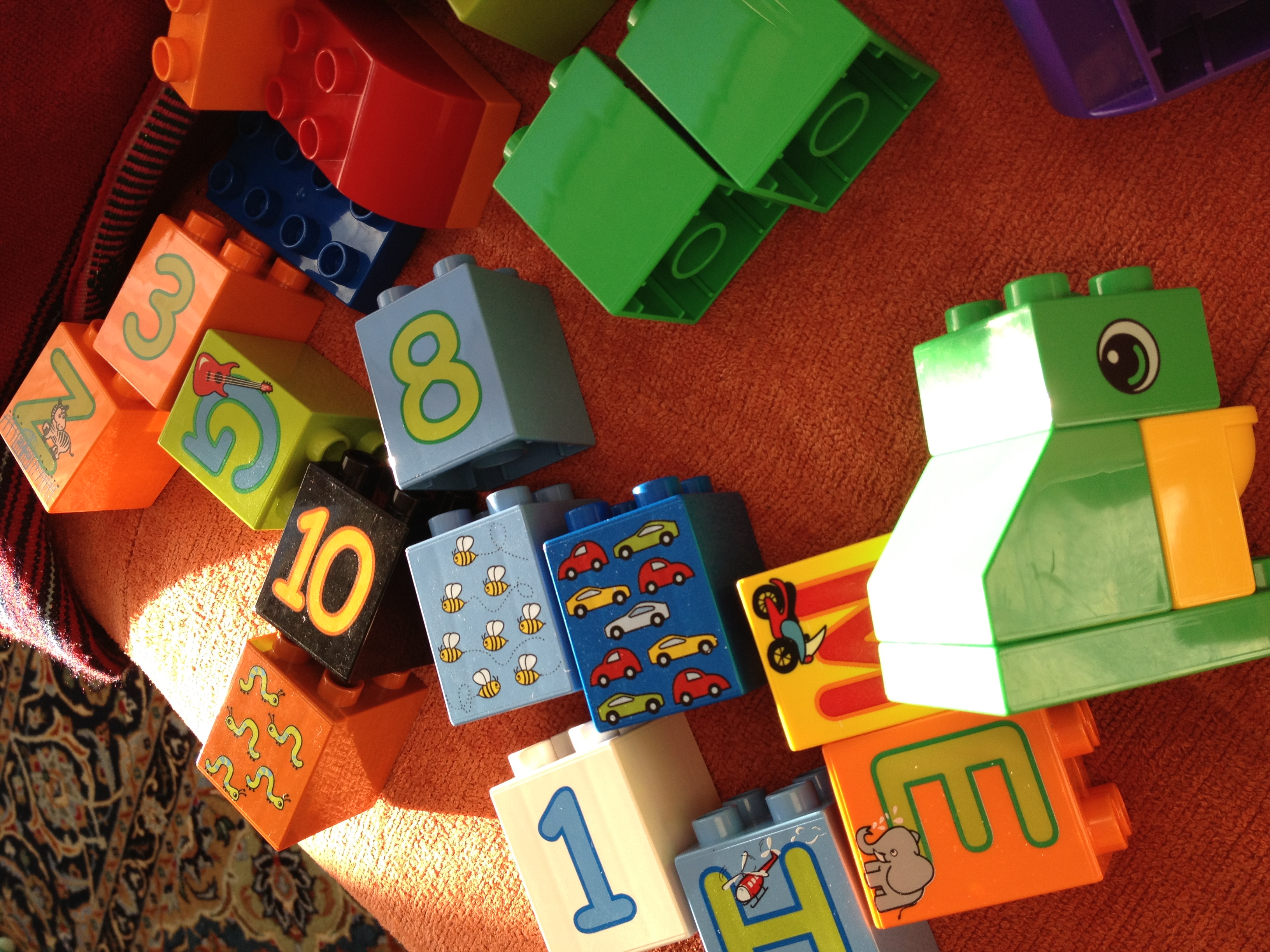
Have you all noticed how change seems to be occurring more and more often and happening faster and bigger than ever before?
The thing about change is that it is never comfortable; there is a period of growth and adjustment. What we may forget is that we can’t be complacent and say to ourselves “I’ve made it through this change and now I can relax “. It's stressful when you see change coming. And when it comes, it's really stressful to adapt to the change. And then what gets us into trouble is when we think this change we’ve adapted to is it. The thing about it is it's ever evolving. So you can't say, okay, I can be comfortable now that we’ve made it into this new phase and think this will be it forever. And it's not. As soon as you get the hang of things, things change again. We have to be comfortable in the ongoing movement of life that is ever changing.
We are on the precipice of a huge revolutionary shift that we’re about to experience with technology.
Mostafa: “We are going to experience huge shifts. The good news is this is not the first time human race; our civilized society has been going through this. We've done this a few in the history, but every time seems, kind of new because, we are going through a new phenomenon.”
Some questions we ask:
The art world: What’s Fawn’s beef with that industry? How is art going to be transformed creatively and financially by blockchain and the NFT? How do we gain power over our intellectual properties?
Are we just going to have an NFT for everything? How do we acquire NFTs?
How does music come into this and musicians and making money from their art? All these different facets of art and our different definitions of art; how does that work with NFTs? Can a musician who's just starting out or even if they're not, like, let's say you're a Taylor Swift or something; how does the NFT change music?
How could NFTs benefit musicians and terms of use?
Notes from this episode: ART and NFT
Have you all noticed how change seems to be occurring more and more often and happening faster and bigger than ever before?
The thing about change is that it is never comfortable; there is a period of growth and adjustment. What we may forget is that we can’t be complacent and say to ourselves “I’ve made it through this change and now I can relax “. It's stressful when you see change coming. And when it comes, it's really stressful to adapt to the change. And then what gets us into trouble is when we think this change we’ve adapted to is it. The thing about it is it's ever evolving. So you can't say, okay, I can be comfortable now that we’ve made it into this new phase and think this will be it forever. And it's not. As soon as you get the hang of things, things change again. We have to be comfortable in the ongoing movement of life that is ever changing.
We are on the precipice of a huge revolutionary shift that we’re about to experience with technology.
Mostafa: “We are going to experience huge shifts. The good news is this is not the first time human race; our civilized society has been going through this. We've done this a few in the history, but every time seems, kind of new because, we are going through a new phenomenon.”
Some questions we ask:
The art world: What’s Fawn’s beef with that industry? How is art going to be transformed creatively and financially by blockchain and the NFT? How do we gain power over our intellectual properties?
Are we just going to have an NFT for everything? How do we acquire NFTs?
How does music come into this and musicians and making money from their art? All these different facets of art and our different definitions of art; how does that work with NFTs? Can a musician who's just starting out or even if they're not, like, let's say you're a Taylor Swift or something; how does the NFT change music?
How could NFTs benefit musicians and terms of use? Mostafa: “ I think with NFT, artists are gonna make their art more accessible. They're gonna rethink how much they charge different content creators for using their art. And it's gonna facilitate a replication of their art, which eventually will be of benefit to them.”
Digital image with an NFT: can I make copies for all my friends?
MOSTAFA: HEADLINER OPTION
Suzanne vega. That's great.
Some body did an I dream of Jeannie version of it.
So I heard this tune and when I was a kids didn't know who she was, certainly, but it really, you know, sat into my memory and I, and I would hum it all the time, never knowing who sang it at first time. Certainly didn't know the story behind it until very recently.
The way it works is that she made this song out of a real-life experience she had; this Tom's Diner is where she used to have breakfast. And it was not a popular song until some other group made a remix of it.
Yes,
yes. They made a dance version of it. Yes.
How much did she earn out of that? Not much. Just the name and then, you know, so, with an NFT, if she makes the art, attaches an NFT, and let's say at the moment of creation of the art, she's not really thinking about, Oh, this is gonna blow up.
I'm not gonna, maybe she's not really thinking about making money. Right. But when that happens and suddenly, you know, people are paying attention to it, it becomes a universal phenomenon, how can we trace it back to the artists and make sure that she's compensated. That's what NFT does. It facilitates it. It makes all the footsteps traceable.
To see Fawn's photography:
https://www.faimages.com/i-am-a-global-family-photo-album
To reach Fawn and Matt:
https://www.ourfriendlyworldpodcast.com/
https://www.ourfriendlyworld.com/
Reach out to us at
To contact Dr. Mostafa: https://www.nex3.xyz/
TRANSCRIPT:
[00:00:00] Fawn: [00:00:00] Hello everyone. Guess who's here. We are continuing our series with technology, how technology's changing human beings with our beautiful friends, like now he is our family. Mostafa Purmehdihe's a social scientist with a PhD in marketing. He's a professor of marketing, a faculty member at the university of the Frazier Valley.
He's a consultant for so many businesses on new product development, consumer behavior and advanced technologies, which is really what we're getting into with our series with him. You can find him on his website nex3.xyz. All his information is on our podcast www.Ourfriendlyworldpodcast.com.
Once again, here is our wonderful, beautiful, my brother [00:01:00] Mostafa Purmehdi. Hi Mostafa! Thank you for being here.
Mostafa: [00:01:05] Good morning. How are you Matt?
Matt: [00:01:07] Doing well.
Fawn: [00:01:09] We're fine now. We got into a fight right before the show started.
Matt: [00:01:12] We never fight. What are you talking about?
Fawn: [00:01:14] But love is winning. It one. Love is love has one. We're okay.
Mostafa: [00:01:19] Isn't that the spice of a living together?
Fawn: [00:01:22] Um, yeah. Well, this is what happens. We fight over the computer. We have technology fights because I don't understand something. And he doesn't understand what I'm not understanding. I don't know what happened, but it's always,
Mostafa: [00:01:37] Oh, I know Matt.
I think you should trust him with technology.
Fawn: [00:01:39] I do. I totally do,
Matt: [00:01:43] but
Fawn: [00:01:43] I cannot tell you you how the explosions happen sometimes. I don't know, but like I remember years ago in Santa Monica, we, I had a big job. I had a big photo shoot, like humongous, and it was the first time it was a long time ago. It [00:02:00] was the first time it was all digital.
And I had to figure it out. And I had a huge deadline and the client was big. It was a big client and I had to do everything digitally. And it was out of my, I was, I felt so uncomfortable. It was way out of my league. It was a huge change, a huge shift. And we got into a fight. And I couldn't tell you what it was, but I do remember this.
I called my friend who was in advertising and he worked on my book with me. He designed my book; an amazing, talented, person in advertising. He was a good friend of mine. All I said was "Hi Greg" and he's like, Fawn, have you been crying? I'm like, yeah. He was like, let me guess, did you get into a fight over the computer?
Like, did you get into a computer fight with Matt? I'm like yeah. Can you help me? He had to explain to me what Matt was trying to explain to me in Fawn speak, but anyway, speaking of Santa [00:03:00] Monica, one of the other lessons, a nugget of wisdom from Santa Monica before we begin was about change and adapting to it and going with the flow. Towards the end you guys, I always talk about how Santa Monica was my mentor. You know, like it's a person, she was a person to me. And I learned the art of friendship. And I learned what truly my focus was with my life was to really discuss the art of friendship. And that involves so many topics and so many conversations because it's about life.
And part of that life is a constant sea of change and the tide coming in and going out and getting adjusted to change. And you and I were talking, Matt, was it yesterday about, okay, it's stressful when you see change coming. And when it comes, it's really stressful to adapt to the change. And then [00:04:00] what gets us into trouble is when we think this change, okay, I've adapted to the change now I'll be good. I'll sit here with the change, but the thing about it is it's ever evolving. So you can't say, okay, I can be comfortable now that we're now into this new phase, this will be it forever. And it's not. It's always changing; much like what I learned being a mom was you have a baby; you have no idea what to do.
No idea, no one ever tells you. There's no way you can be prepared for a child coming into the world. Everybody's different. And they go through so many changes every single day. And once you feel like, Oh, I got the hang of it. I understand. I understand the schedule with a feeding. I understand the sleep schedule.
I'm understanding what this cry means. And then the next day it's a whole different game. Like you have to readjust yourself once again, because the baby has changed again, it's [00:05:00] a new day. And once you become comfortable with the never ending change, that's the key. Am I explaining it right?
Matt: [00:05:09] You are. I, I think we've always seen change. It's just, it seems like it used to be slower and it literally seems like change is coming from everywhere and everyone, and the rate of change has sped up, up, up,
Fawn: [00:05:26] and the change is mind blowing change. Like we're we have a camp site on Mars and you know,
Matt: [00:05:36] We're flying helicopters on Mars
Fawn: [00:05:38] so, so why am I talking about this? What Mostafa is here to teach us is -if you could imagine we said this, so this is a series we're doing with Mostafa. He's going to, he's teaching us. He's a professor. He's a big deal professor, you guys. This is such an honor to have you here because you are teaching us.
What [00:06:00] thank you. So you're teaching us what is next, much like before the internet really came in before the.com era came in. If we could put ourselves back in that situation before anyone really knew what the web was or what the internet truly was, and the ability of us to change our businesses and our lives, our financial lives, our social lives -had we known all that was possible, what, what decisions would you have made if you were privy, privy to this information? So this is what Mostafa is teaching us, because we're about to cross the line into a whole new ball of wax. Right. Am I saying that right?
Matt: [00:06:46] You are saying it right. Just keep in mind that yes, we are about to cross a new ball of wax on this particular subject, as we're crossing over to all these other new balls of wax.
So it's kind of, it's kind of a fun world.
Fawn: [00:06:57] This is like a huge revolutionary shift we're [00:07:00] about to experience with technology. Am I, am I correct?
Mostafa: [00:07:04] I really liked the way you put the intro to the topic because, we are going to experience huge shifts. The good news is this is not the first time human race, our civilized society has been going through this. We've done this a few times over in the history, but every time seems, kind of new because, we are going through a new phenomenon. In many ways what we are doing now is a lot like in the nineties and the invent of internet in many ways, it is like the 1900s, early 1900s when we had electricity, we had radio for the first time. I remember that when Nikola Tesla, made that little boat swim through water without having any [00:08:00] wires attached to it, many people got really scared because they thought that there was a devil inside the boat moving it around.
It could not get their head around the idea of electromagnetic fields. And when I say, I remember, I do not mean that I'm coming from. That I'm a time traveler.
Fawn: [00:08:19] I love Nikola Tesla. I am obsessed. I'm obsessed. I've been reading as much as I can about him the past four years. Um, I based all my yoga classes based on Nikola Tesla,
Mostafa: [00:08:32] because he guy, I researched them intensively.
I did go to Colorado Springs where he did his experiments with lightning and, I want to have that experience for myself. It's like visiting the pyramids or the great Chinese wall.
Fawn: [00:08:50] I agree. I agree. And he was big into meditation. I found this meditation that he would do.
Like step-by-step [00:09:00] and that's how he would come up with his designs. And he did everything in his mind first, every step, before he ever wrote it down, he only wrote it down once he invented. Yeah. Once it was complete. And so back to Santa Monica, to just wrap up that nugget of wisdom, Santa Monica started to change the 13 year bubble that I always talk about that I experienced as a mentor.
It, it started to get very thin and in a way I was released into the real world. We moved away. The, whole neighborhood, the whole community was rapidly changing and that's hard. It's, it's really hard to, experience that it's in a way it feels like, a death, even though there's some great beautiful day that is starting. But once we embrace all of that, it it's, it never, [00:10:00] nothing ever disappears. It's just an evolvement. And so with that, we're evolving from our first show to this show. Last time we talked about NFTs, of course, blockchain and what that was. And if you want to go visit that, please do because most of us shared some wonderful nuggets for me, especially because I'm not a techy.
Matt is the techy. Mostafa is the techy. I'm just me, but you guys really did a really great job explaining it to me. So those of you listening, if you need to go back it's, always with the same title, just a, the key phrase is blockchain. You can find the episode back on our website. Today we're talking about art and NFT.
And with that, I'm just going to hand it over to you guys, most of all, to Mostafa. And if you don't mind, I will ask some, [00:11:00] can I say stupid questions because I just, you know, this is real way out of my league, but
Mostafa: [00:11:05] There are no stupid questions. Okay. Questions are always good. I think once you have a question that means that you are pursuing some new ideas, you know, and questions... Well, I don't want to get into that you know, because we have limited time, but, , once you have a question, it means that you're curious about something and that's your entry into the whole world of that phenomenon. And It's like a door to another dimension. You just have to take it. You don't know what's behind it.
What, what does show is that takes you to the other dimension?
Fawn: [00:11:42] I love that.
Mostafa: [00:11:43] Okay. Let's get that started. I'd like this to be more of a conversation. We can talk about what we already know about the NFT, what questions you might have. And I will talk a little bit about the logic and tech behind [00:12:00] it.
So who wants to start?
Matt: [00:12:02] Okay, so
let's, let's, let's go through the recap. Okay. So let's start with, I am a digital photographer. And I, I take lots of pictures and I take gifts and JPEGs and pings and all sorts of, and RAWs and all sorts of other wonderful things. Great. So this is my livelihood. Now, all of a sudden, I'm like an Henri Cartier-Bresson
I'm
Fawn: [00:12:26] my favorite photographer in history. Sorry.
Matt: [00:12:29] And I am selling works to galleries and I'm selling works to news services and I am selling my work to, you know, individuals. Great. So as it existed yesterday, and we'll just talk about yesterday and tomorrow, we won't talk about today, but as it existed yesterday, I would hand over a digital file with my image.
And you could then do anything. Basically. You want it, you could, yes.
Fawn: [00:12:59] You [00:13:00] hand over it. You said, okay, because you taught me to be precise. You said I'm going to hand over my digital image. Yes. And my image.
Matt: [00:13:10] Okay. Just my digital image then.
Fawn: [00:13:12] So no hard copy.
Matt: [00:13:14] I'm saying for the sake of argument. No hard copy.
Fawn: [00:13:16] So you just have the image on digital file.
Matt: [00:13:20] So I, I, I send it off to you because you're my news service or your
Fawn: [00:13:24] cause. This has, so it's not about a print. I'm not handing you my print, my canvas.
Matt: [00:13:30] Right. Cause we can't, we can't talk, I don't believe we can talk about an NFT on a physical image. So we're talking, I think we're strictly in the realm of digital.
Yeah.
Mostafa: [00:13:38] W we could potentially have NFT attached to a physical piece of art as well.
Matt: [00:13:45] Okay. Okay. And yeah, I could, I could, I could, perhaps anyways, but to back up. So as soon as I send that image across the wire, You can do anything you want with it. You can deface it, you can crop it, you can blow it up.
You can change the file format. [00:14:00] You can send copies to all your buddies. You can
Fawn: [00:14:04] change the saturation.
Matt: [00:14:05] You can even do anything you want. Wow. So I completely lose control. You can also resell it, you know, depending on the license term that I gave. When I, when you acquire the image, you can do anything you want with it.
Fawn: [00:14:20] This is, this has been my beef with the art industry is I became very disheartened with the whole, art industry, galleries in particular, because I came across some really shady folks in the United States and the gallery world. They said some stuff. Like the truth came out. They didn't know who I was.
I was sitting right next to them in a hotel lobby one day and I heard them talking the truth. And not only that, but I started to realize on my own, why should I sell? Why should I strive to have my work in a gallery where they're a middleman? So I sell my piece of art, like a, [00:15:00] not a digital image, but like I saw my print or my canvas to, well, I give it to the gallery.
The gallery sells it. And then over time, various different things happen. So the owner of whoever bought my art will now resell it and make a ton of money on it, hopefully, but I don't get any of that. So why should I be involved in the art world when I start with nothing. The gallery helps me, quote, unquote helps me.
They sell it. This person sells it. They sell it to another person and another person and they keep profiting. I'm the only one who does not profit. as the artist! Matt: "After the initial sale, yes.)
As the artists. What's the point of that?
Matt: [00:15:45] I want to say that as an artist, you, you hope to become a Picasso or a Monet who did make significant sums of money on initial sale of their artwork while they were they're still alive.
Fawn: [00:15:56] And even they didn't Monet really didn't in the [00:16:00] beginning. Did he? Right.
Matt: [00:16:01] We're not talking about in the beginning. We're talking about once you're established, usually when you're dead yet. Usually when you're dead, but like Monet and Picasso, I think are two notable exceptions to that.
Fawn: [00:16:11] Okay.
Matt: [00:16:12] Anyways. So fast forward now to tomorrow.
So I think correct me. Of course, doctor, I'm going to call him doctor now. Um,
Fawn: [00:16:23] He is a doctor.
Matt: [00:16:24] I know correct me if
I'm wrong.
Um, w I'm one of those doctors that cannot heal you, I just add to problems.
Ah (everyone is laughing),
nice.
So anyways, fast forwarding to tomorrow. Now I am, similarly, I am now creating this digital masterpiece.
I can then put an NFT on it and let's kind of get around what exactly that means for just a moment. But I put a non fungible transaction token on it that [00:17:00] has a contract on it, whatever that means. And I can then put that across the wire. And now all of a sudden, your rights to manipulate as the buyer of this artwork, your rights to manipulate your rights, to resell your rights to are all inside of this non fungible token, that's, that's attached to this artwork.
And so all of a sudden the contract could be phrased in such a way that you can't sell it or that if you sell it, I get 10% and this can be actually enforced to digitally, which is a little weird and spooky and almost uncomfortable. So this thing that I think I'm buying, I'm not ownership is defined by the contract; whatever ownership means.
Mostafa: [00:17:50] Correct.
Matt: [00:17:51] Okay. And that's a fairly correct statement. Yes. And the other thing about this non fungible. Is it talking to transaction? Cause I'm just going to say [00:18:00] this over. Okay. This non fungible token what I have going on inside of this artwork, now that artwork is, let's say it's let's, let's just say naively it's two megs in size and of course it isn't, but let's say it is so over time, it's going to gradually grow as this blockchain technology on this non fungible token grows because that's how everybody is sure that I have the only legitimate copy of this.
Okay. Okay.
So now that now that you have bought it, what do you do with it?
Mostafa: [00:18:36] That's a good question. Um, so let's back up a little bit and set some ground rules. First is NFT is not, it does not equal the art itself. So what you can do with the art is not necessarily the same thing that you can do with an NFT, but [00:19:00] NFT in a way is some you know, it's something extra that is attached to the art itself and it facilitates, some of the things we can do with the art or around the art.
You mentioned a lot of good examples of what NFT enables people to do; transacting exchanging the art, selling and reselling it, the licensing it for use digitally and non digitally. And there are other things as well. For example an NFT is in a way; if I wanted to give you an analogy,
okay. It is like this. I give you two analogies and hopefully this clears a little bit about how NFT works without getting into the nitty gritty of the technology of it. Let's say you've got a picture of Elvis Presley and you are in Las Vegas. [00:20:00] You get to meet him somewhere. You have that picture with you, you have it autographed by the artist itself, right?
The autograph version of that picture, which you probably purchased from some shop and everyone can buy that picture for a dollar or a few cents. Now the autograph on it makes it unique, makes it rare, makes it non fungible, meaning that it is not exchangeable to another picture. It has some unique qualities to it. So what does the autograph do to that picture? Does it give you extra ownership rights? Probably not. when we're talking about this particular image, situation, but it does give it some sentimental value, some social value, and, other people become interested [00:21:00] in this particular image.
Right? So if a person is willing to pay a thousand dollars for this image, can you argue they are paying for the picture itself, that they can buy in a shop for a dollar, or are they paying for the autograph? And which one is more valuable here? Right, right. That is a good way of thinking about NFT when it is attached to an art.
However, because it is advanced technology, it goes beyond just an autograph. So it does that, and it does other things. Here's another example. You go to some museum . You guys just talked about Monet and Picasso. Here in Montreal, right before the pandemic, I was fortunate enough to go visit, the Montreal museum of fine arts. There was a post-impressionist, collection [00:22:00] and, the likes of Picasso's work, who was I'm blanking out on the names of the artists, but, it was basically my first brush with post post-impressionist before this. I really didn't have an idea of what it represents socially.
So the, collection and the museum really helped me understand what gave rise to the post impressionist movement and to understand the mechanics, the social mechanics of the time, why some artists decided to create a new studio that housed the up-and-coming artists that were not part of the mainstream and support them in making their art that was not probably something well accepted in the society of the time [00:23:00] and later those people who became the Picasso's and the likes that we know and Revere today. Probably Monet's not entirely post-impressionist I should say because I read something about how, Monet was more of an impressionist artists, but when I was browsing through the collection, the red guy on my left shoulder was like, what would happen if I just snatched one of these pictures? Is this the real one or is this a copy? I didn't really have it.
What's
Matt: [00:23:37] that? Yeah, no, no, no, absolutely. Um, the Getty museum in Los Angeles, I swear I could, I got within six inches of a work cause I, I was interested to see cause they slapped so much paint down and it's fascinating to see what one stroke can look like. And, and yeah. Why the heck did they let me get that close to a Monet for God's sake?
[00:24:00] Fawn: [00:24:00] Yeah, because you
Mostafa: [00:24:01] have stones
Matt: [00:24:03] overdose and every once in a while somebody will tear one down and like do things to it.
Fawn: [00:24:08] But like even breathing on something, it, the acid destroys the integrity.
Mostafa: [00:24:14] That is right. I liked as impact on the yes,
Fawn: [00:24:20] absolutely. The light does. Yeah.
Matt: [00:24:22] And it's not like I know enough to know whether or not this is actually, this is the painting or
not.
And what if someone has an accident? Like there are babies who spit up.
Mostafa: [00:24:31] But listen, I recently read a piece of news that a couple were fined heavily because they quote unquote vandalized some million dollar piece of art because they were in an exhibition and they were under the impression it's one of those exhibitions where it's interactive.
So the audience is invited to contribute. In fairness to them there [00:25:00] were paint buckets and brushes on around the lady started to add some strokes to this piece. And they were caught red handed obviously made the news, so things could happen.
Right. But anyway, so who, so I was like, Hmm, is this the real. Like historic version of the art. Is this a real Picasso? You know, that was my question.
Now we know that, , in the Louvre, for example, Mona Lisa, that is on display is not the true historic Mona Lisa at work. It's a copy. That's at least what I have heard.
Matt: [00:25:38] That's interesting. Cause I know recently they like put it behind glass and nobody can get within like six feet of it or something.
Fawn: [00:25:43] I mean, I visited the Mona Lisa years ago, like decades ago.
And I couldn't even tell you what it looked like because there was so much between the art and the people. And there was such a massive amount of people. Like you couldn't even get close to it. And I want to say [00:26:00] it wasn't a glass container, like a, in
Matt: [00:26:02] a. Yeah. Well, I know they put it in a glass container.
I don't, but
Fawn: [00:26:06] that was years ago.
Matt: [00:26:07] Right? Maybe it's been a lot longer than I remember, but anyways, yes, let's get back to NFTs though. Come on. We can talk about art all day, but
Mostafa: [00:26:16] so, what I'm trying to get at is, between maintenance of the art and the financial risks, it just makes sense that every now and then the art, the actual art is not on display.
However, people go to the Louvre every day and they have experience of Mona Lisa. Well, at least, what Fawn experienceed which is very true of visiting Louvre is that you've always seen, the Mona Lisa, in a frame where it's just a picture, but when you go into the museum, there is thousands of people around it. They're all snatching pictures. So who really owns Mona Lisa. And, what is that ownership doing? [00:27:00] What does that mean to the rest of the world? This example is also good for the NFTs, because how we say, if you use the analogy and say, okay, NFT is analogous to ownership The application of the art does not necessarily, tie to the ownership of it.
Some person or some organization owns Mona Lisa, but everyone experiences Mona Lisa in one way or another. And they don't pay the true owner of Mona Lisa. When you snatch a Mona Lisa picture off of internet and use it in your PowerPoint, do you really pay the true owner of Mona Lisa? You don't.
Right. When you buy a t-shirt with Mona Lisa on it, that's part of the, revenue go to, whoever owns the actual art? It doesn't. So NFT in many ways is like that. It's not a one key that opens all doors for [00:28:00] ownership, problems, provenance problems, but it does facilitate many things. So we can get into that.
I give you a few examples of how NFTs are attached to art, and then if you guys have any questions about, okay, Oh, how did this work technologically or business wise, we can discuss that as well. Recently there was this work of art by Banksy. I know Matt is a fan of Banksy
Matt: [00:28:29] Oh, he he's, he's such an enigma and, and such a character that you can't help it.
Mostafa: [00:28:35] I love his work. I truly like how he's kept his identity quote unquote secrets. And, um, he's a there's social message that goes into his art is really interesting, right? He's a revered artist. His works go for, I don't know like big bucks.
There was this work that he had and it's [00:29:00] worth $90,000. The owner decided to, digitize the work, attach an NFT to it, burn the actual work, the physical work.
Matt: [00:29:12] Wow.
Mostafa: [00:29:12] Now the NFT is worth $400,000.
Fawn: [00:29:16] Is that because he burned the original,
Mostafa: [00:29:19] maybe there was even a higher demand for the digitized version.
Matt: [00:29:24] Just keep in mind. The price of art is dictated by what somebody will pay for it.
It has nothing whatsoever to do with any other consideration. It's the same way with a house. A house is worth the amount somebody is willing to pay for it, et cetera. And that's literally for everything that exists. So is it worth 400,000 because he destroyed the original work or is it worth $100,000 because he said he destroyed the original work. Who knows
Mostafa: [00:29:48] he did that in front of the camera.
Matt: [00:29:52] We can, we can keep, we can dissect that statement forever, but let's not.
Mostafa: [00:29:57] I like that. So that's one way [00:30:00] of thinking about, how NFTs work there's this YouTuber American, YouTuber , Logan Paul, ,young man, he got famous making Vine videos and then YouTube videos. He got into heat because one of the videos that he had a few years back, but, recently, I mean, I, I saw it in two instances, him brushing with the art industry. Once he went to this person in Las Vegas, who had, some rare Pokemon cards, and he bought one of them off of him for 20 K on spot and videotaped everything from a to Z.
It was really interesting recently he had an artist make some cards like baseball cards with Logan's picture on it. He put that on NFT and sold those NFTs to people. He opened [00:31:00] it up for a limited time. Here was the catch. He made a, I don't know how many of those, but within that short window of time, if people bid for it and bought it, they would own those digital art NFTs, if they didn't whatever.
And if whatever digital art was left over would be destroyed. So that is the rare quality to the art. We made $50 million off of this venture.
Fawn: [00:31:29] They used to do that with photography. They would like the photographer would say, okay, I'm going to print 250 of this negative. And then they would destroy the negative after that.
Mostafa: [00:31:44] Very nice. Same thing is happening here. So let's say you are a photographer and you decide to put your art on NFT, which means you create an instance of digital contract that is [00:32:00] attached to your work of art. So now people can purchase that and own that NFT. However, they do not own the art.
You can still do whatever you want to do with the art.
Fawn: [00:32:13] I have a quick question that you can answer later, but I don't want to forget how do I put my art on an NFT? Do I need to go to a coder like Matt and have him come up with a code?
Mostafa: [00:32:24] There are some websites that you can go, they have, there are platforms, , that specialize in this for some fee you can put your art on it, create an NFT for your art, right.
There are steps to it, which is different from website to another. Yeah, you can definitely do that with the little bit of an investment. So, what NFT does is really bringing a new flare to the old game of art. Art is all about authenticity, provenance the rarity of some piece of art, [00:33:00] the reputation of the artist.
So what really makes a Rothko so valuable. Rothko was a painter who was also revered when he was alive. He was a person with a lot of personal demons. But any way, when he was alive, his works of art were very popular and after he died, they became even more popular. And if you Google him right now you can see that what he used to draw were squares of paints. That's, it, you know, the whole canvas would be just a square of um, blue and a square of yellow, but sometimes they go for millions of dollars.
So that's partly comes from the place of the artists in the social network of the art industry. Sometimes the work by itself has some genius qualities like the works of Picasso and the Cubist approach that he had [00:34:00] in portraying objects and people. Well that makes them, you know, visually appealing, thought provoking, but can you really detach it from the position that Picasso had in the you know, among the art lovers?
At the same time that, because it was a living, there was another equally genius artists Modigliani and this guy had a much different life experience than Picasso. His works are viewed differently than the works of Picassos. So we've always had this old game of art, as Matt said the price of an artwork is only how much people are willing to pay for it.
There's was usually a primary market and a secondary market primary market would be when the artist sells their art to the first [00:35:00] buyer. It is a different dynamics, but then that piece of art, when it is resold, when it is exchanged from hand to hand, it enters secondary market and prices and secondary market could be 10 times a hundred times more than the price in the primary market. There was a really good book about all this that is called "The Value of Art, Money, Power, Beauty" is written by one of the best art dealers of our time Mr. Michael Findlay, and he explains everything about what makes art valuable, how it is priced, and what factors really make an art valuable in the eyes of the customers. Now, NFT just makes all of those things more efficient. So let's look at provenance. If you wanted to authenticate Picasso's work, you would have to go to some [00:36:00] art dealer or a certified evaluator. And they would basically produce a certificate of authenticity for your work.
And there are so many stories of fraudulent certificates of authenticity, and that has always been there.
Matt: [00:36:20] Right,
yeah, no, I always say there's a huge incentive as soon as money is on the line to cheat the system.
Mostafa: [00:36:27] Exactly. So what blockchain can do, remembering what we know about blockchain, which is an untamperable ledger. Nobody can tamper it once something is put on the blockchain. If an artist today, creates NFTs of their art on the blockchain, nobody can fake an art. Nobody can take away the ownership. So Providence becomes really like clockwork .And that is a good thing. [00:37:00] And also, I remember that Matt earlier in the session talked about how an NFT comes with a programmable contract.
So the artists can actually put in clauses about how the ownership is going to be exchanged. An artist can give themselves a portion of all the revenues, future revenues on that art. So whenever the art is exchanged, so for example buyer B sells it to buyer C, part of that money goes to the artist.
Or the artists can actually allow people to make digital copies for free, if they want to use it for personal use, they want to put it on their desktop background. But as soon as they want to use it for say a blog post or some sort of commercial application, they would have to pay. And the [00:38:00] cool thing is that the humans don't have to interact for that transfer of the rights whenever someone makes money on that art piece. The contract automatically triggers is triggered and the funds will go to the artists accounts.
Fawn: [00:38:20] Yes. How long, how long has NFT been around? Because, so I'm a contributing photographer to the Getty; as a stock photographer, as a contributing artist and they have the best lawyers in the world. So if my image ends up being used by somebody over in some other part of the planet, they know, but they've been doing this for a long time.
Have they been using something like NFTs? Do you think? Like someone like the Getty?
Getty images.
Mostafa: [00:38:51] NFTs are a new phenomenon, but things like NFT I mean, we have tried to solve this problem a few [00:39:00] times until now. So NFT is a term for tokens on Ethereum. So they are, as they are more recent probably the first NFT came in 2017.
But before that we add something like NFTs on Bitcoin which is a slightly different network. So, the one on Bitcoin it was called I actually made a note of that. Some sort of a non fungible coins colored coins they were called. And that was the attempt to make something like NFTs, unique tokens.
Matt. Do you know anything about earlier
attempts at this?
Fawn: [00:39:46] How did the Getty track my images? So if someone that wasn't paying for it or was using it, how did they know?
Matt: [00:39:53] Well, first of all are famous stories. There's a famous story about somebody who was traveling with their family in Germany, and they were in a grocery [00:40:00] store and they saw their own picture on the advertising and they had no idea it was happening because this German grocery store to stole the image off of the interwebs.
But I want to say that a Getty or whatever, I mean, the standard way used to be you put a big ugly watermark across it. So you could still see the image. But you couldn't really use it. It said property of Getty, all rights, reserved, not allowed for commercial use. And then if you wanted, and then you saw the image, you're like, Oh yeah, I want to use that.
Then you give the Getty, the dump truck full of money. You get the image and you go ahead,
Fawn: [00:40:33] but
they
Fawn: [00:40:33] could have used, they could have given that to someone else and they could have asked and so on.
Matt: [00:40:38] Yes, you're absolutely right.
Fawn: [00:40:39] But
I always wondered how their lawyers kept track of all of that.
Matt: [00:40:43] So it was a lie, pretend to keep track and they keep track of the primary market.
Mostafa: [00:40:49] Yes. Before this, it was more of a an endeavor by the lawyers. Today, we have platforms that can [00:41:00] actually detect pieces of art works of art. And then they actually asked the content creator to provide evidence that they have the rights to use that piece of art. So try this make a YouTube video record yourself.
And then at, at some point in the video, play some billboard 100 song. Once you upload this on it, on YouTube, YouTube will come to you and say you're using some art that you do not have copy it's copyright, or you don't have rights to use it in your work. So it gives you a few options. Either you can trim that piece of the video. You can mute it, you can replace it with some non copyrighted music if you want to keep the visual of the video. Or you can tell YouTube, that you actually have the rights. You can share with them, the license you [00:42:00] have. They review it. Again, they have a bunch of lawyers lawyers, and, um, Reminds me of the liar, liar thing.
They've got these people, they got the staff who review these case by case and they make the decision, but the detection takes place automatically because it's woven into their system. So with NFT, I think we are going to have more and more of a content platforms, the likes of Twitter, Twitch, Facebook, Instagram, and they have algorithms woven into their system that can say, Hmm, this is a registered or not registered, but this is a piece of art.
This is a photography that we've detected. Here is the artist. Do you have rights to use her photography? And they probably offer some sort of [00:43:00] way for that person to get into that programmable contract with you and whatever terms you put in there, how much you'd like to be compensated for different types of work.
The content creator decides to apply for it, pay you out and use the work content we'll taken that will be taken down.
Fawn: [00:43:22] Is that, does that mean like when I do a photo shoot somewhere, or if someone is filming a movie and usually you see artwork on the walls in the background in the room where you're filming and if you don't have rights to that artwork, it's, if you notice it's usually blurred out.
So what you're saying is if there's an NFT attached to that film or picture or video, whatever. That a contract could be had so that they don't have to blur it out because it automatically will get a hold of the artist and say, Hey, this is going to be shown here [00:44:00] for this amount of time or whatever the terms are.
Mostafa: [00:44:03] Exactly. And this will all look like a well-oiled machine. So all these pieces have to come together. The platform that can detect the artworks an NFTs system that tells you about the ownership, the provenance, and a means for exchange of value, which is again, something that the NFT does.
So you can quickly and directly pay the artists. True NFT.
Fawn: [00:44:34] I have a question. So every single image that I take, do I need to sign up for an NFT. And does that, I mean, and what, I mean, I can say, okay, this is my photography here, but let's say people on Instagram that shoot certain things. Like at some point will it be less expensive.
I don't know how much it would cost to get an, NFT per image, [00:45:00] but at some point, will it be less expensive? Are we just going to have an NFT for everything?
Mostafa: [00:45:07] Well, I think so. Okay. I think your question was not finished.
Fawn: [00:45:10] Well, I have a second part to that. A second question.
Mostafa: [00:45:13] Let me answer this part. Don't forget the rest of your question.
So creating an NFT or the way kids are calling it these days, minting and NFT is a little bit costly. And depending on what platform you're using, it could go anywhere around between a hundred dollars to a thousand dollars. So you'd want to make that investment only if you think it's worth it. But I, as you mentioned, I believe that it is going to cost is going to be decreasing in the coming years.
Fawn: [00:45:43] My other question, and I may be jumping ahead. If I am just let me know, but maybe it's another topic for another day, but how does music come into this and musicians and making money from their art? All these different [00:46:00] facets of art and our different definitions of art; how does that work with NFTs? Can a musician who's just starting out or even if they're not, like, let's say you're a Taylor Swift or something; how did, how does that change music? Maybe that's another topic for another day.
Matt: [00:46:18] It feels like a much bigger topic. And the one question I have, cause I'm feeling like a miscreant today. Digital image with an NFT: can I make copies for all my friends?
Mostafa: [00:46:29] Absolutely,
Matt: [00:46:31] and they can, they can enjoy it almost as they can enjoy it aesthetically, as much as I do, like we can make a perfect copy. Now they can't sell it. Only I can sell it, but they've all got their own copies hanging out in their houses. They printed out giant posters of it. They've done whatever they want to do. And there is at this point in time, no control over any of that.
Mostafa: [00:46:53] No control over that. It's like taking the magic of Mona Lisa. Okay.
[00:47:00] Matt: [00:47:00] Yes. But in this case, it's a perfect copy of the Mona Lisa that I have now, given you that's the problem. That's always been the issue with digital and that's why like Napster and everything.
That's why the music industry went crazy over that because you could make a perfect copy. It wasn't like recording off the radio.
Mostafa: [00:47:18] Exactly. Yes. And we are living in a post Napster world. That is
definitely true. We're living in a post many things world, so yeah, you're right. What came with Napster and MP3 was that the copy was as good as the original with digital art, the copy you have that ripped off the internet or copy from someone's hard drive. It's exactly as good as the original one. And we have to live with that. NFT comes to answer some of those problems. So for example, the problem is that a digital artist needs to make living. NFT allows the digital [00:48:00] artists to at least make a living off of selling the NFT tracking ownership of as work, especially for commercialized applications.
But when you look at how people are using art, paintings, photographs, music, for personal use for free it's it looks like the art world has accepted that. And in many ways it is in line with the philosophical definition of art. Right. That, you know, it has to be, it's like a meme. It it's only valuable as much as it is replicated or the art for the music to be heard.
Right,
Matt: [00:48:45] right. Within reason, of course, there's a, there's a, there's a Wu-Tang Clan album out there, somewhere on vinyl. And there's only one in all of existence and one guy has it and he won't, he won't let anybody else listen to it. [00:49:00] It's still that it's still valuable.
Mostafa: [00:49:02] Help me out with this. I'm trying to remember this song that blew up a few years back, maybe two, three decades ago.
Matt: [00:49:12] Oh dear
Mostafa: [00:49:13] Someone's diner. A lady sang it.
Matt: [00:49:16] Oh, yes, yes, yes. Suzanne Vega's.. Oh God. Um, I am sitting at the phone. Nana, Nana, Nana, Nana. Oh my God. What is the name of it? That's terrible. I don't know. Luca. No, it's not Luca Lucas, a whole other song. I think it's Tom's diner actually diner and yeah. And I actually have the album that has everybody remaking it.
Suzanne vega. That's great.
Somebody did an I dream of Jeannie version of it.
Mostafa: [00:49:43] So I heard this tune and when I was a kids didn't know who she was, certainly, but it really, you know, sat into my memory and I, and I would hum it all the time, never knowing who sang it at first time. Certainly didn't know the story [00:50:00] behind it until very recently.
The way it works is that she made this song out of a real-life experience she had; this Tom's Diner is where she used to have breakfast. And it was not a popular song until some other group made a remix of it.
Matt: [00:50:18] Yes,
yes. They made a dance version of it. Yes.
Mostafa: [00:50:21] How much did she earn out of that? Not much. Just the name and then, you know, so, with an NFT, if she makes the art, attaches an NFT, and let's say at the moment of creation of the art, she's not really thinking about, Oh, this is gonna blow up.
I'm not gonna, maybe she's not really thinking about making money. Right. But when that happens and suddenly, you know, people are paying attention to it, it becomes a universal phenomenon, how can we trace it back to the artists and make sure that she's compensated. [00:51:00] That's what NFT does. It facilitates it. It makes all the footsteps traceable.
Right. We have a question.
Fawn: [00:51:11] Okay. Please keep your track of thought in mind. I don't want to screw you up, but as you're talking about this, I'm thinking, how do you know that you're buying an actual, real NFT and how do you know you're using a real NFT for your art?
Like, if I go to some website to mint my image, as they say, you say, um, how do I know that I'm getting the real deal?
Mostafa: [00:51:40] When you are mentoring an NFT? That's the, that's the easy part. Once you mint an NFT, it is on blockchain. You can verify it. You have an address unique to your work of art. And when you put it on say an Ethereum tracker website, it brings that up, right?
So [00:52:00] it is instantly verifiable and no one, no one can make a copy of that or just snatch it off you, it will be forever yours.
Fawn: [00:52:12] But what I'm saying is someone like me, who's like, okay, I want to protect my work. I'm going to go and find a website. And I quickly clickety clack the computer. And I think I find a site.
What if they give me a bunch of mumbo jumbo code? Okay. Do I have to,
Mostafa: [00:52:31] okay. Don't just click on anything. First review, top 10 websites where you can mint, NFT. Find what is really reliable and then use one of those services. You will have, you still have choices which one you want to work with. It's like going to what kind of, what kind of business can I use as an analogy here?
I want to say some reputable business. You want to choose that. Say, if you want to buy a car. You [00:53:00] don't go to a a dealership that's out of town, and it's kind of a fishy looking. You want to go to a dealership that is reputable. It's reliable. They've been in business for a long time.
That's how I do it. But once you do that at a repeatable website, You own that NFT, right? That's the easy part. Let me circle back and talk a little bit about music and what NFT can do for the music. So people can still listen to music for free people can still listen to music through their streaming platforms.
They don't have to really pay extra for the NFT, but if the artist publishes the new album on an NFT, what happens is that their hardcore fans can buy the NFT. And what they get in return is really cool. [00:54:00] First of all, they can contribute to their favorite artists. So it's like if I were a young person at the time pink Floyd was in their peak and they wanted to come up with a new album and I knew that I can pay 10 bucks and have a part in the new album, something I can tell my grandchildren about. I will do that. It's it has a sentimental value for me. So that contribution, that's the feeling that I was involved in this creation of work of art, at least by contributing money to it, having my name somehow engraved somewhere in the NFT is my right to fame in a way.
Again, I can look it up and show my friends, show my date. Look, I actually helped a Taylor Swift. You may mentioned her name. Create her [00:55:00] new album.
Fawn: [00:55:01] So this is like back in the day, when you had an art, someone sponsoring you like back, like centuries ago,
Matt: [00:55:08] patron.
Fawn: [00:55:08] Thank you. That's the word I was looking for?
So you become a patron of the arts, a patron of the arts
Matt: [00:55:14] and, and kind of the, the yesterday step towards this is there's been a couple of artists. Devin Townsend is one cause that's my, my sphere. They did a Kickstarter and if you donated money, then you actually got a USB drive with the new album on it and you got a special USB drive.
So this is a way of giving you a special USB drive, but it's all digital.
Mostafa: [00:55:36] So with NFT, we take that to a new level. There are parks that can be attached, you know, just because you own the NFT of an album or a song, you will be entitled to some perks that could be physical. Like if you buy the NFT, you can get a t-shirt, you can get an autographed, picture, but they could be non-physical.
[00:56:00] They could be from a nature of access. Like you get VIP access to an outing of the band concerts an event gathering in many ways, artists can create two layers for their fans, for
Matt: [00:56:19] their casual versus hardcore fans.
Mostafa: [00:56:22] The NFT guys, they get extra access and the rest of the people. they just get the music.
Matt: [00:56:29] Right. And in the same way that artists will have a fan club that you donate money to, and then you get access to special forums on their websites and you get to pre-purchase, you get to purchase tickets two days before regular people do and nnnn.
So you see before I take your question Fawn.
I see your hand raising raised ways we are answering the same old questions that we used to answer them in a slightly different way. Now we found more [00:57:00] appealing, more efficient solutions for them. Go ahead.
Fawn: [00:57:04] Okay. So another form of art that may not be considered traditional art. What if I'm a recipe developer What if I'm a chef. Can you like have NFTs on that kind of thing?
Mostafa: [00:57:16] Absolutely. And that's a cute idea,
Matt: [00:57:19] but keep in mind, of course, I mean the recipe is going to be freely copyable.
Mostafa: [00:57:25] Yes.
Matt: [00:57:26] That's, that's the weirdness to it. So your case in point, there's a God, there's a restaurant in Santa Cruz called the Saturn cafe and they used to make the best tomato soup and I would give lots of money for the recipe.
Can't get it. If they offered that with an NFT on it, I would buy
Fawn: [00:57:40] it. Can you, can you have an NFT on idea?
Mostafa: [00:57:45] Define an idea?
Fawn: [00:57:46] Okay. So I started a vegan bakery a few years ago and the concept is totally original. And every time I tell someone about it, because right now I've had to put it on hold to concentrate on, on our [00:58:00] social movements, with the podcast and everything.
And until we come into some money, I can't restart up this bakery again, but the concept of it is very original and I was called the wish Baker. And so I have these vegan recipes. Yeah, sure. That's fine. But it's not just about the recipes. It's about what I put in the cake, what I put in, you know, the intentions that go into it.
Right. It's an idea.
Mostafa: [00:58:29] I believe you can mint certain parts of your idea on NFT. And if you distill your idea in some sort of not necessarily tangible but presentable way it could be a little video clip. It could be a document. It could be a business plan. You know, how would someone build this business based on this idea, then yes, you can mint it. Just the same way that you can mint a [00:59:00] recipe. Recipe is, just an idea isn't it. Just an idea. Yeah. You can do that. So it is one of the cool things that every person on this planet can be rewarded for any future revenue on any idea they have.
Matt: [00:59:19] And that's the key: future revenue, not I own this thing, but I can still be entitled to future revenue.
Fawn: [00:59:32] Next question. How does this, or does it, how does it change or does it change patents? If you have a patent on a product?
Matt: [00:59:42] I think, I think everything patentable attached to it,
Fawn: [00:59:47] but you still have to go get a patent the way you normally would.
Mostafa: [00:59:51] Listen, why do you get a patent?
Matt: [00:59:53] Protection
legal protection.
Fawn: [00:59:56] So no one copies you.
So no one [01:00:00] copies you and makes money from it.
Matt: [01:00:00] Except that you have to publish exactly what you're doing and how you're doing it. So if I'm unscrupulous hanging out in a country that doesn't recognize the U S patent authority, I can go ahead and freely copy what you've done
so does this nullify patents?
Like we don't need patents anymore?
Mostafa: [01:00:17] I would say it takes it to the next level .With patterns, what Matt says is right. You go to a third party and they pledged to protect your idea within their jurisdiction. So for example, for patents, you have to patent your idea or your product in as many countries as you'd like to seek markets in.
Otherwise, they can easily copy that. Now remember that the whole idea of a patent is hinged upon a patent office. Now with NFTs, that patent office is on algorithm residing on all [01:01:00] computers on the word. So if you put your idea on an NFT, everyone everywhere in the world will be able to verify that. And whatever terms you've put in that programmable contract will be applied to them.
Well, as much as NFTs and blockchain is respected in their country. There are countries where we do not recognize any legal rights to whatever comes from blockchain. Not just yet, right? But yeah, I mean, NFT is basically like patent 2.0 in a way. It's a new version of what we used to do with the patent office.
Matt: [01:01:47] Basically. It's what you do when someone comes knocking at your door and says, prove that you can say, do own, have reproduce this thing. And it's a way to say, [01:02:00] here's my proof. Leave me alone or crap, I got to give somebody some money.
Fawn: [01:02:04] Right
Mostafa: [01:02:06] yes. And really depends on what platform you are putting your content.
So for example, if I put my content on YouTube, I have to abide by the rules and YouTube enforces copyright. That's why I get those messages warnings about the music I've used or sometimes the artwork that you just mentioned that's on the wall. I have to take it down or blur it, or somehow, make sure that I addressed the artists. Now in many ways today when YouTube says, Hey, you got this music or you got this piece of art in your content and you got to do something about it.
I do not have a reasonable way to approach the artist and without spending an arm and a leg, get the rights to use it in my little video. That's not going to really make it any money. But [01:03:00] I think with NFT, artists are gonna make their art more accessible. They're gonna rethink how much they charge different content creators for using their art.
And it's gonna facilitate a replication of their art, which eventually will be of benefit to them.
Wow. So if you have it more accessible, then you can actually make, even if you're charging, like, I don't know, please don't hold me to this number, but like 5 cents per video, for someone who doesn't have any following, but they're using their music or you're using your music in your store, you own a store, you have a business, but you're playing their music while the store is open.
Like there, there are different prices you can pay for different things. So when I was a commercial photographer, when I was photographing, if I sold the rights to use my image, [01:04:00] or they had the choice of buying the image outright, owning the image, and if they were going to just lease my image, are they using it for commercial purposes or is it for personal, is it for business or is it personal? And the prices would change then the contract would change, but I can see if you're a musician and if you let everyone use it, but maybe you only pay like a little fraction, they could make a lot of money.
And the cool thing is that with the programmable contract, you can bring in variables. So the contract can decide based on how much the content, the destination content is making money.
What percentage of it should be calculated and relate to the original artists? So you can say, well, at 1% of whatever you make, or 1% of the 1% [01:05:00] of whatever you make. And all this calculation and accounting will be done automatically on the algorithm. You don't have to pay accountants. You don't have to pay lawyers. Everything is transparently calculated on the algorithm and the artists, the original artists just gets the check, you know, quote unquote the check..
Fawn: [01:05:20] Does this happen throughout time? Like there's no time limit. So if
Mostafa: [01:05:25] I'm limit for as long as the destination video is making money, you're gonna make money. It's like the residuals checks that they're a DVD version of their movie.
Fawn: [01:05:39] Wow. So this could even be used for actors in movies?
Mostafa: [01:05:45] Yes, absolutely.
Fawn: [01:05:46] So even actors can use this. That's amazing. This is a huge game changer. This is, I mean,
Mostafa: [01:05:54] for the artists.
Fawn: [01:05:55] Yeah.
I mean, with the artists in the [01:06:00] centerpiece of this art industry, which was to be honest not you judging it or you know, putting any positive, negative evaluation, but mechanically speaking, the world of art was dominated by art galleries and dealers and the business intermediaries.
Those people piss me off Mostafa.
Mostafa: [01:06:24] That's the artist in you talking.
Fawn: [01:06:27] I know.
Mostafa: [01:06:28] We mean well. We business people mean? Well, most of us,
Fawn: [01:06:33] well, I love you, but I feel like you're so rare.
Mostafa: [01:06:38] Well, to be honest there are some disappointing business people who take advantage of their position, their role in the value chain.
And every artist has to understand how to protect themselves against that. And at the same time believe that it's, those [01:07:00] people do not represent the whole industry and solutions like NFT, make that even more procedurally trustable for the artists to know how their art is treated through time.
And once you get into this contract that perpetuates ,you have that peace of mind as an artist and you just move on to your next creative work.
Fawn: [01:07:30] I feel, I feel empowered. Thank you so much. We're not done. We are not done. So we're going to have a part three when we're doing a series with you Mostafa.
Mostafa: [01:07:40] In the words, in the words of the great Terminator, I'll be back.
Fawn: [01:07:44] Yes. Are we allowed to say that on the air? Are we allowed to use that phrase?
Matt: [01:07:50] And, that's a great question. Right? Copywriting phrases is a whole other, other subject,
Mostafa: [01:07:54] right?
Definitely mint an NFT for that.
Fawn: [01:07:57] Oh my God. We should. We'll that? Oh, [01:08:00] you should write a book or everyone can visit our episodes because you are teaching us everything step by step
Mostafa: [01:08:06] and they can also visit his website.
Fawn: [01:08:08] Yes. NE X 3 dot X, Y, Z www.nex3.xyz. All right, guys. Tune in for episode three, with Mostafa Purmehdi. We're not done.
We're going to learn more and more. Mostafa,Thank you so much. This is,
Matt: [01:08:24] this is dynamite.
This is good.
Fawn: [01:08:26] It's dynamite for me. Is it dynamite for you because you're already a techie?
Mostafa: [01:08:29] I have fun with you guys!
Matt: [01:08:31]
It's about the it's about the application. It's about the real, you know, getting, getting nitty gritty with, how might this look?
How might this feel? How does this change things?
Fawn: [01:08:42] So I feel like I can finally get a leg up leg up on something because of you guys. Thank you so much for letting me be privy to this information. You know, like back in the day, I didn't know you yet, Matt. I had not even a computer, you [01:09:00] know, and look at this
Mostafa: [01:09:01] Fawn, looking forward to having your photographs minted in NFT made available to the fans of this podcast to purchase and support the podcast. And I think that would be a good thing. Maybe you start with, if you, a handful selected a handful of your pictures and a mint them on NFT and put them on the website. Well,
Fawn: [01:09:27] I wanted to, so you encouraged me to self-published my book, my photography book.
Would I meant every single image or would I just mint the book?
Mostafa: [01:09:38] Well, that's up to you if you want my opinion, I would say do them picture by picture.
Fawn: [01:09:45] Got it. Okay, well, thank you. We will be back very shortly on the next episode with our technology series, with our great professor here, Mostafa Purmehdi and again, to get a [01:10:00] hold of Mostafa because he does consultations, but he'll also have this tech bootcamp
You send people, those things you put over your eyes
Mostafa: [01:10:08] the VR headsets, virtual reality
headset.
Fawn: [01:10:12] So you guys go to N E X3 dot X, Y, Z (nex3.xyz), to find out more about what Mostafa can do for you for your future. It's really amazing. Do you want to say anything else about it before we take off today?
Mostafa: [01:10:28] What actually I'm really grateful for the opportunity to talk to you guys as always it's a great chat. I get really I get that heat in me you know, talk to you guys. So I wanna take a moment and appreciate that, and hopefully we can continue the series and tell people a little bit about what the future has for them.
Fawn: [01:10:52] Fabulous. Again, if you want more information go to NEX3.XYZ, or you can go to [01:11:00] our website, which is our friendly world podcast.com http://www.ourfriendlyworldpodcast.com and Mostafa's information, everything is right there. All clickable. If you want to reach him, one, click away. There you go. Again. http://www.Ourfriendlyworldpodcast.com.
Thank you everybody. Thanks so much. Make sure you tune in for our next show. Number three of block chain technology, how technology is changing our lives
Matt: [01:11:30] and democratizing our lives
Fawn: [01:11:32] democracy. Yes,
Matt: [01:11:34] we didn't even use that word this time.
Fawn: [01:11:35] Power to the people.
Mostafa: [01:11:36] Can maybe we can do this with the title, how technology is changing our friendly world.
everyone: [01:11:42] Yes, for sure. Thank you so much. I feel yes. More friendlier
Matt: [01:11:49] anyways.
Fawn: [01:11:50] Yes. All right, everybody. We'll talk to you. Oh my God. Thank you so much, guys. All right, we'll see you in a few days. [01:12:00] Everybody bye-bye take care.
Mostafa: [01:12:02] Bye.

Mostafa Purmehdi
Professor, Researcher, Art Dealer
social scientist with a PhD in marketing. I teach marketing at the University of the Fraser Valley (UFV) and provide consulting for various businesses on new product development, consumer behavior, and advanced technologies.















